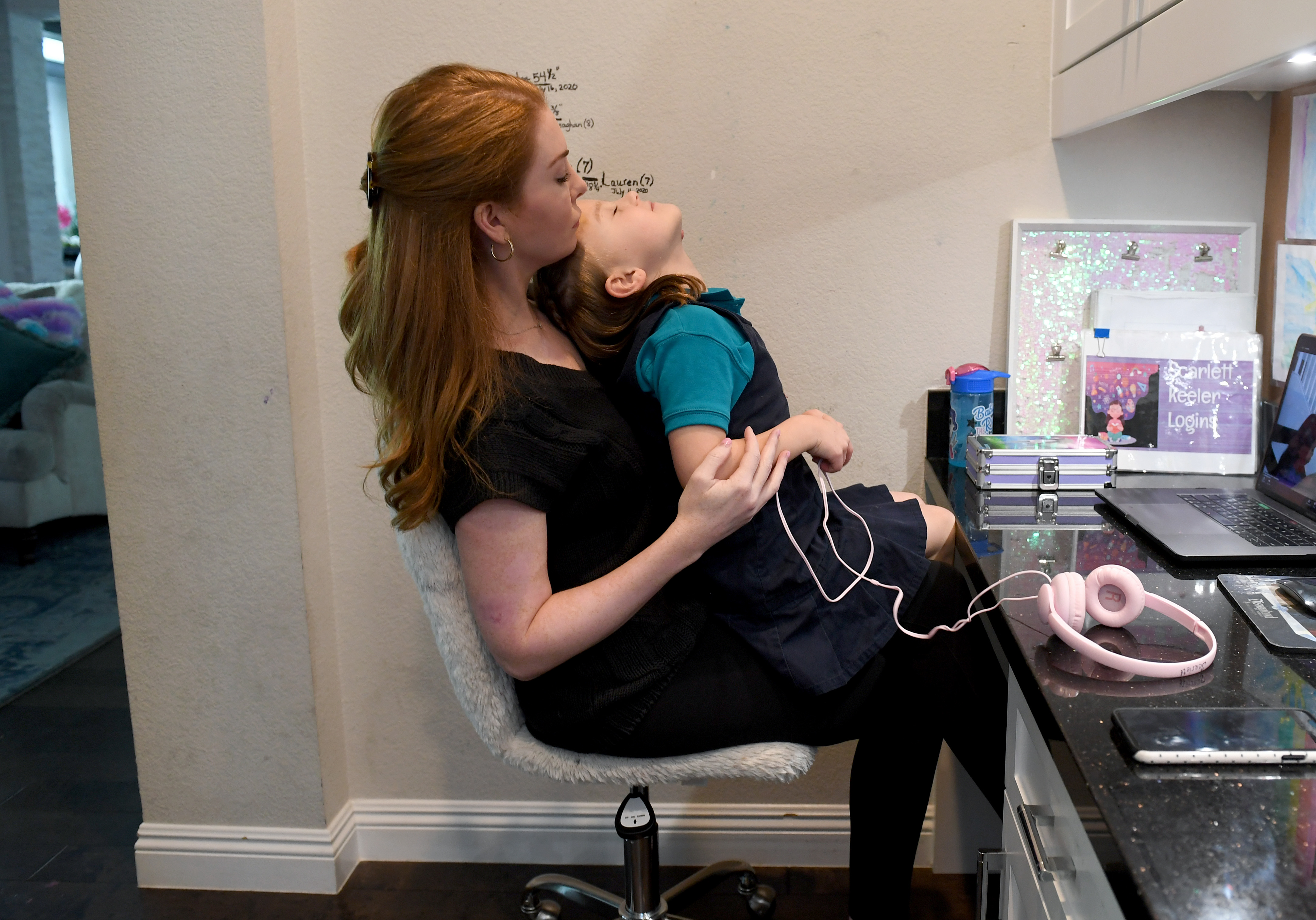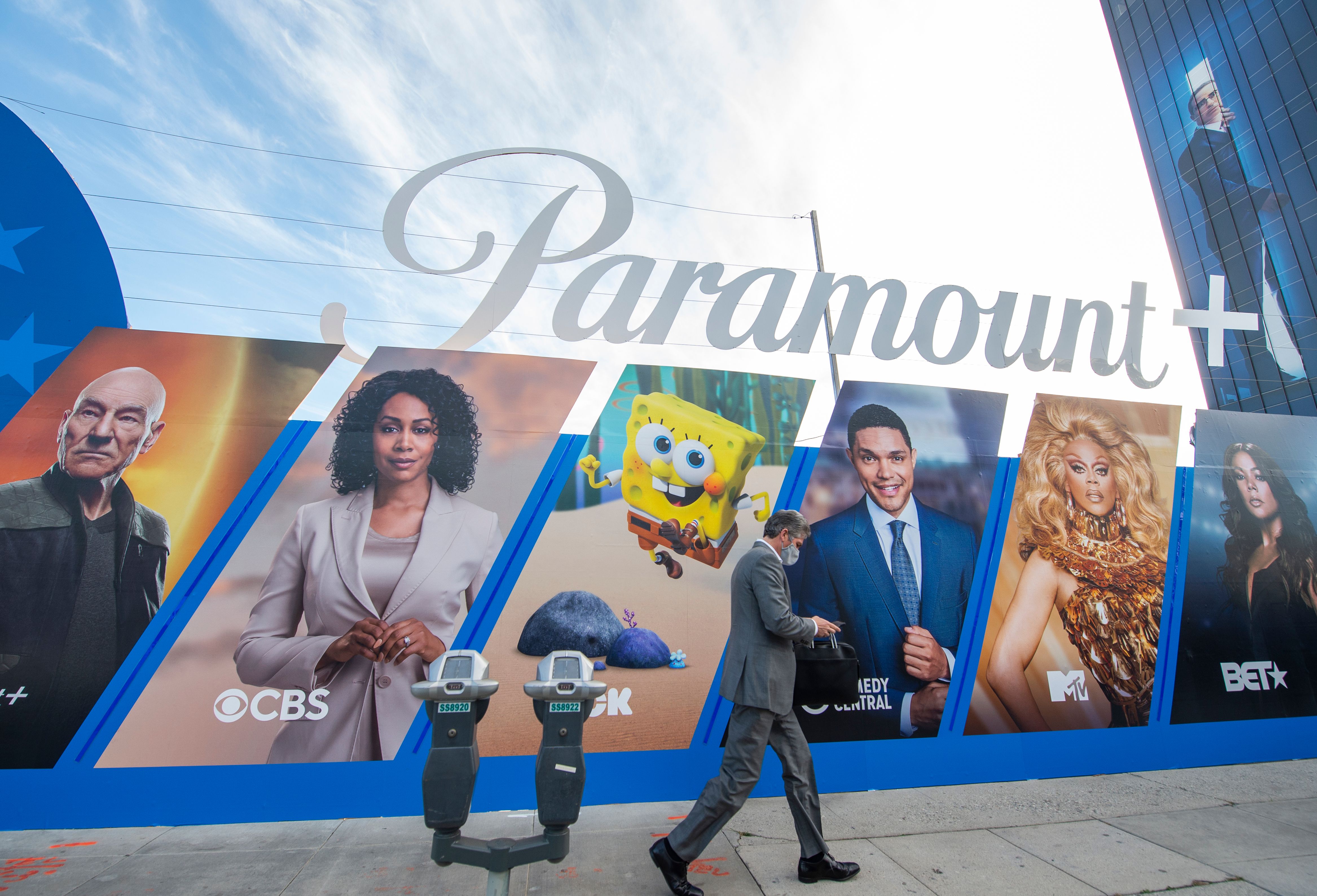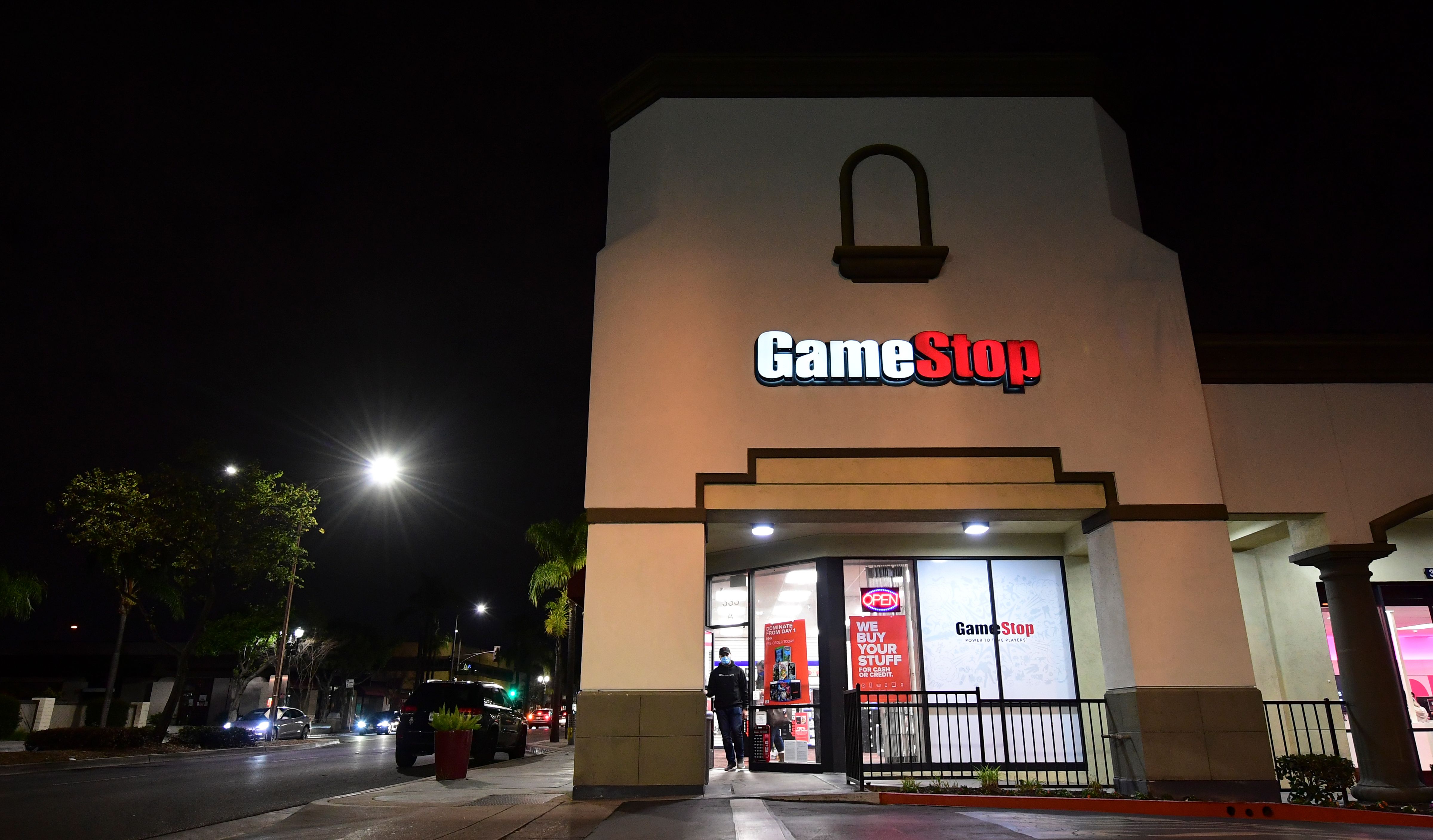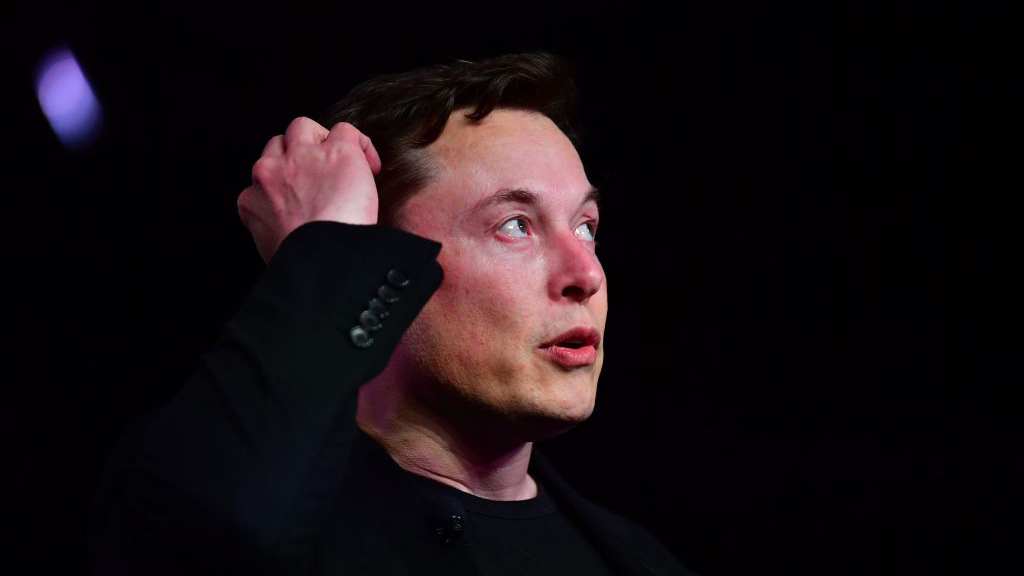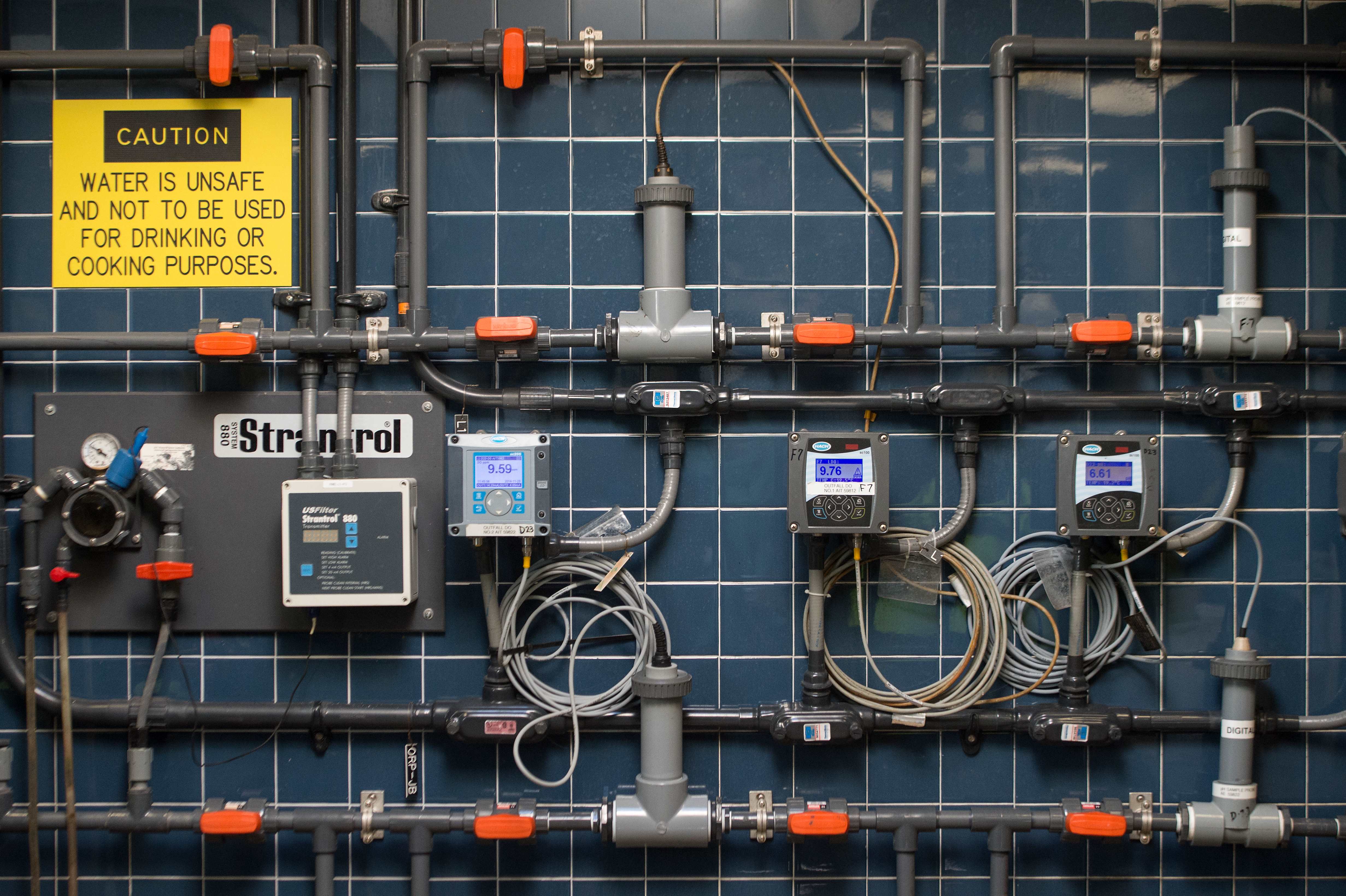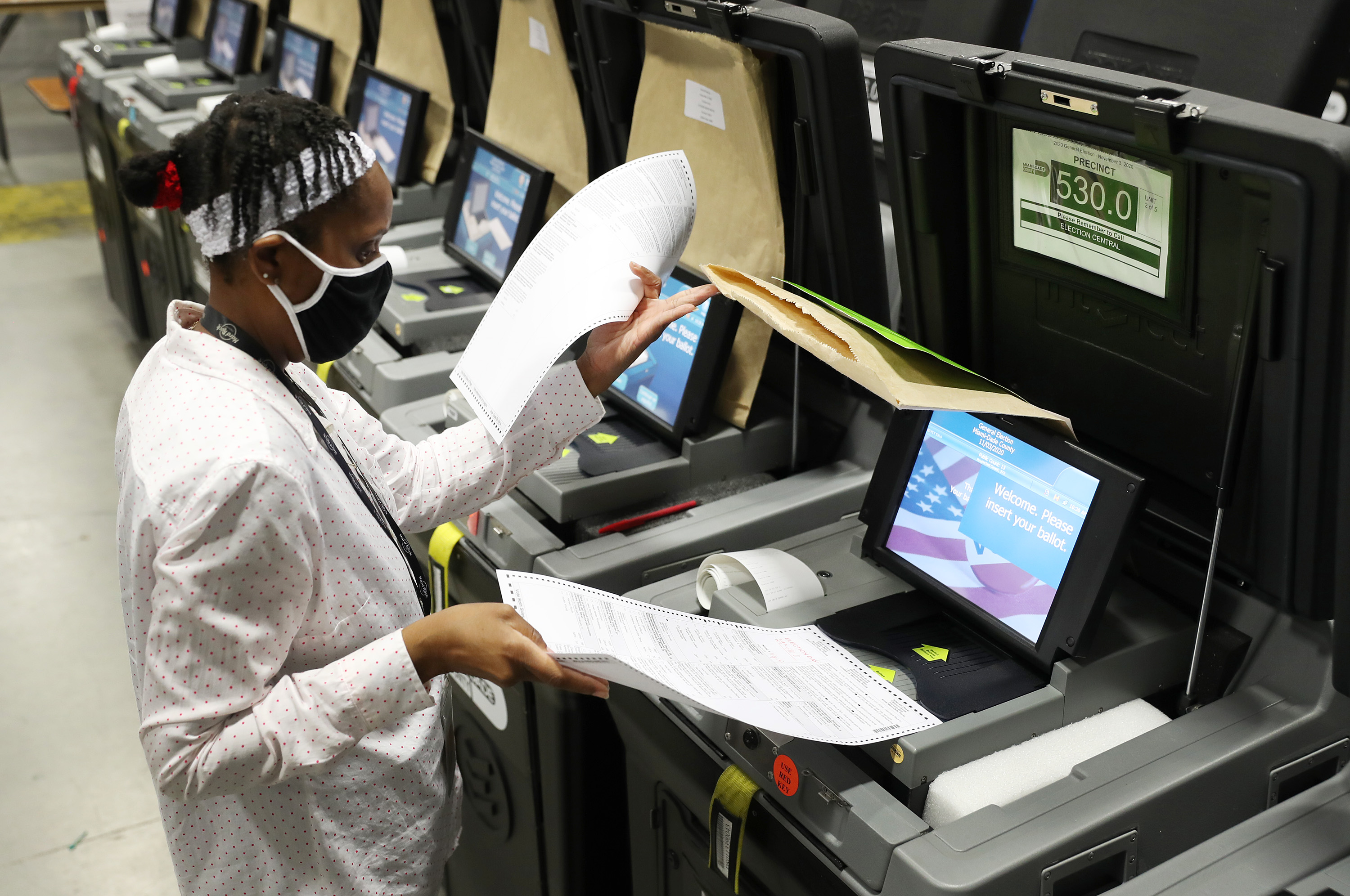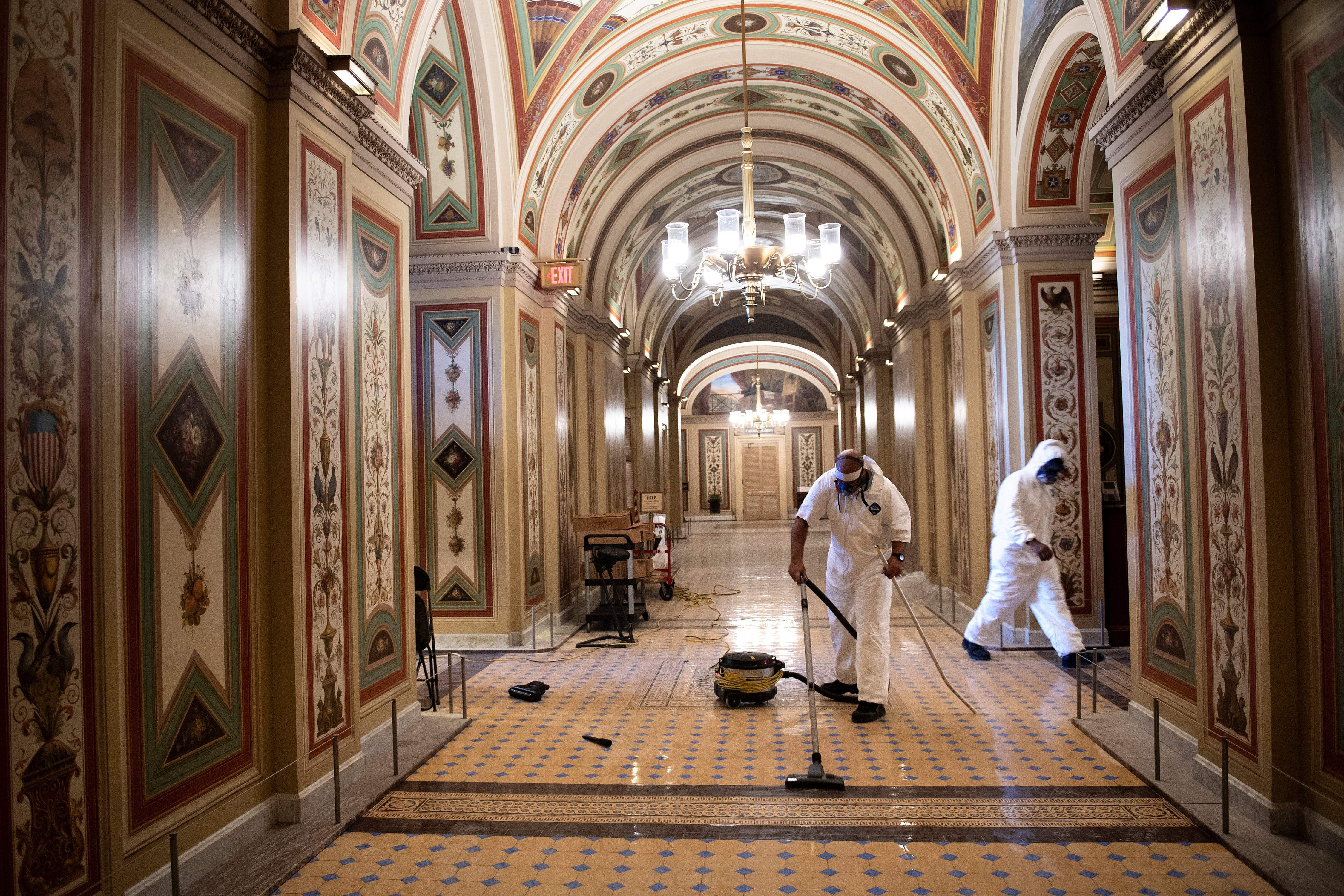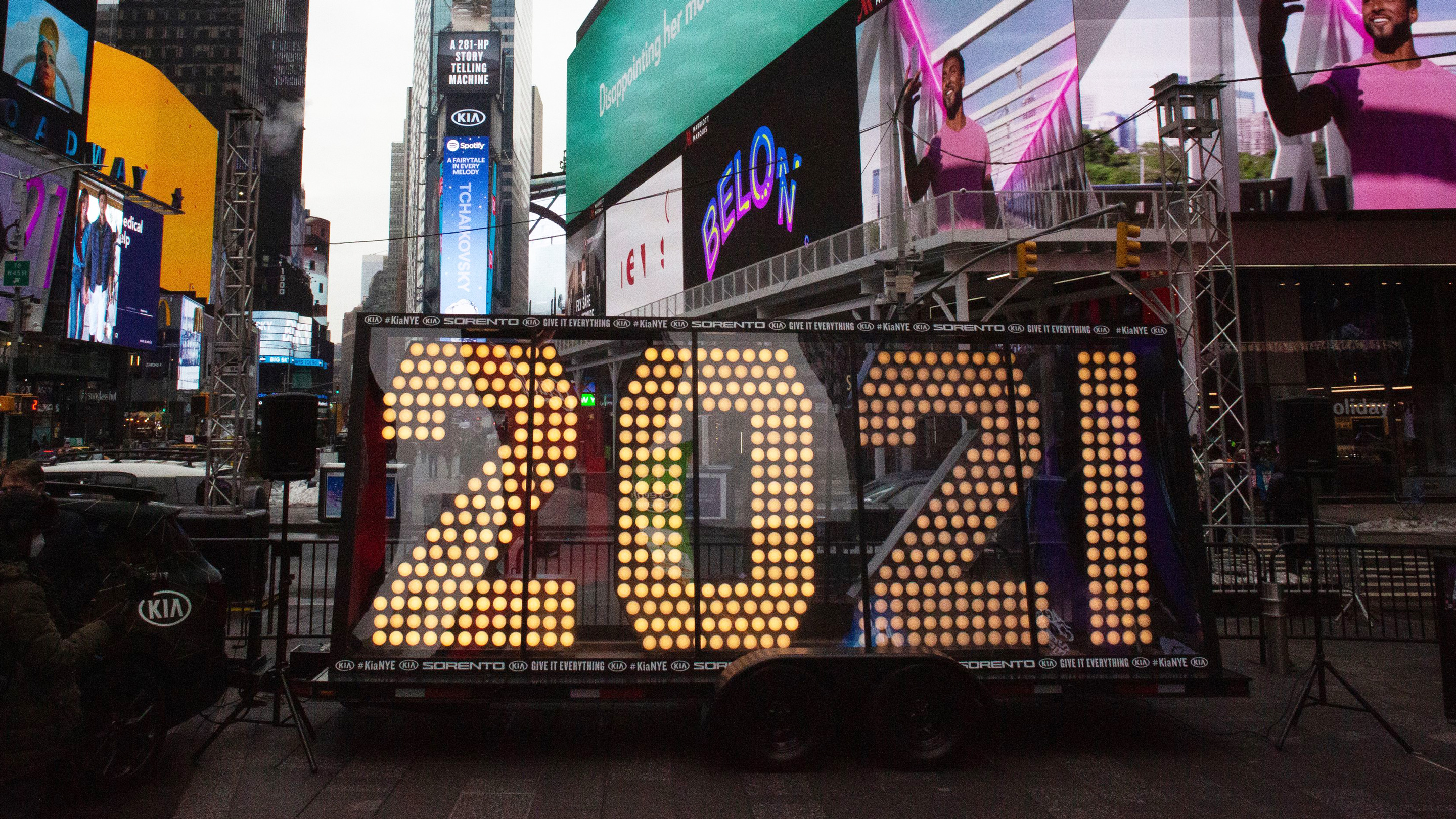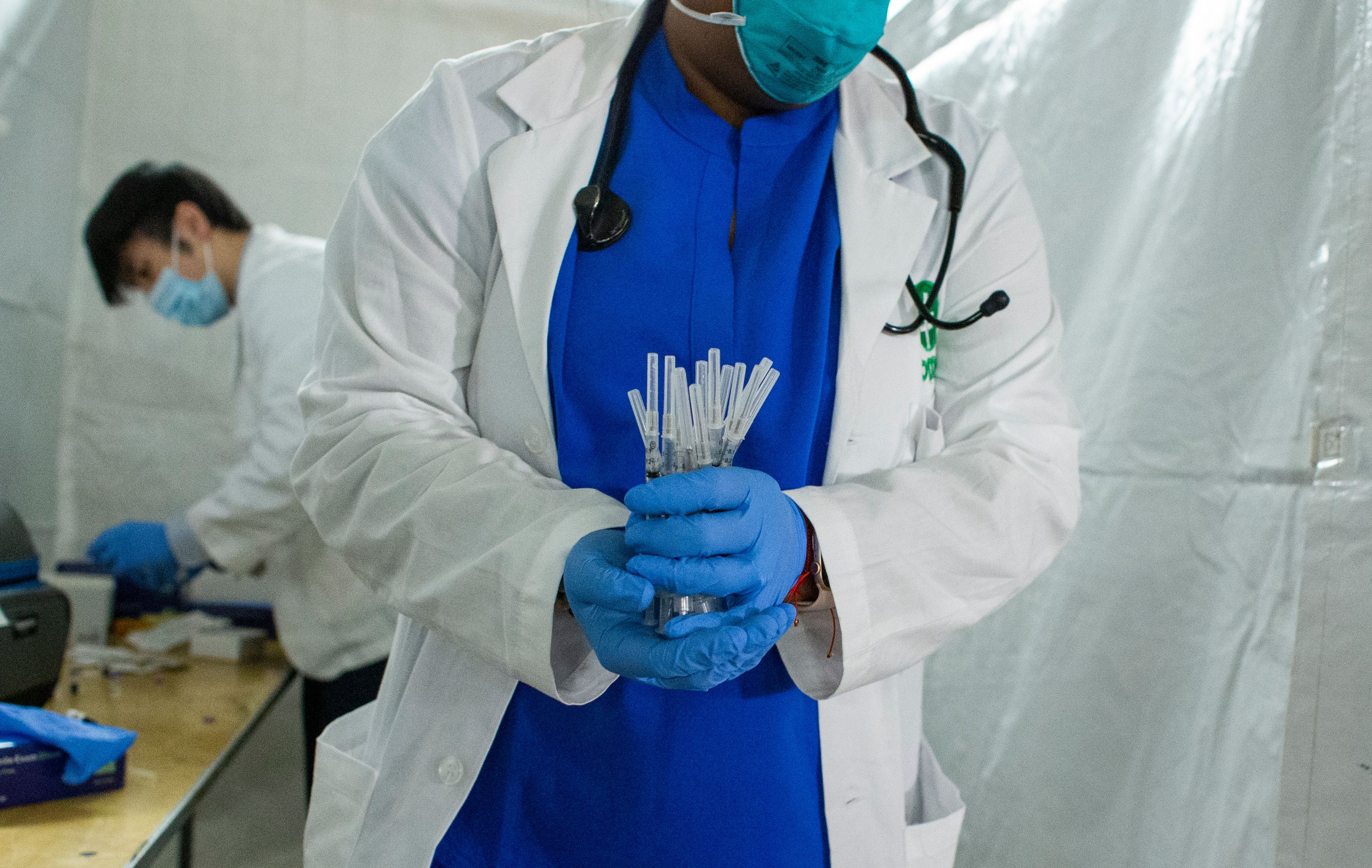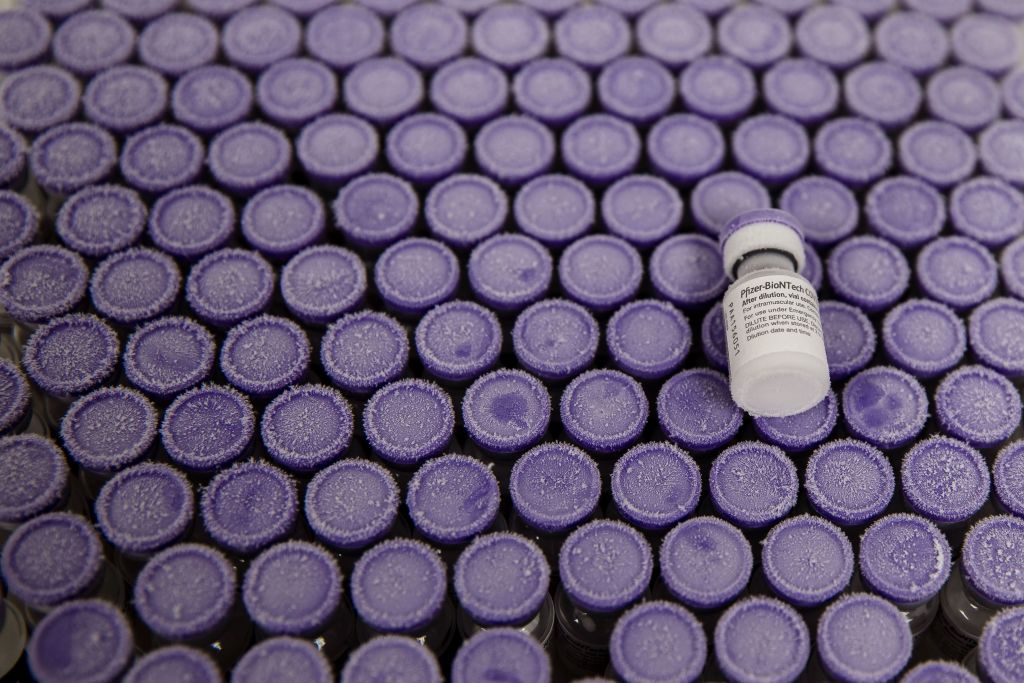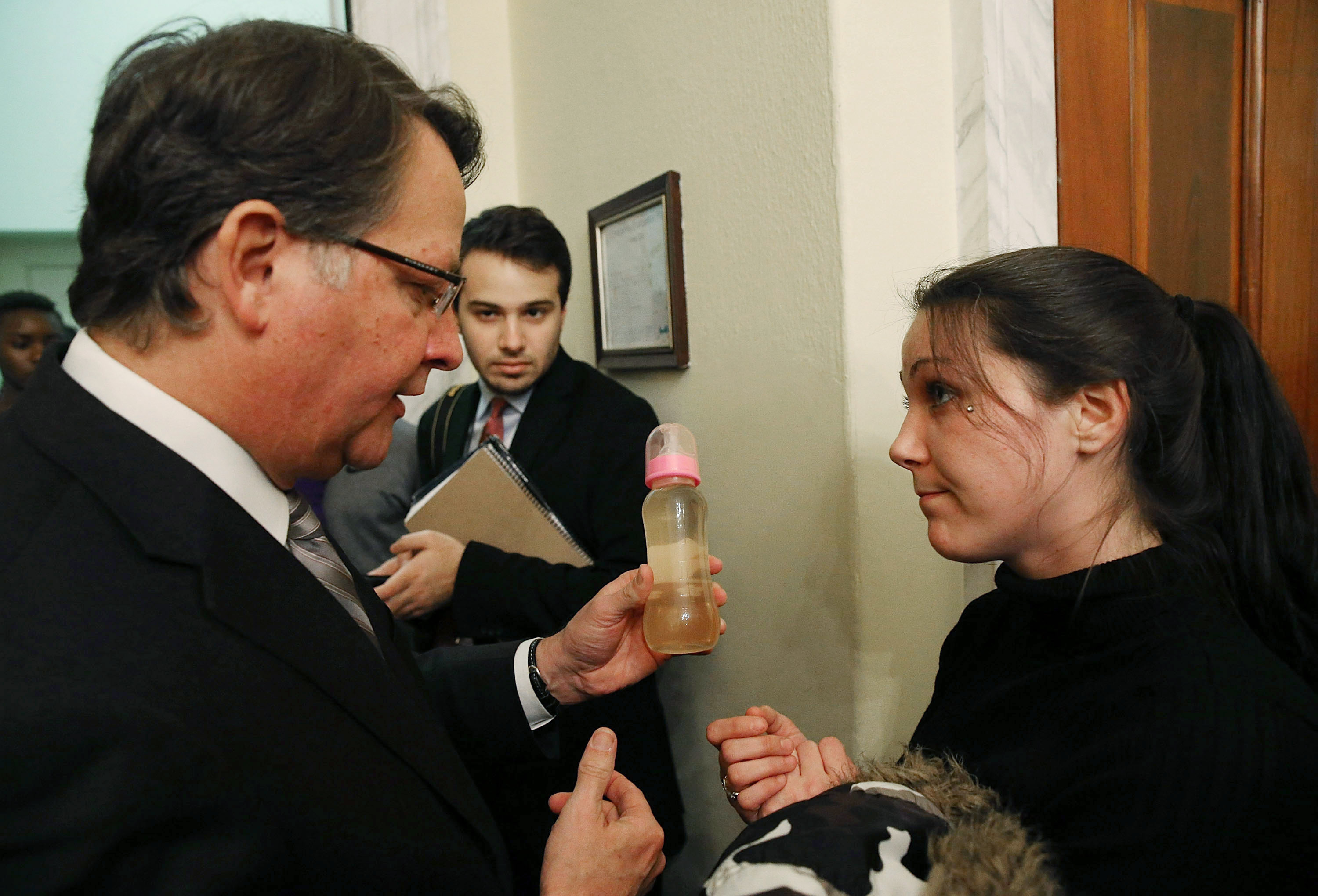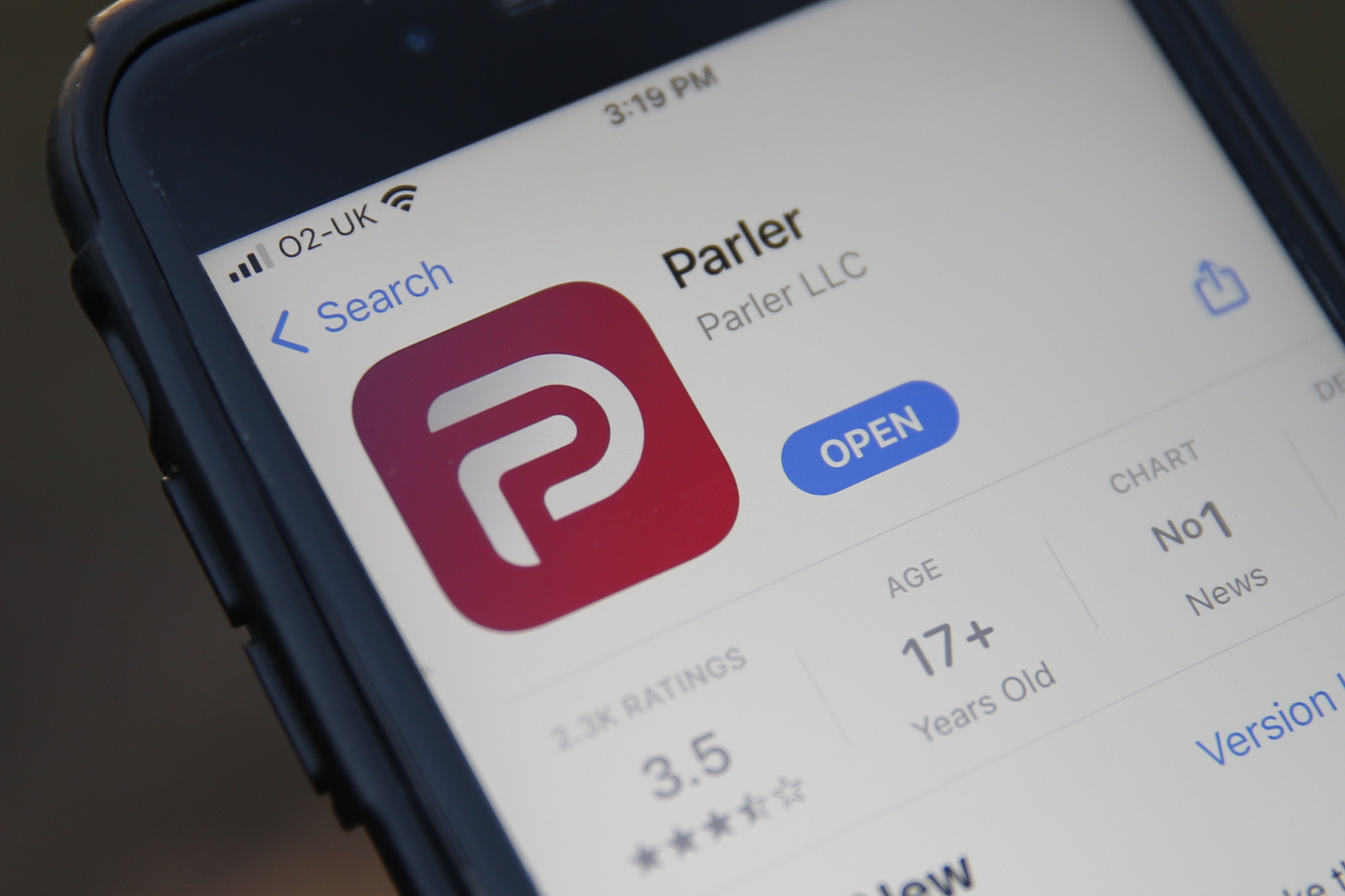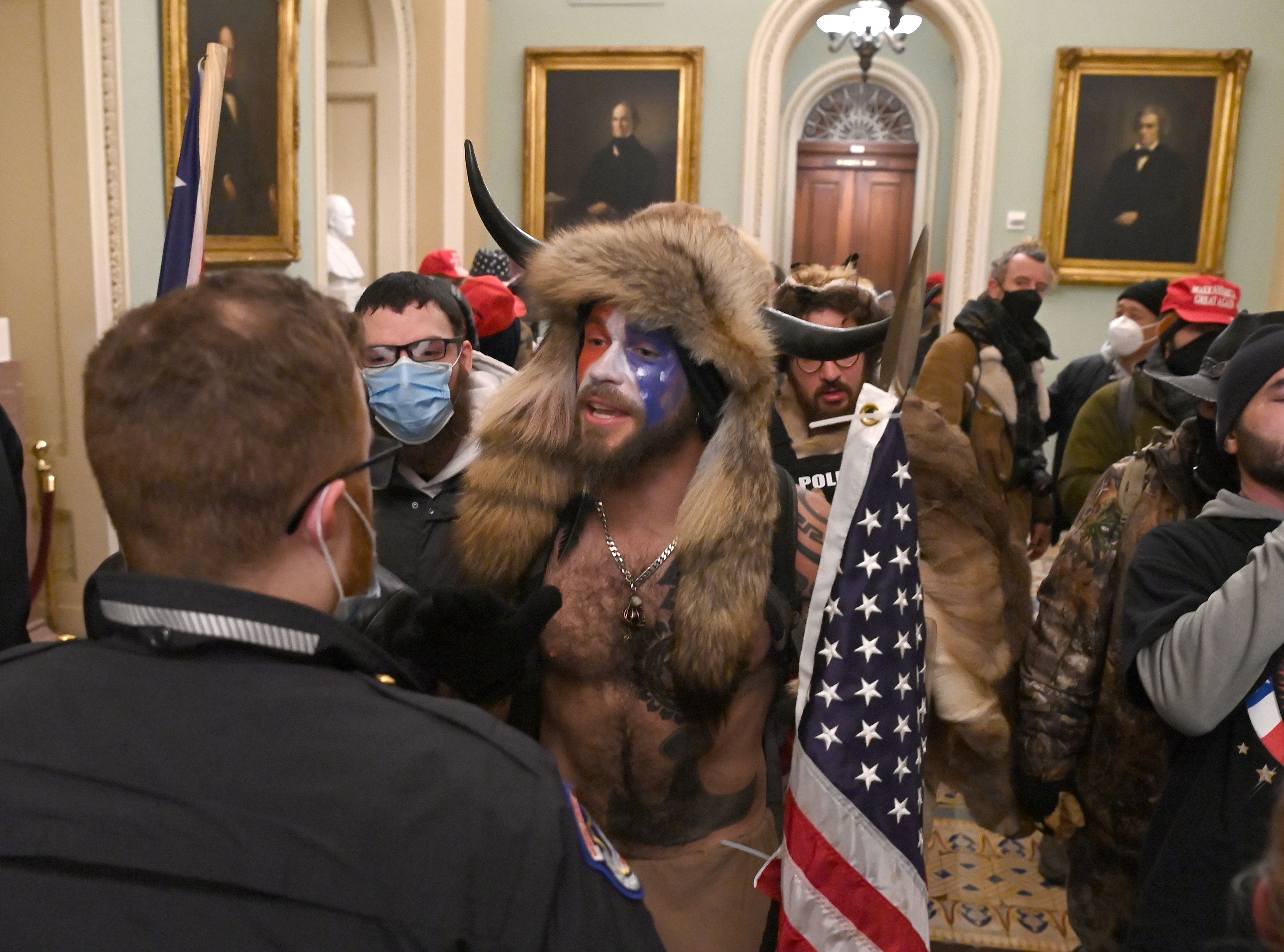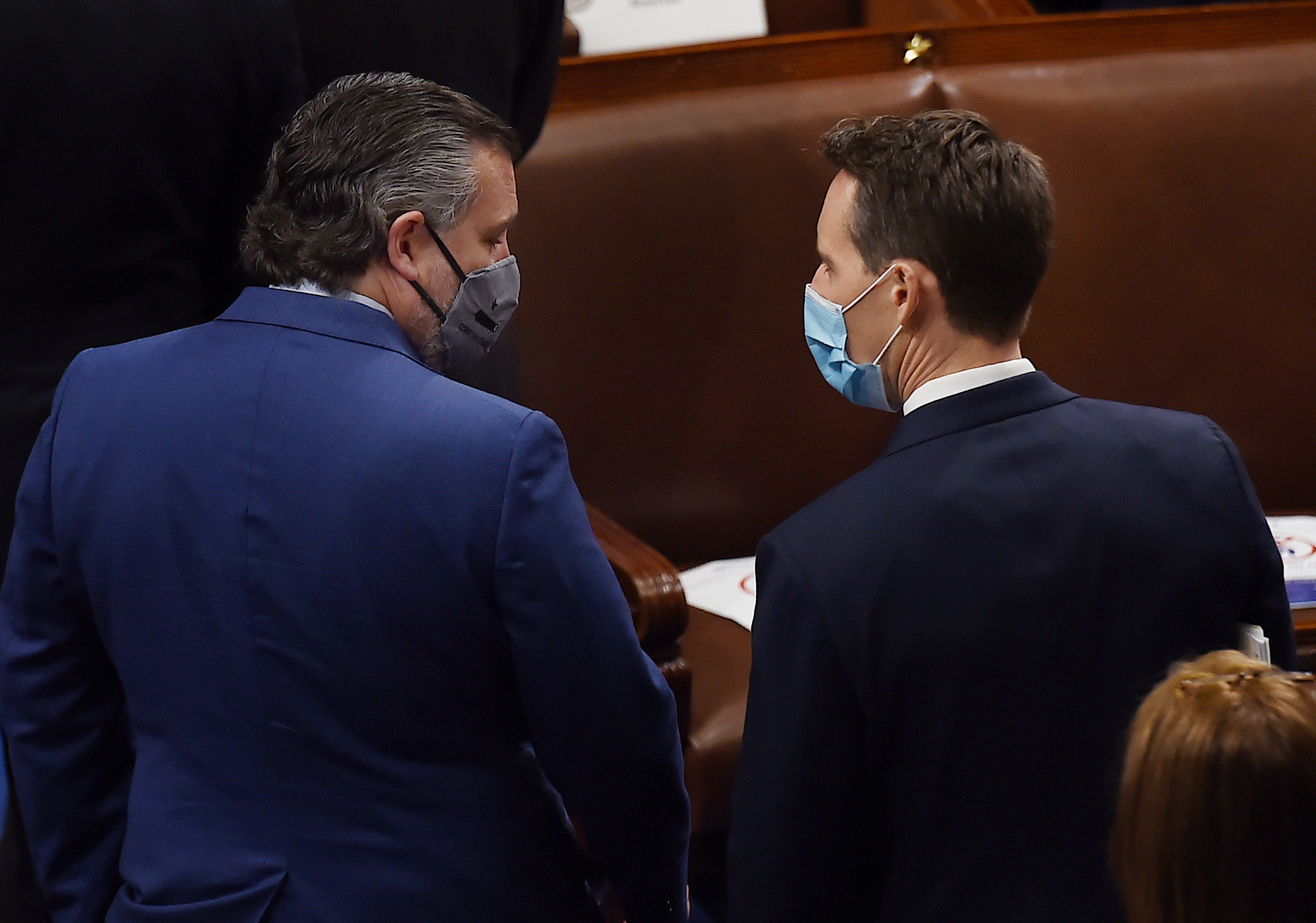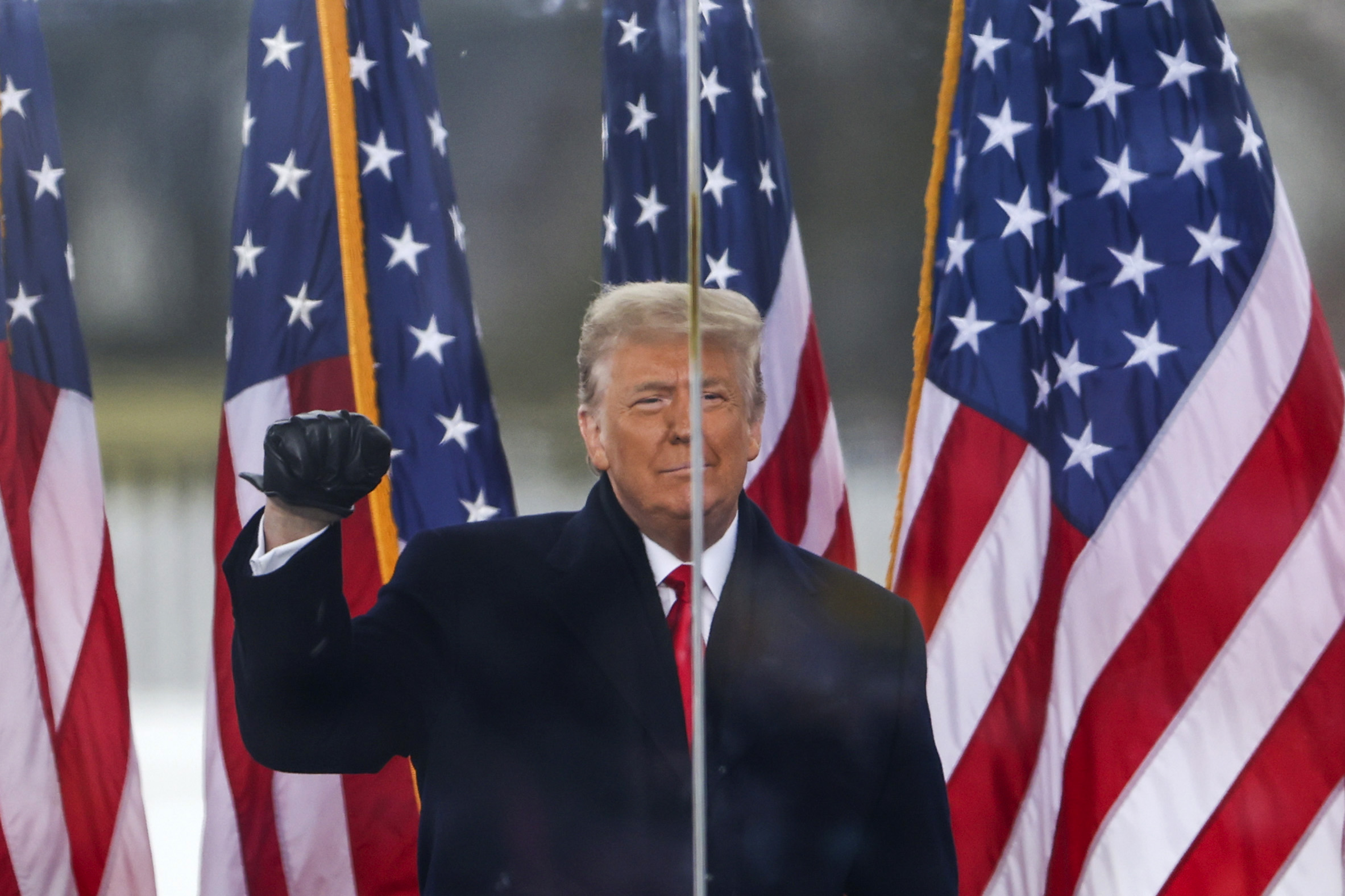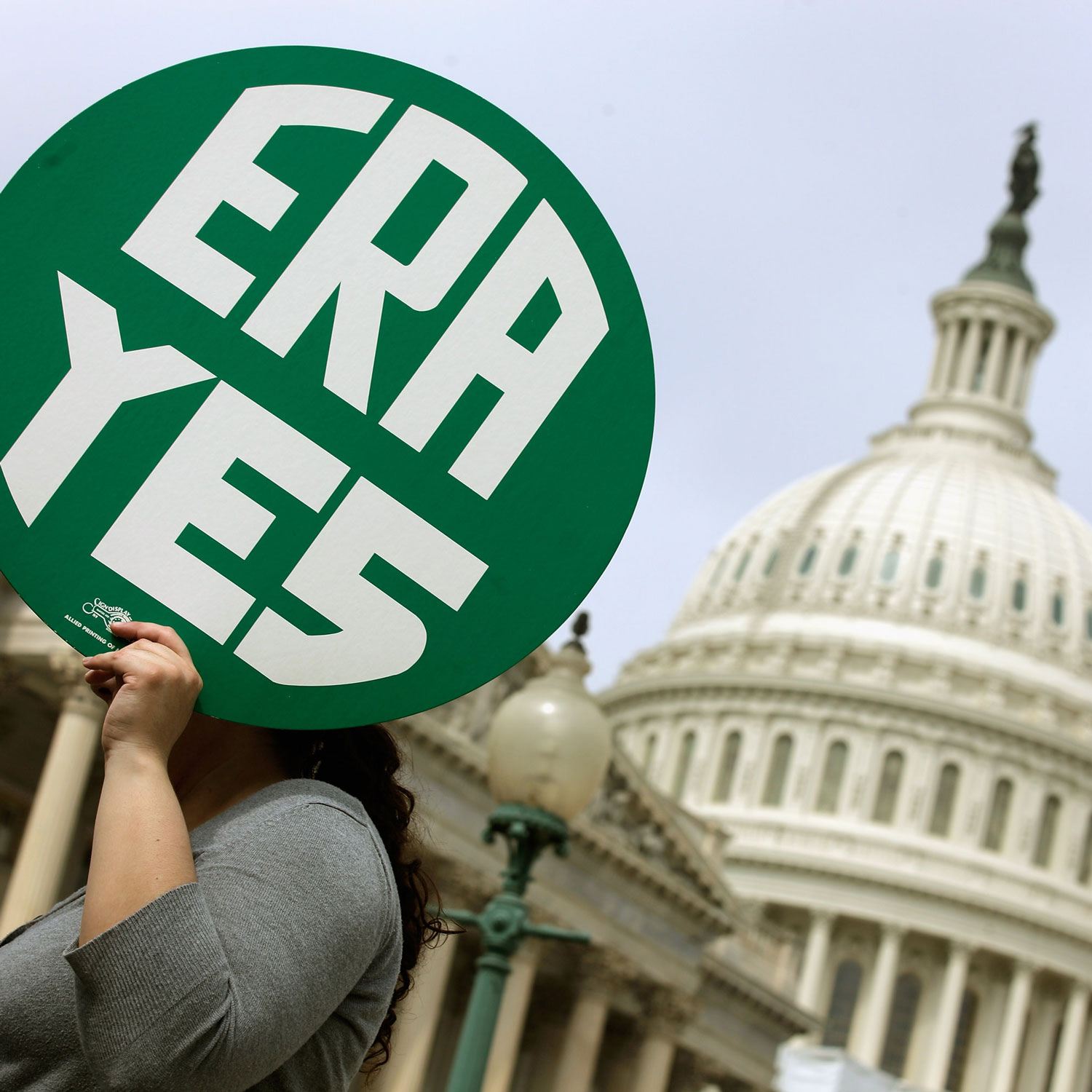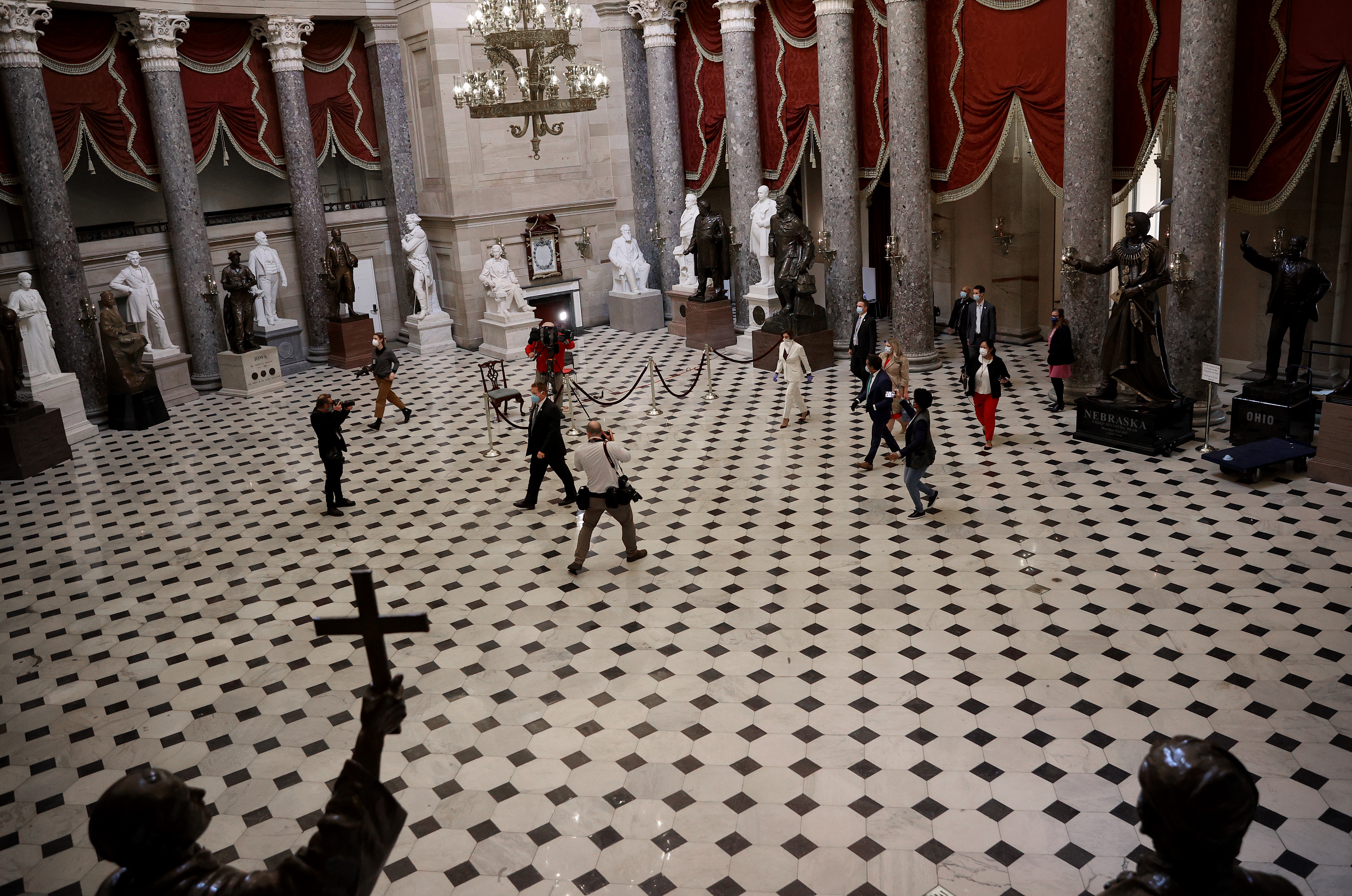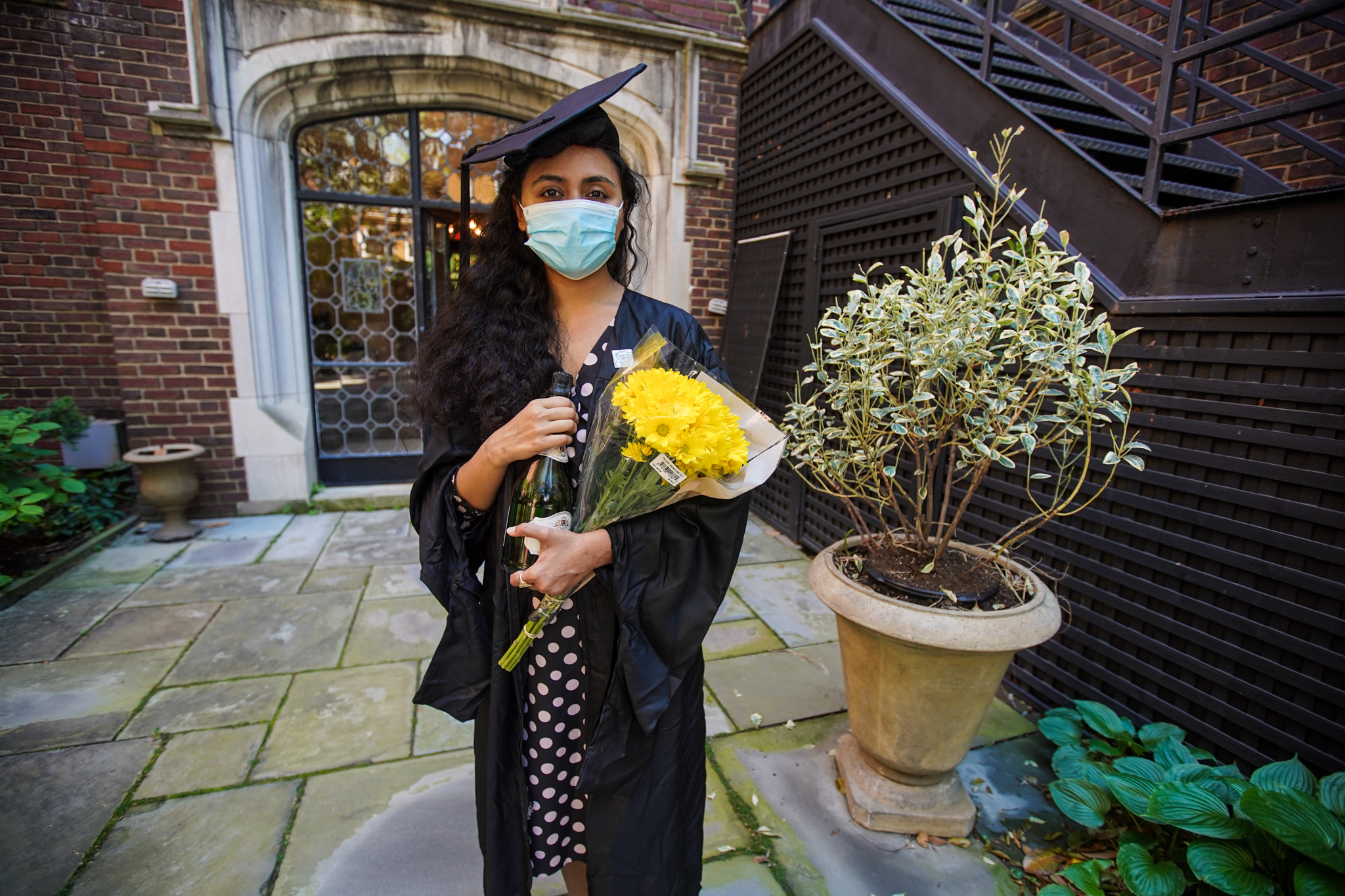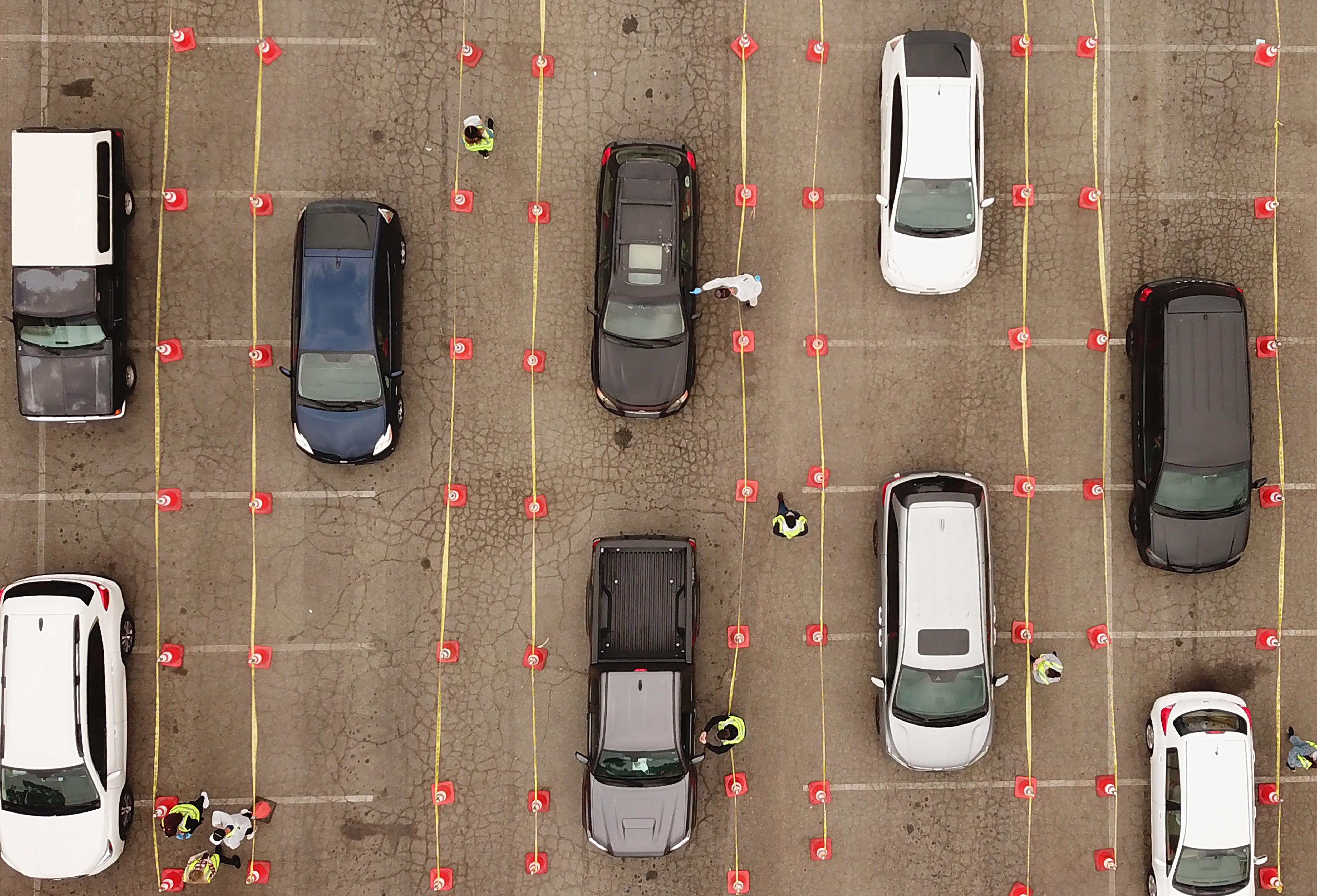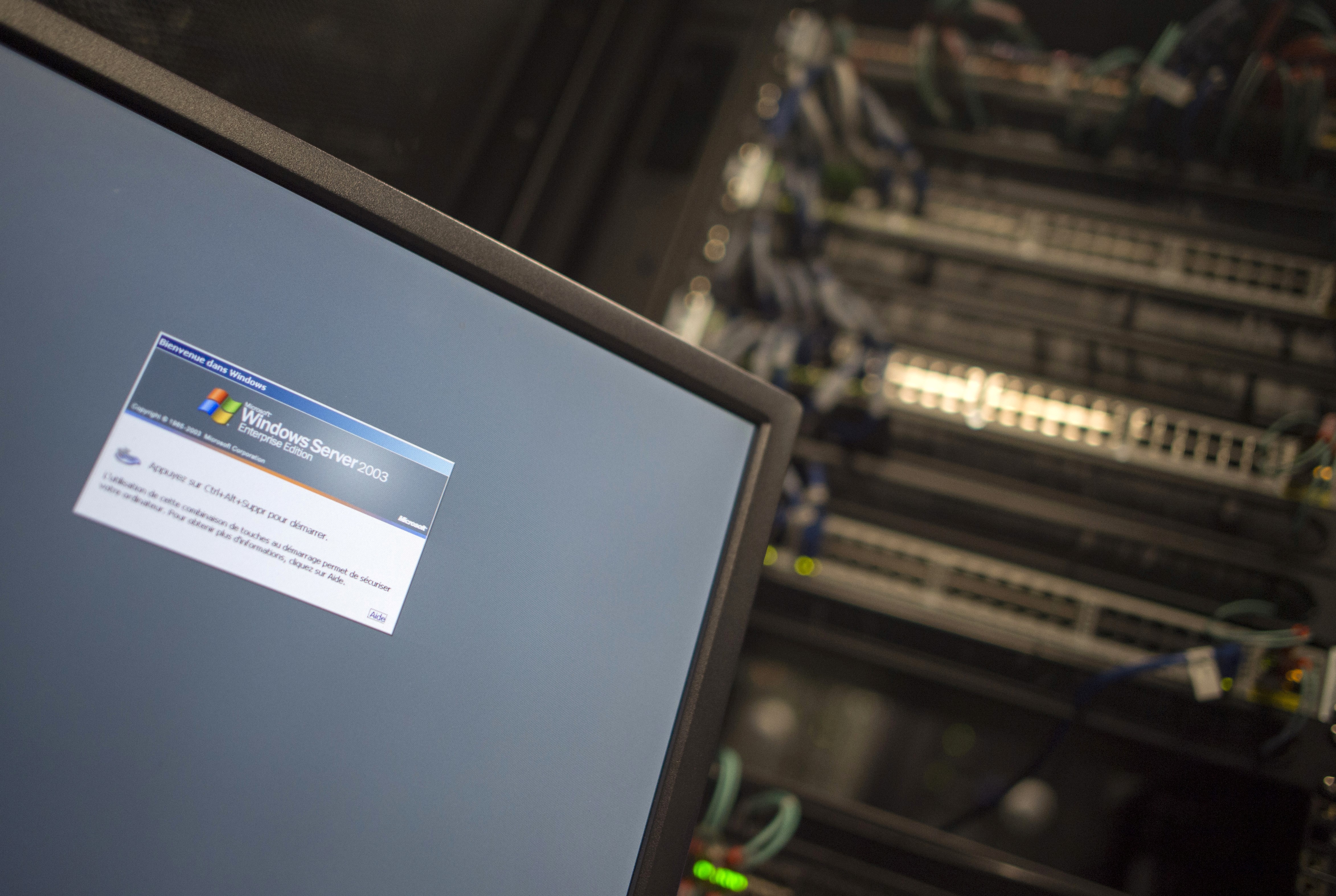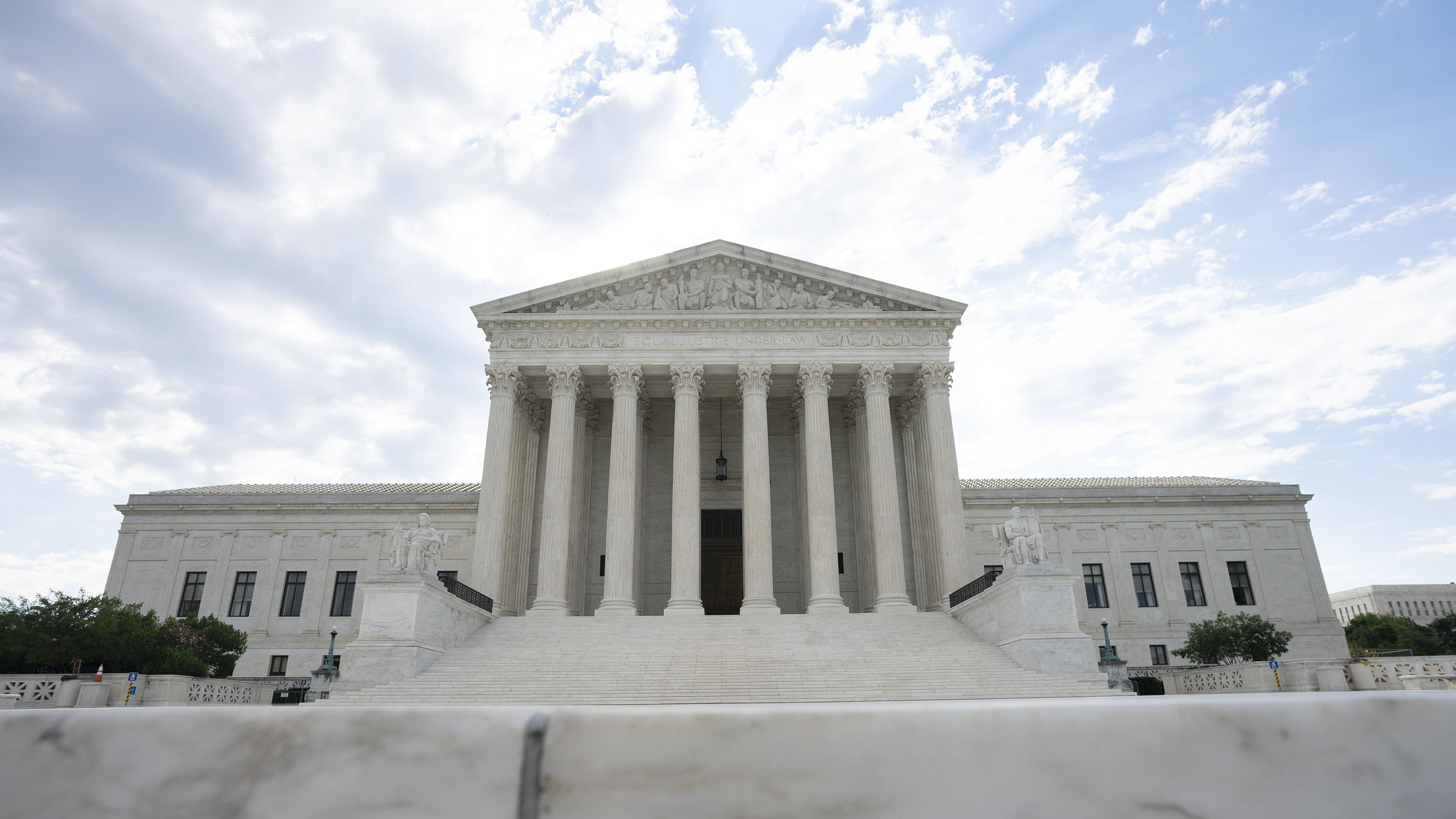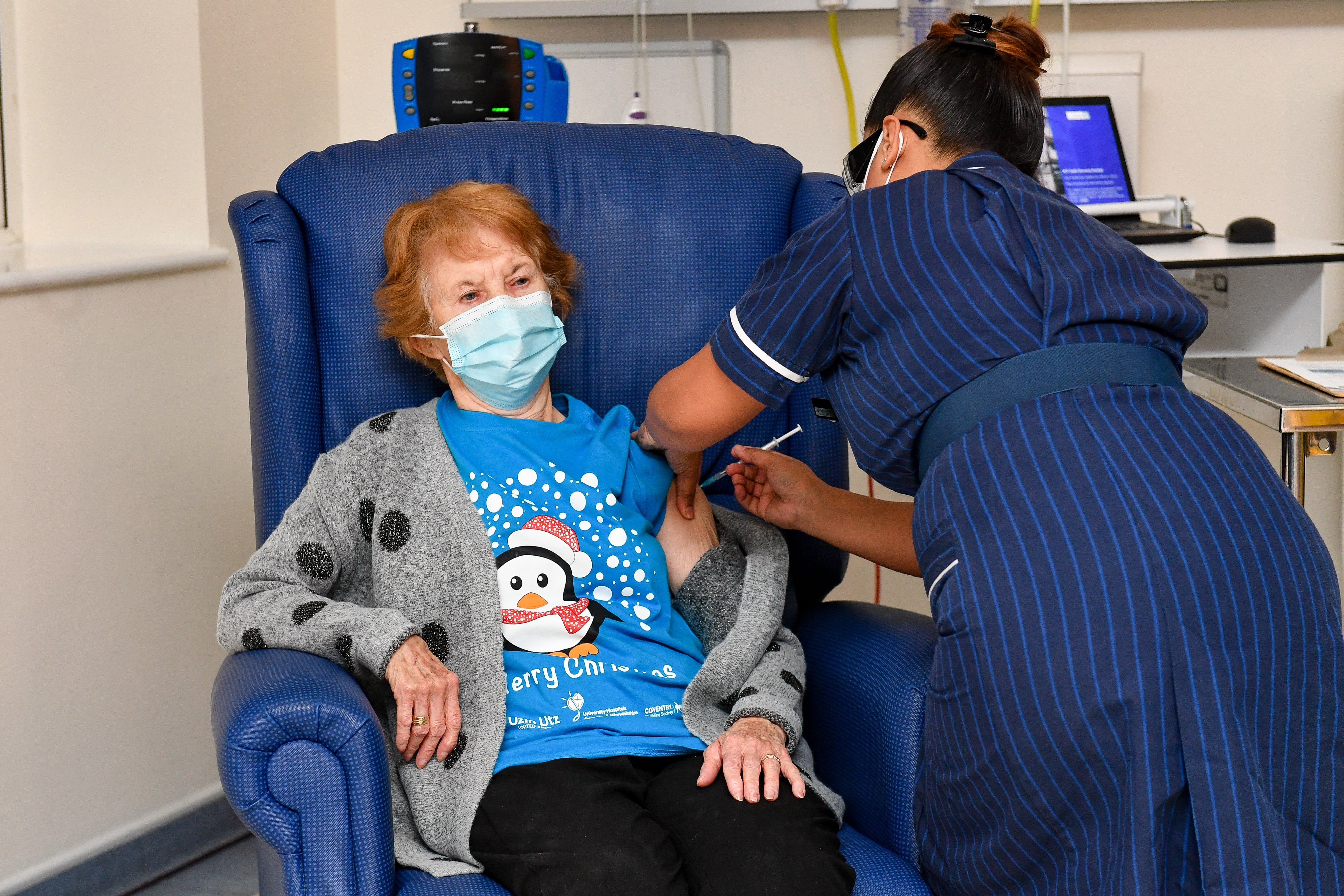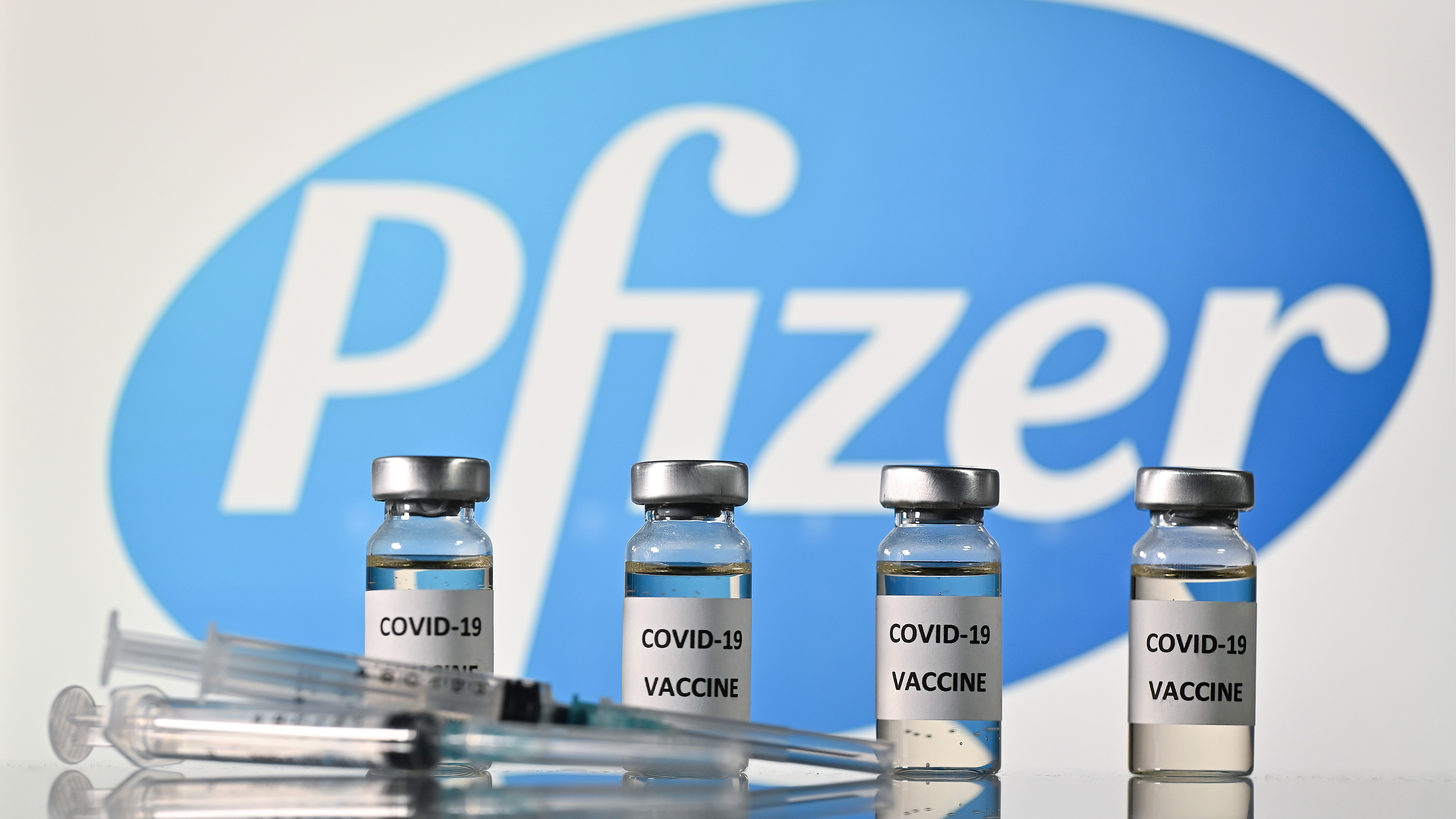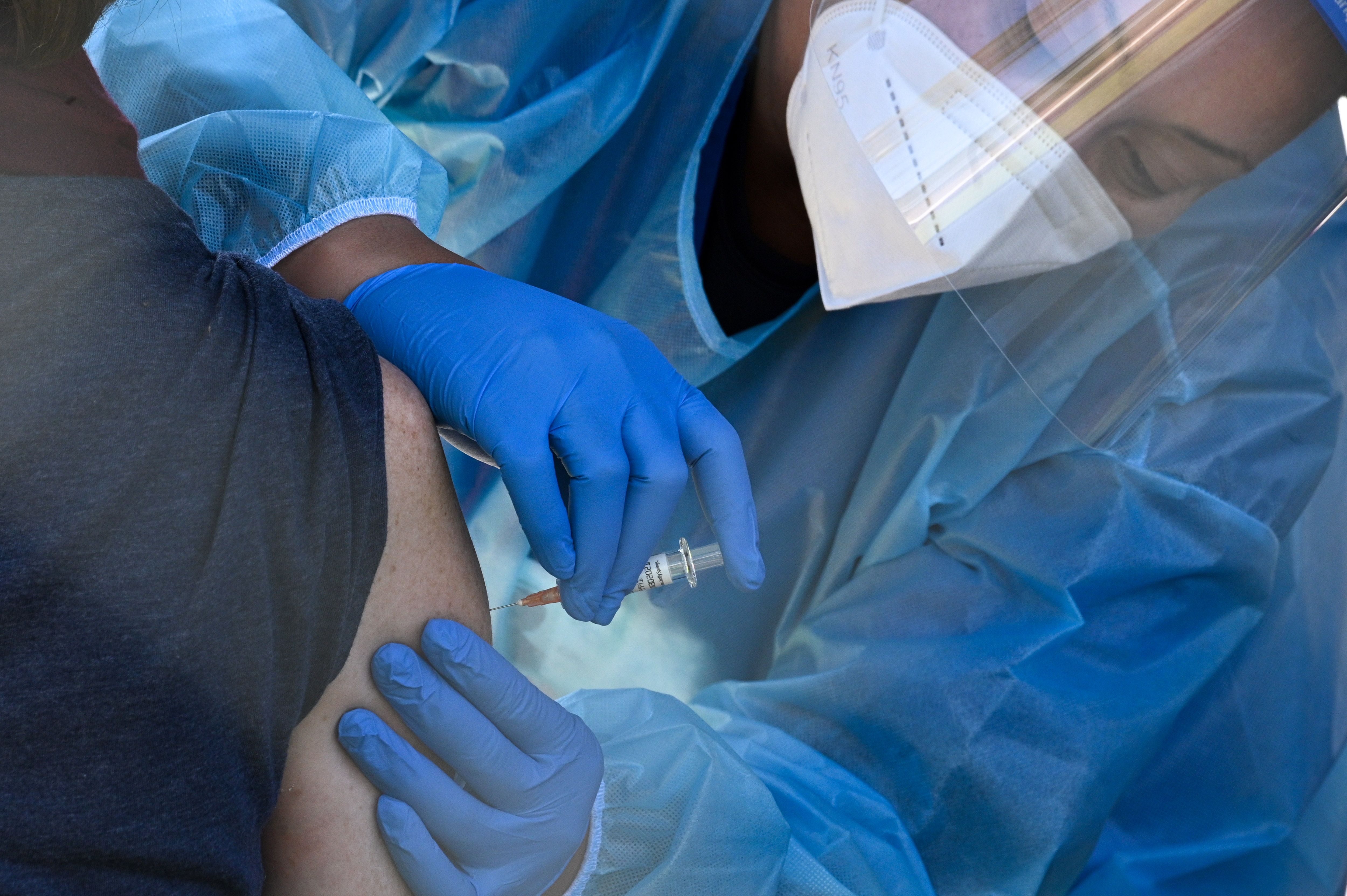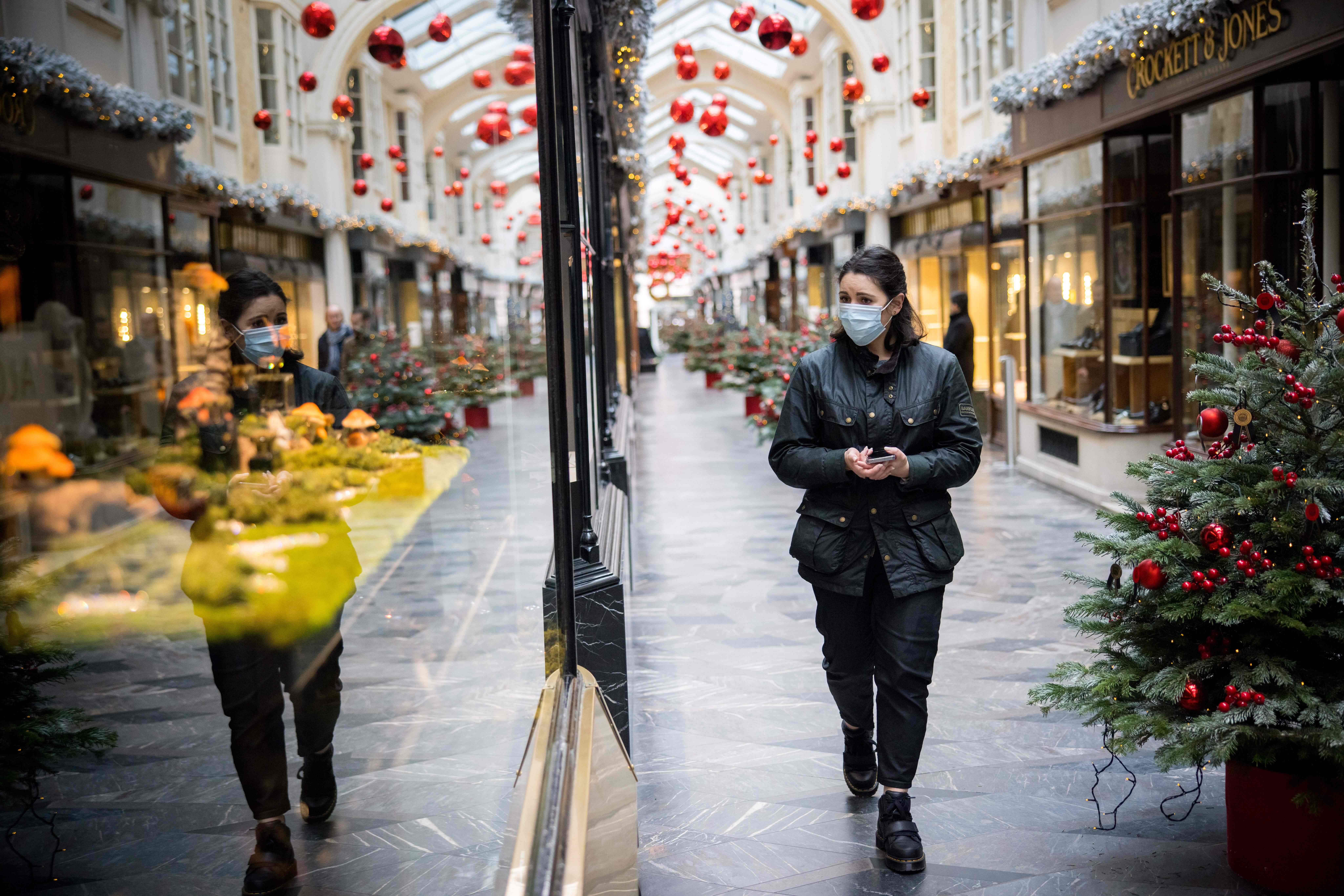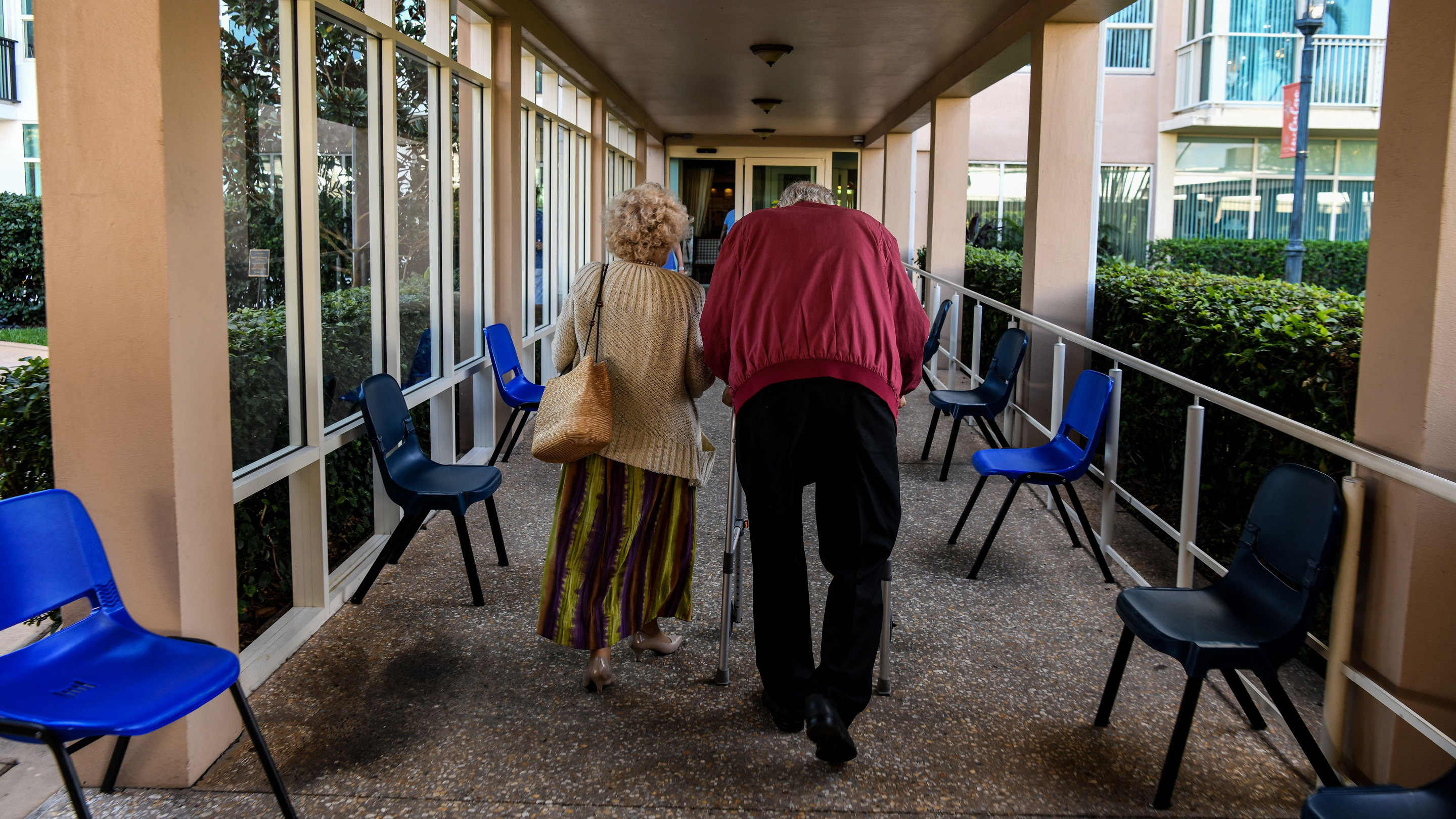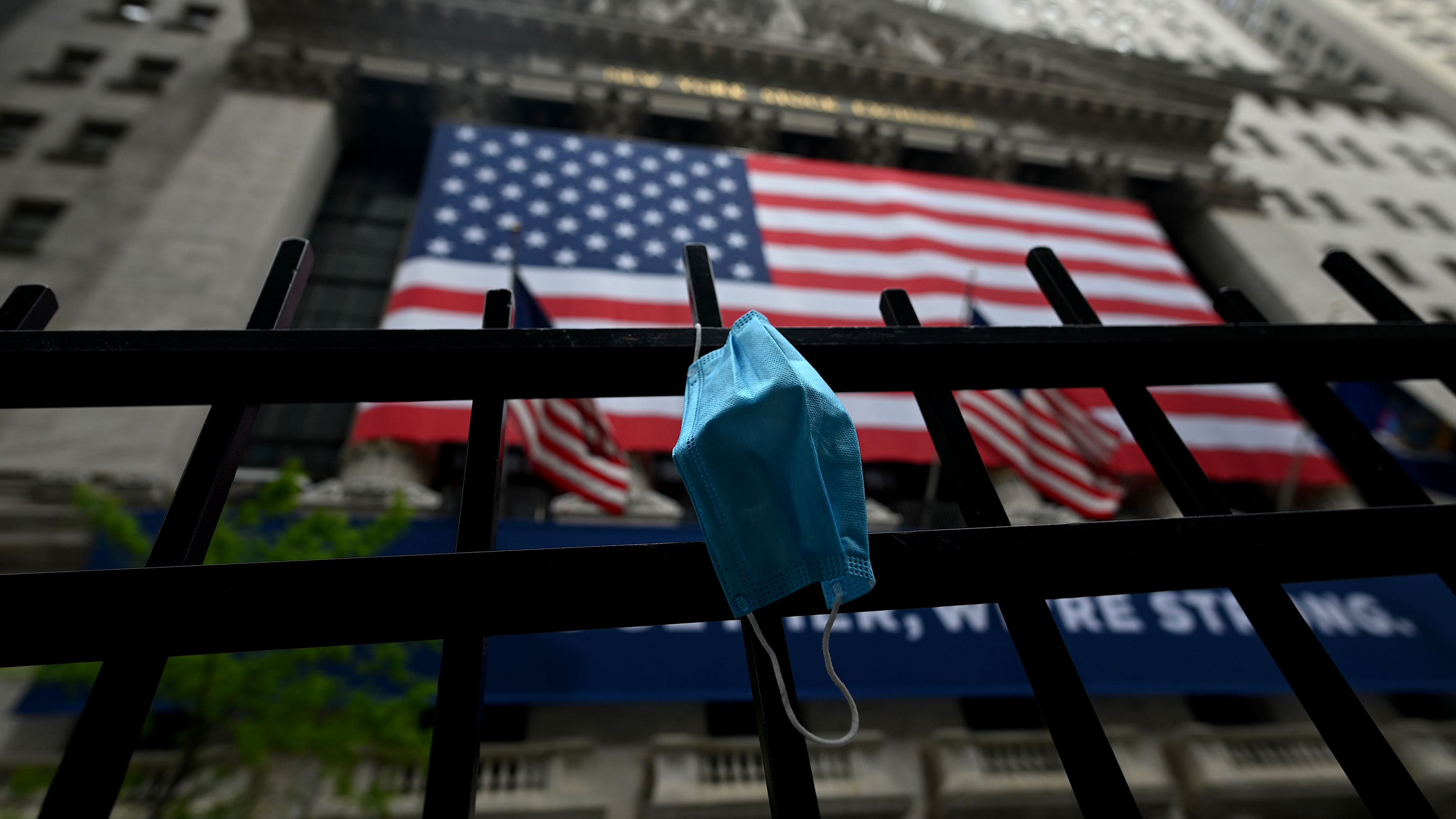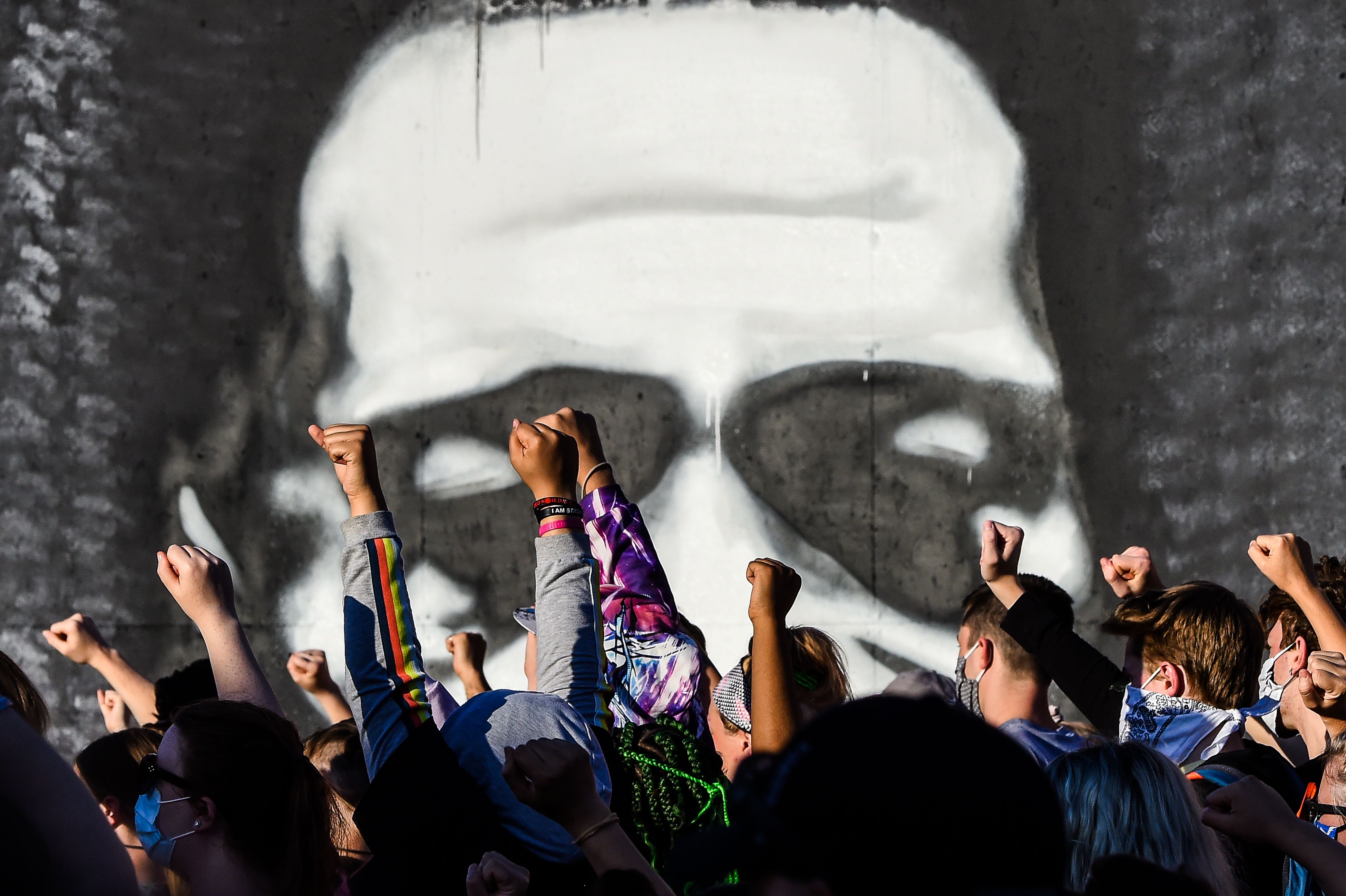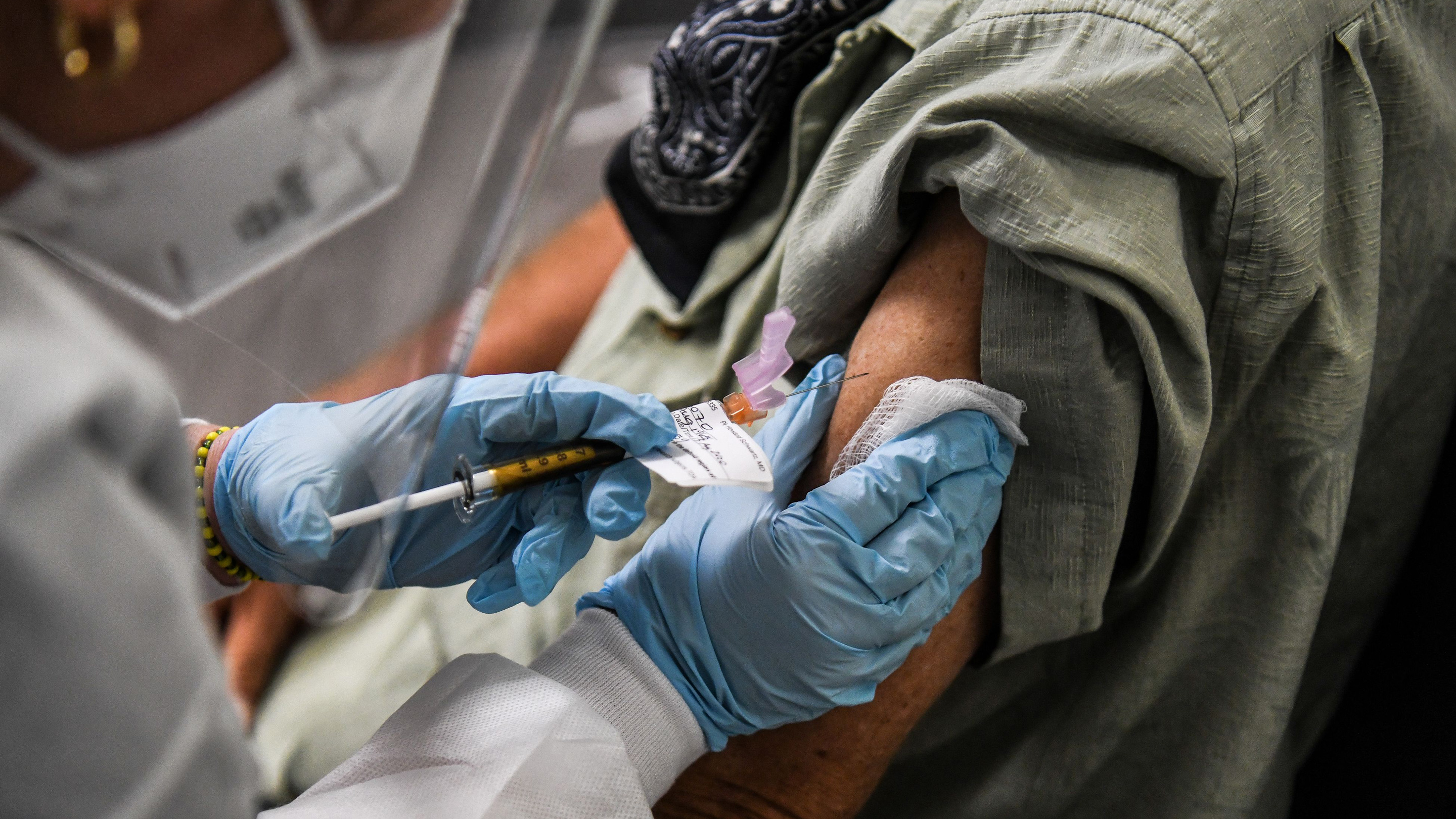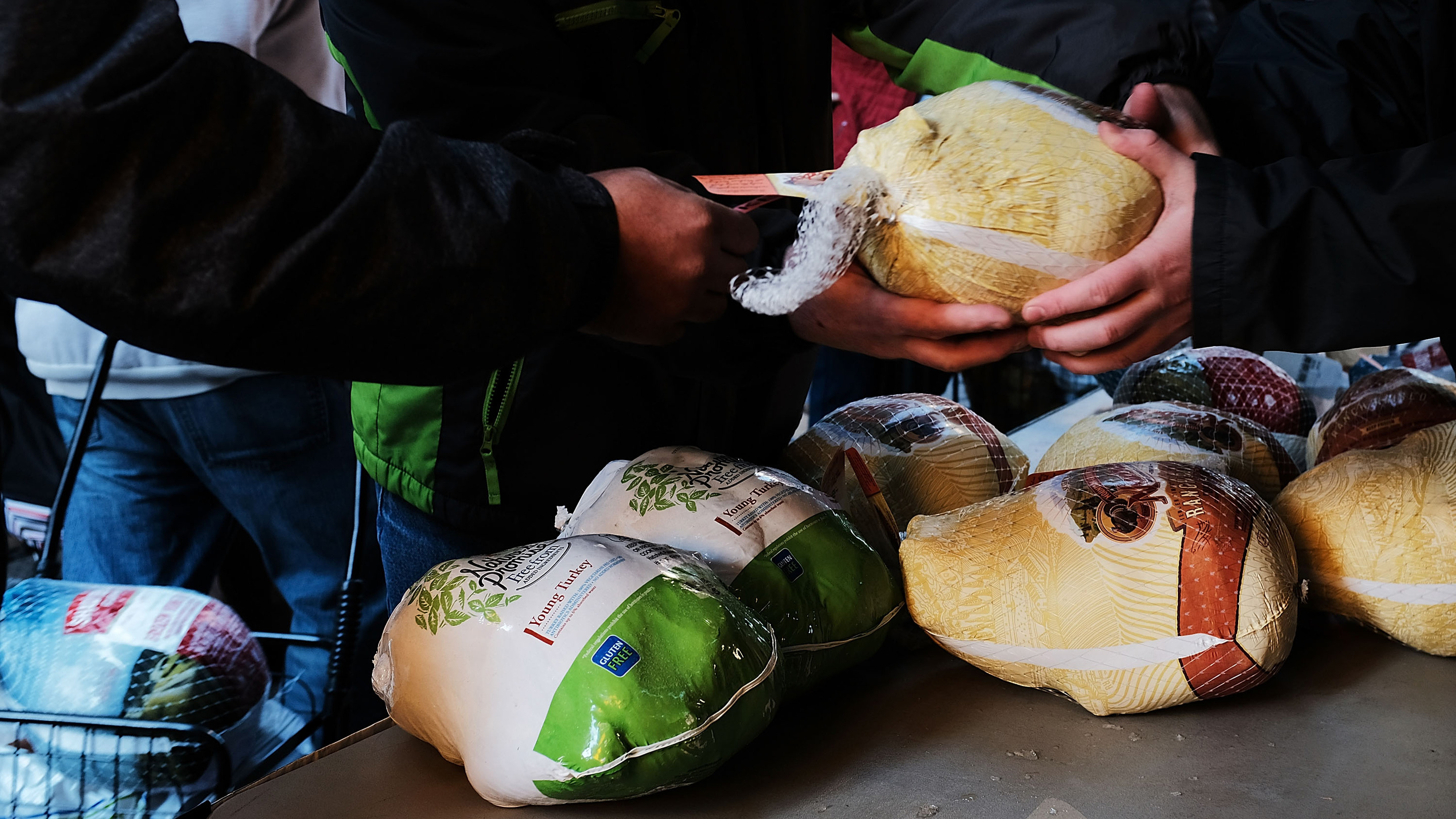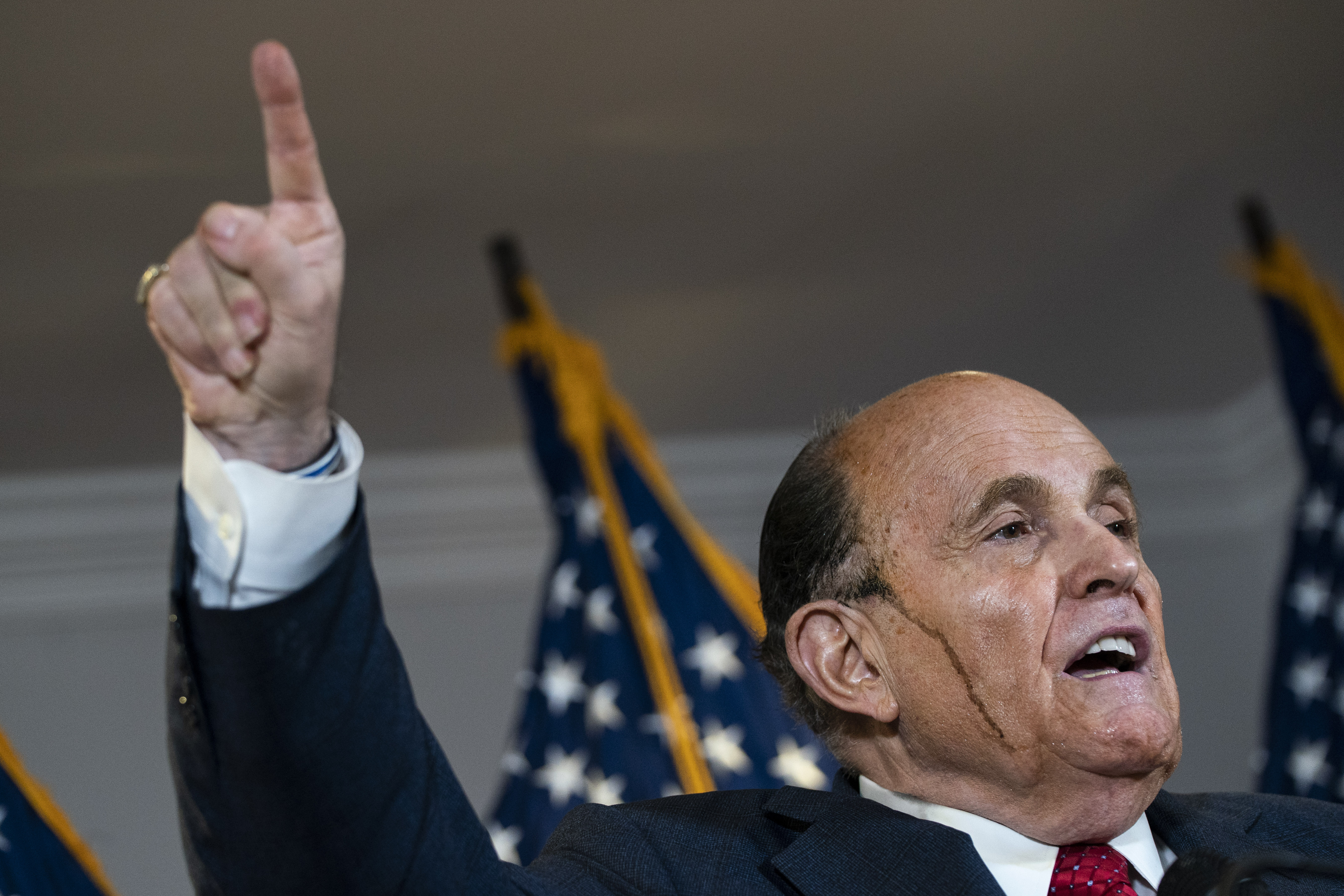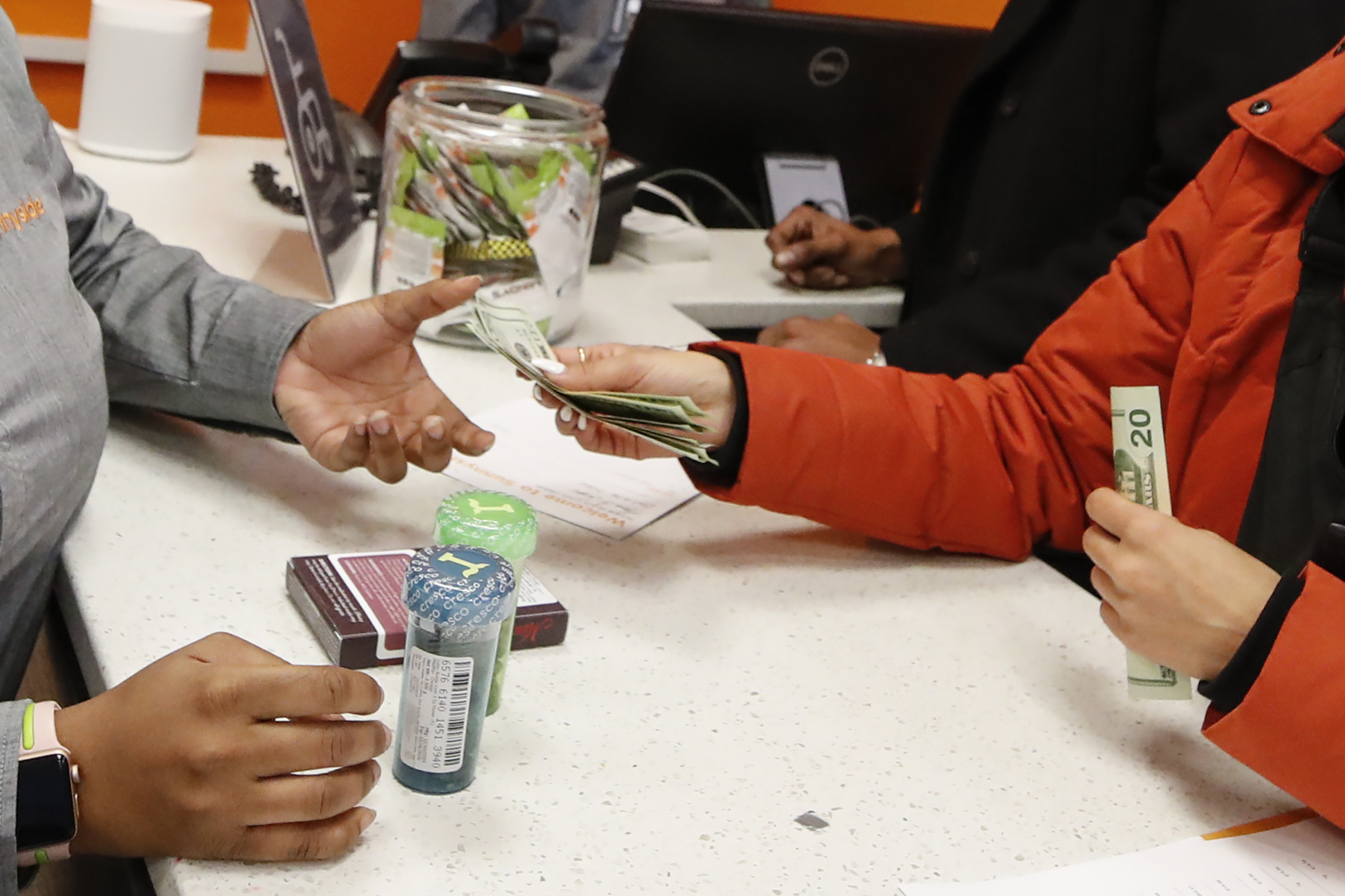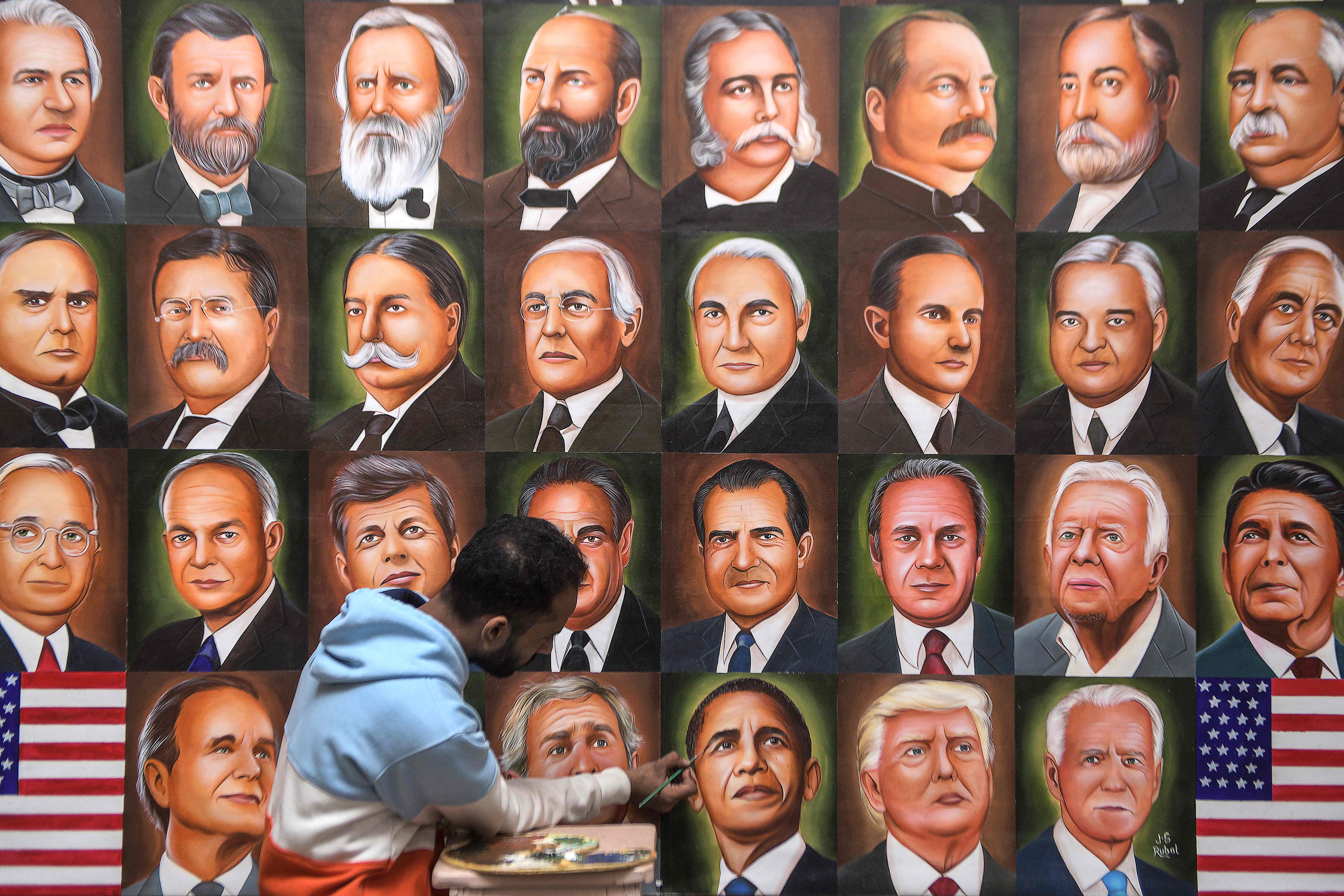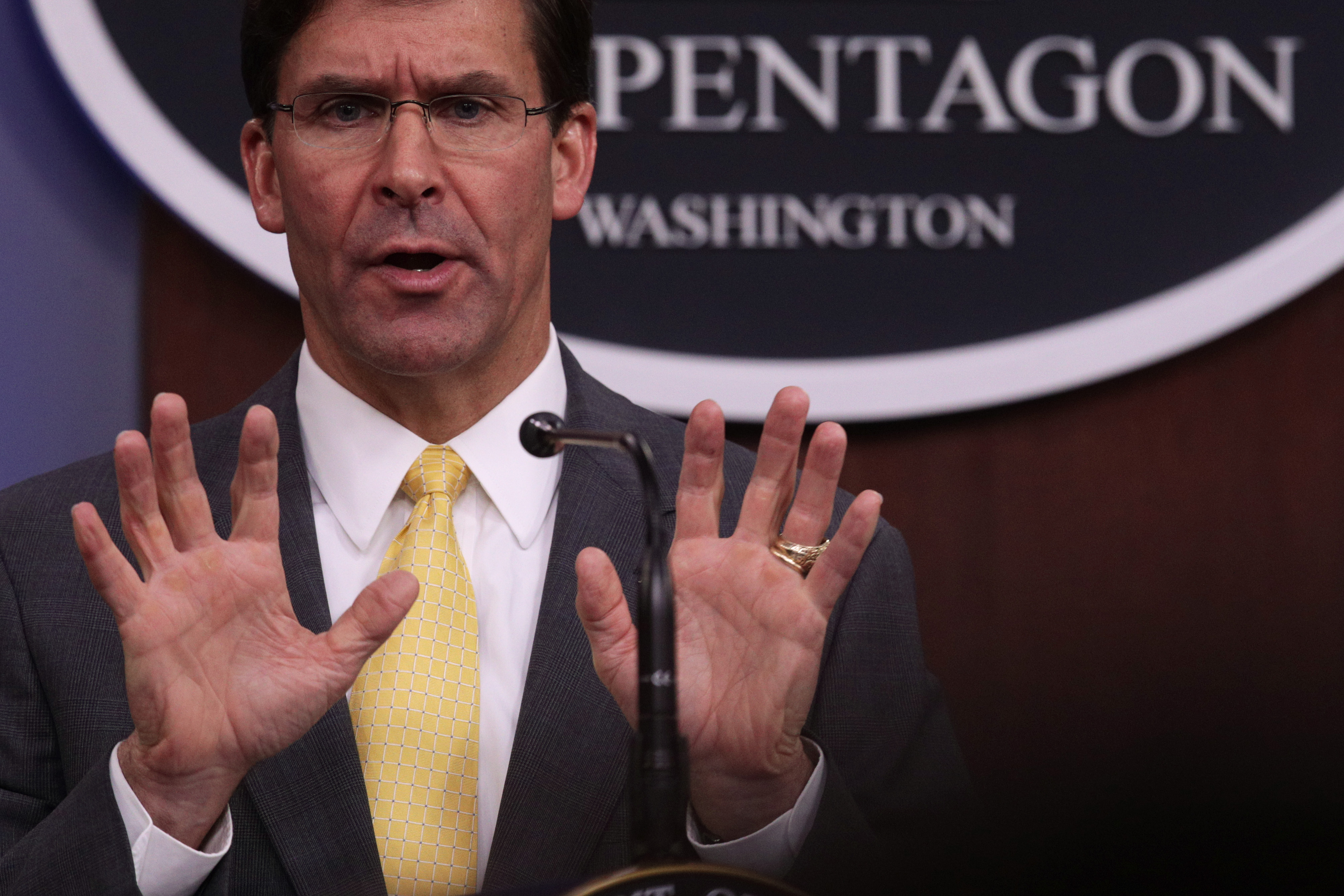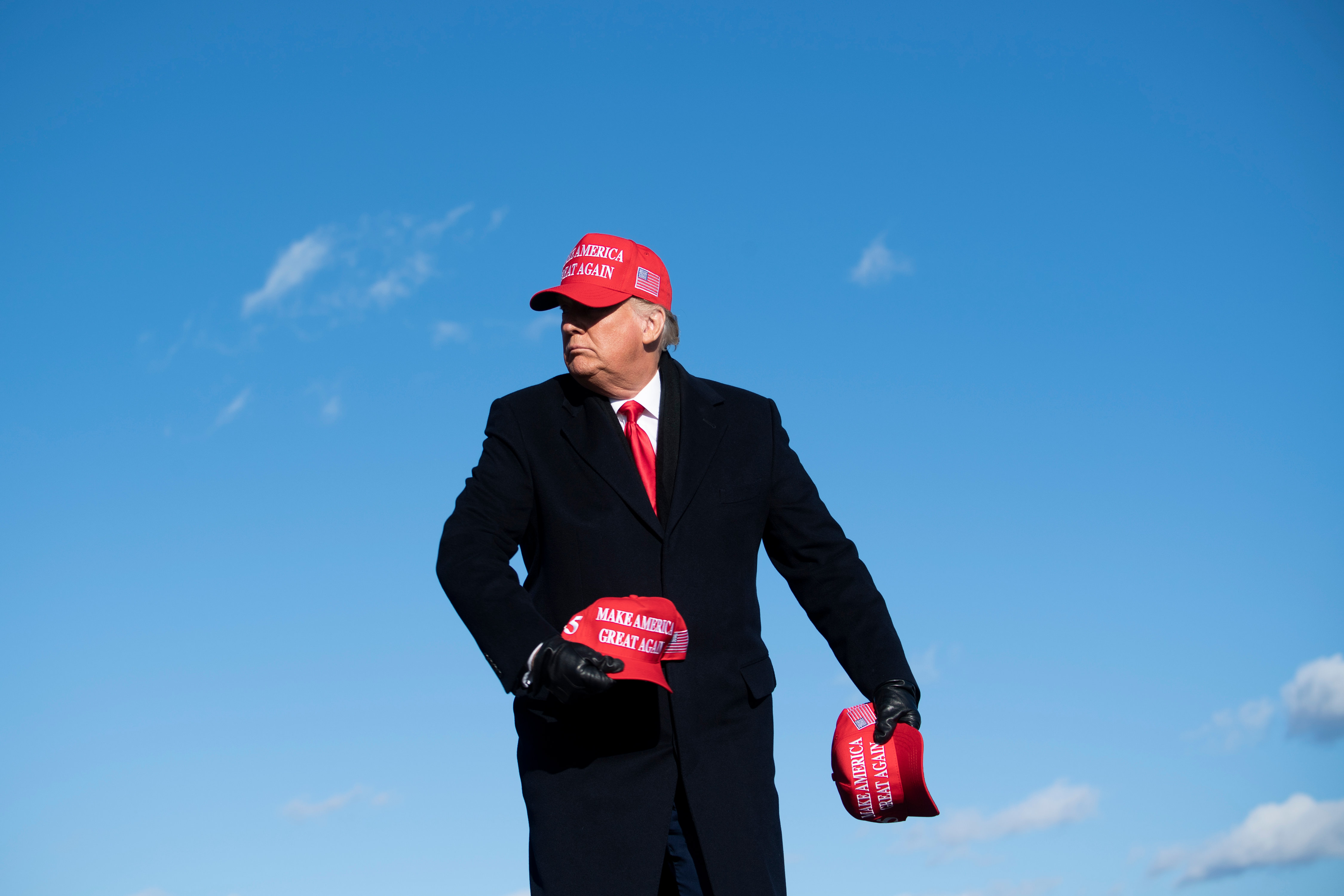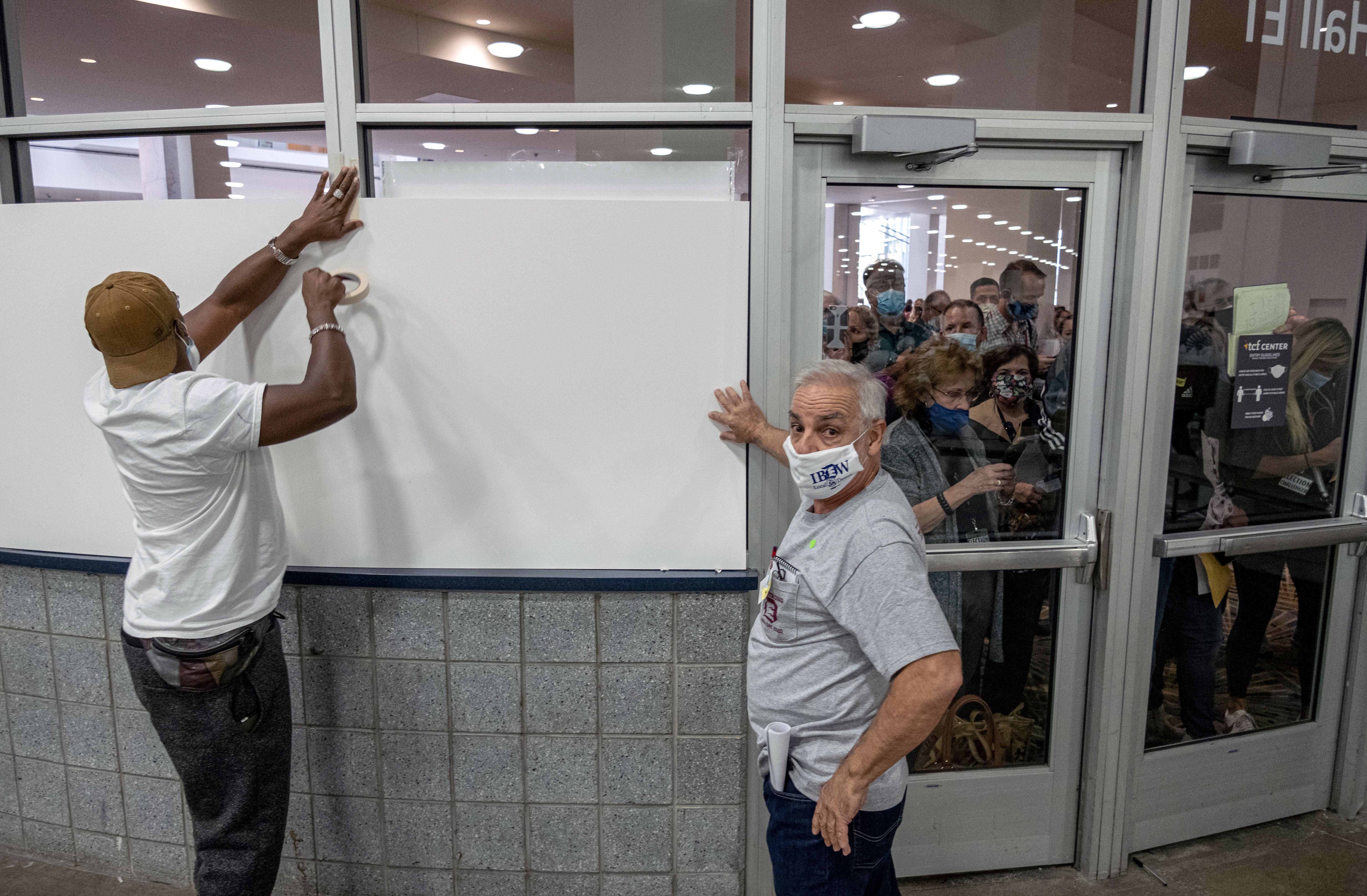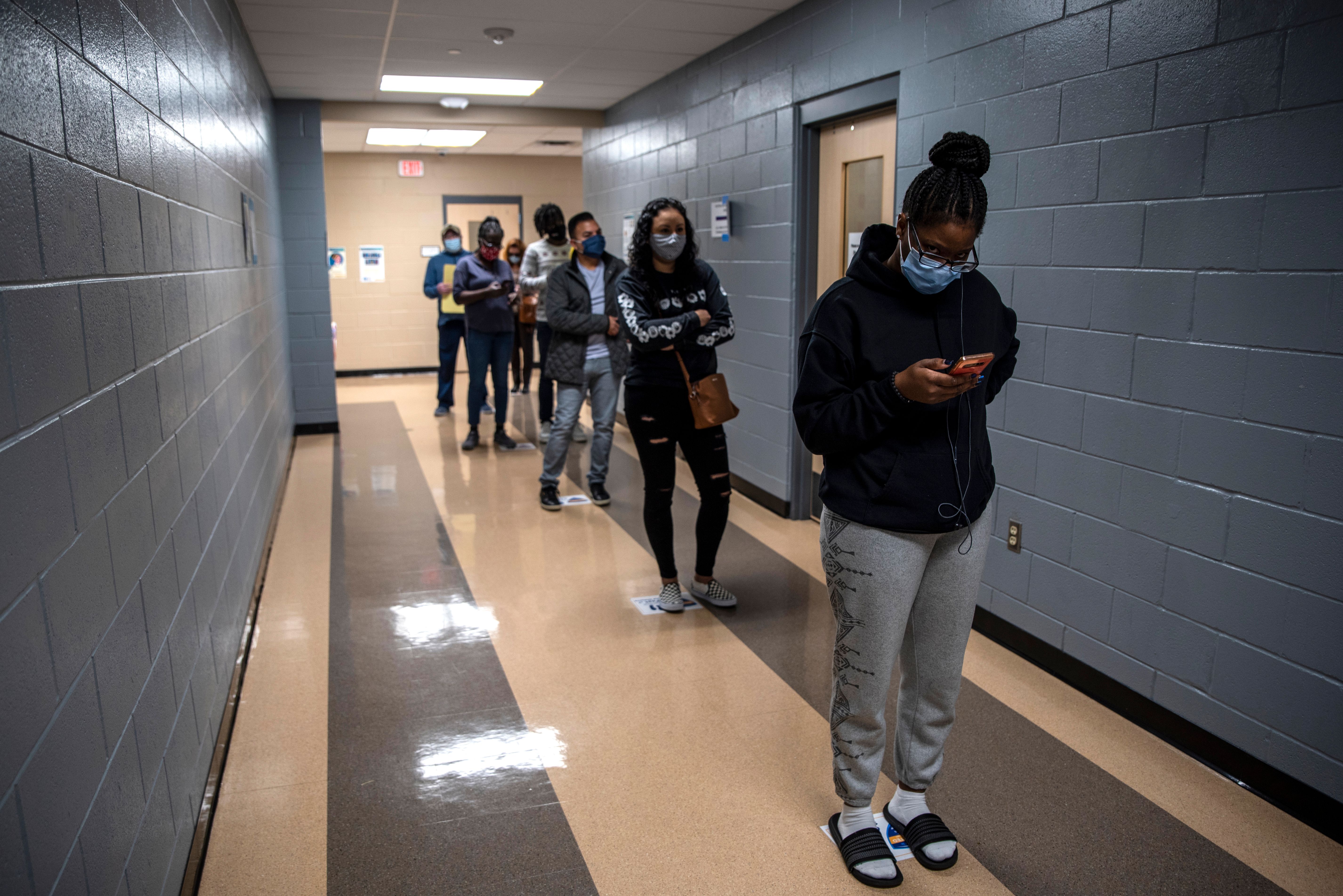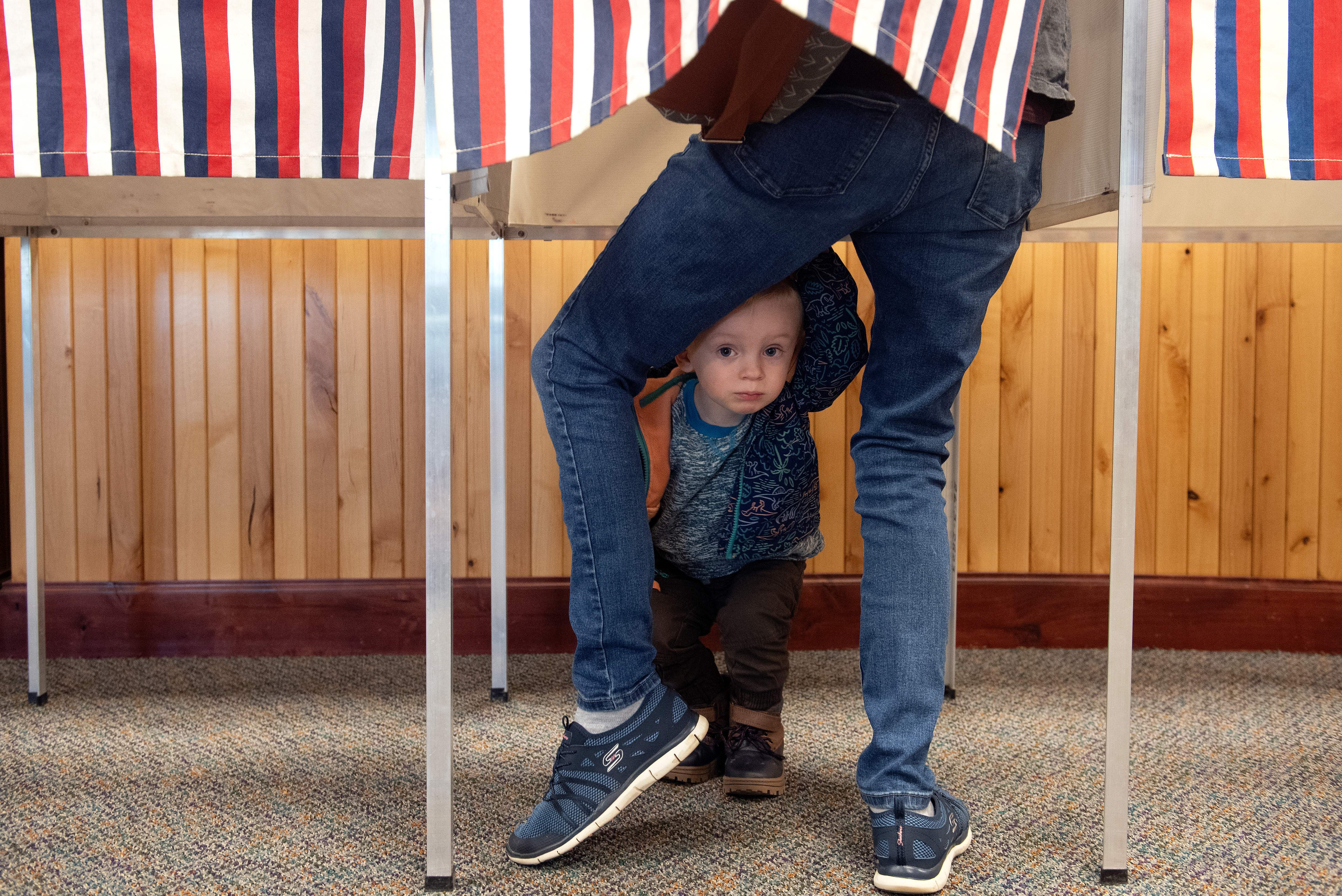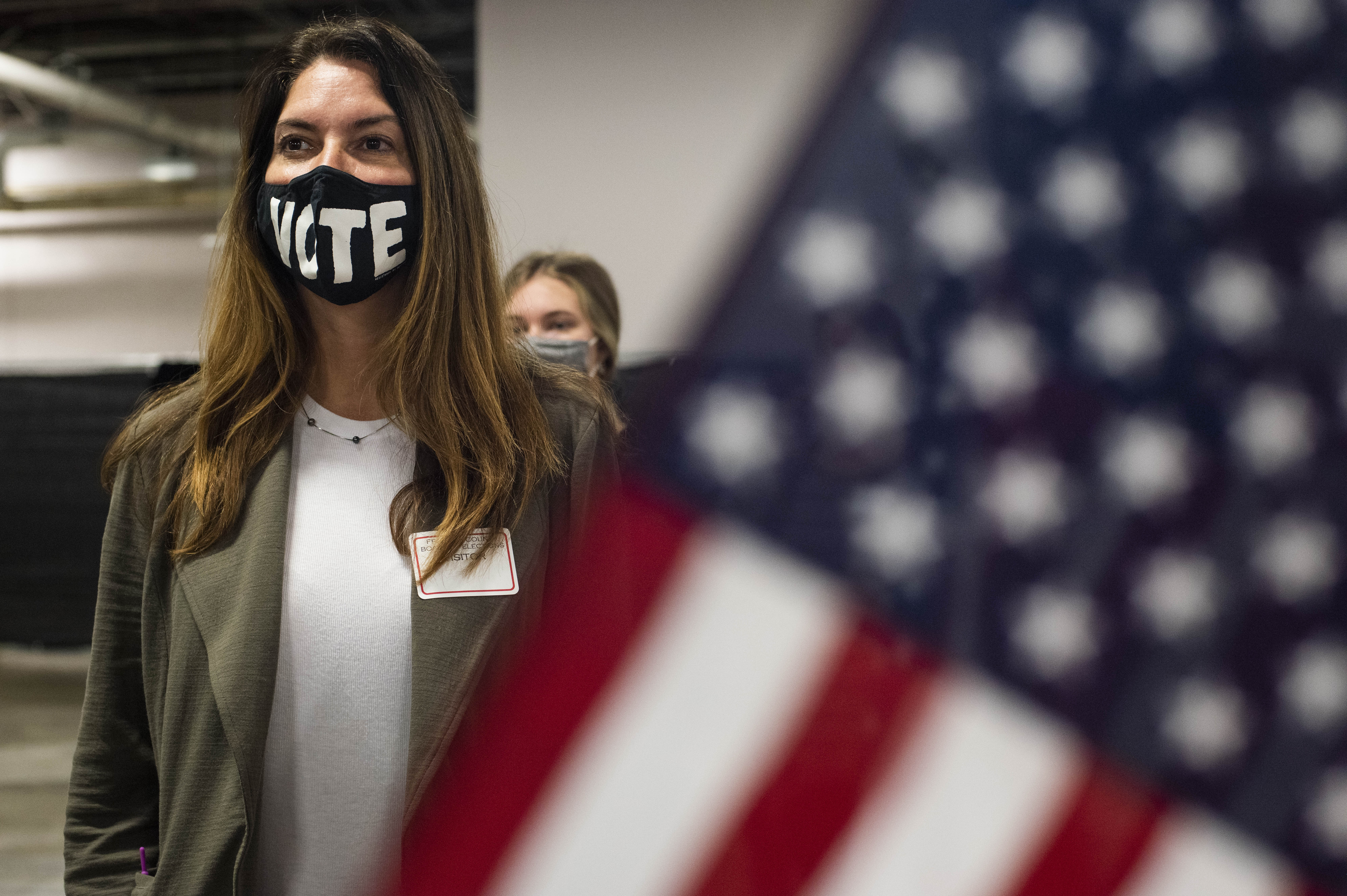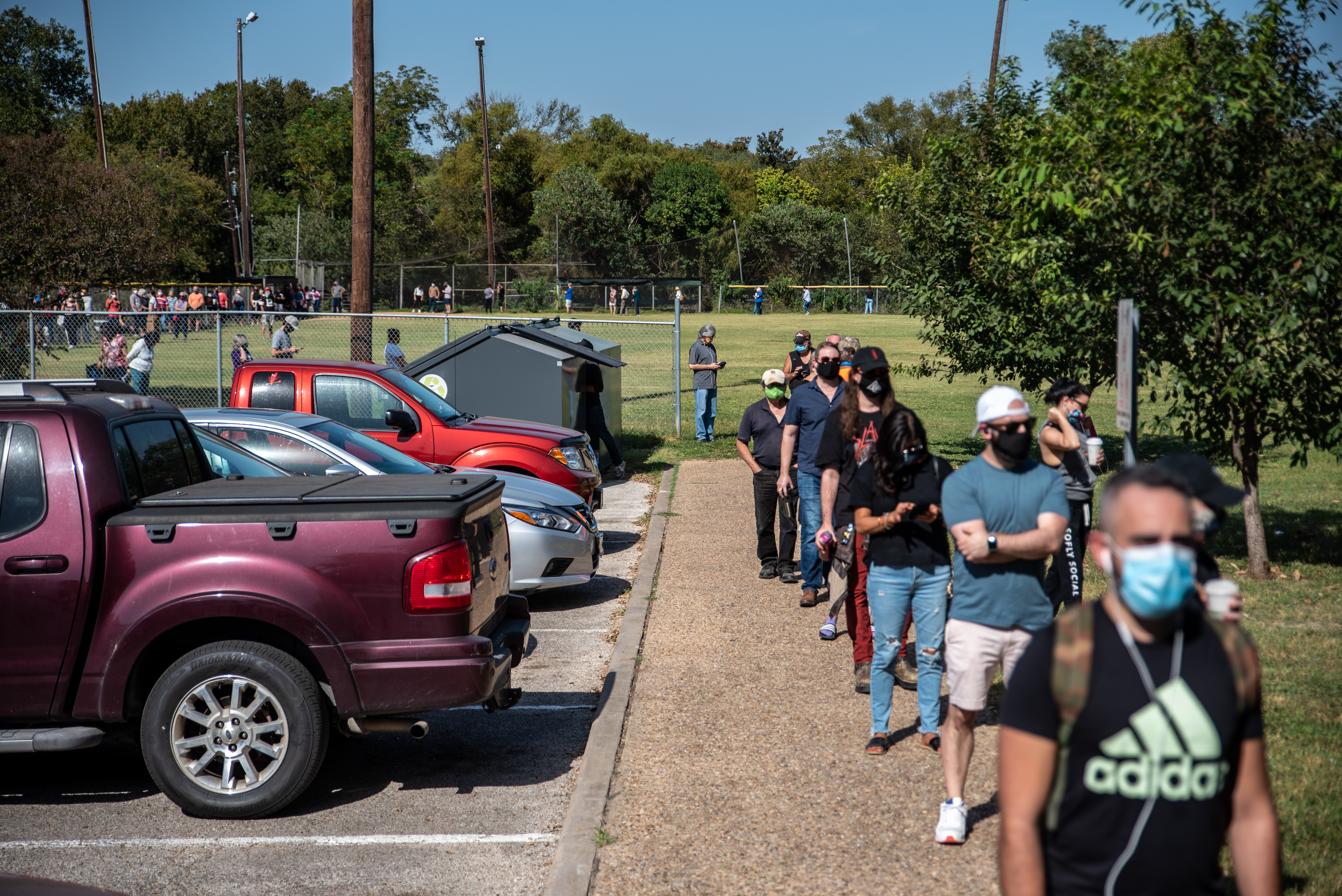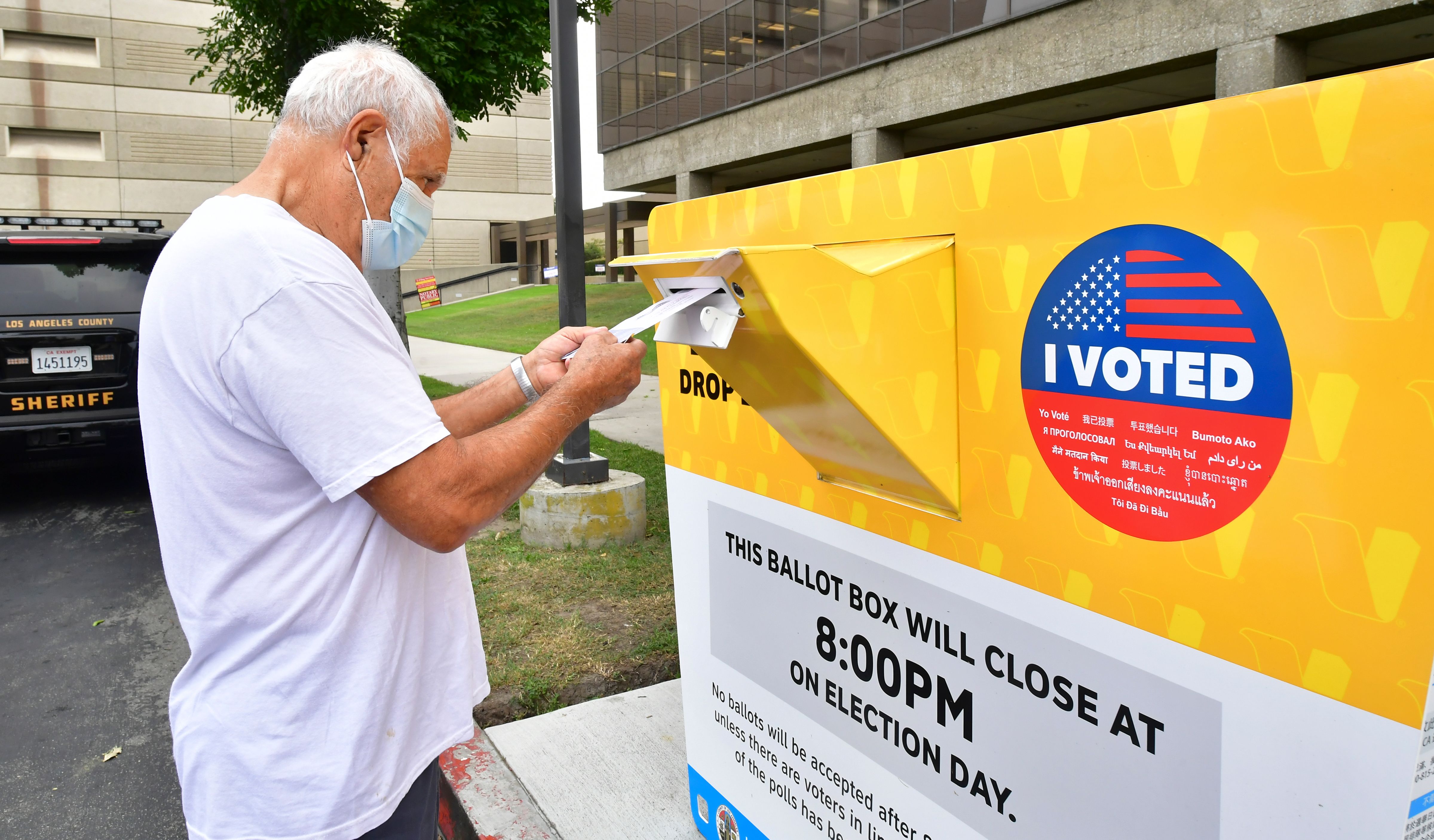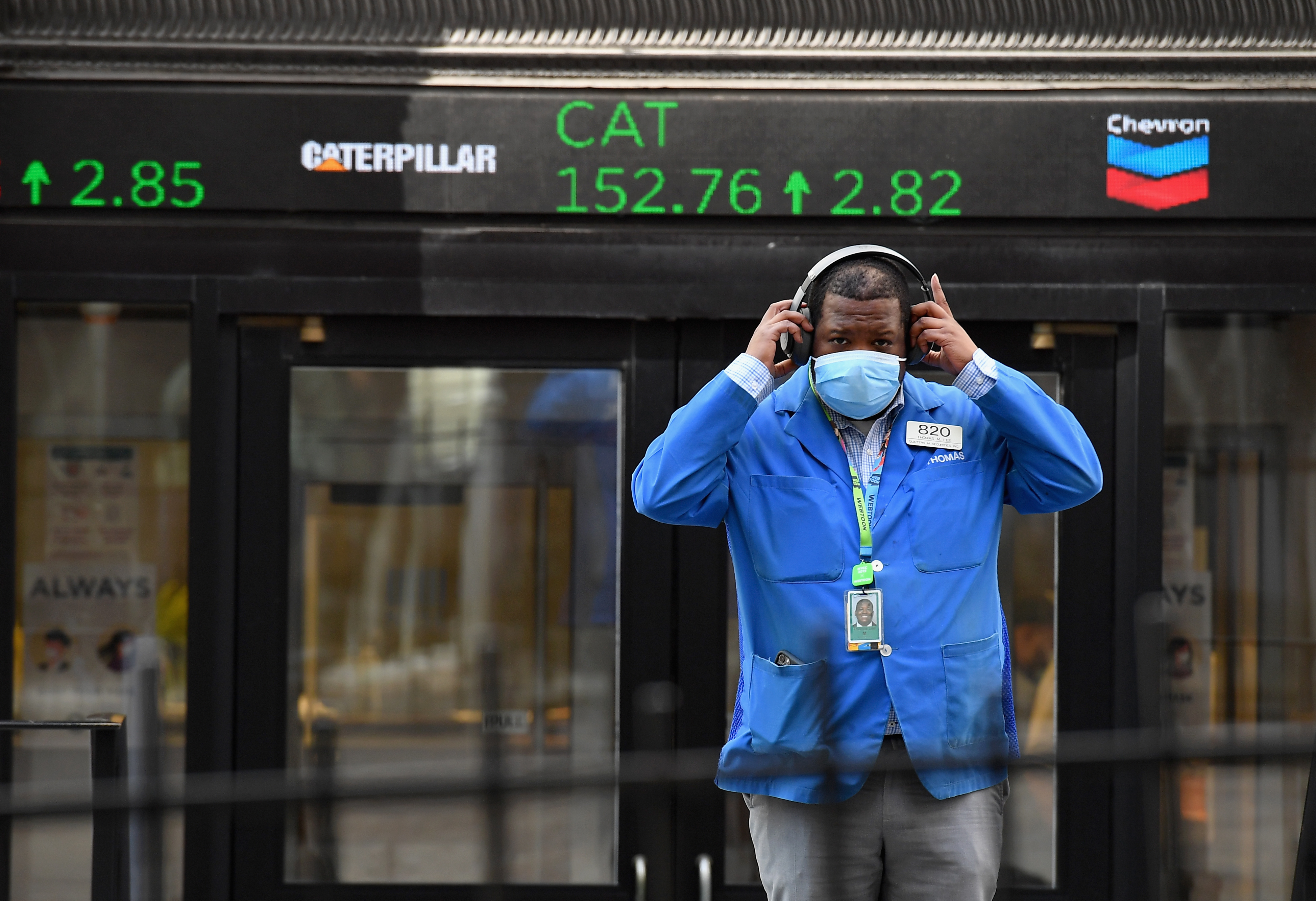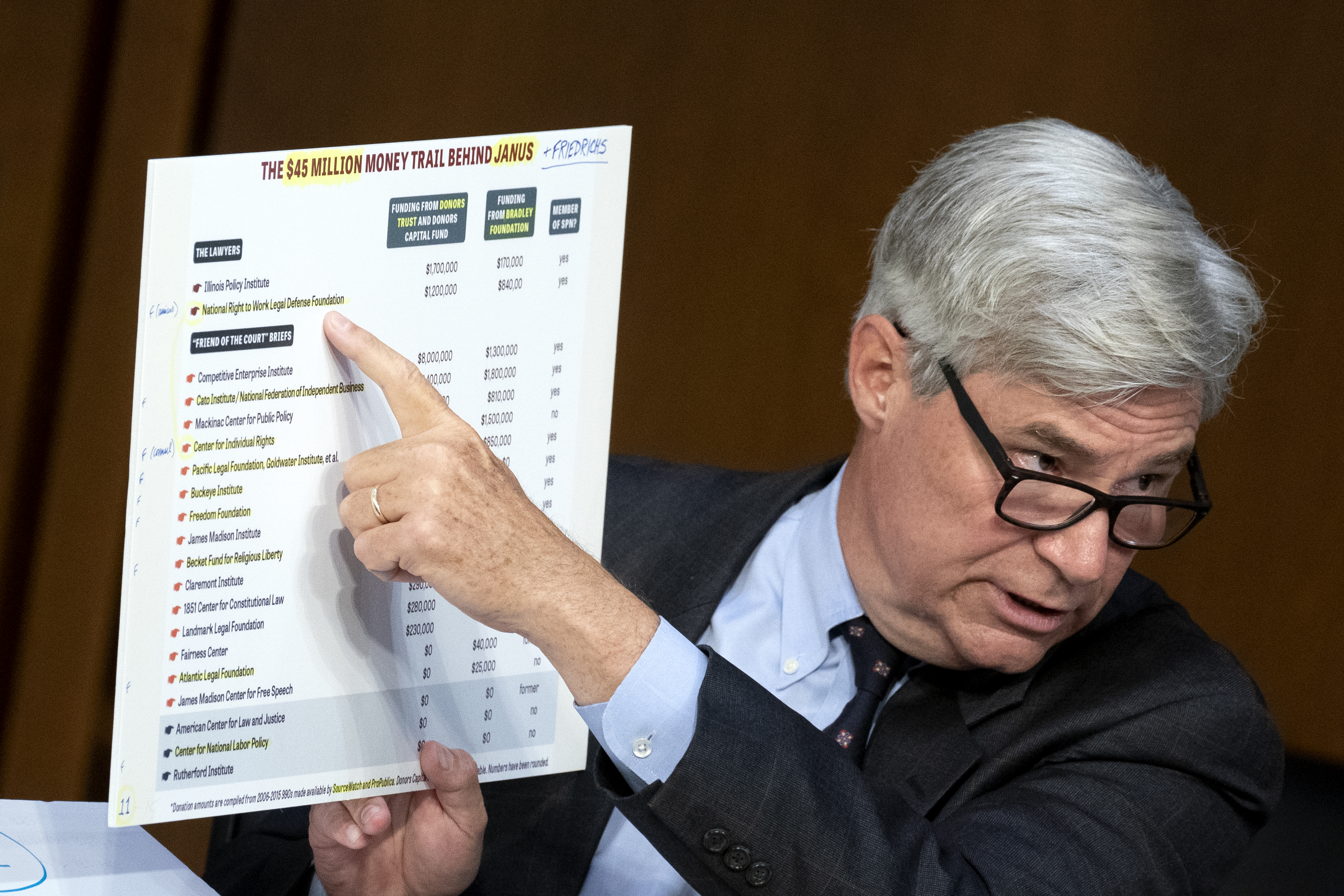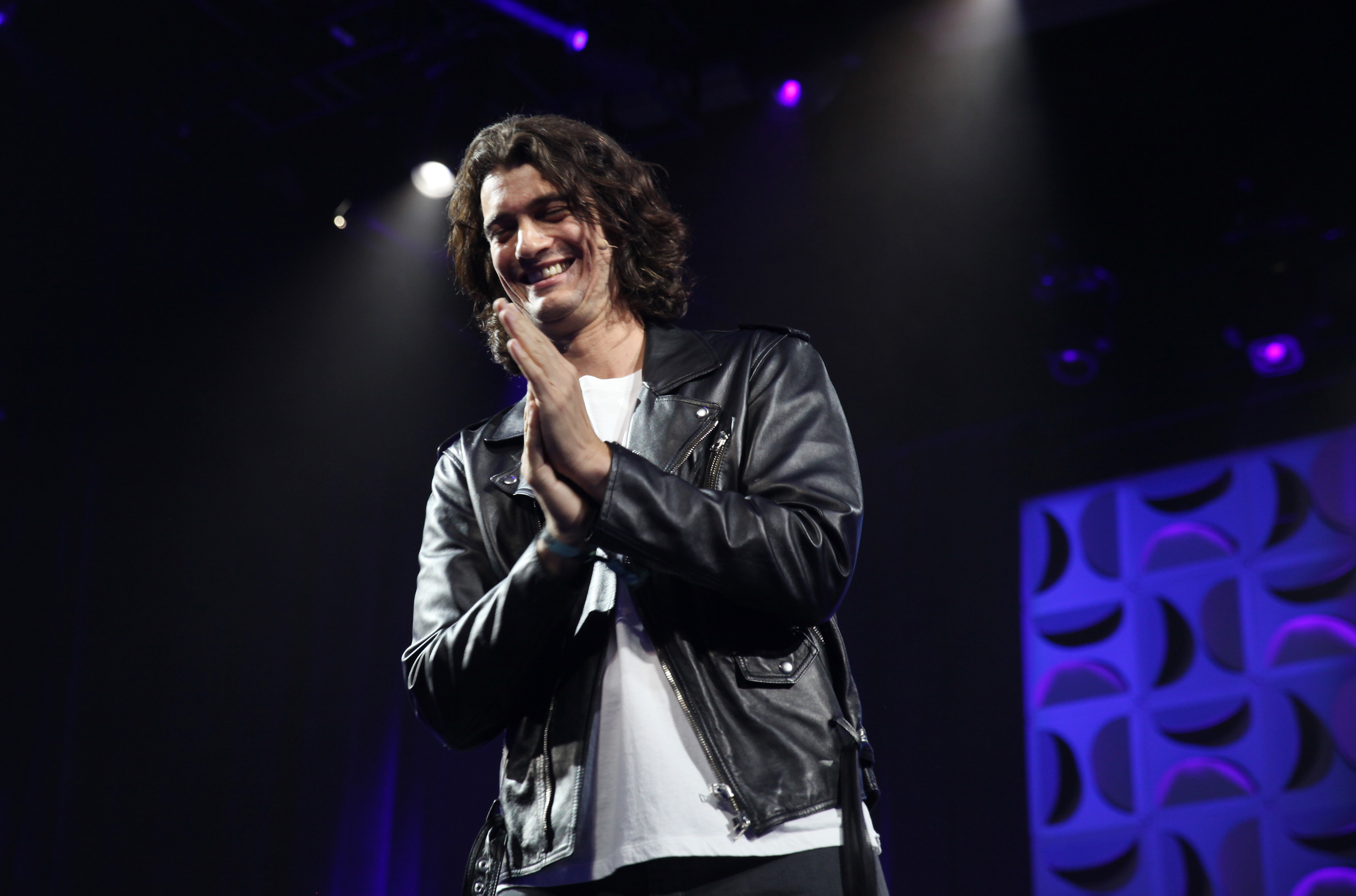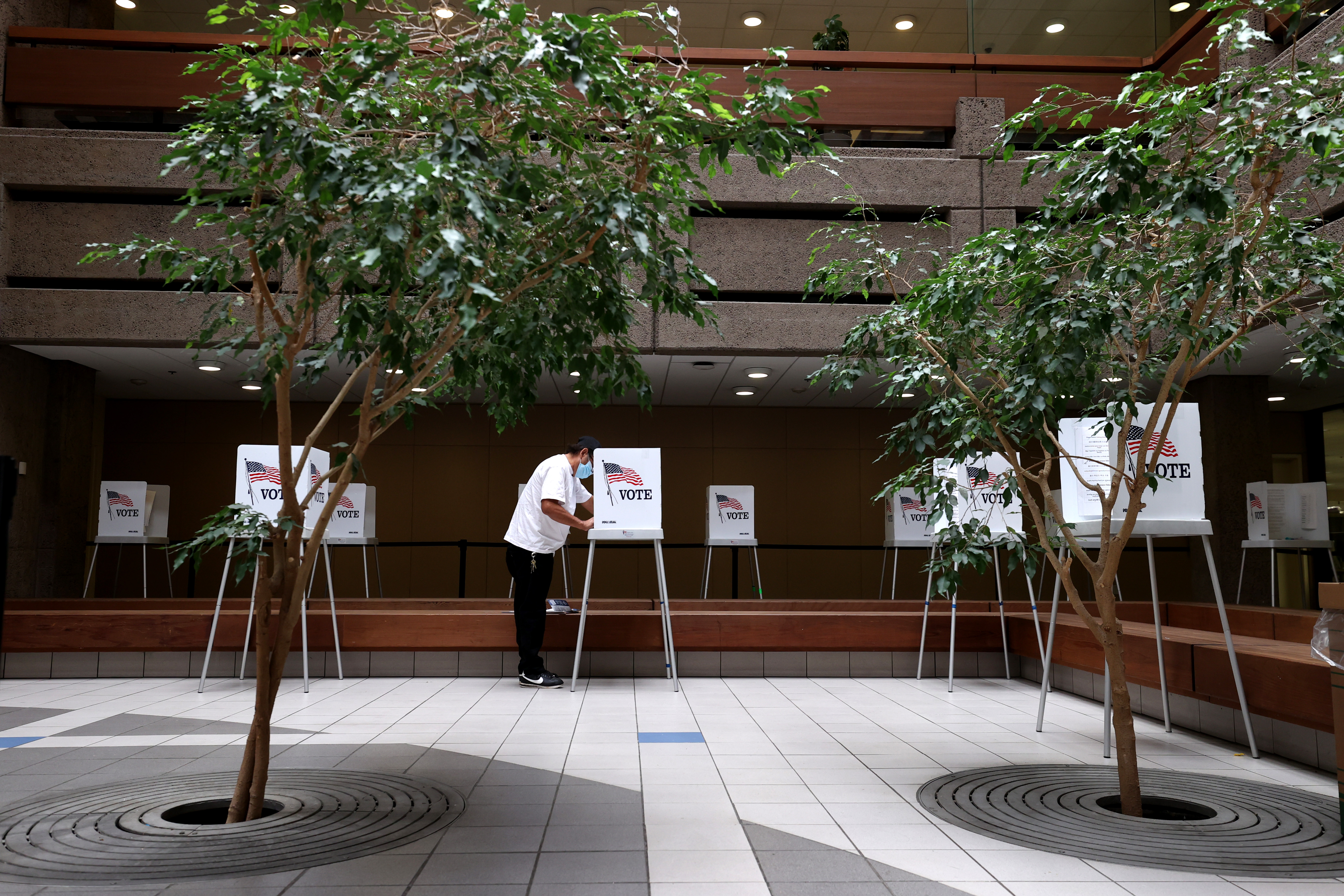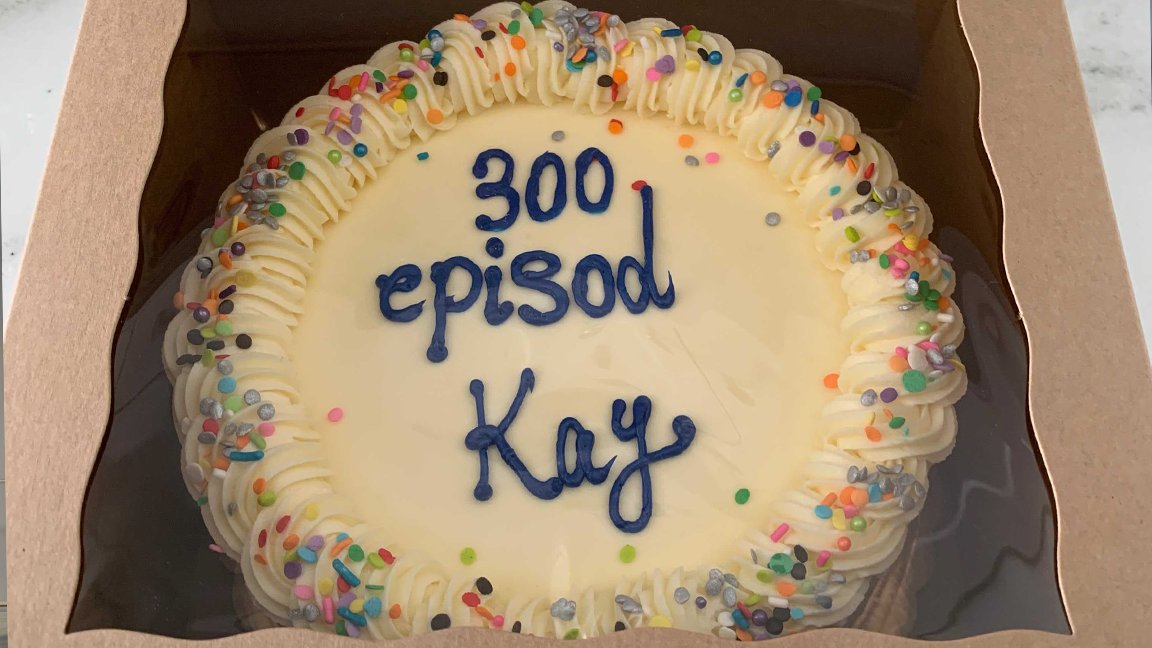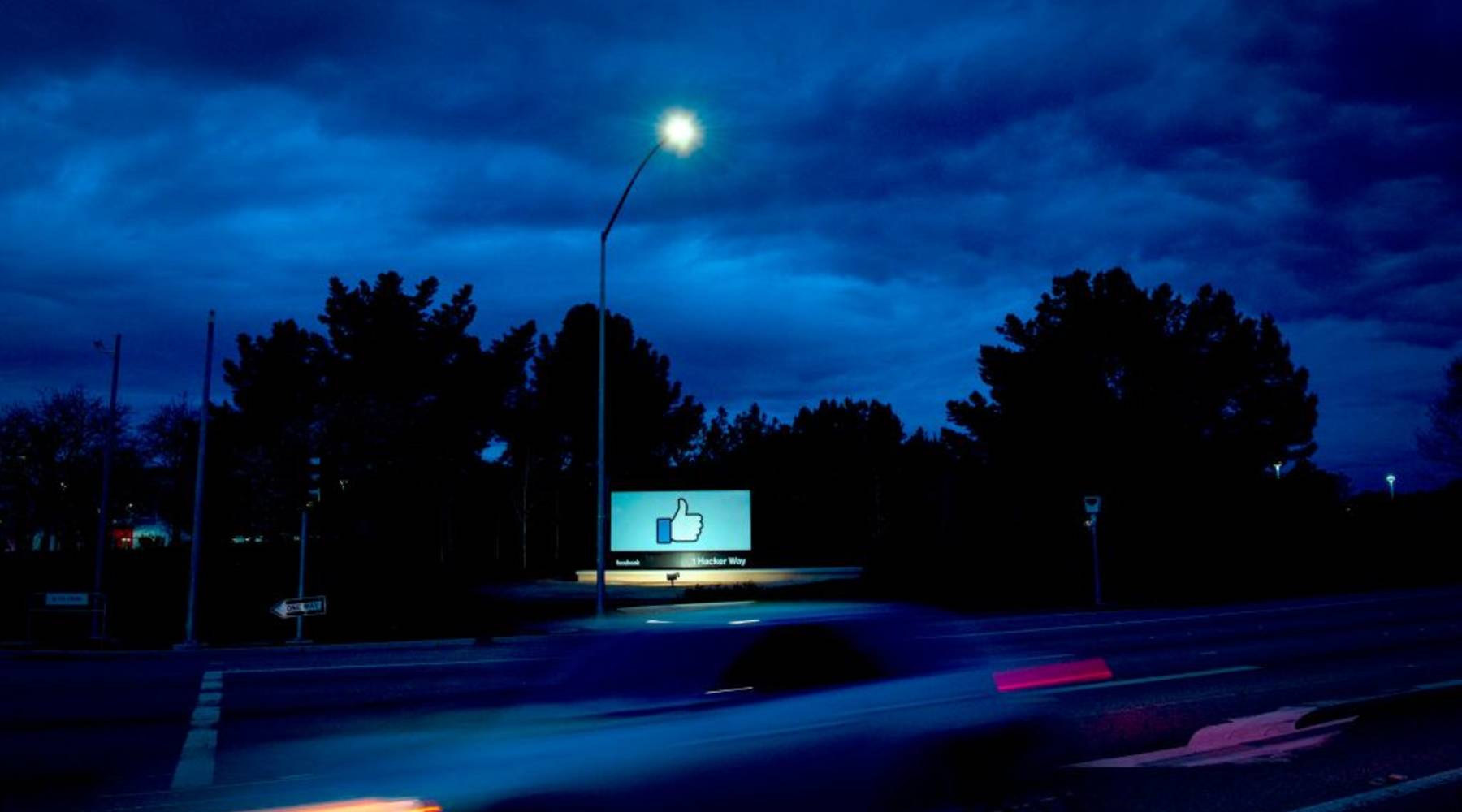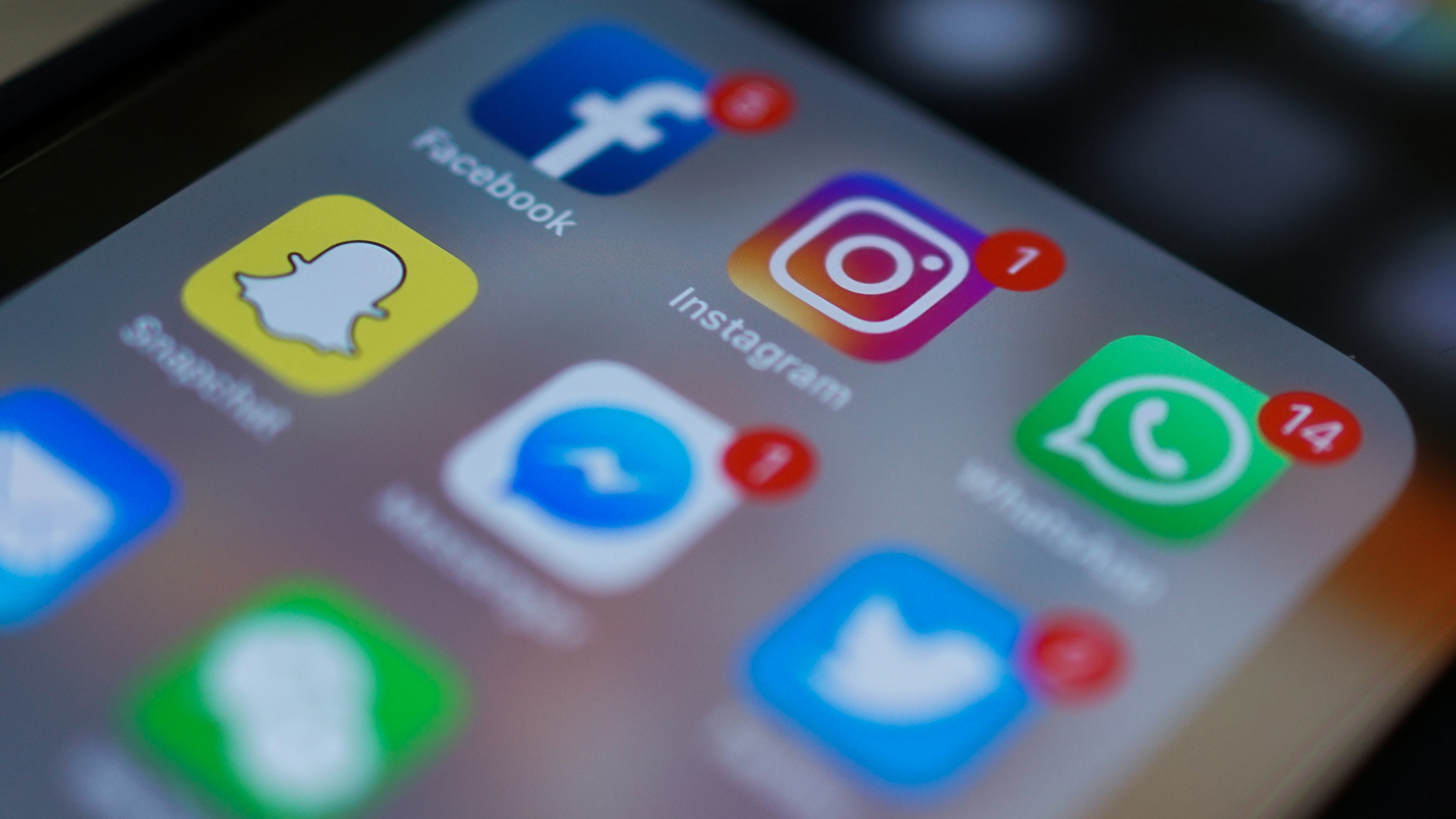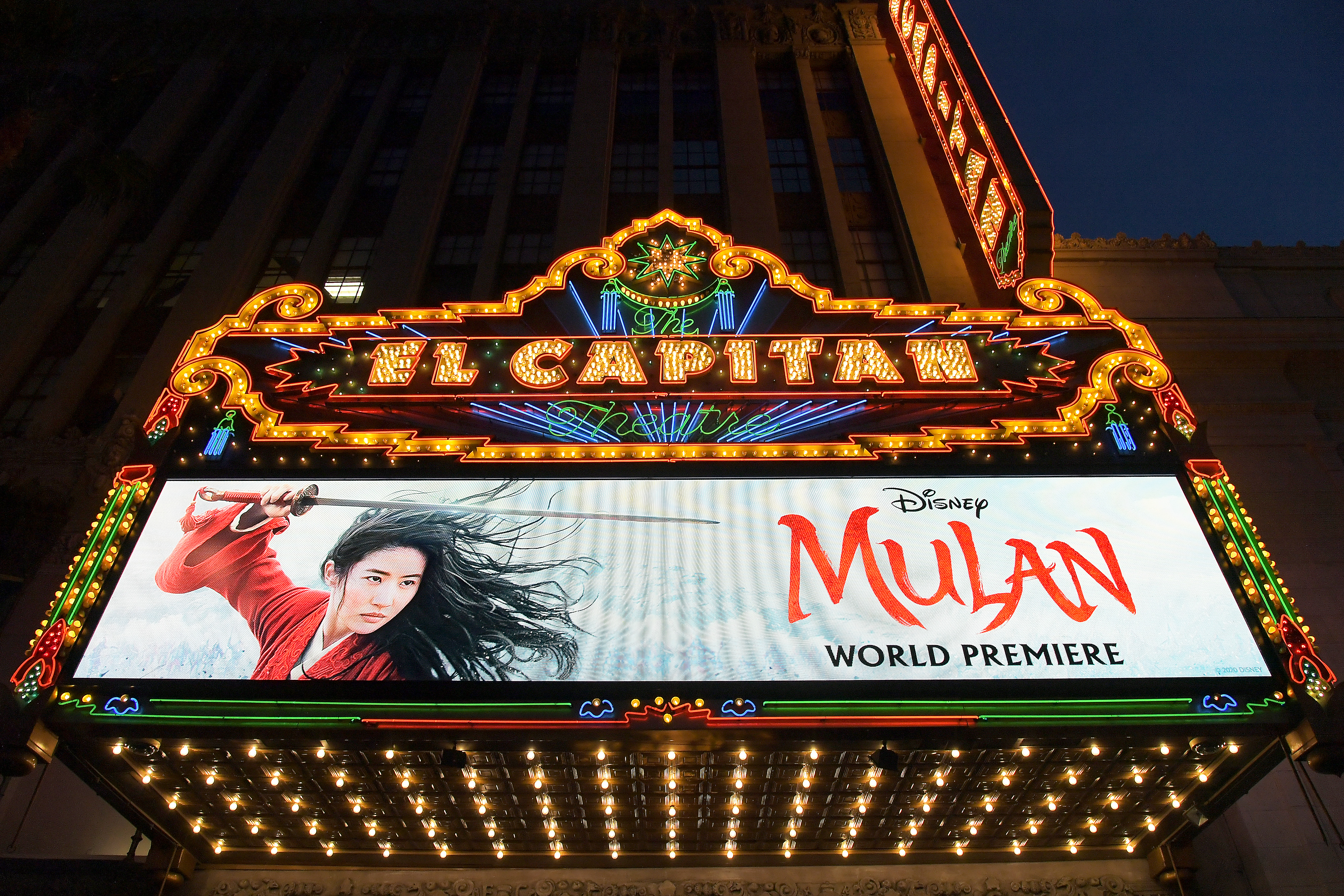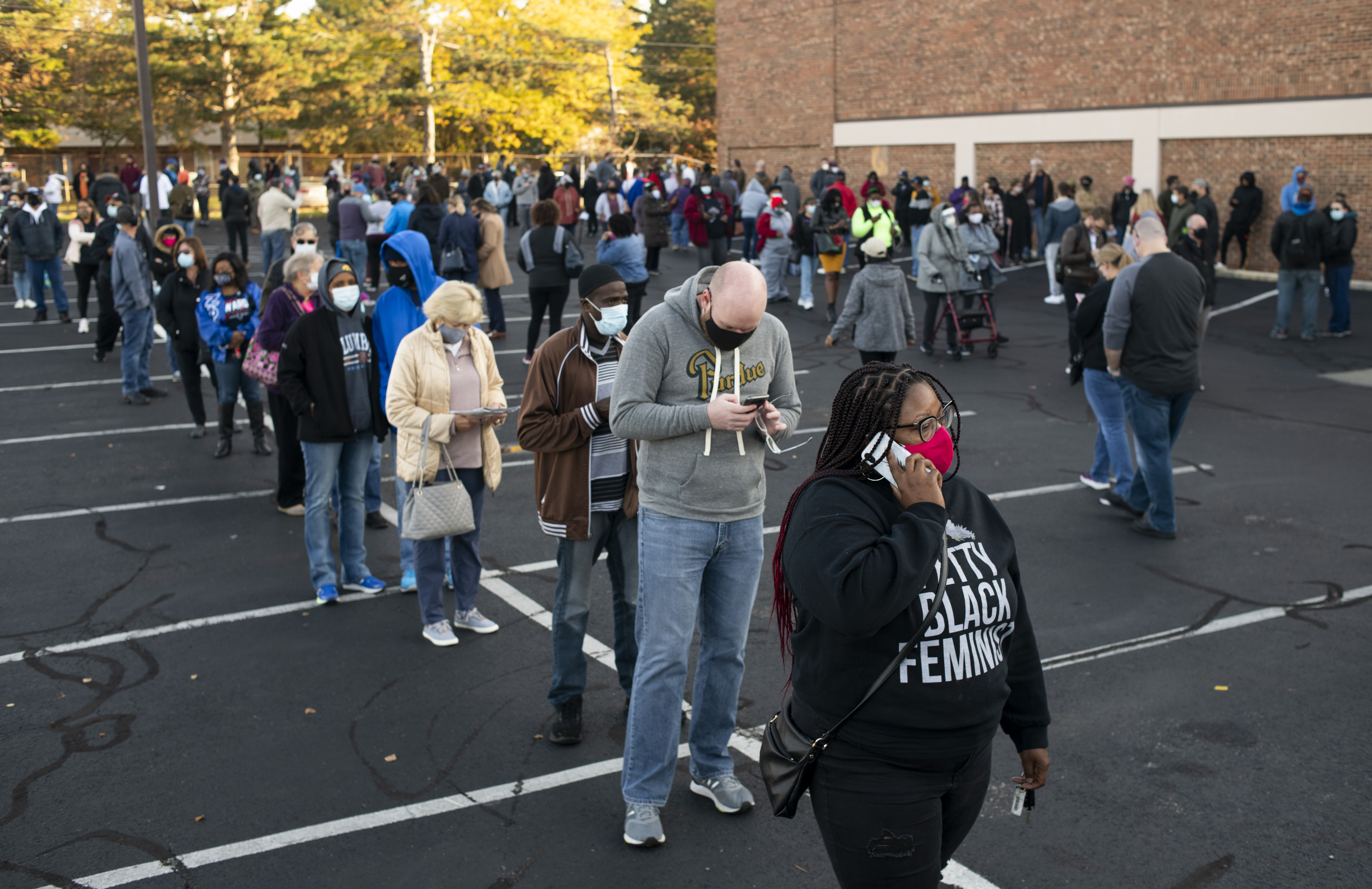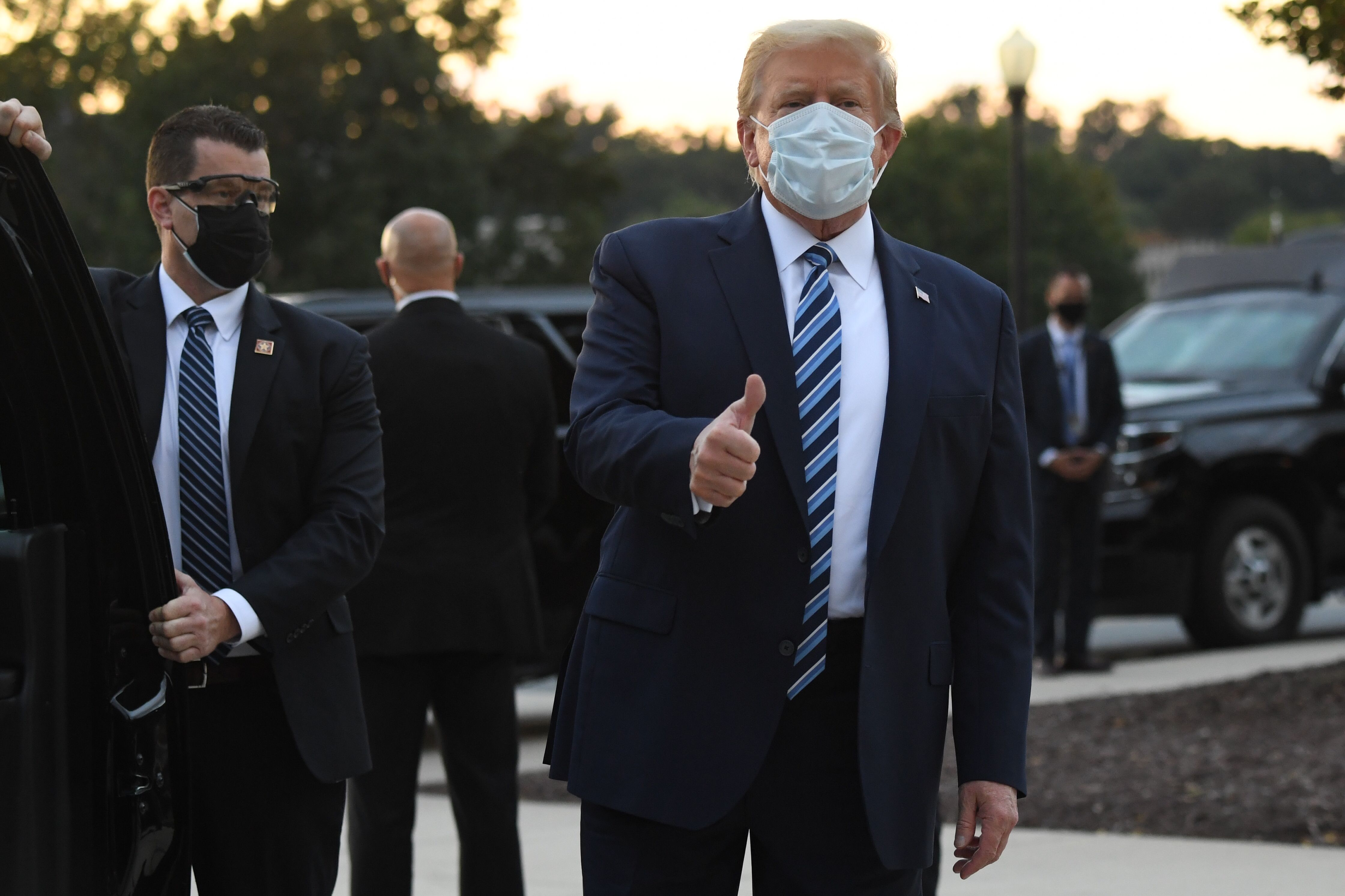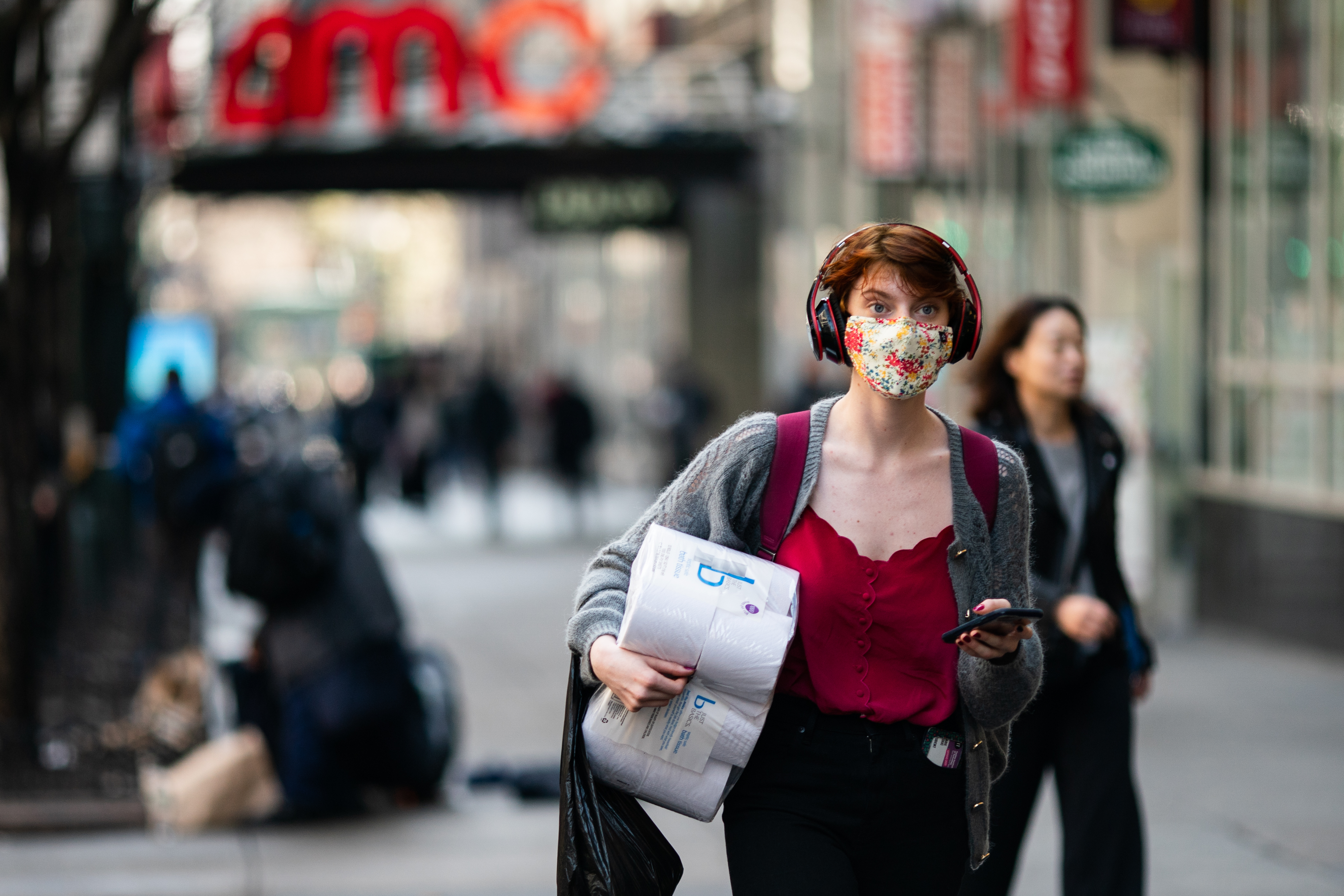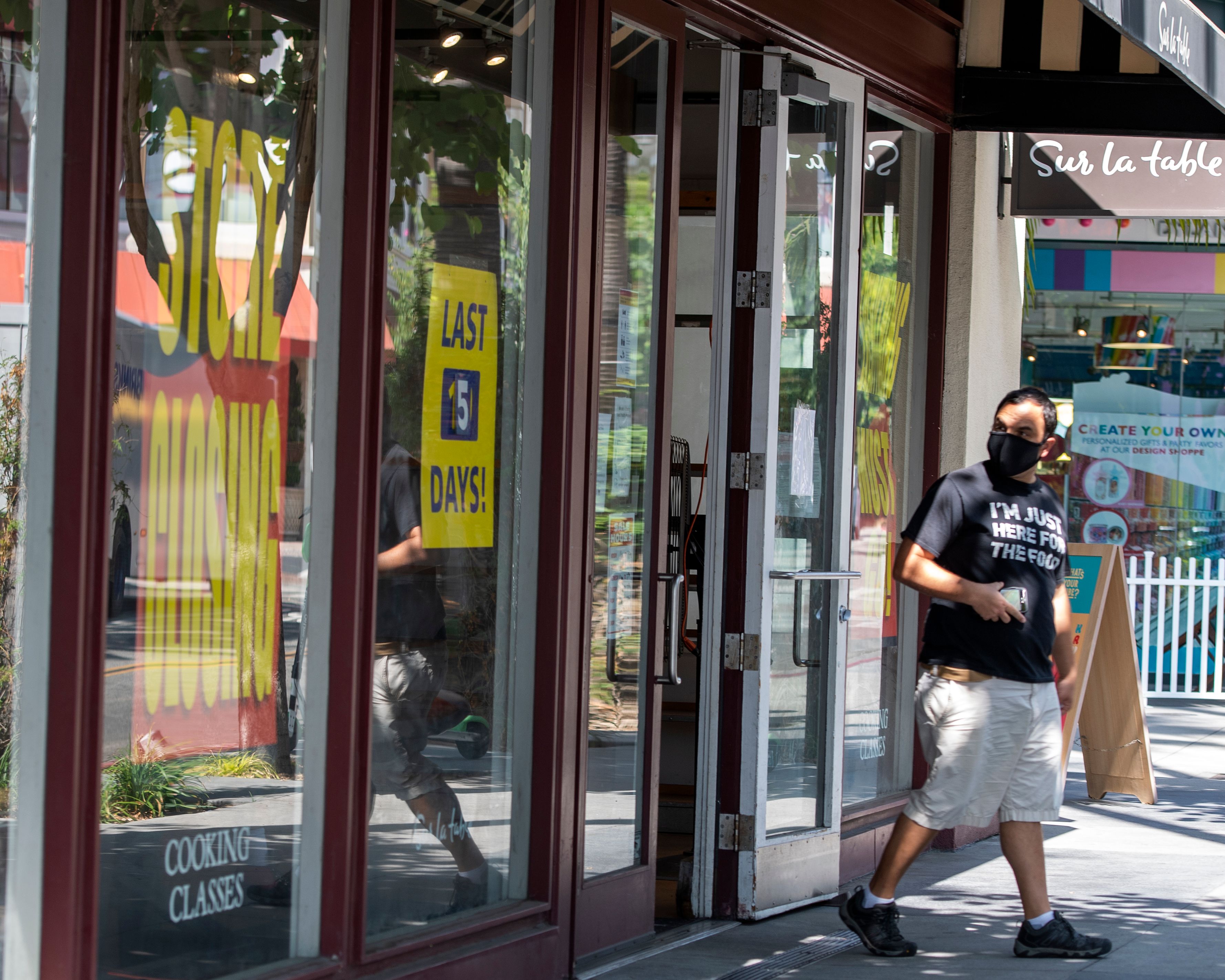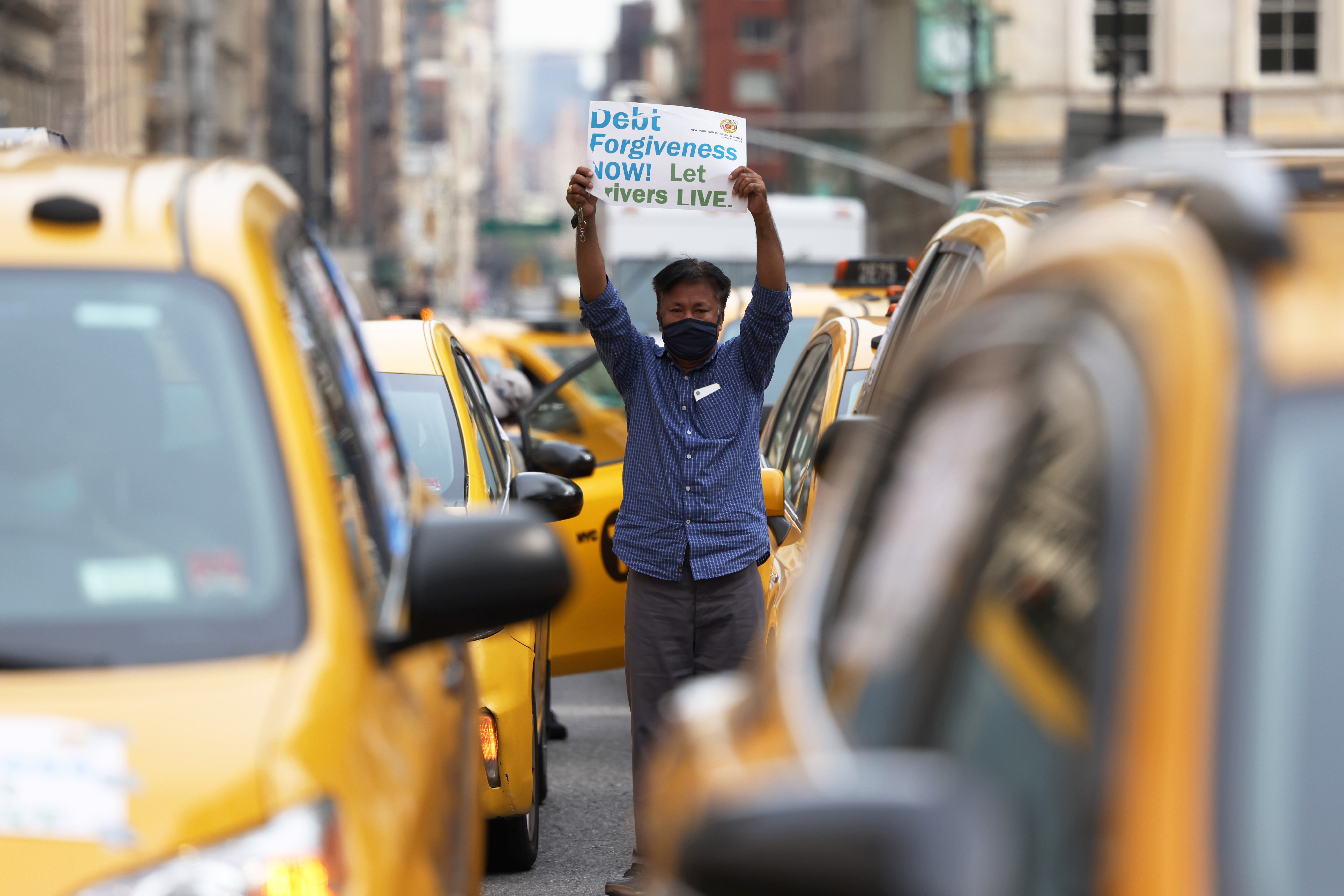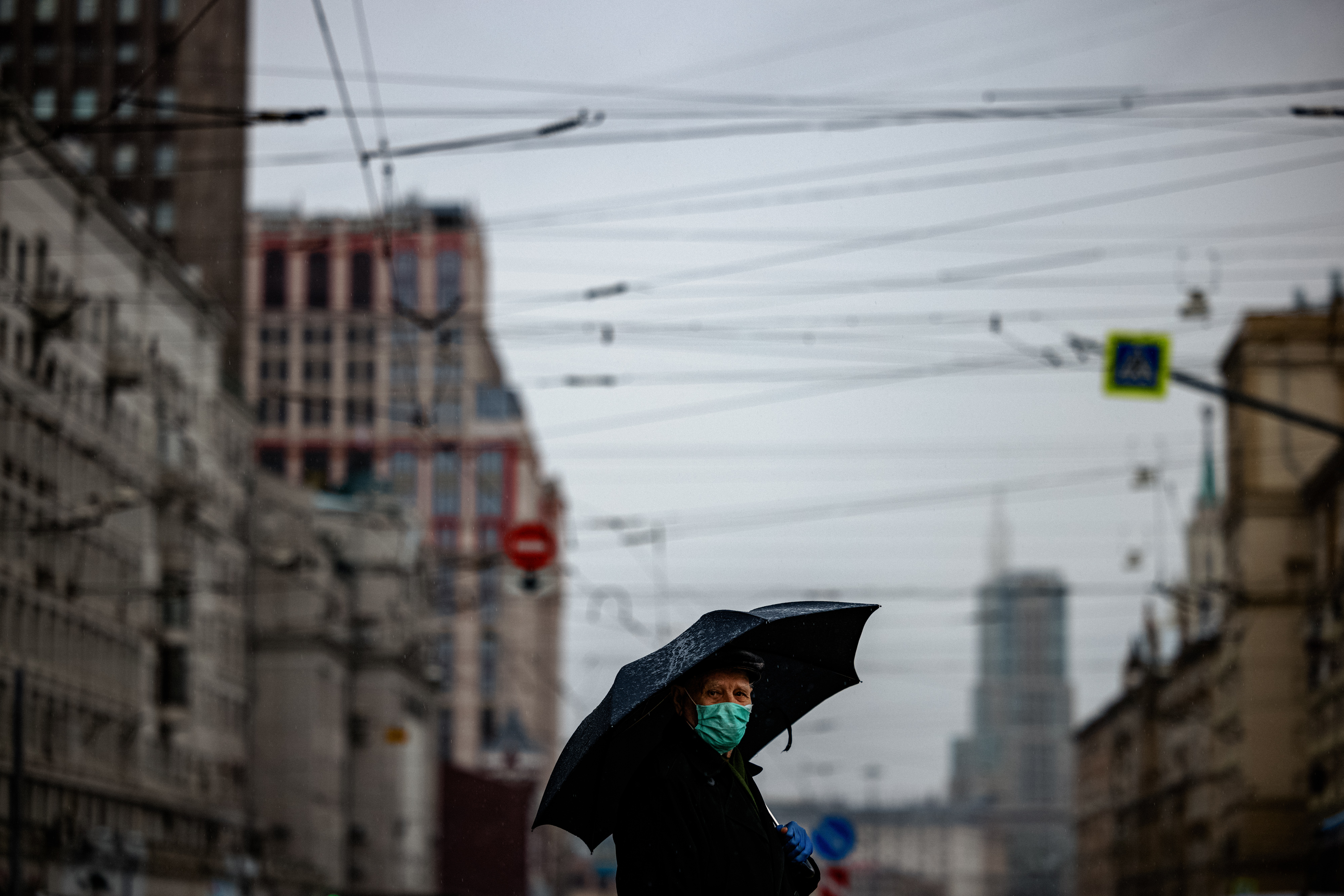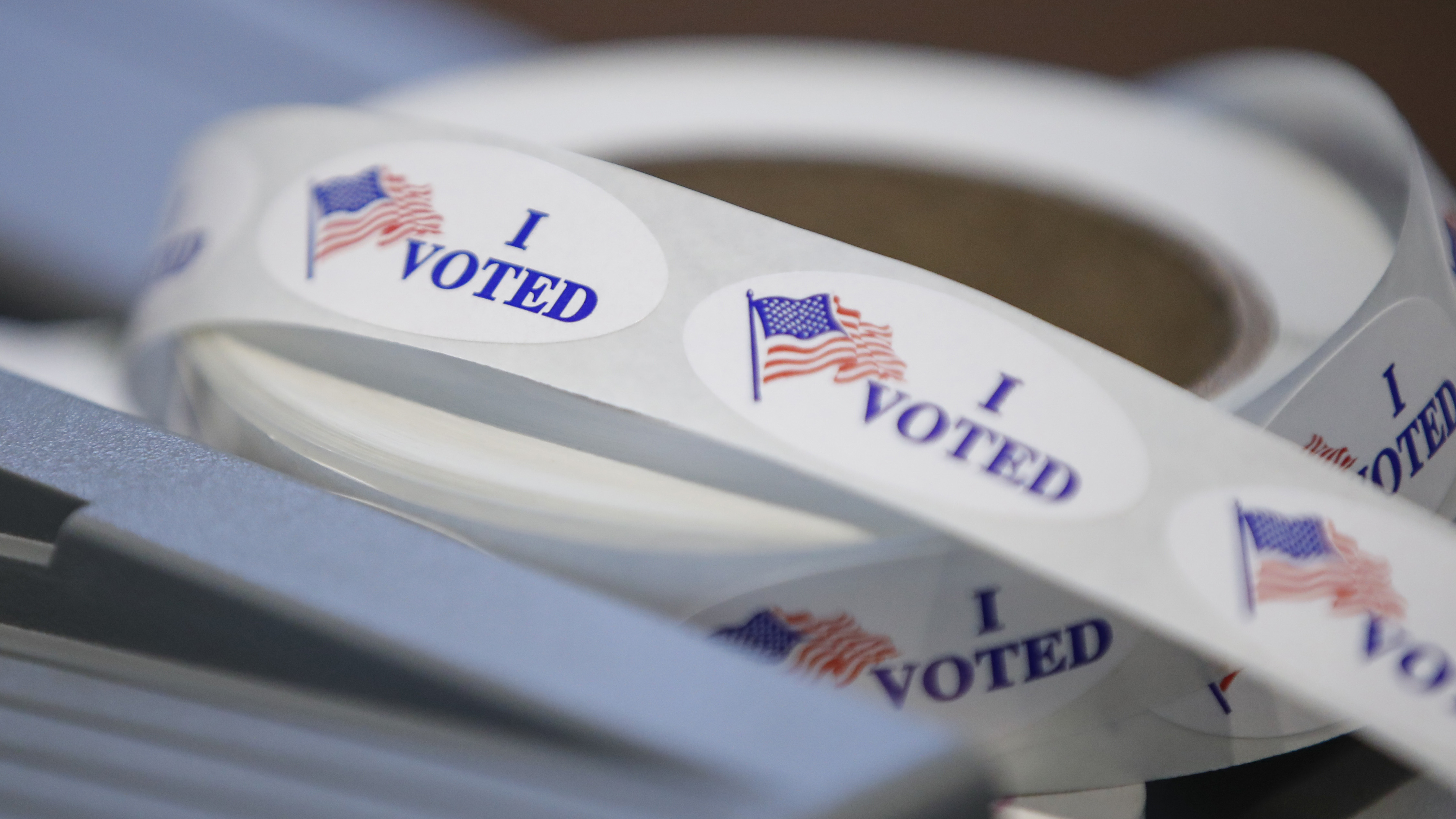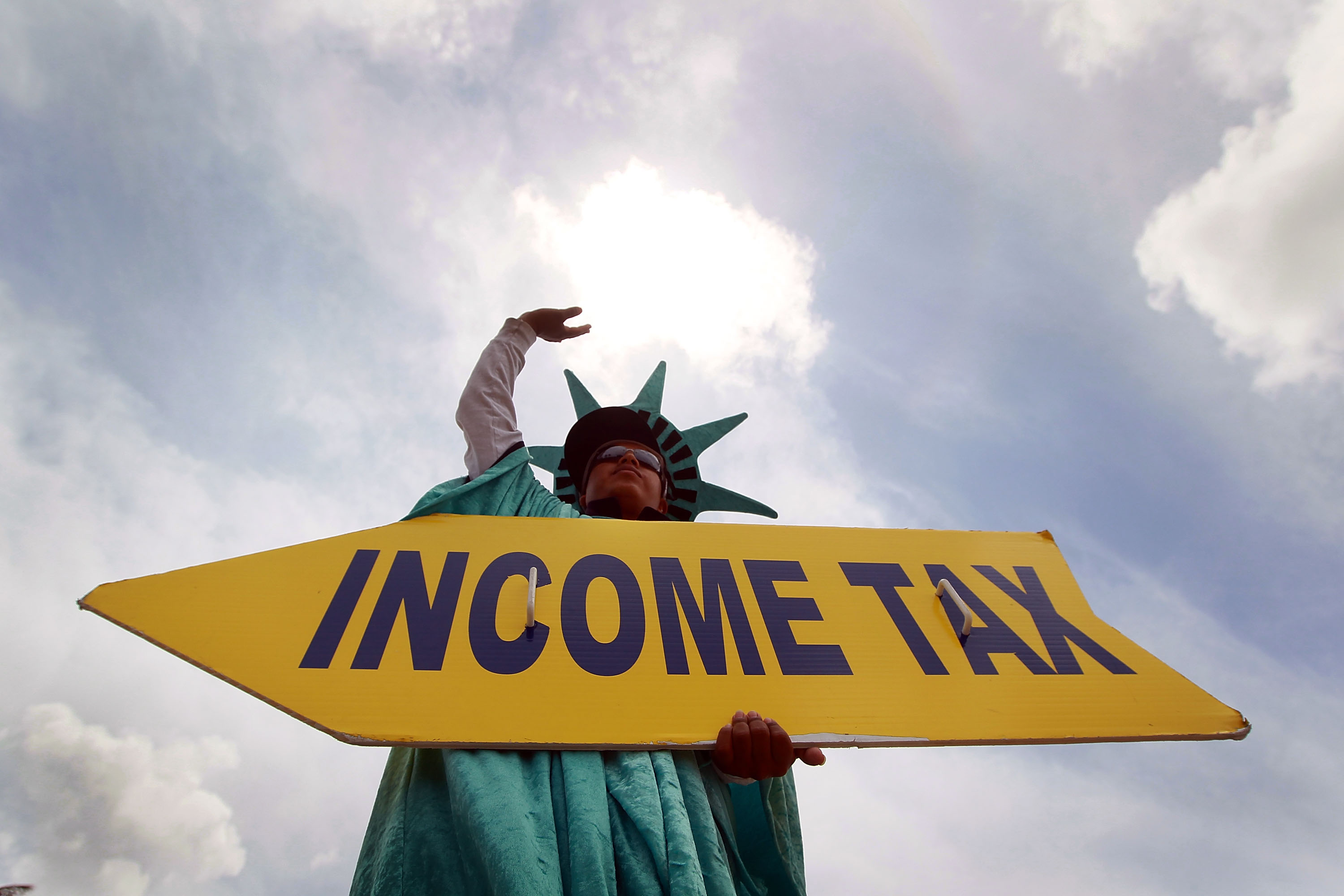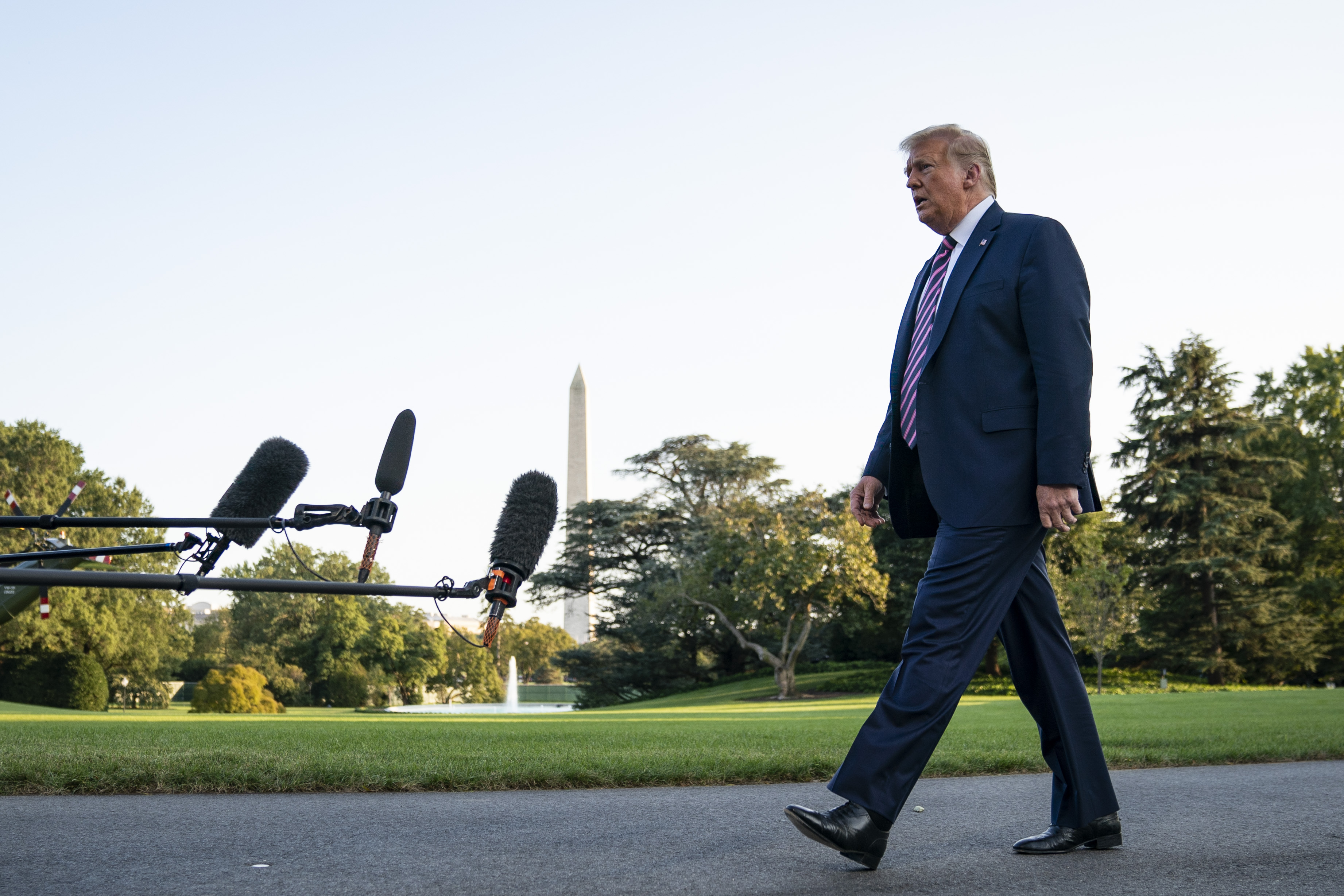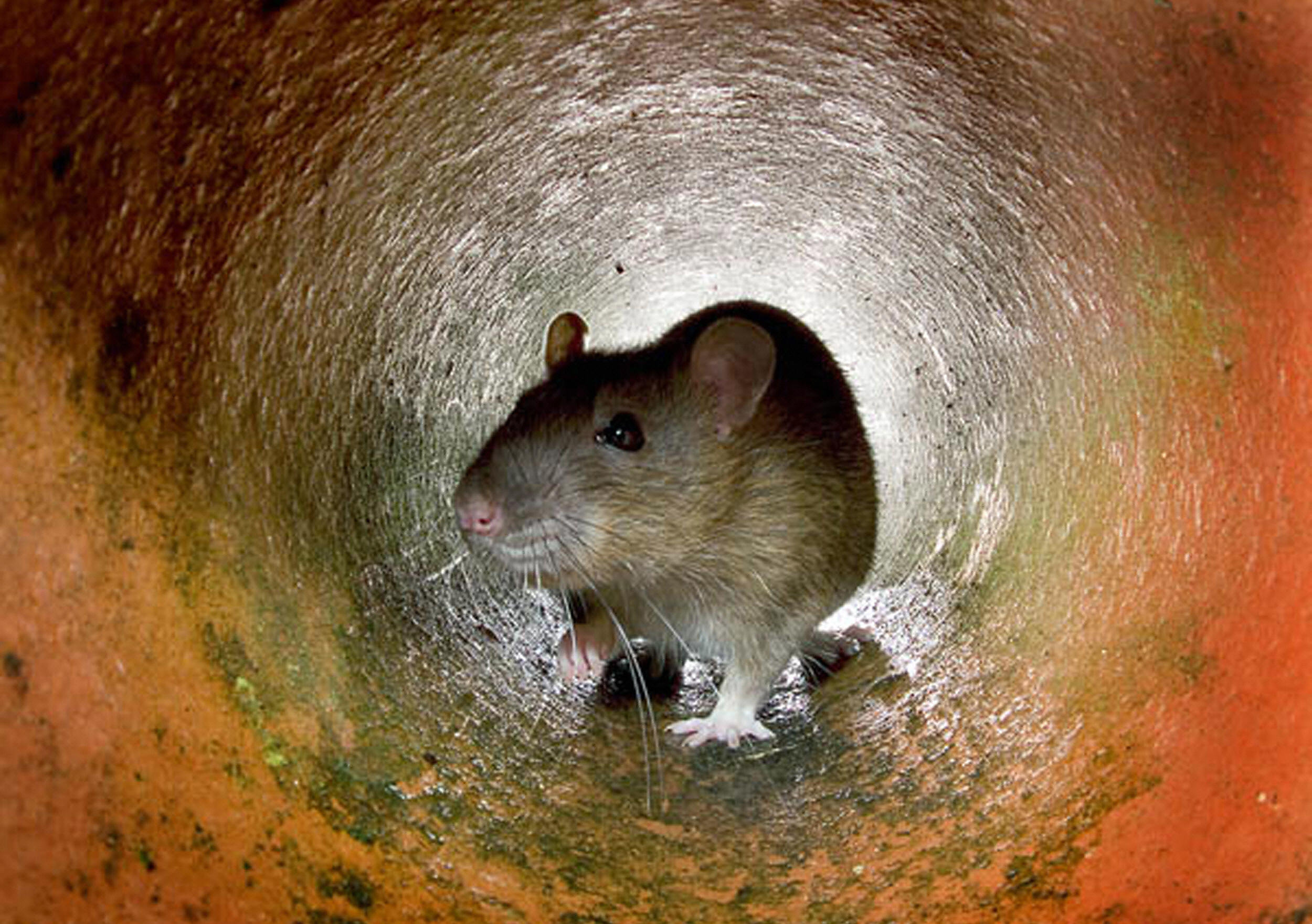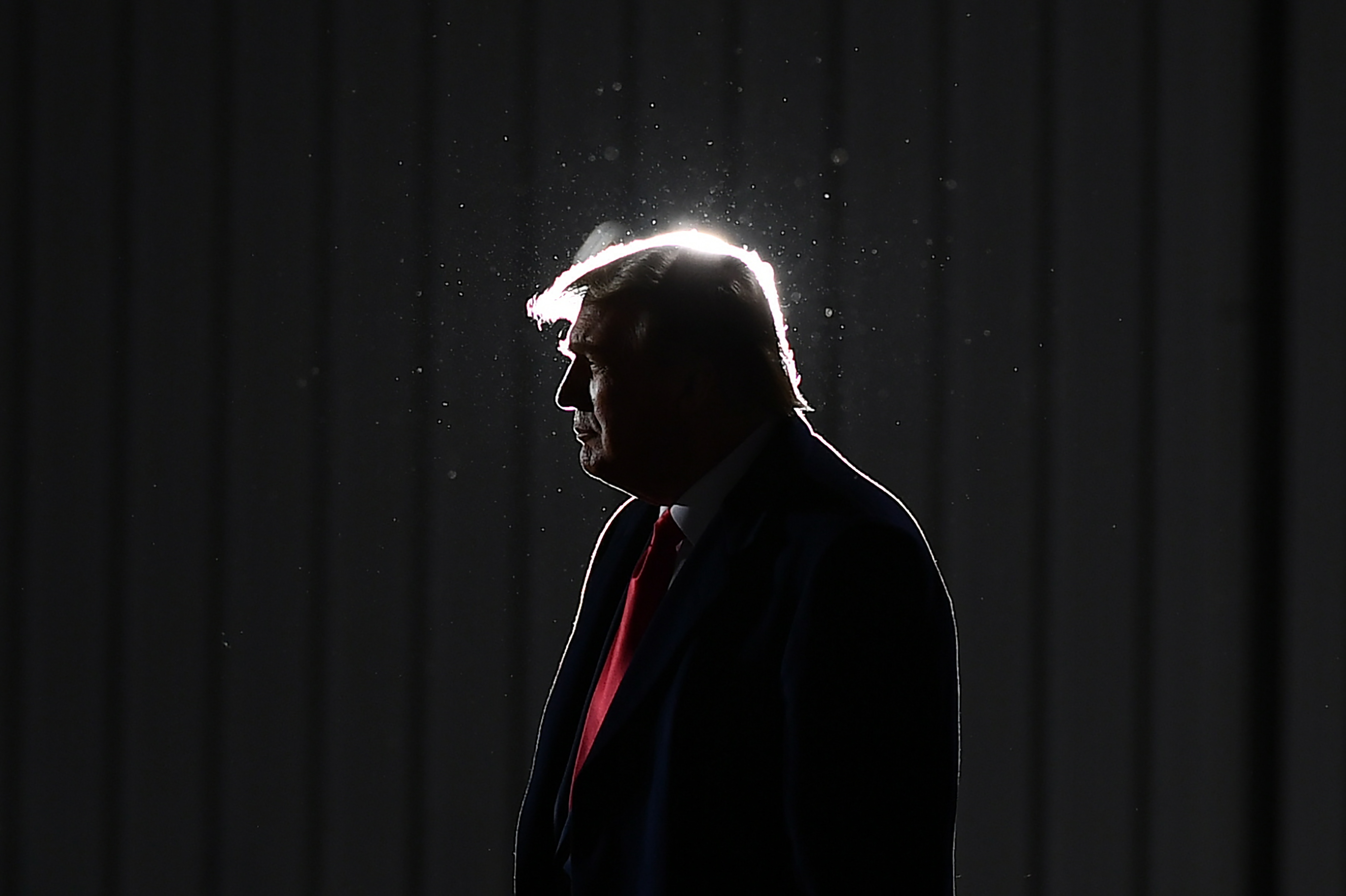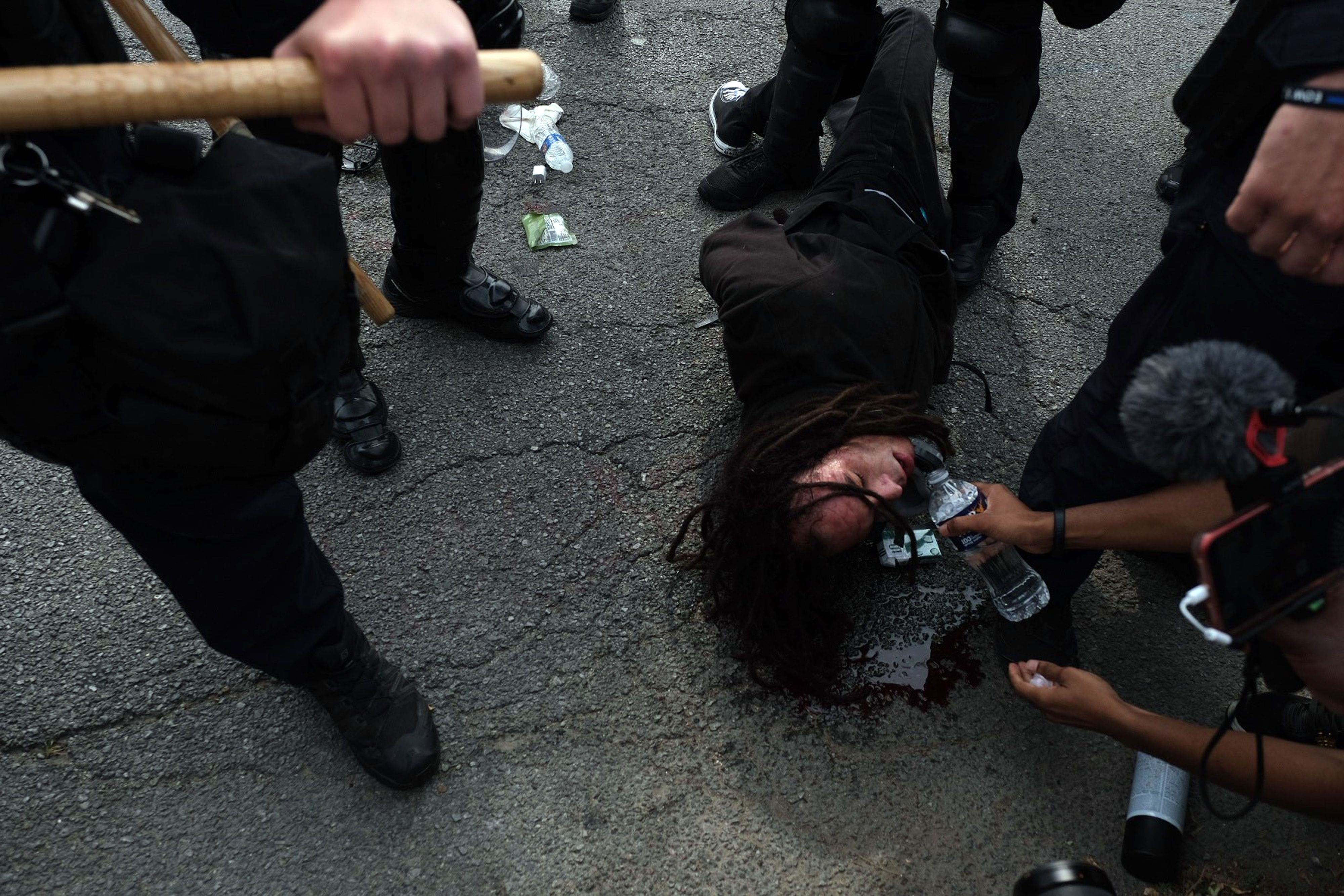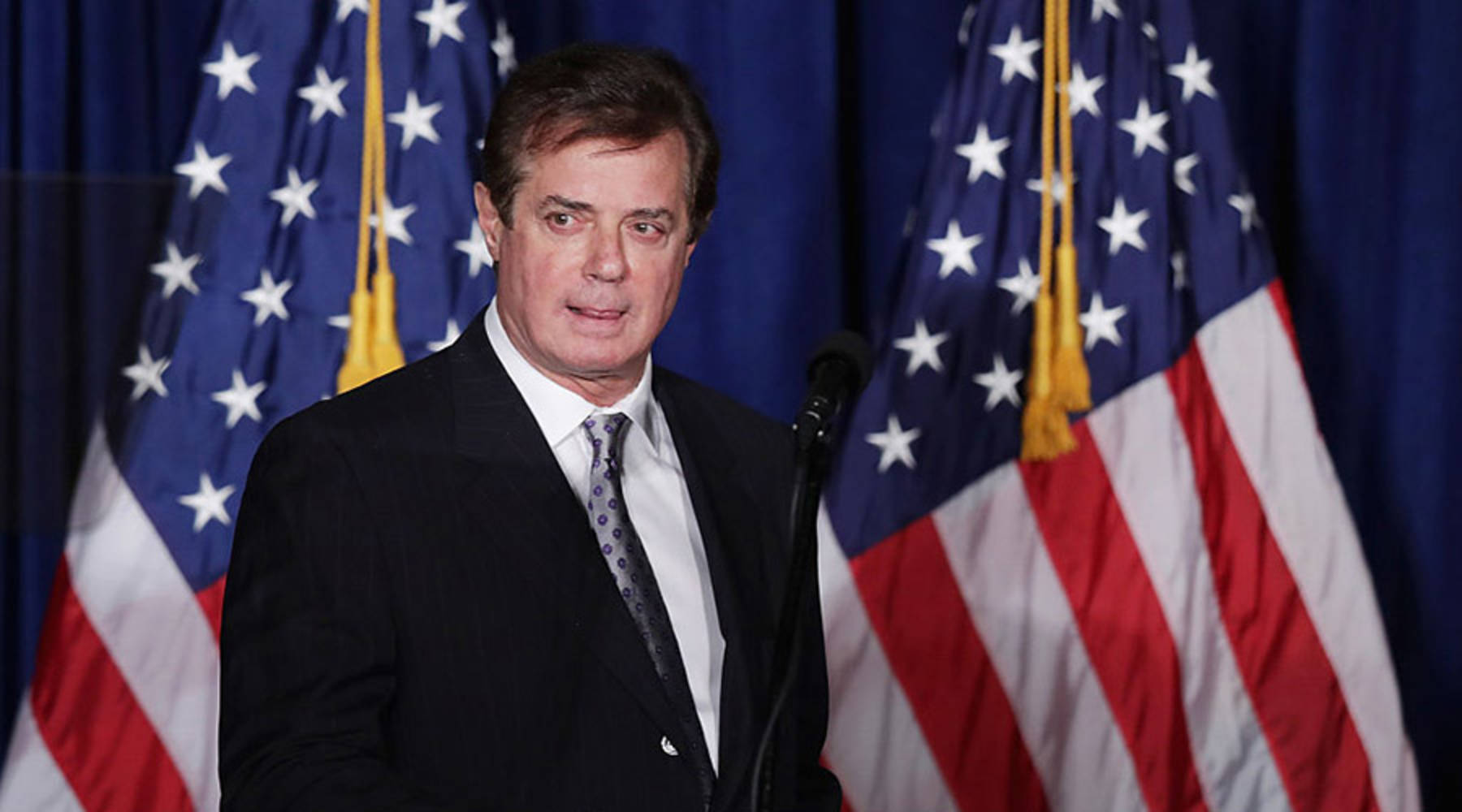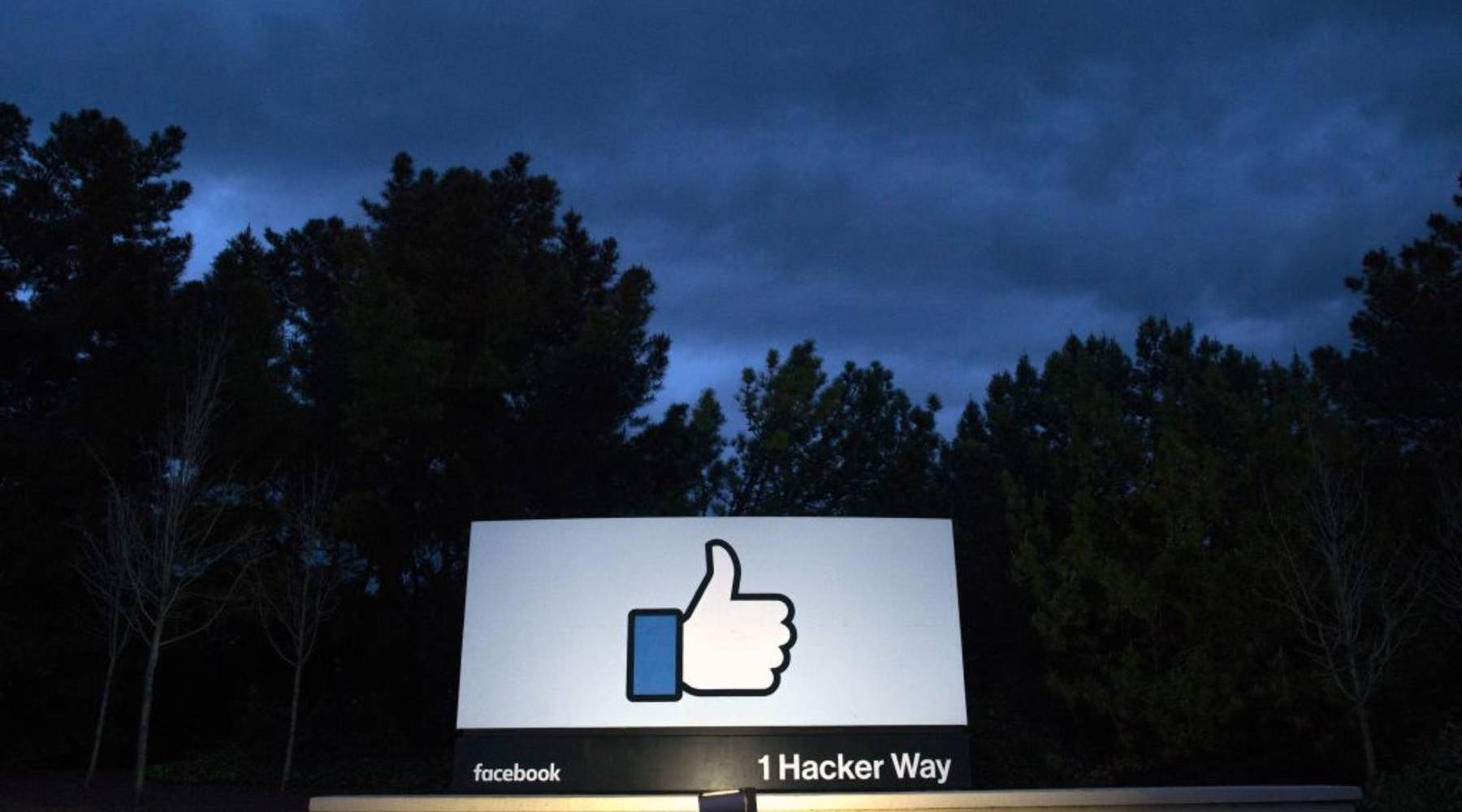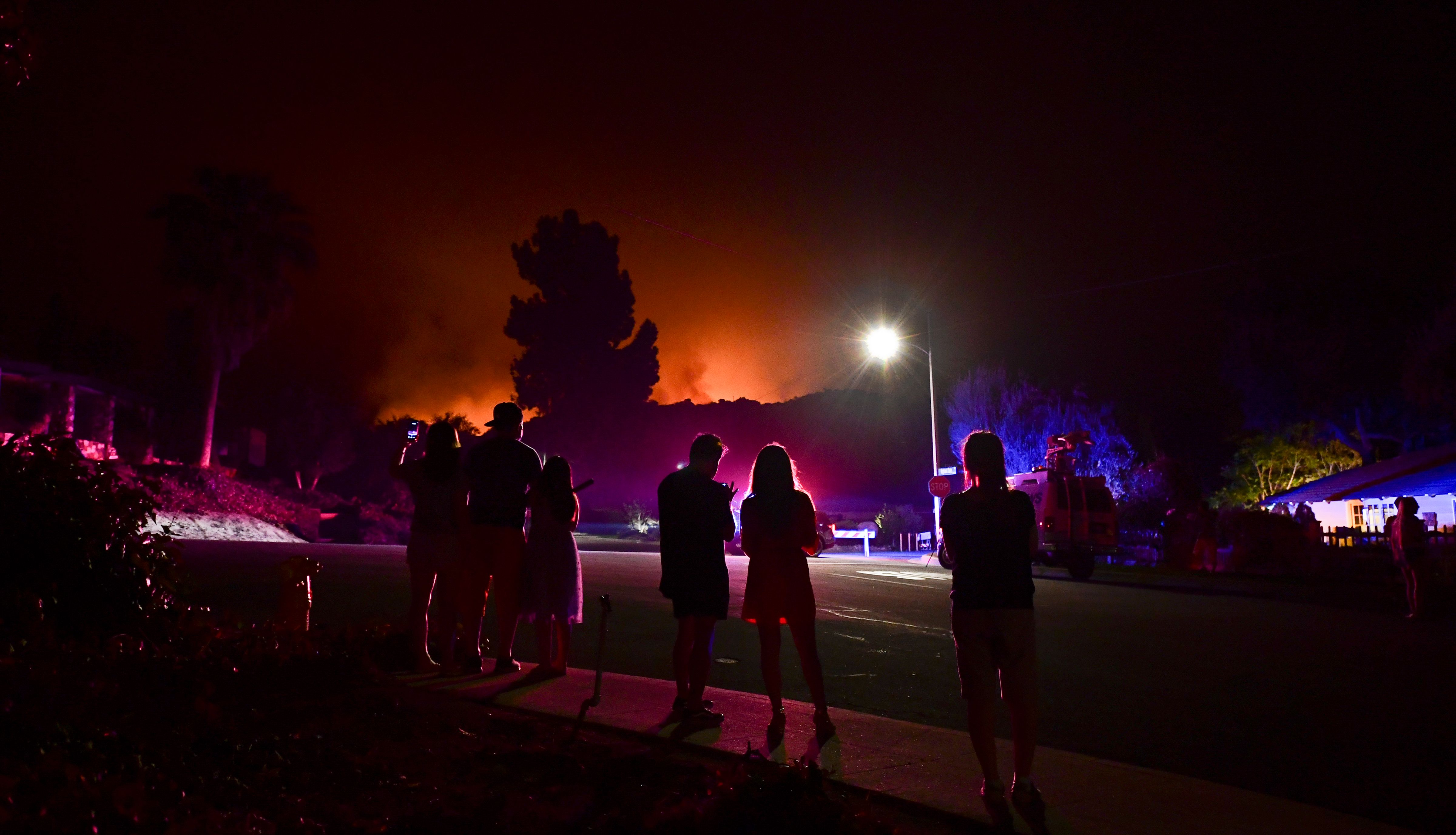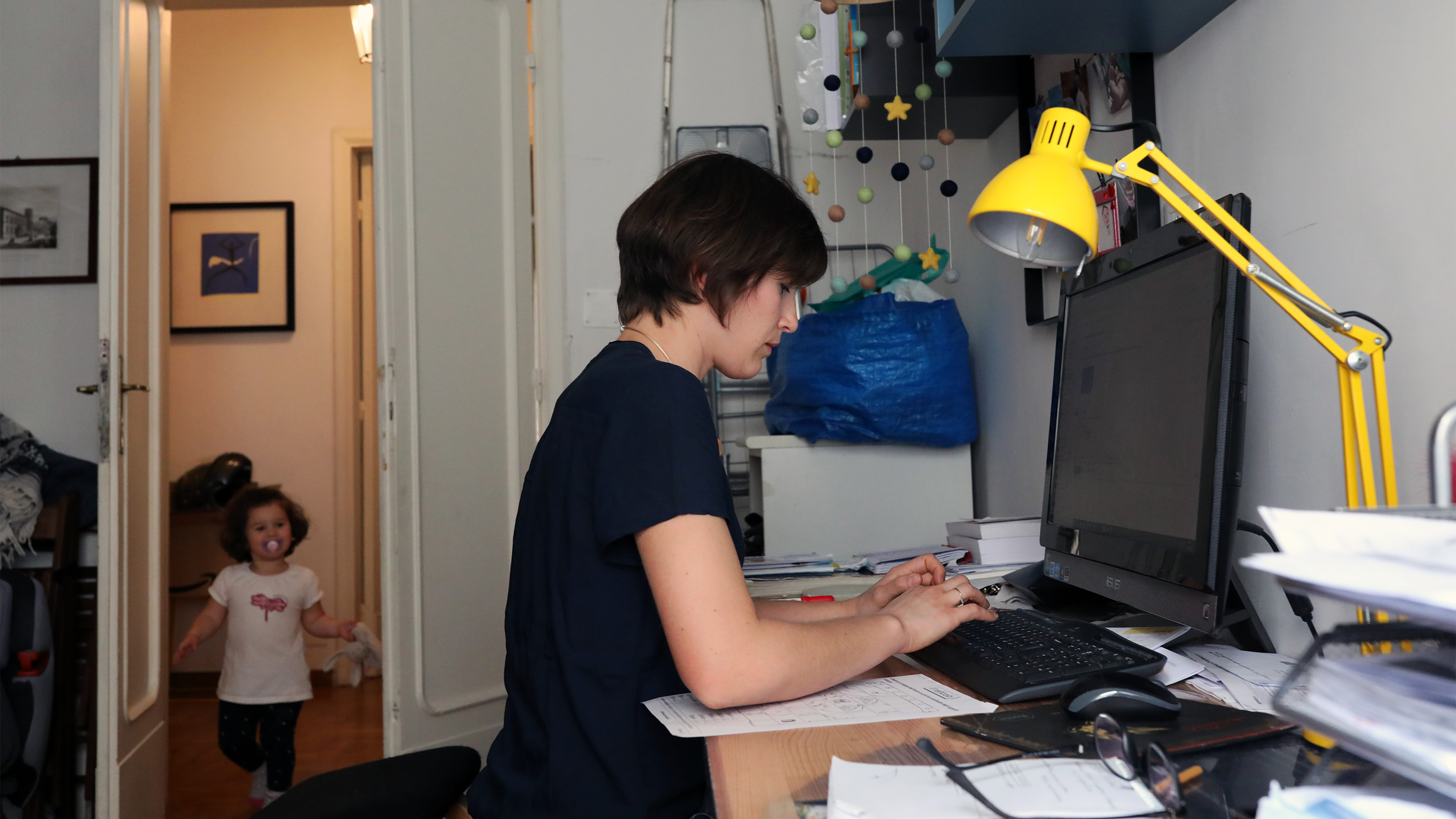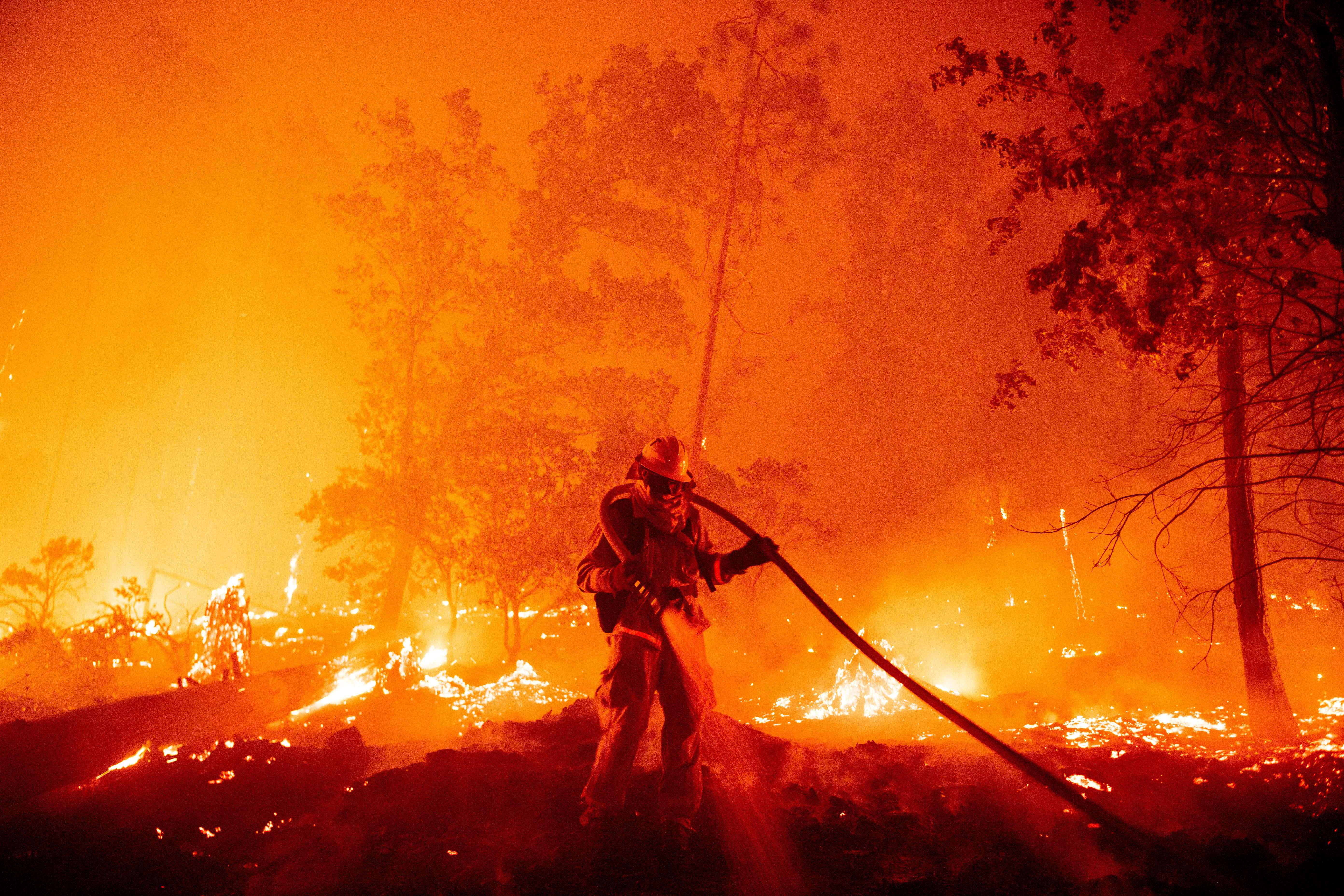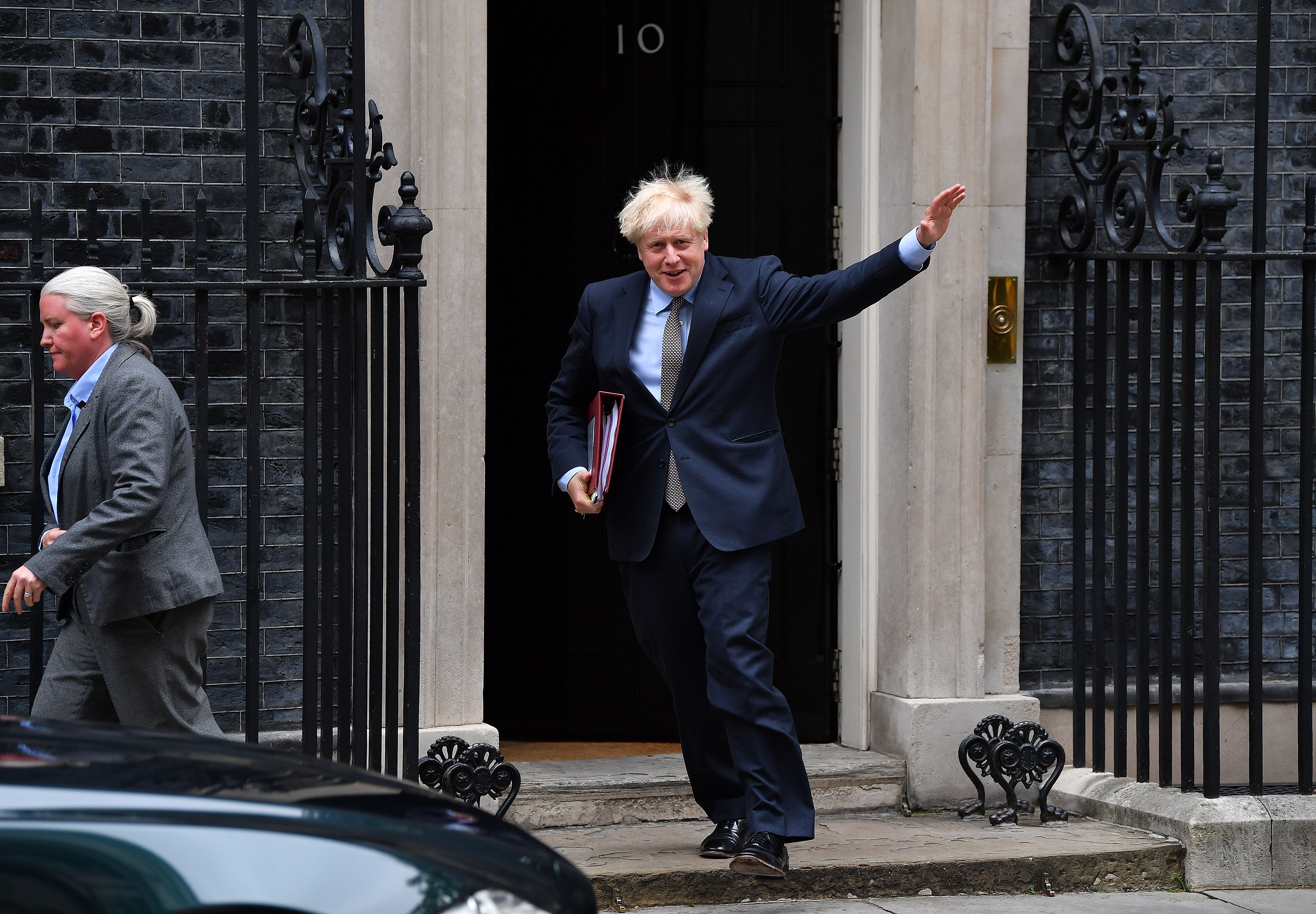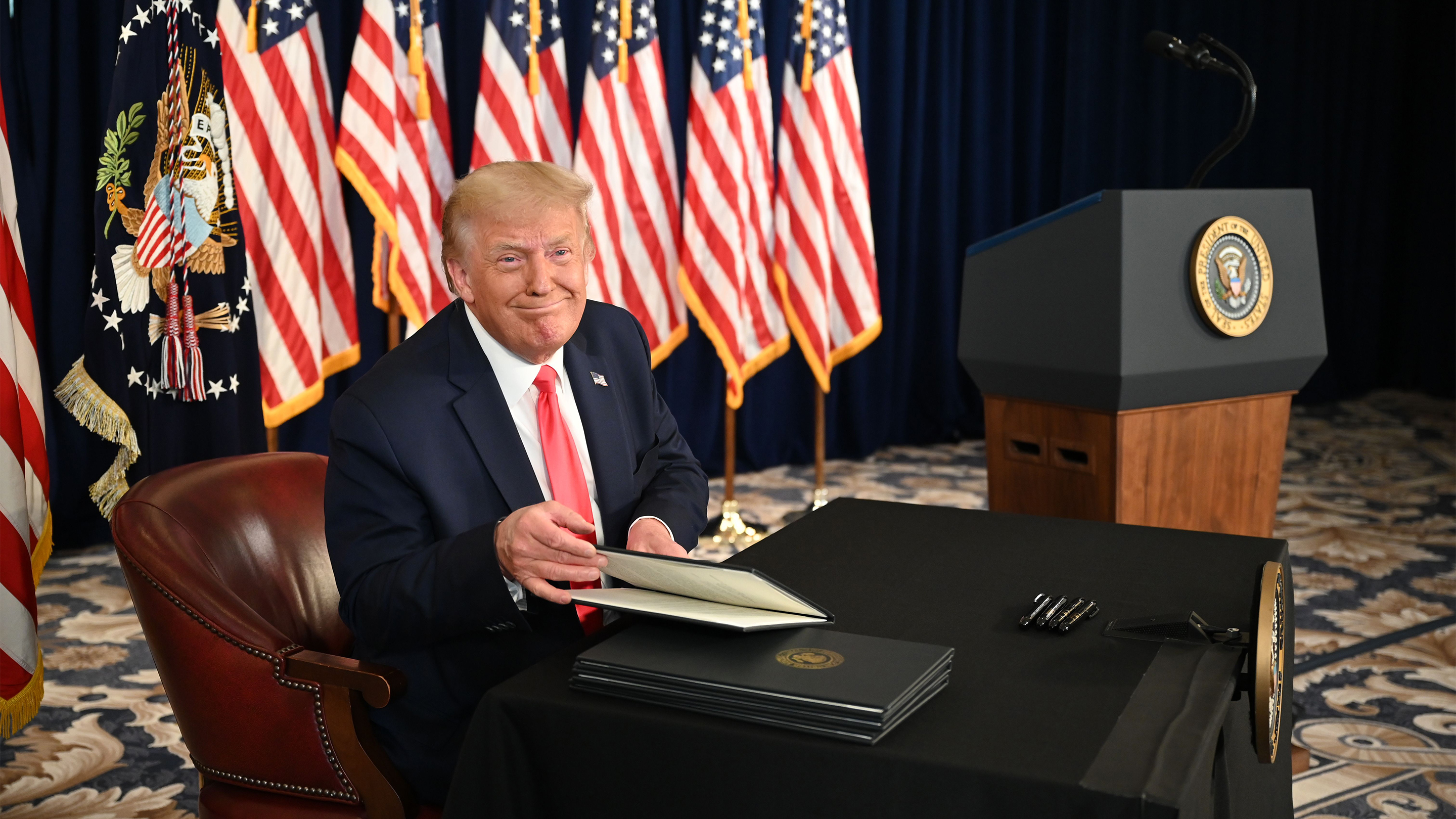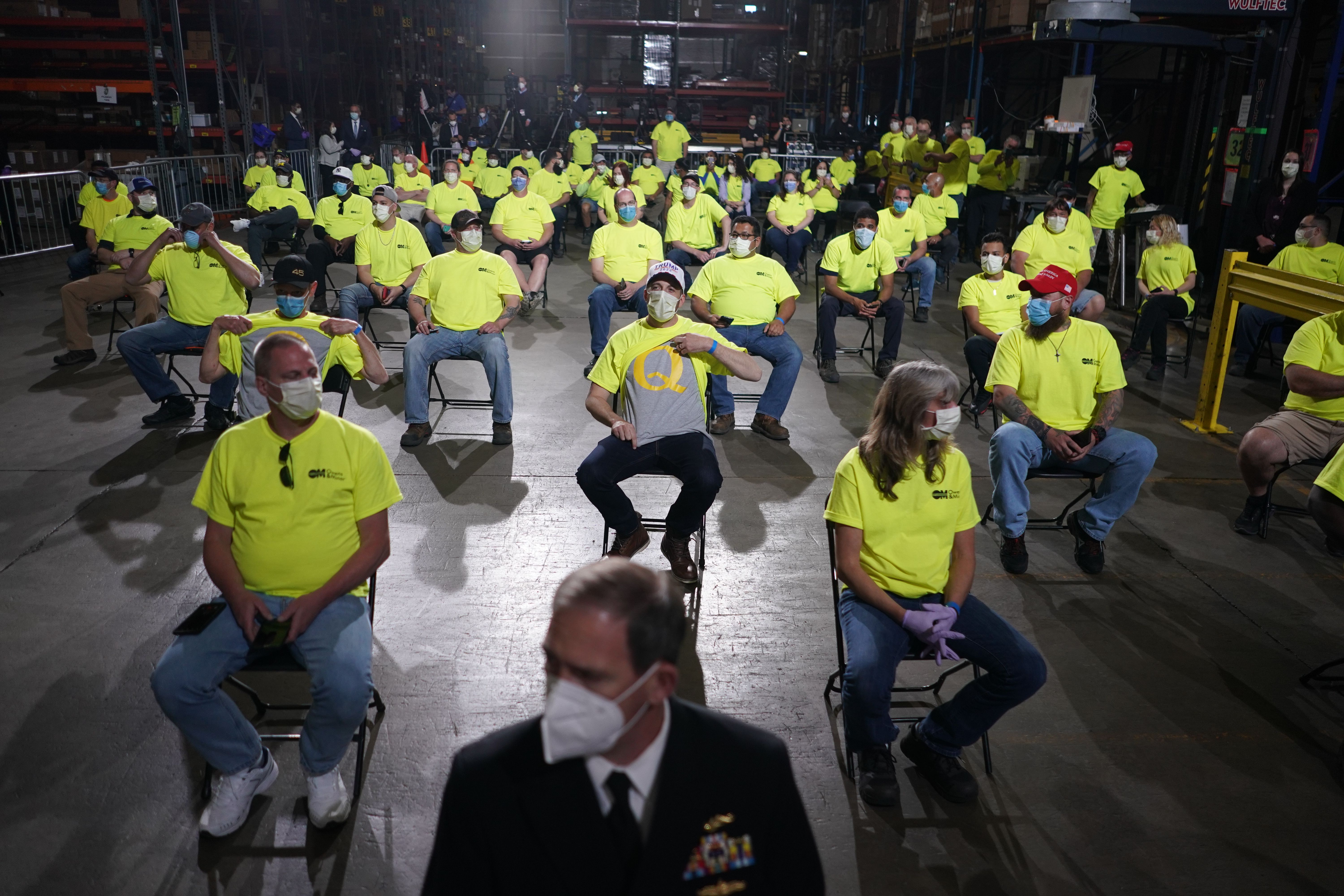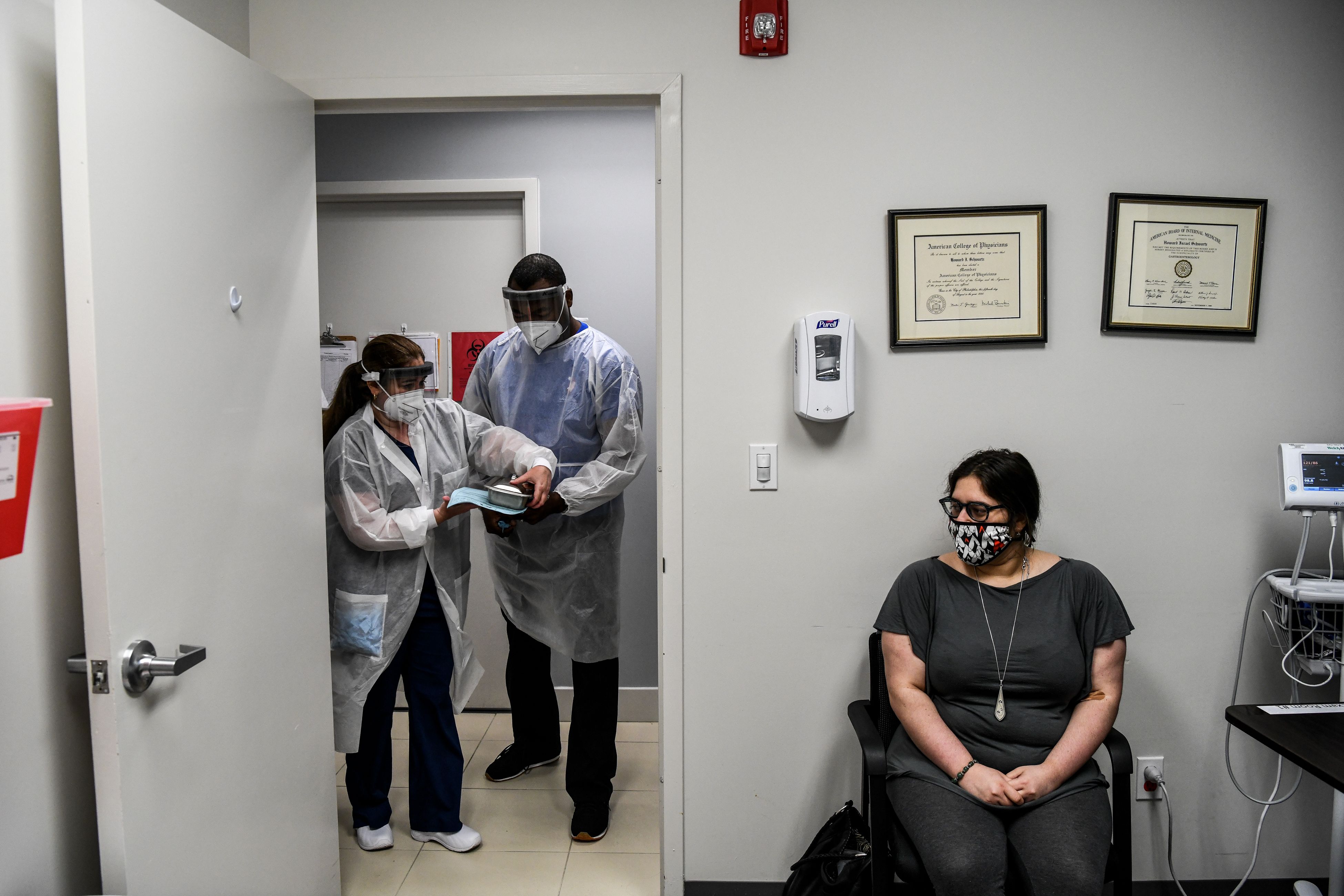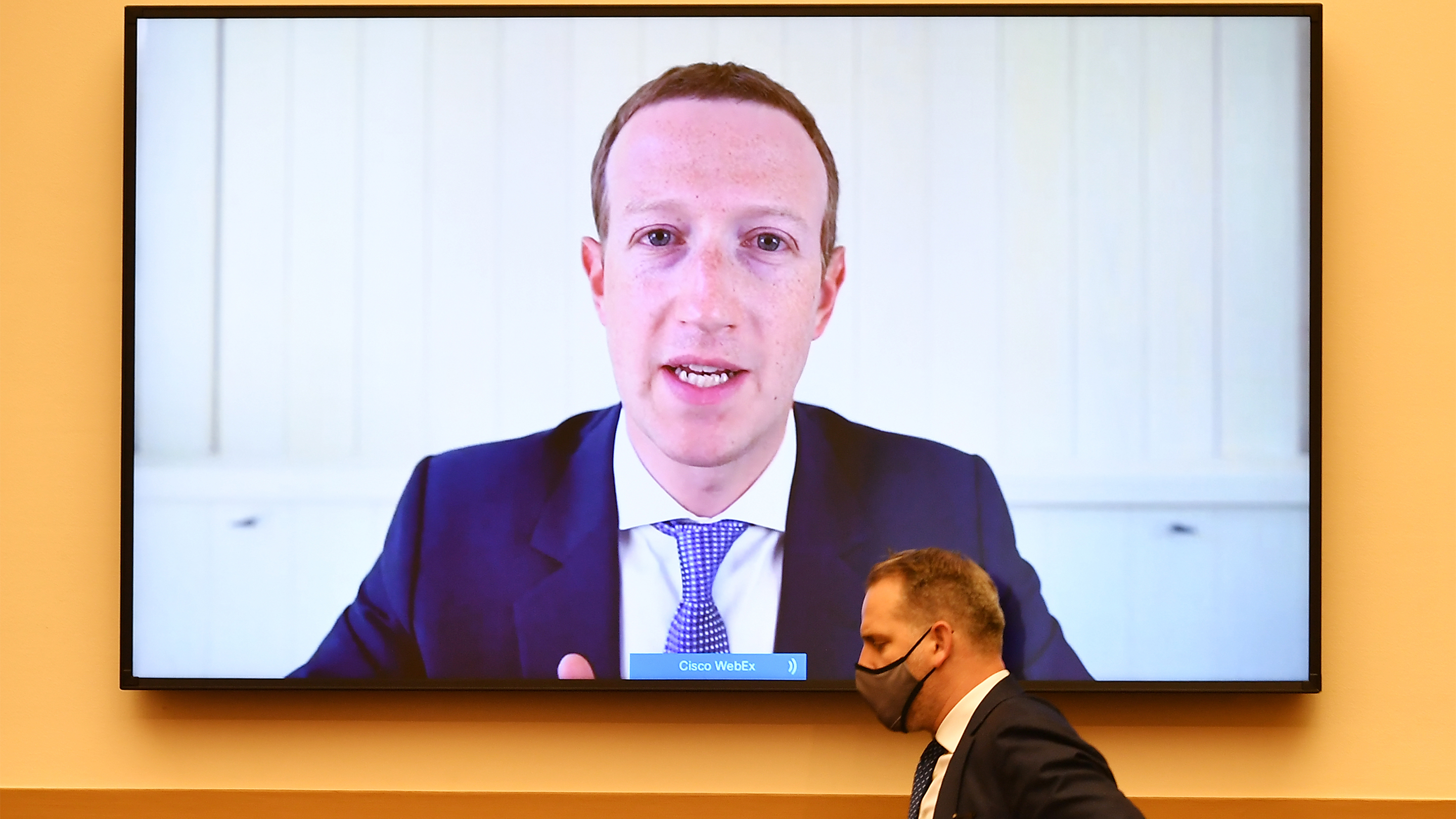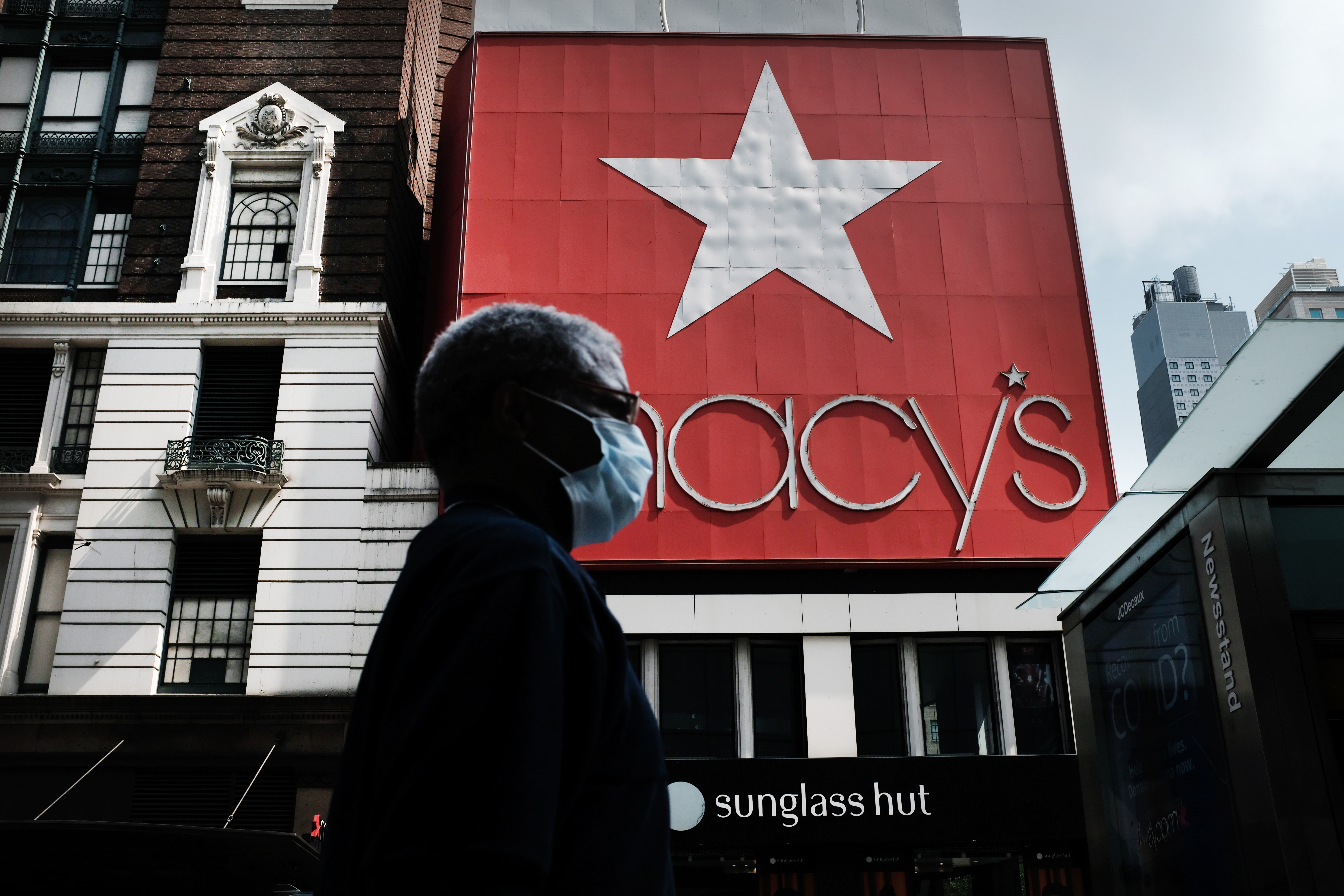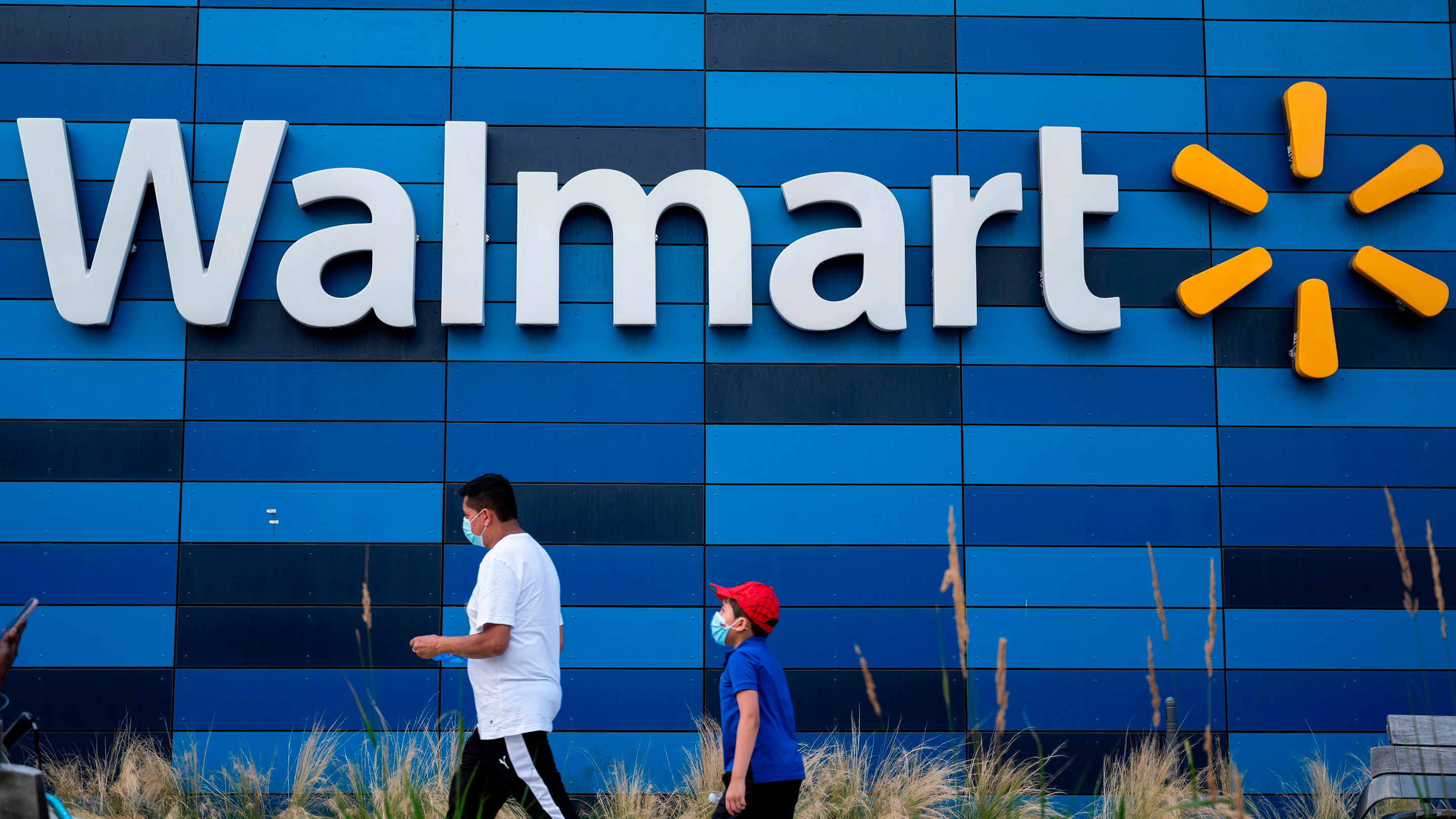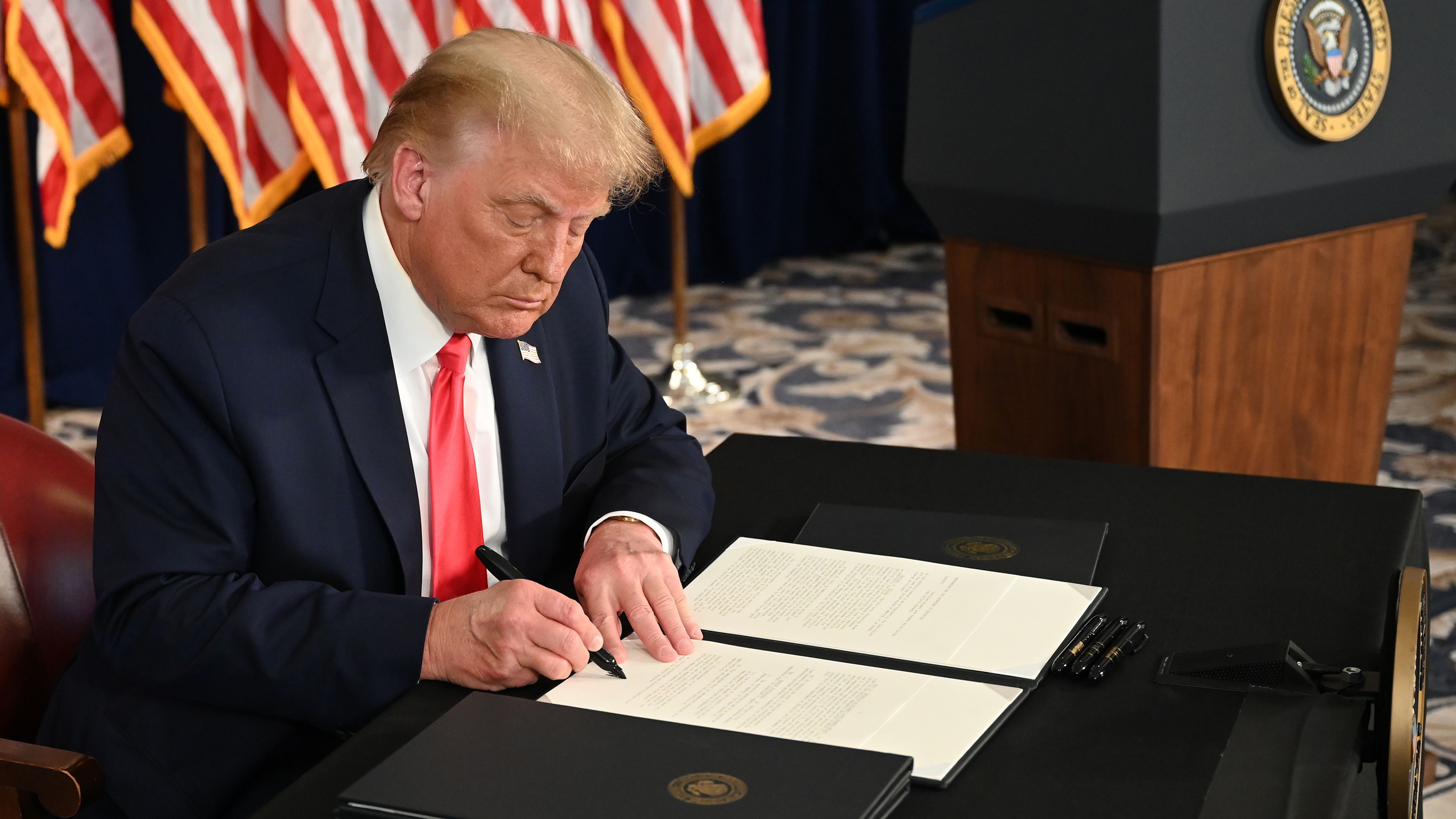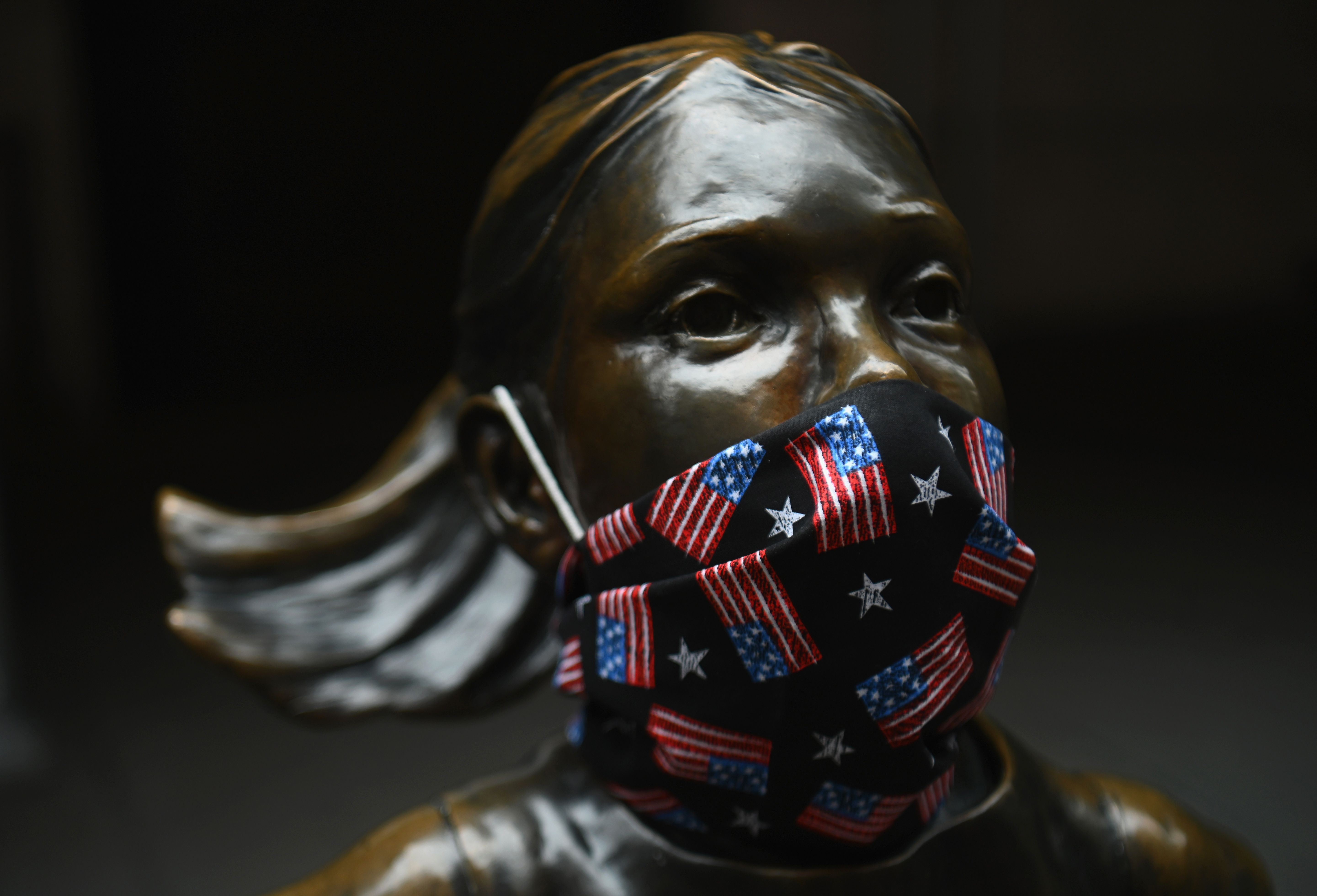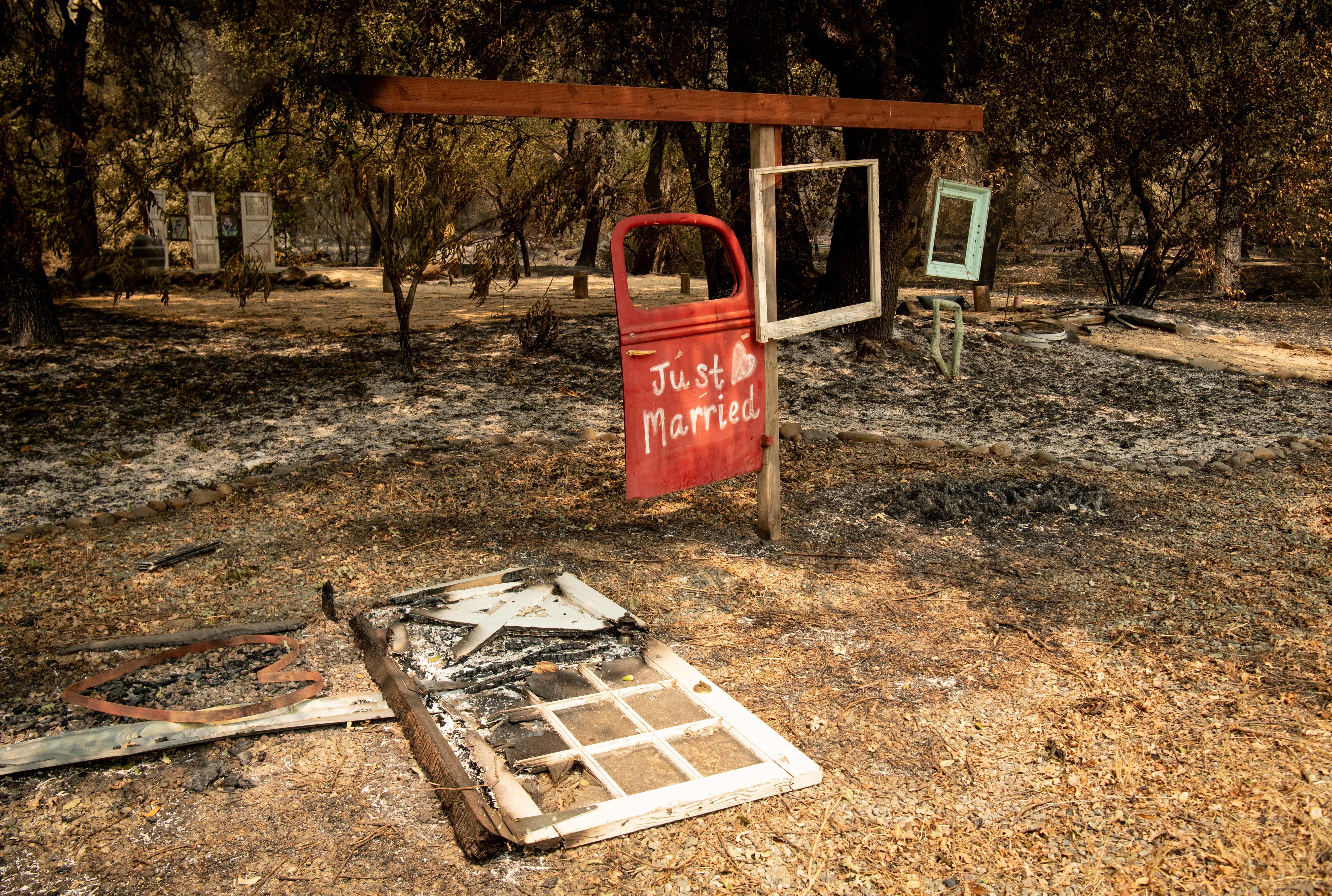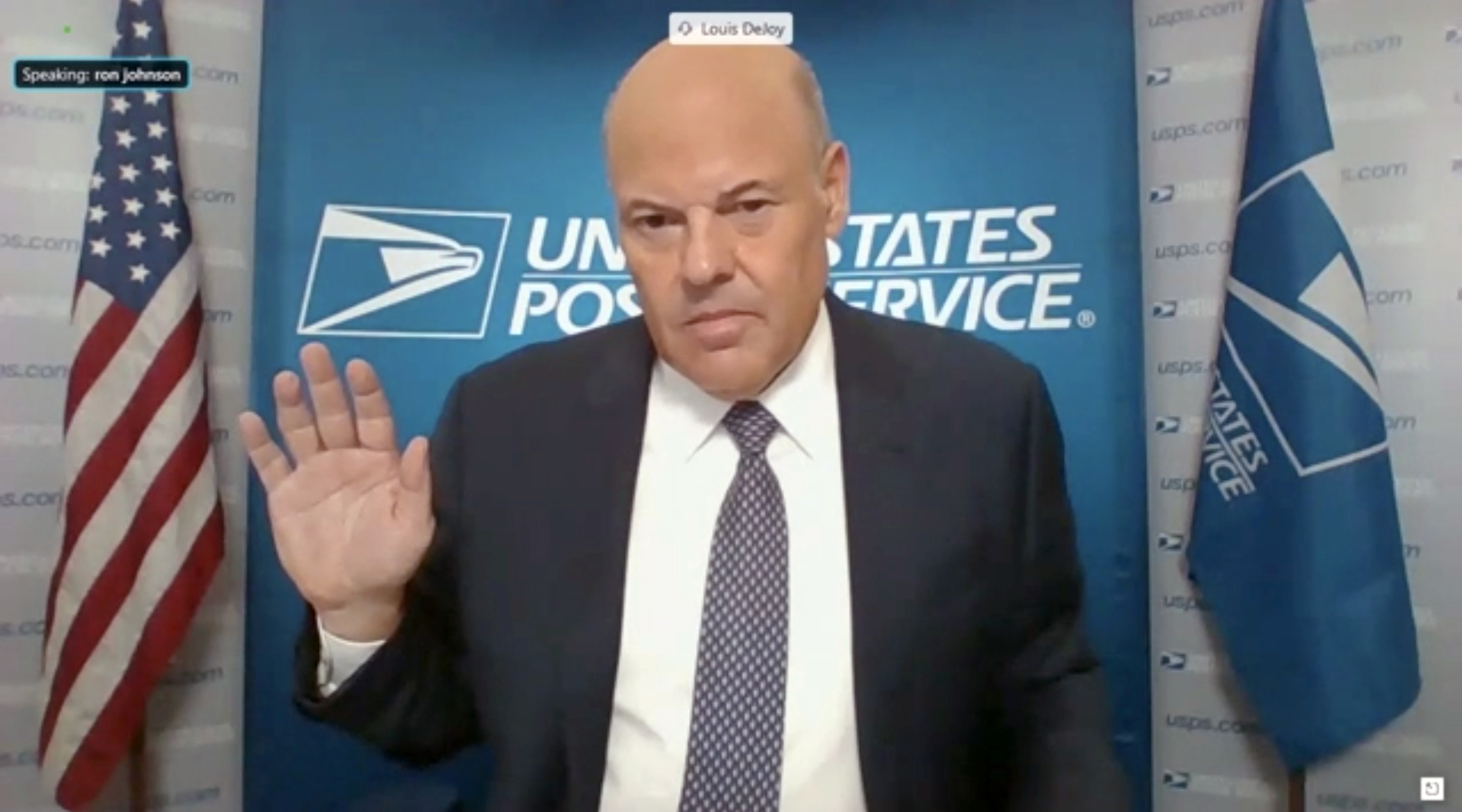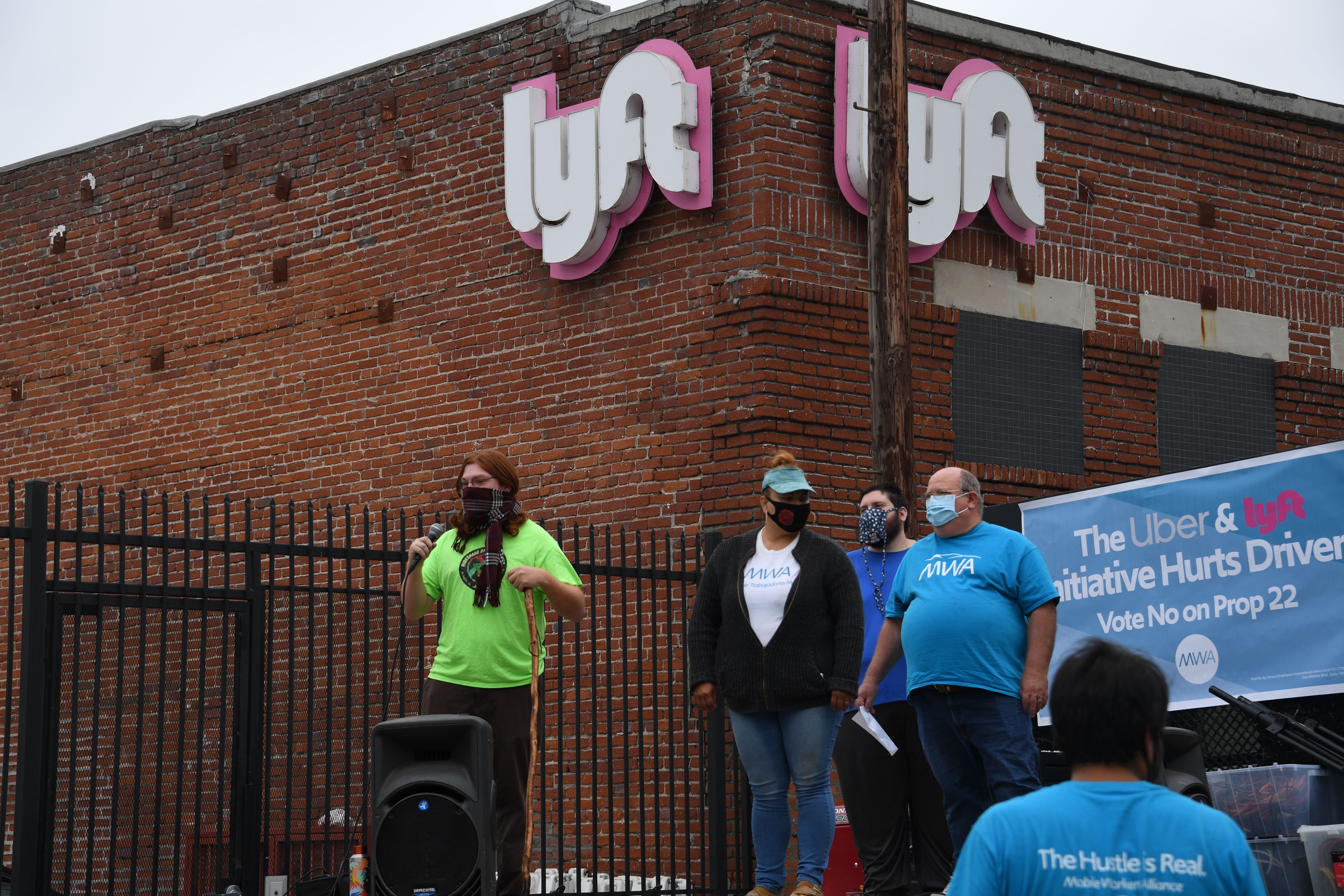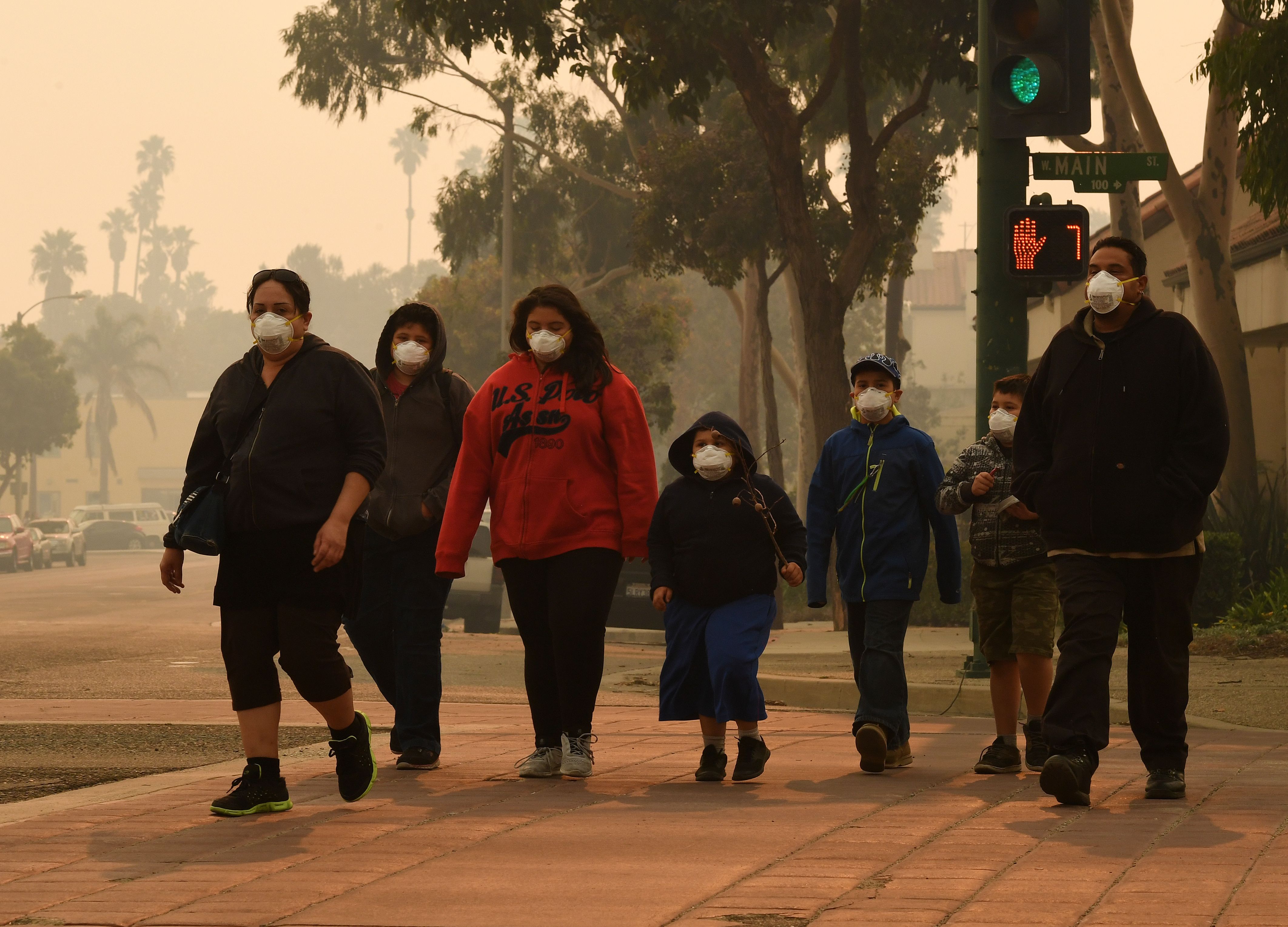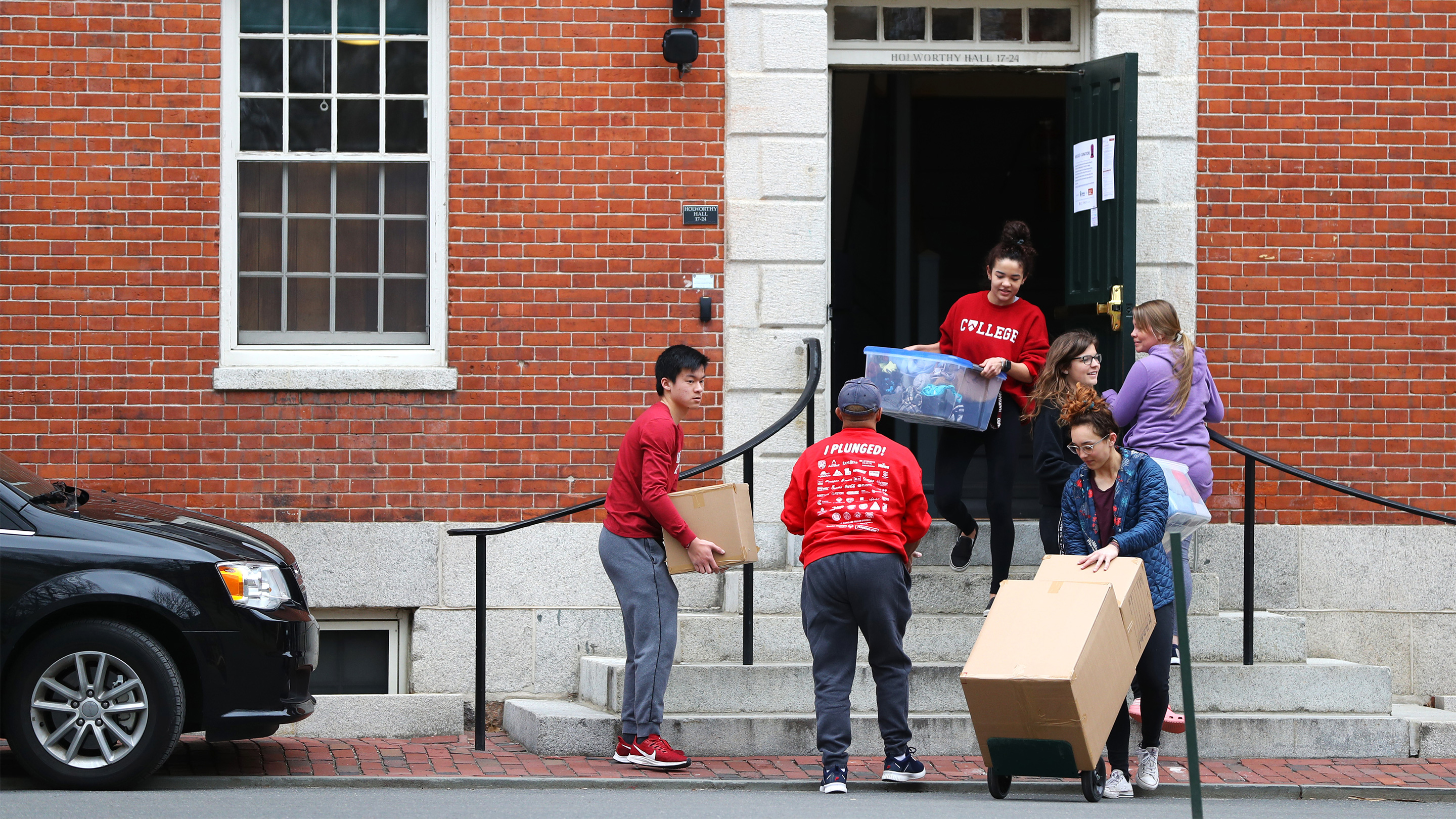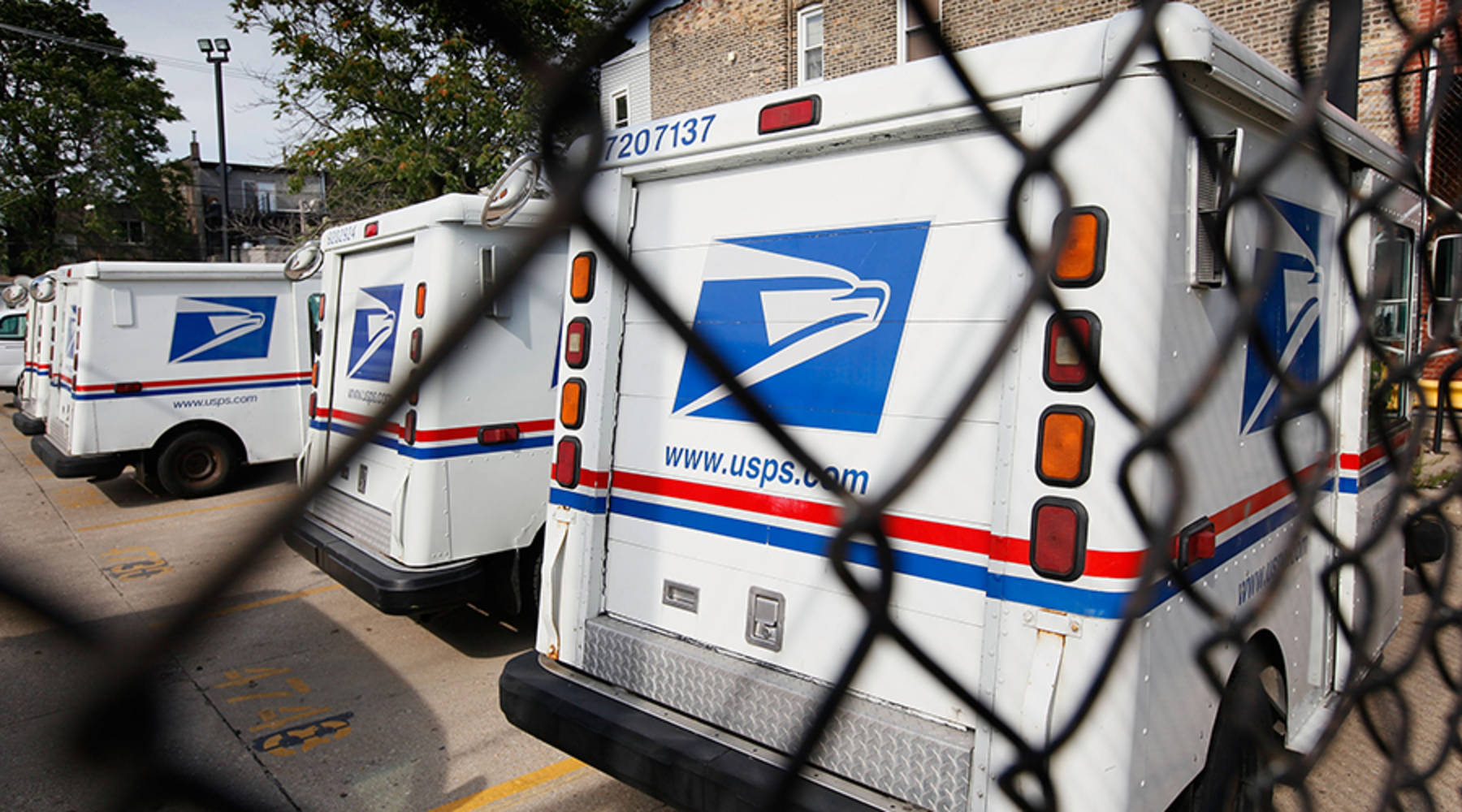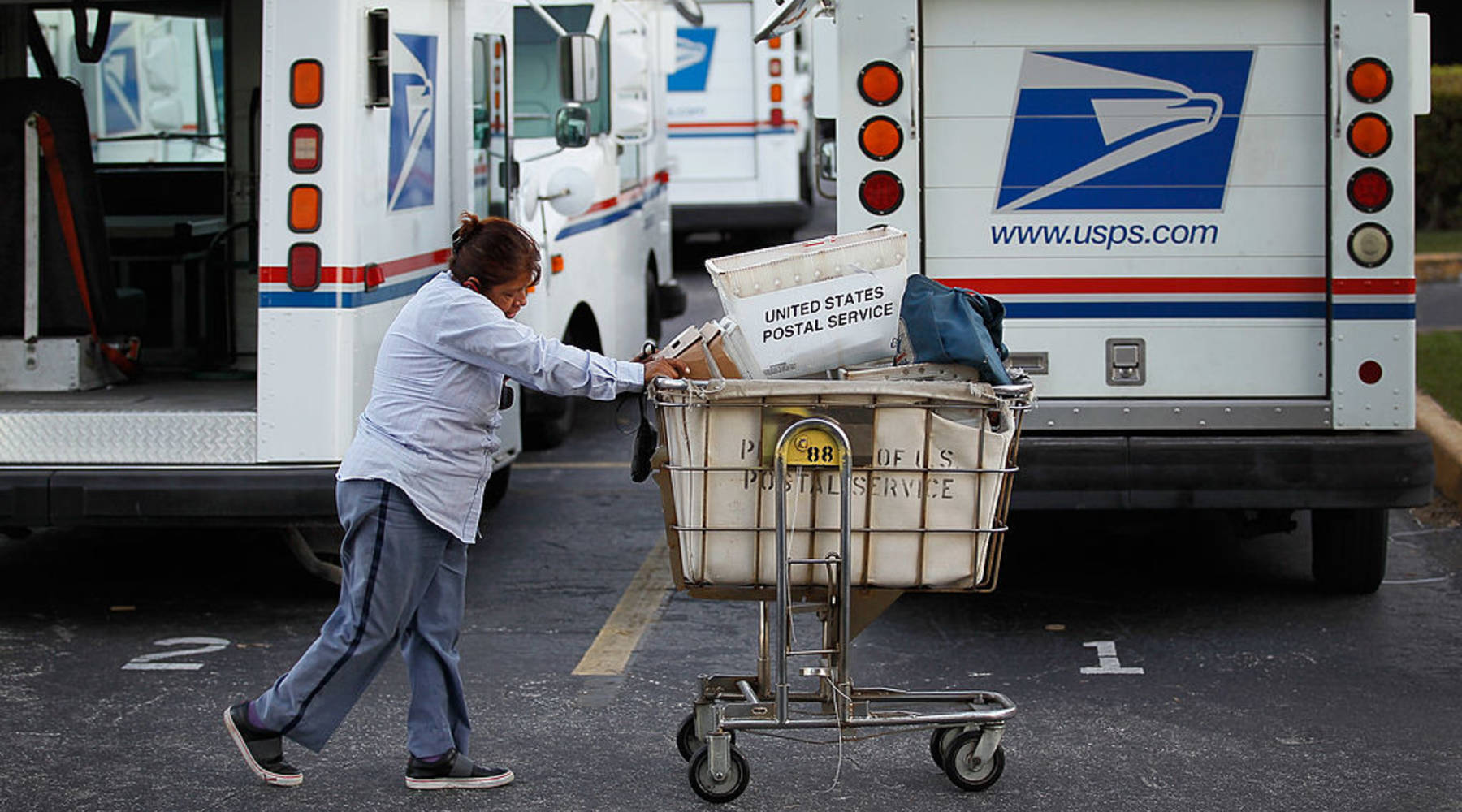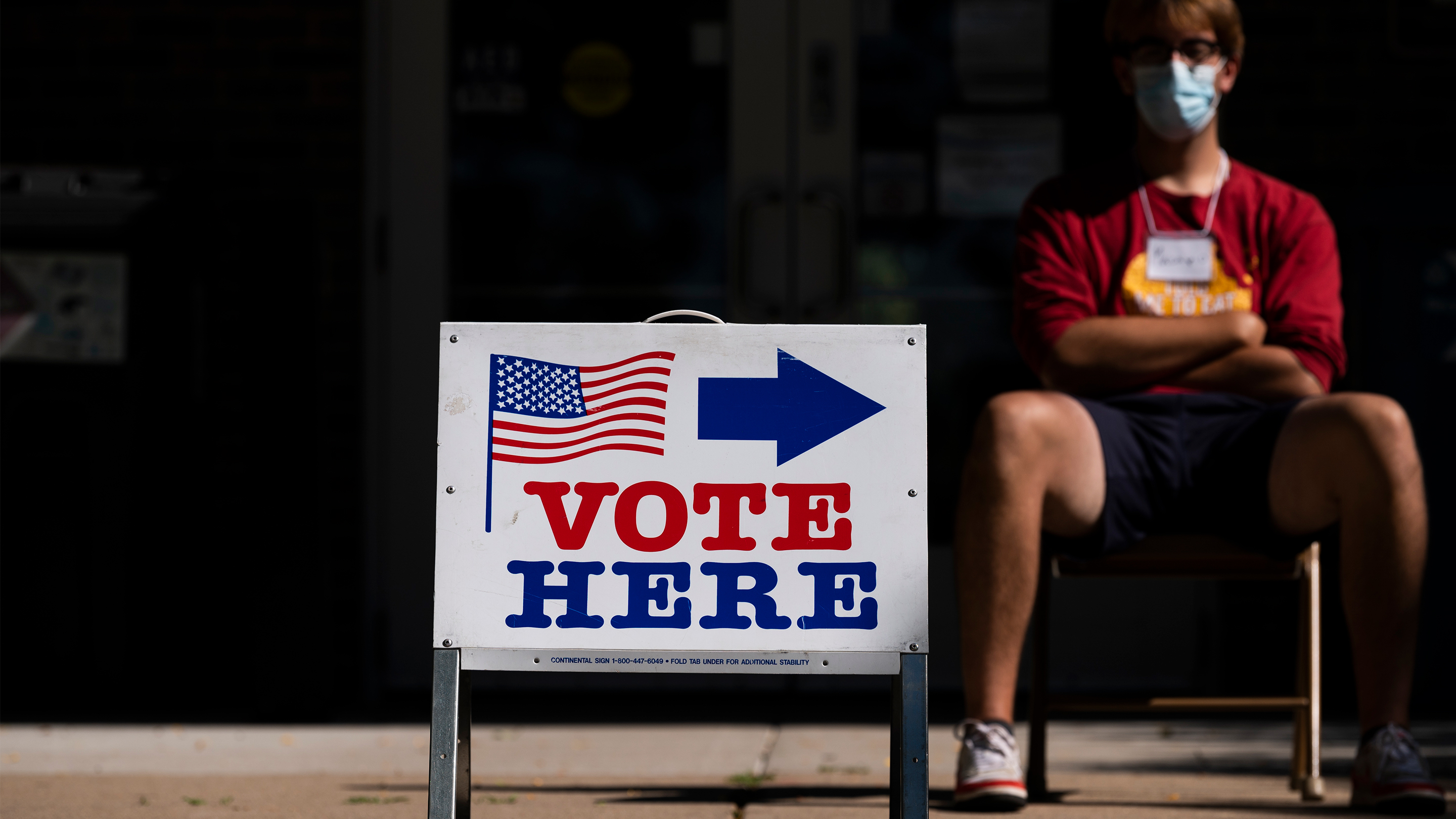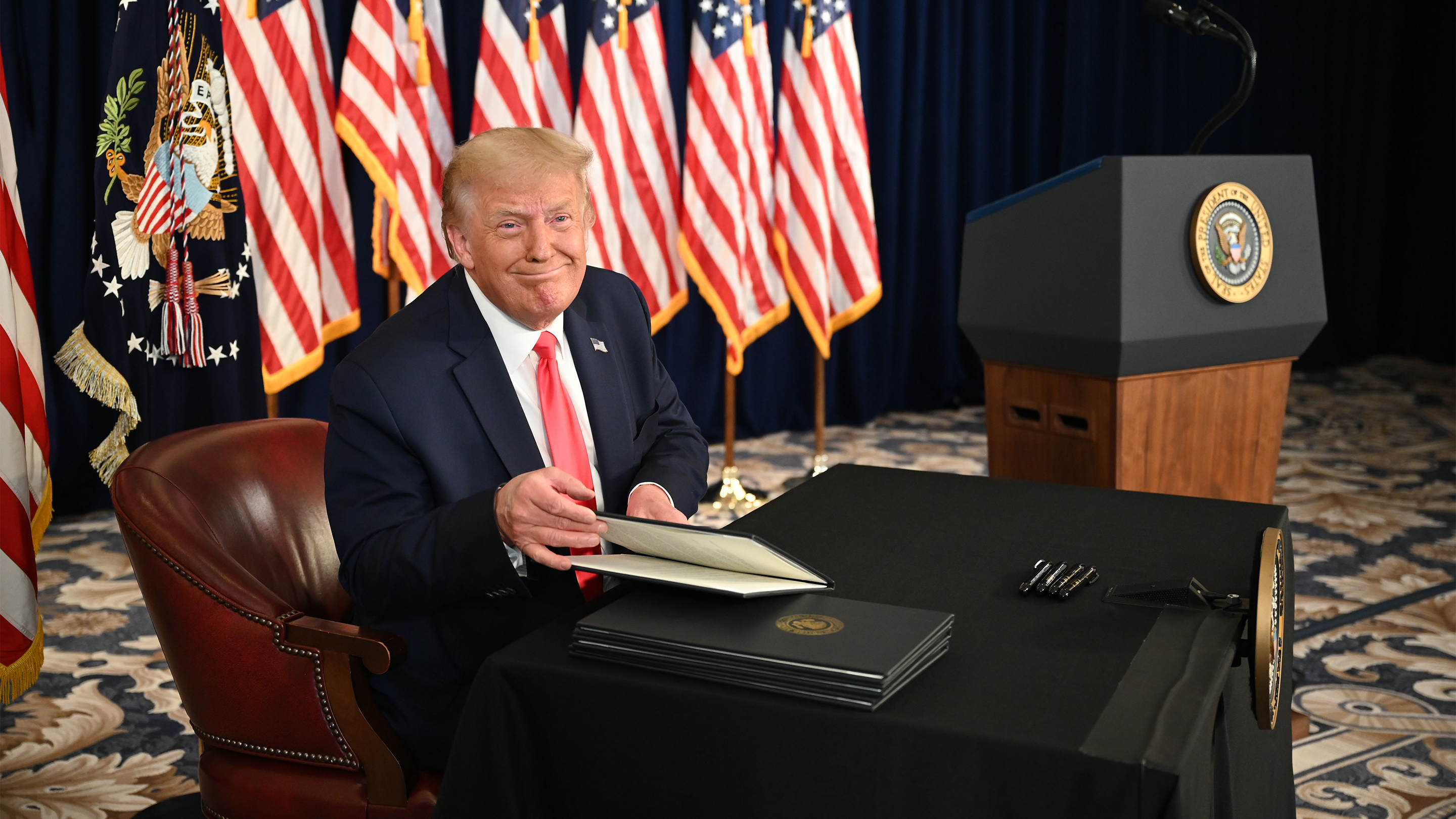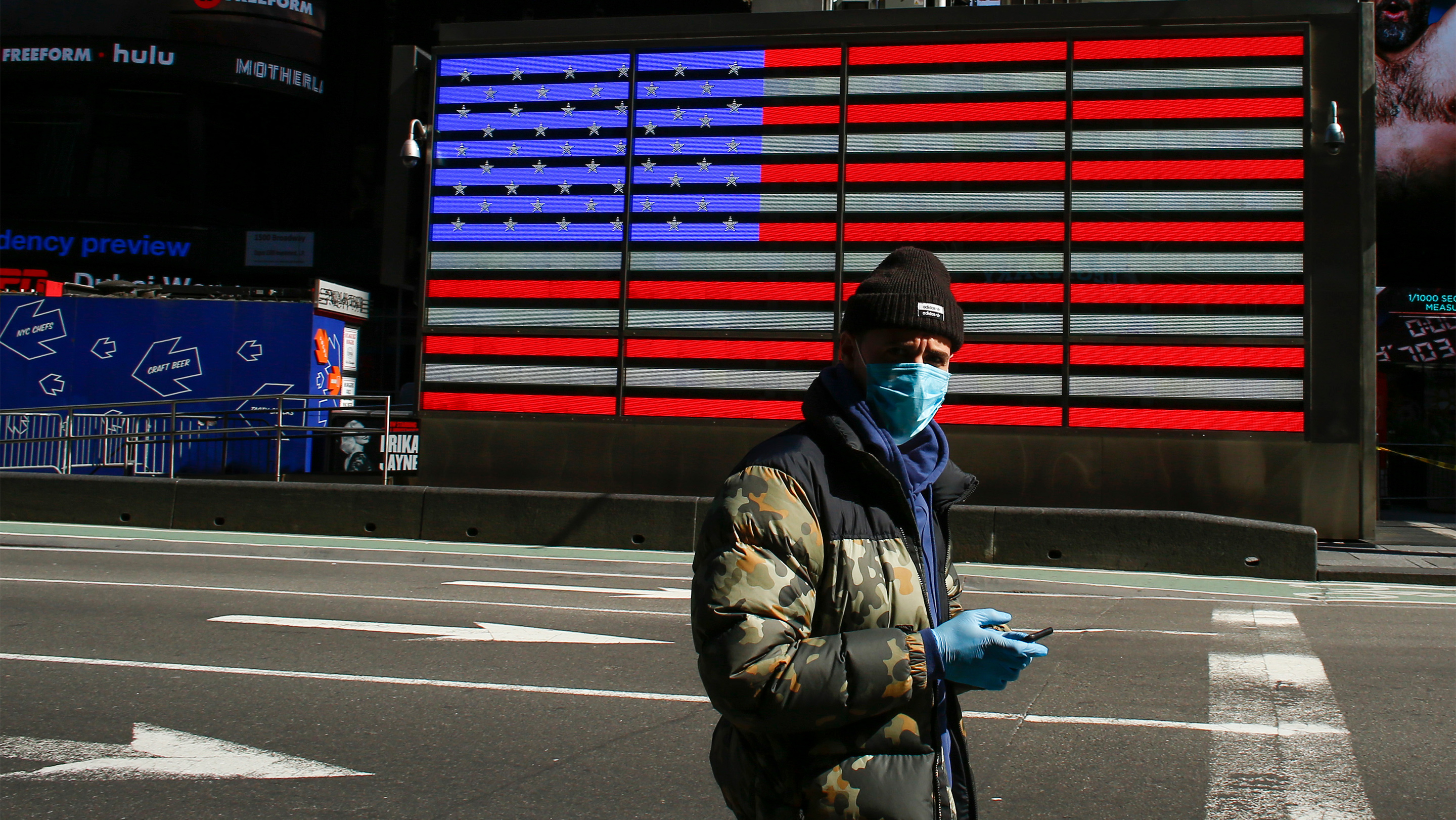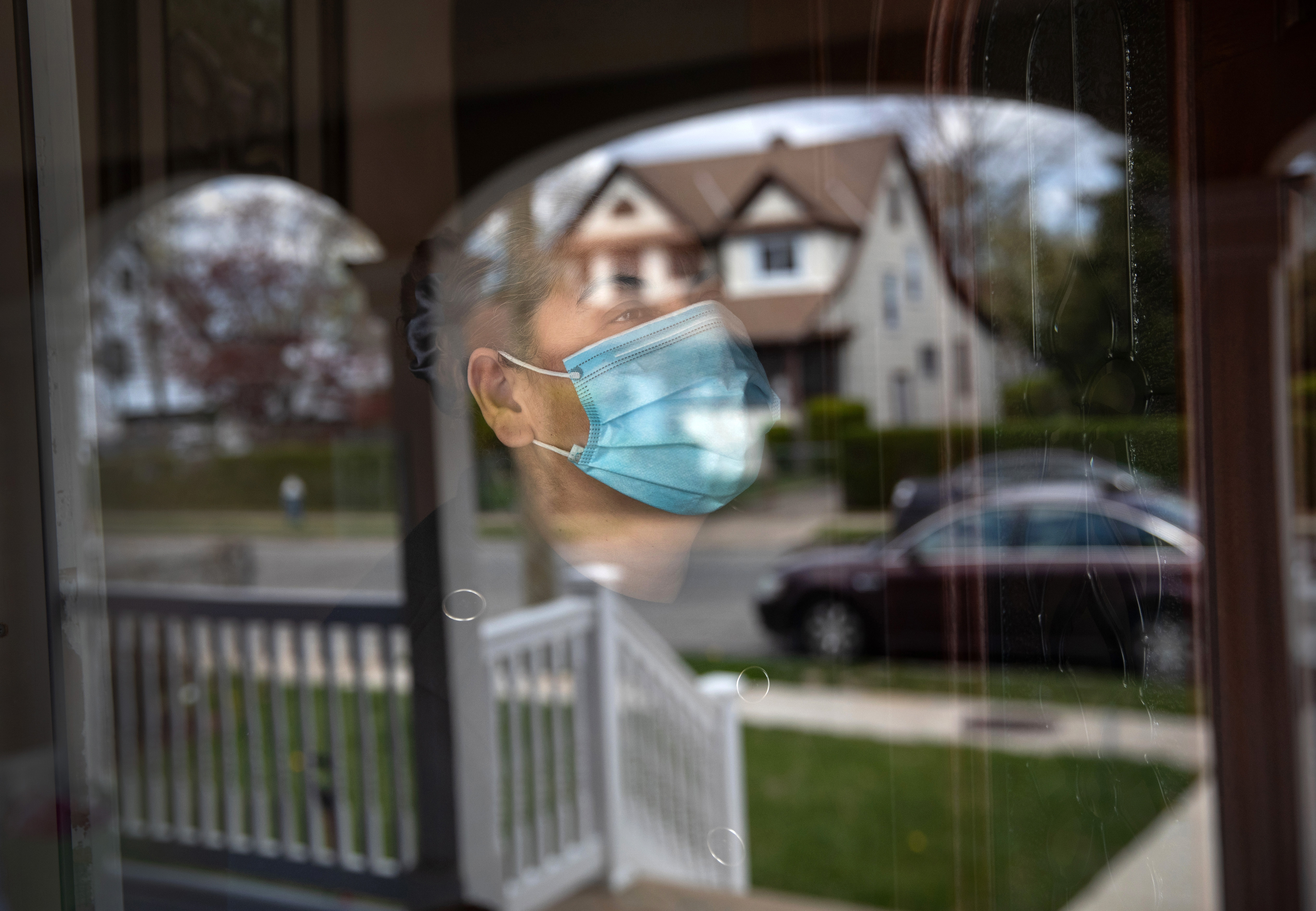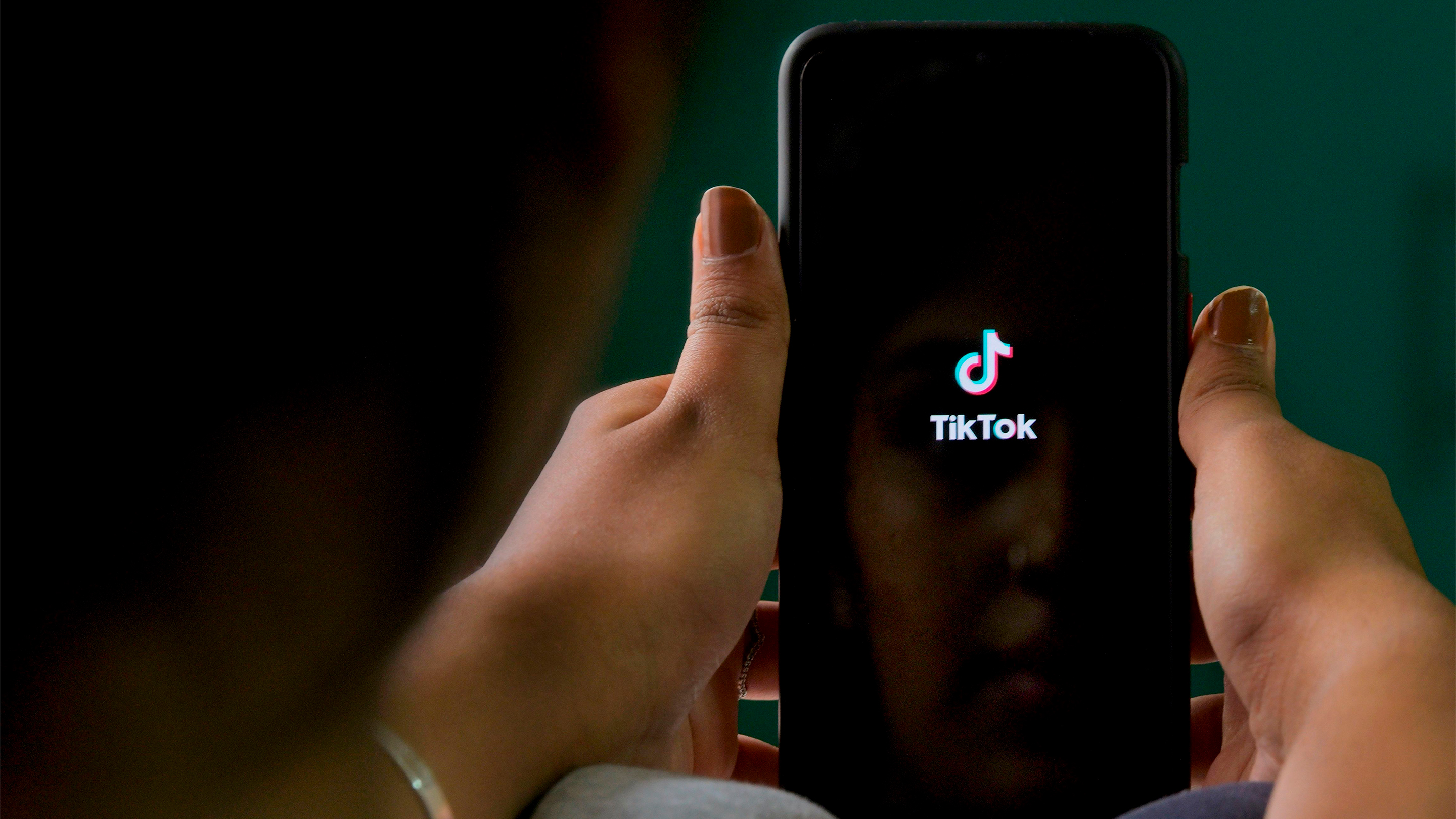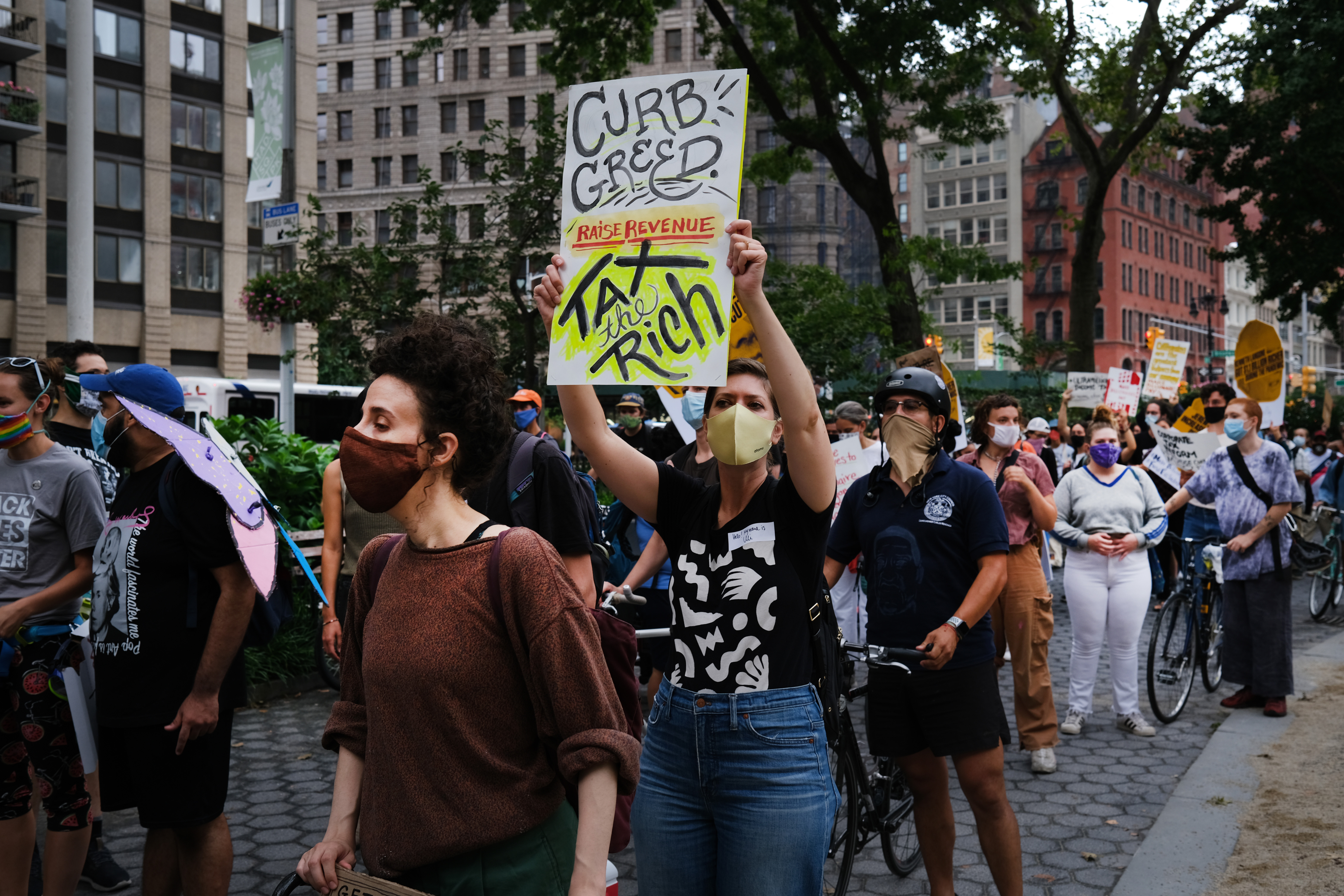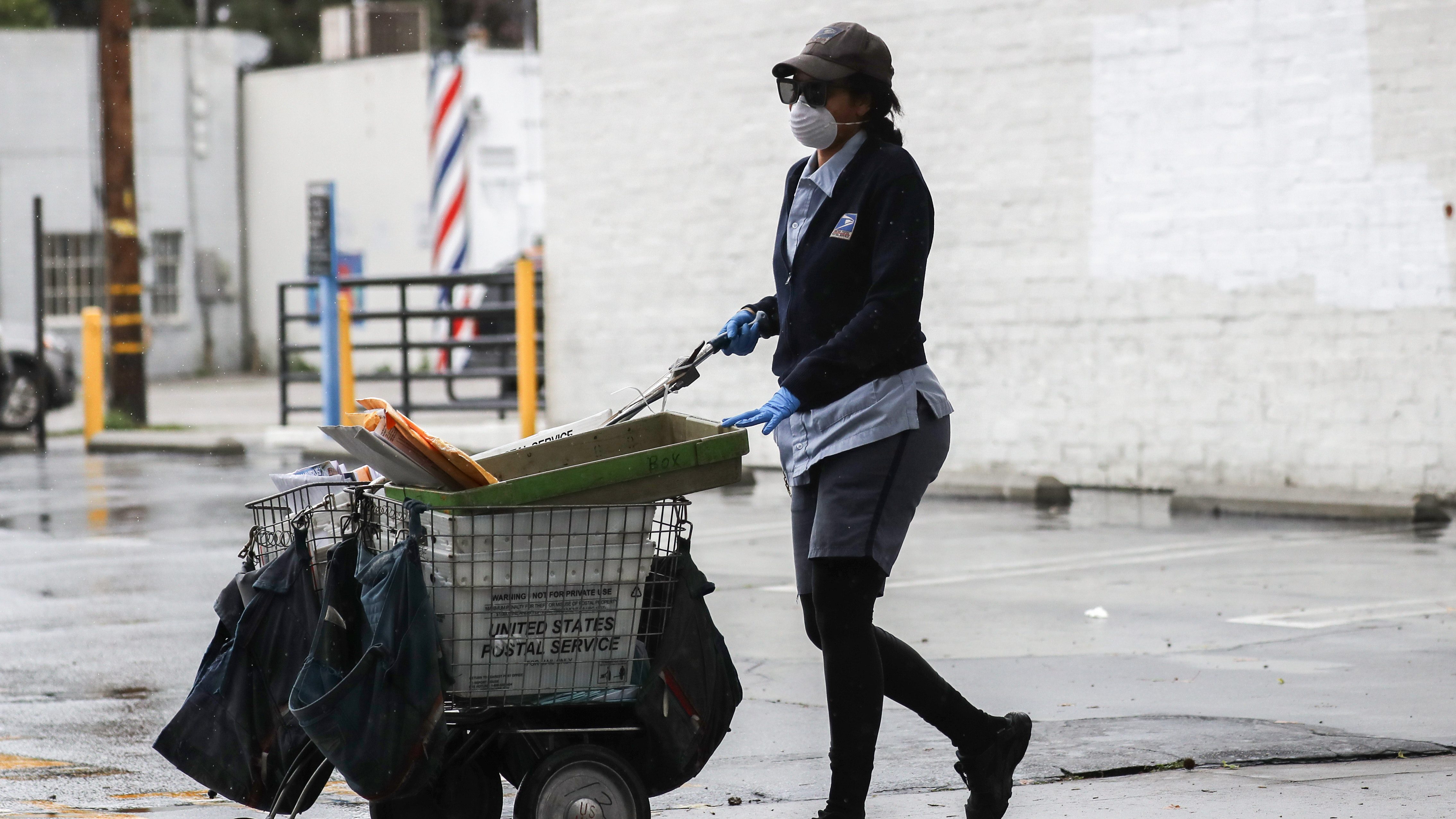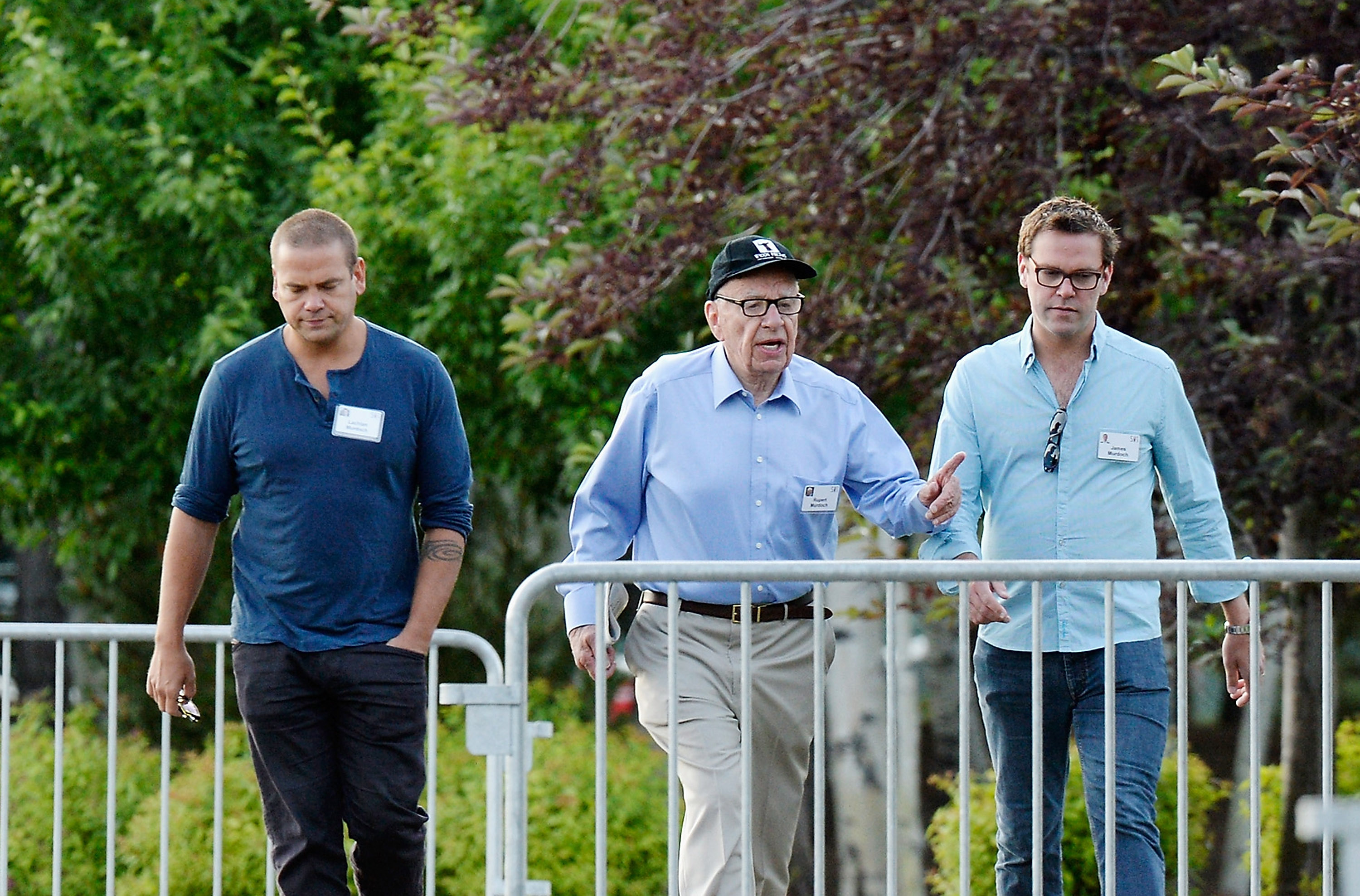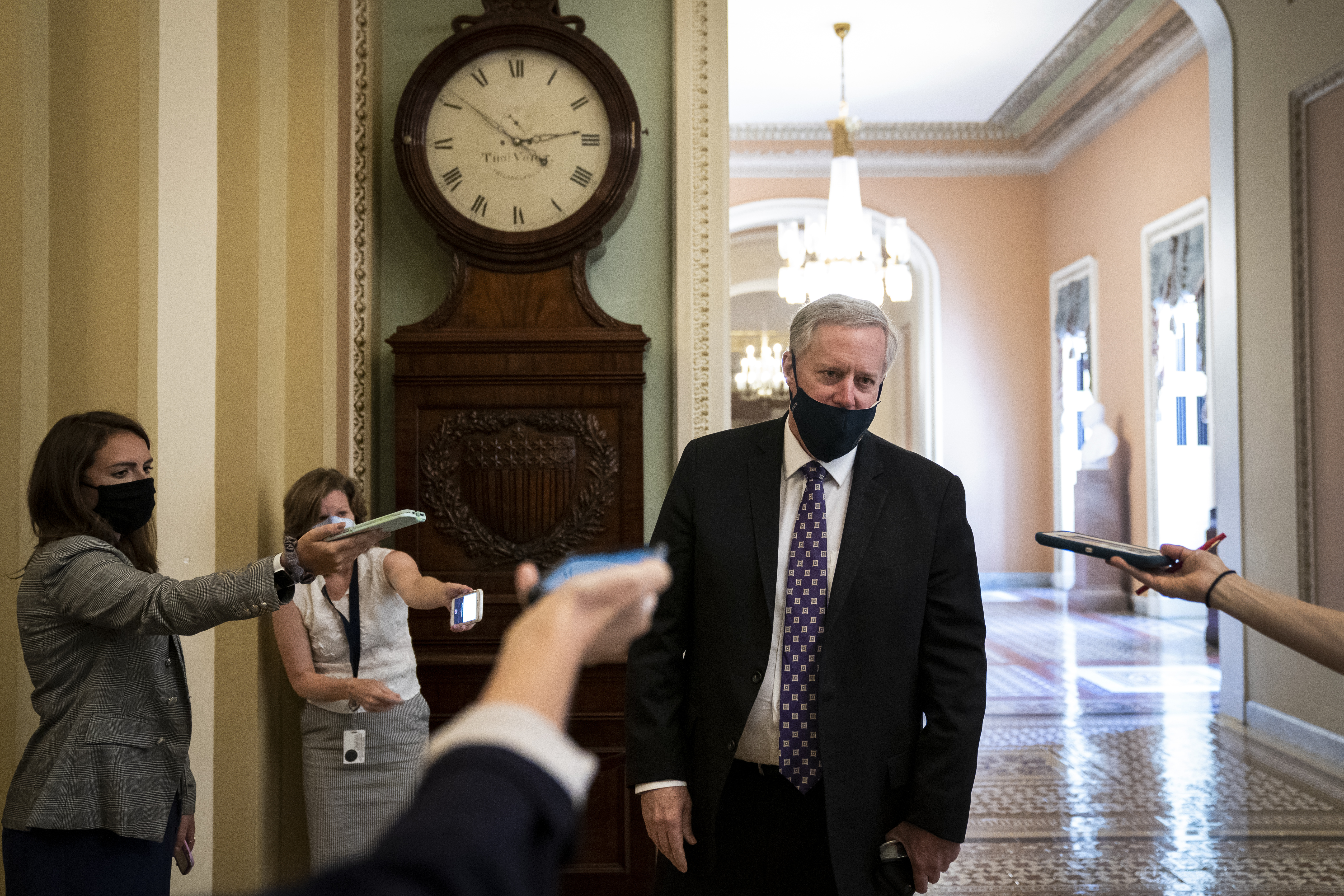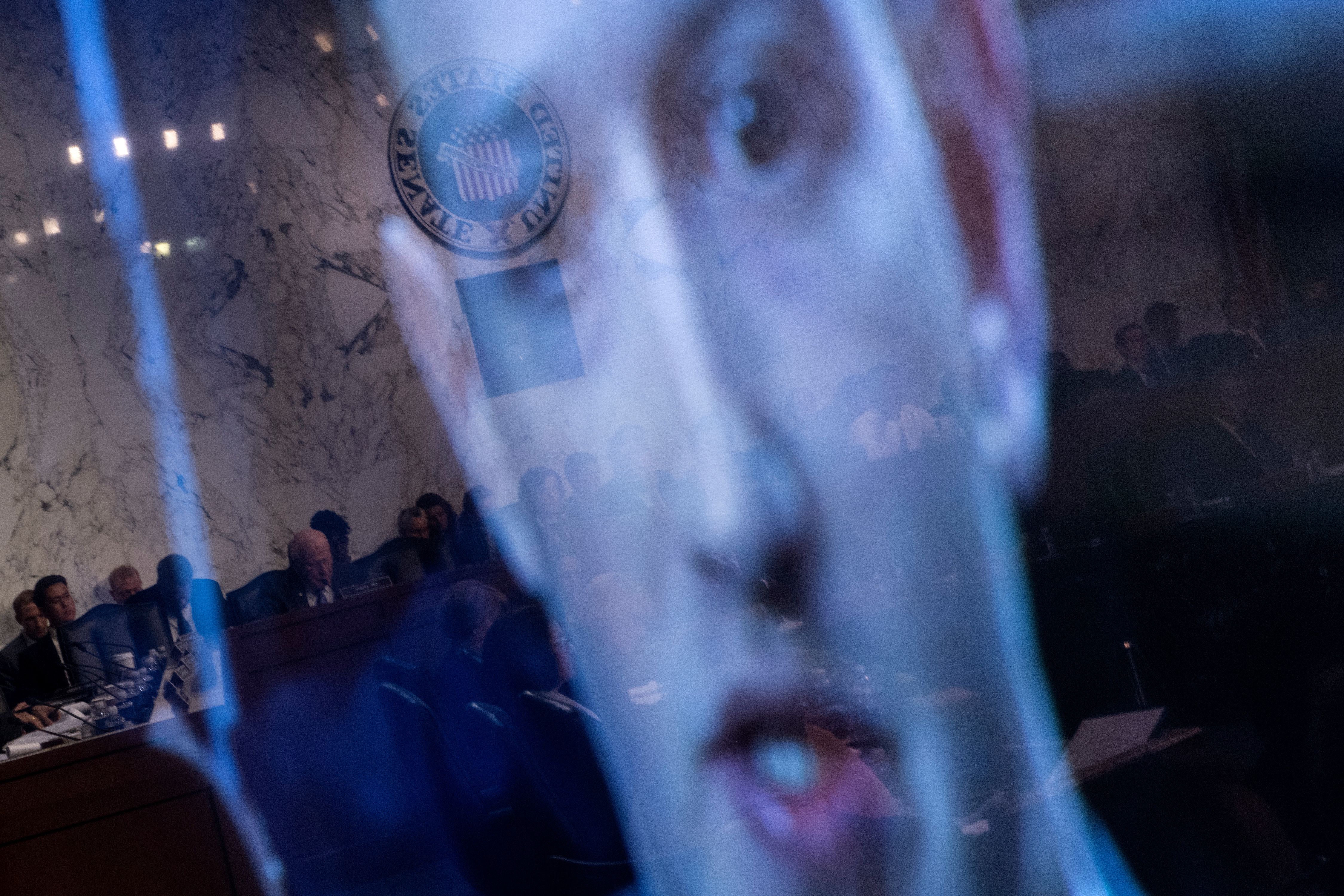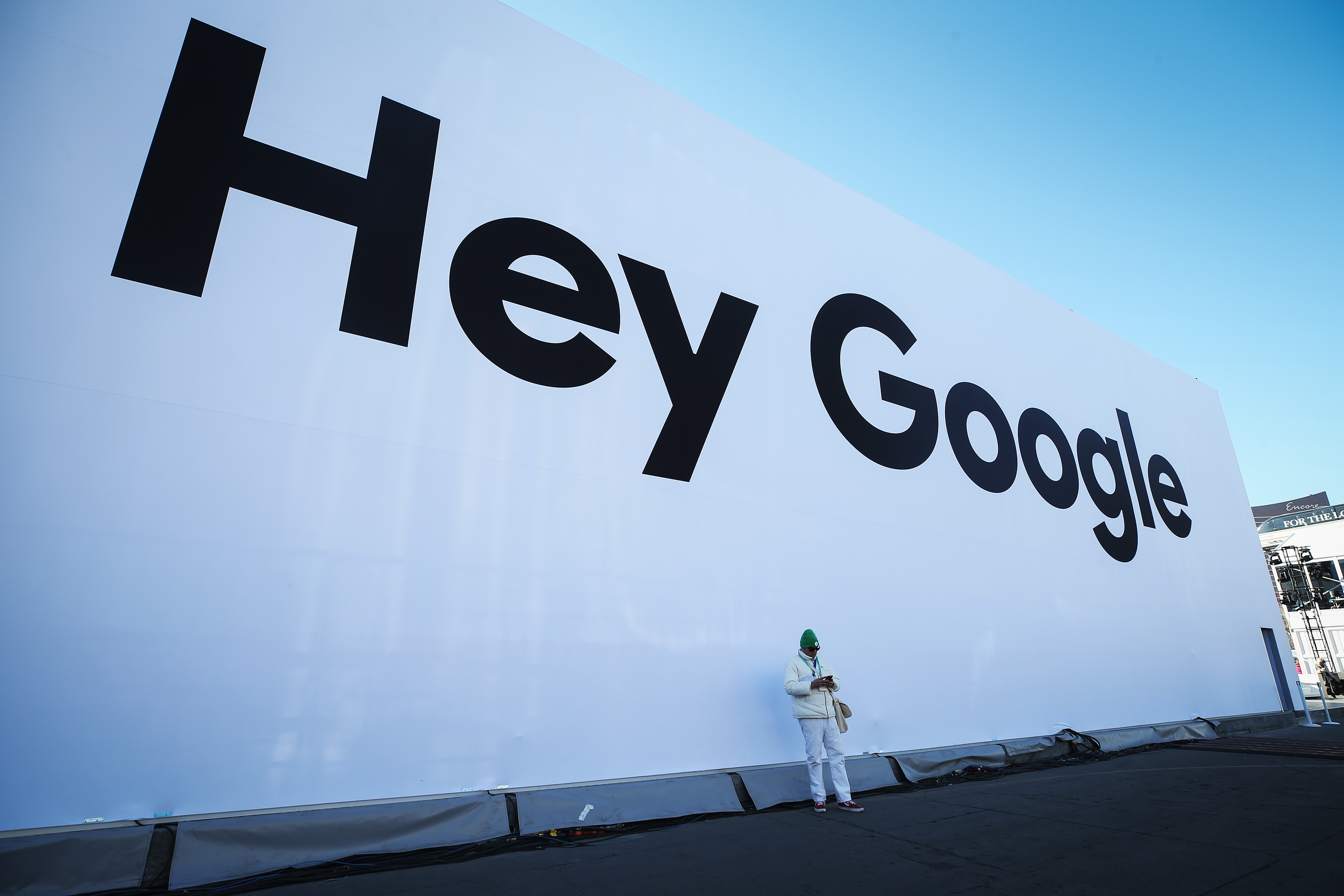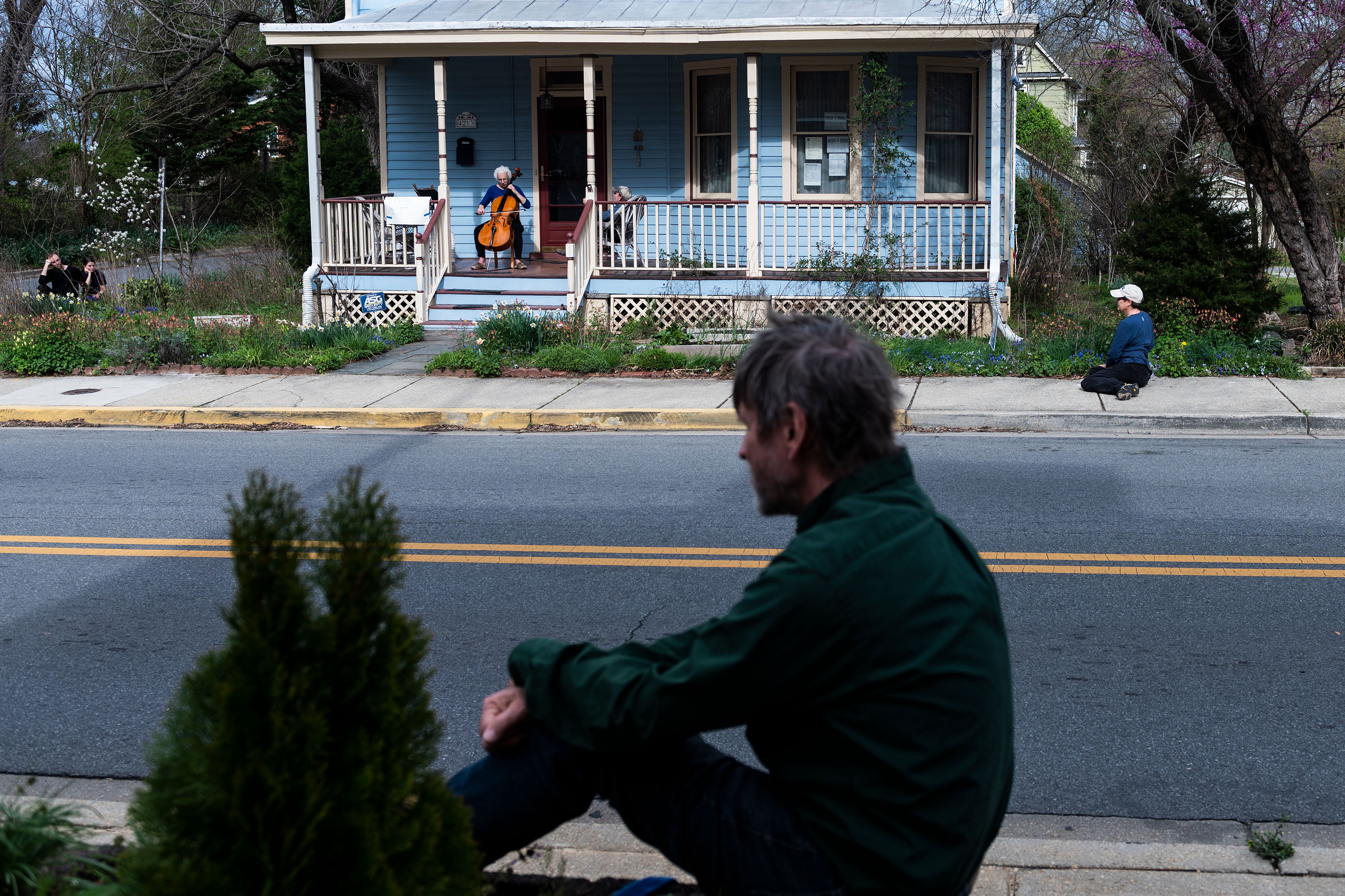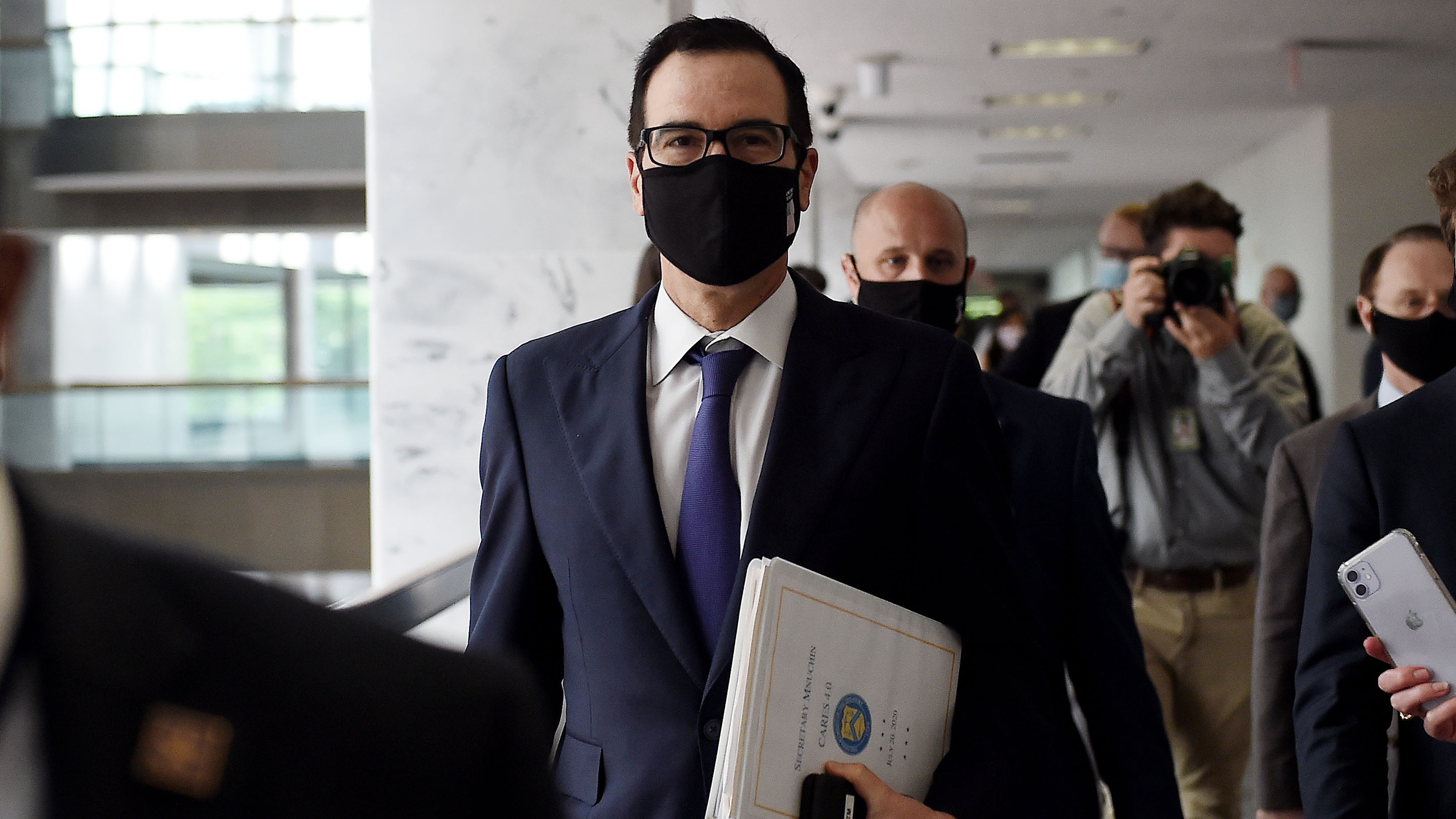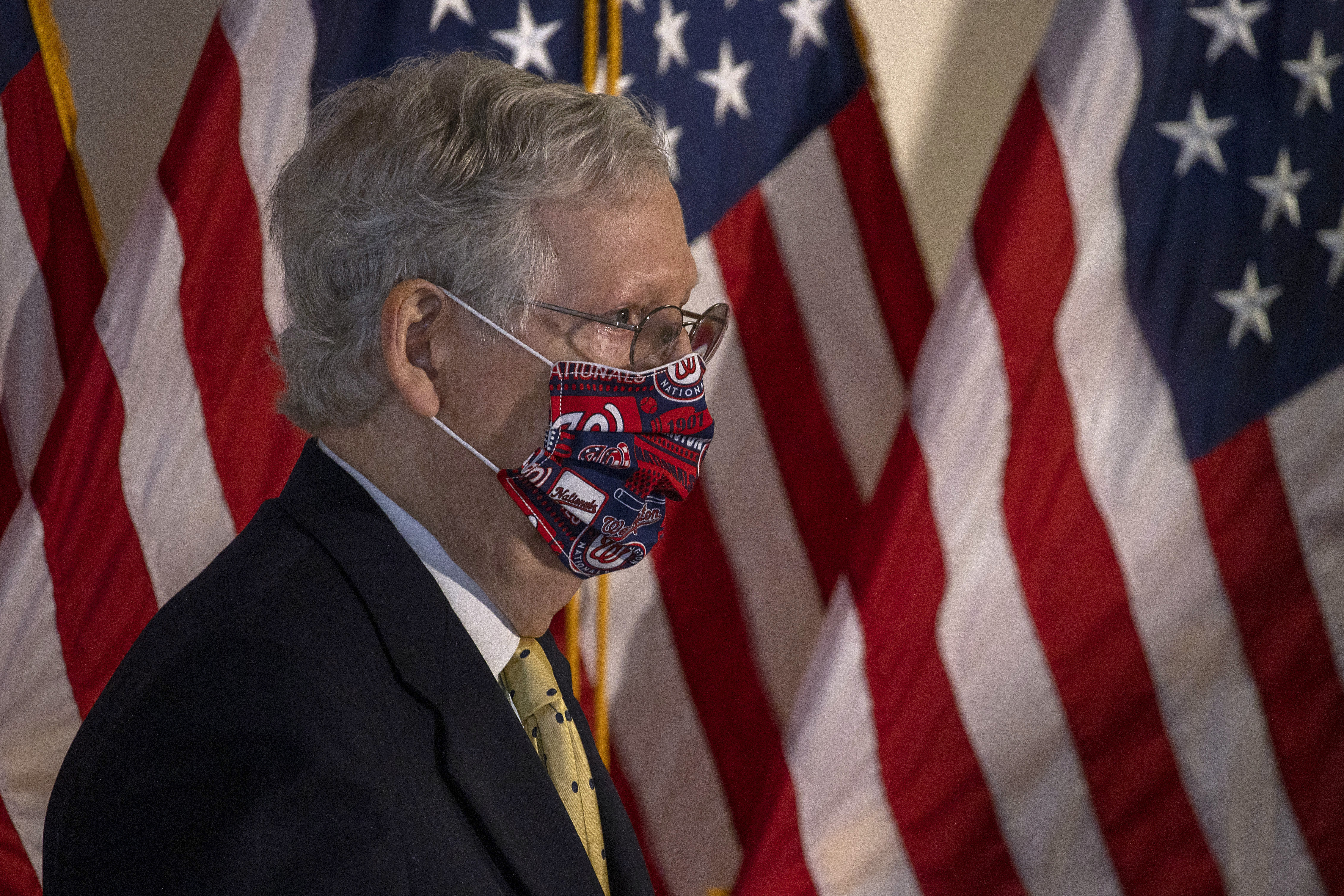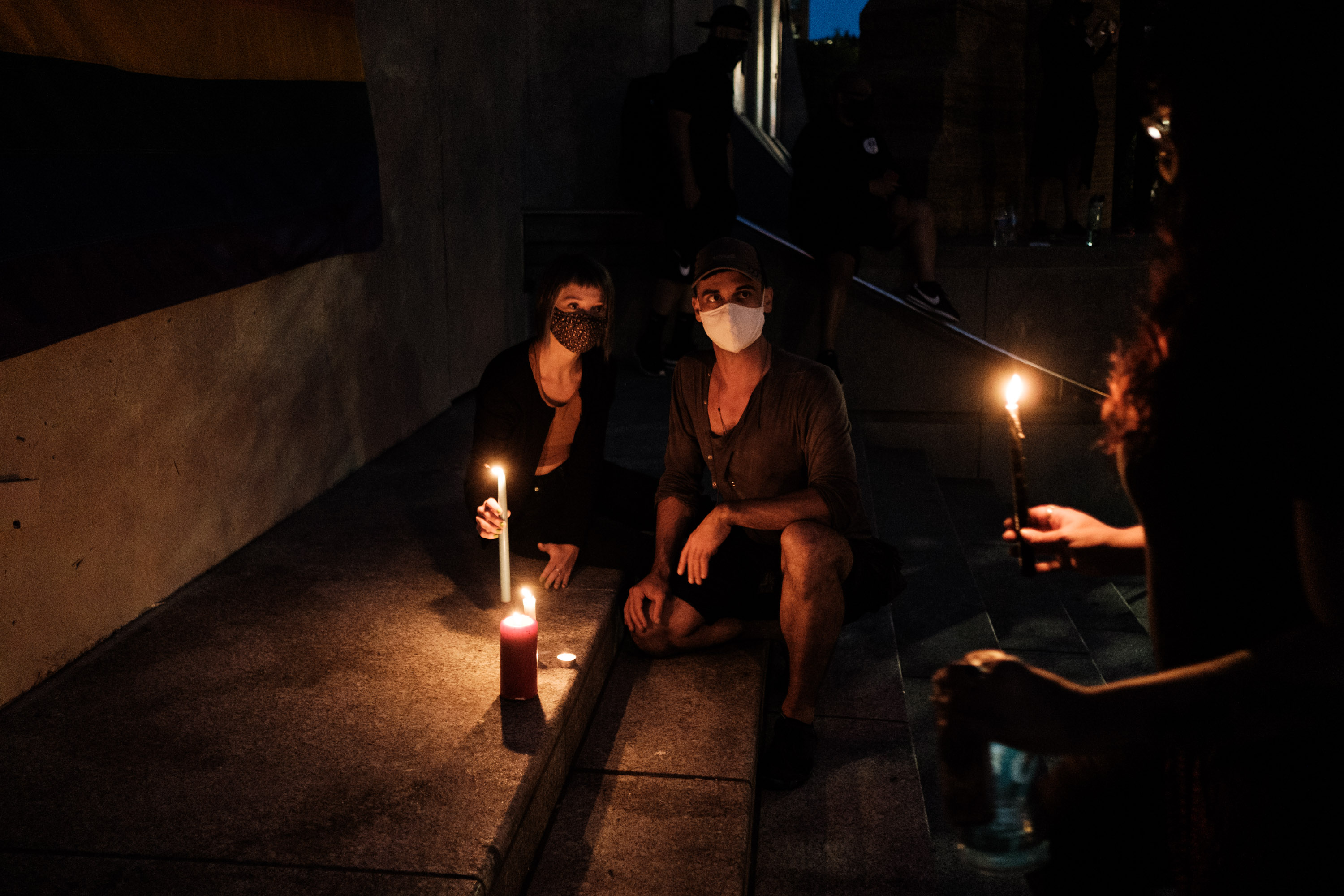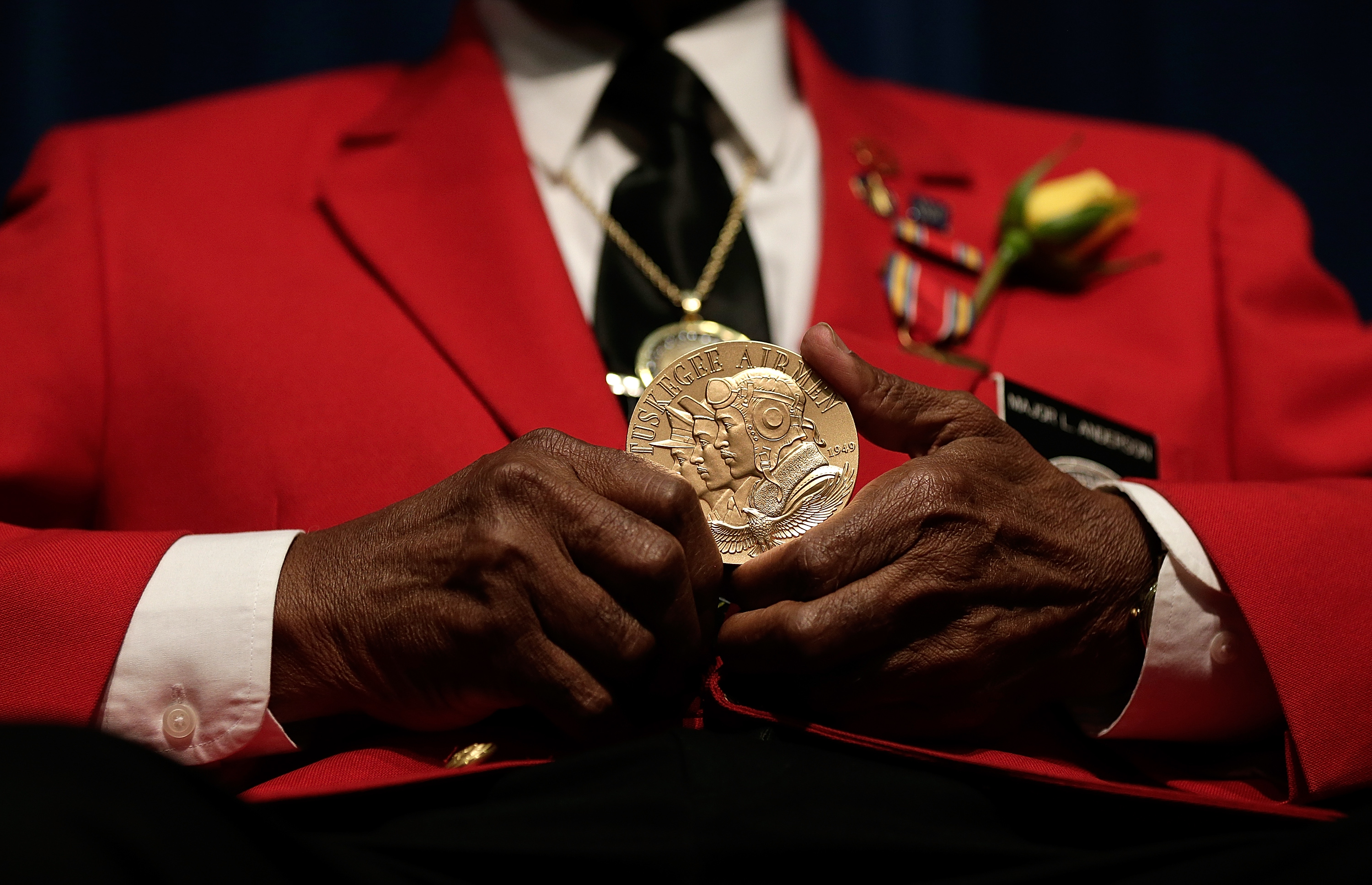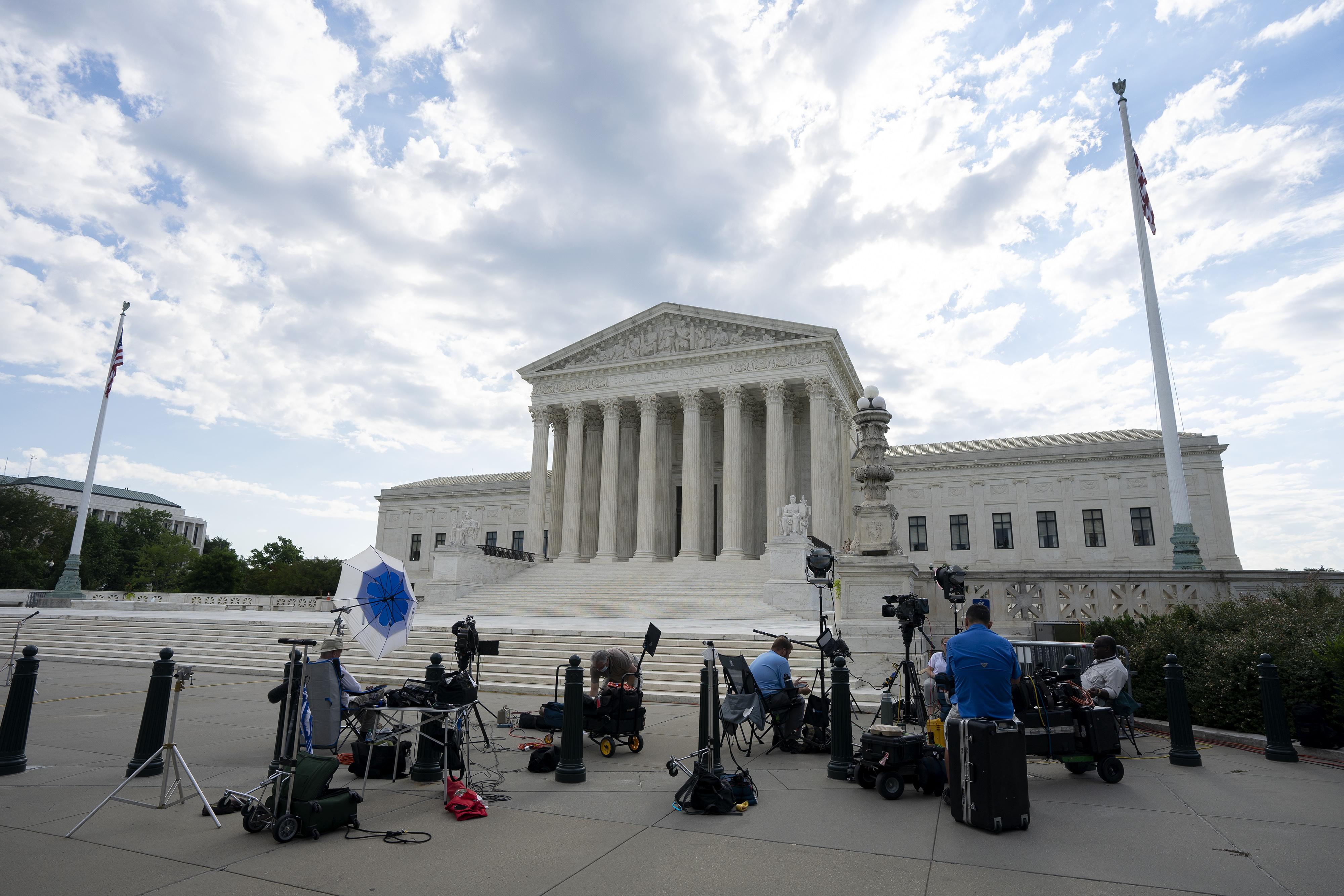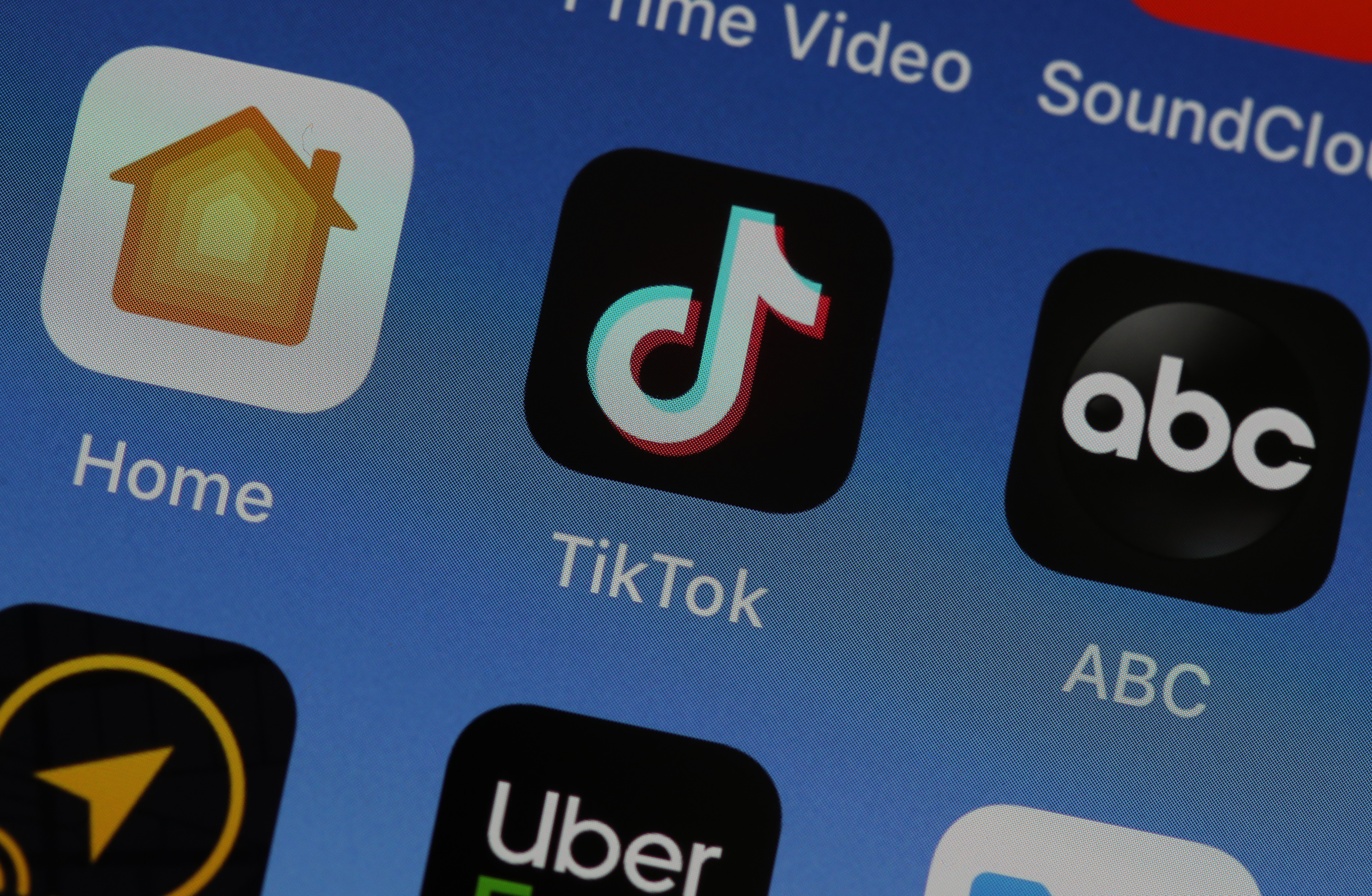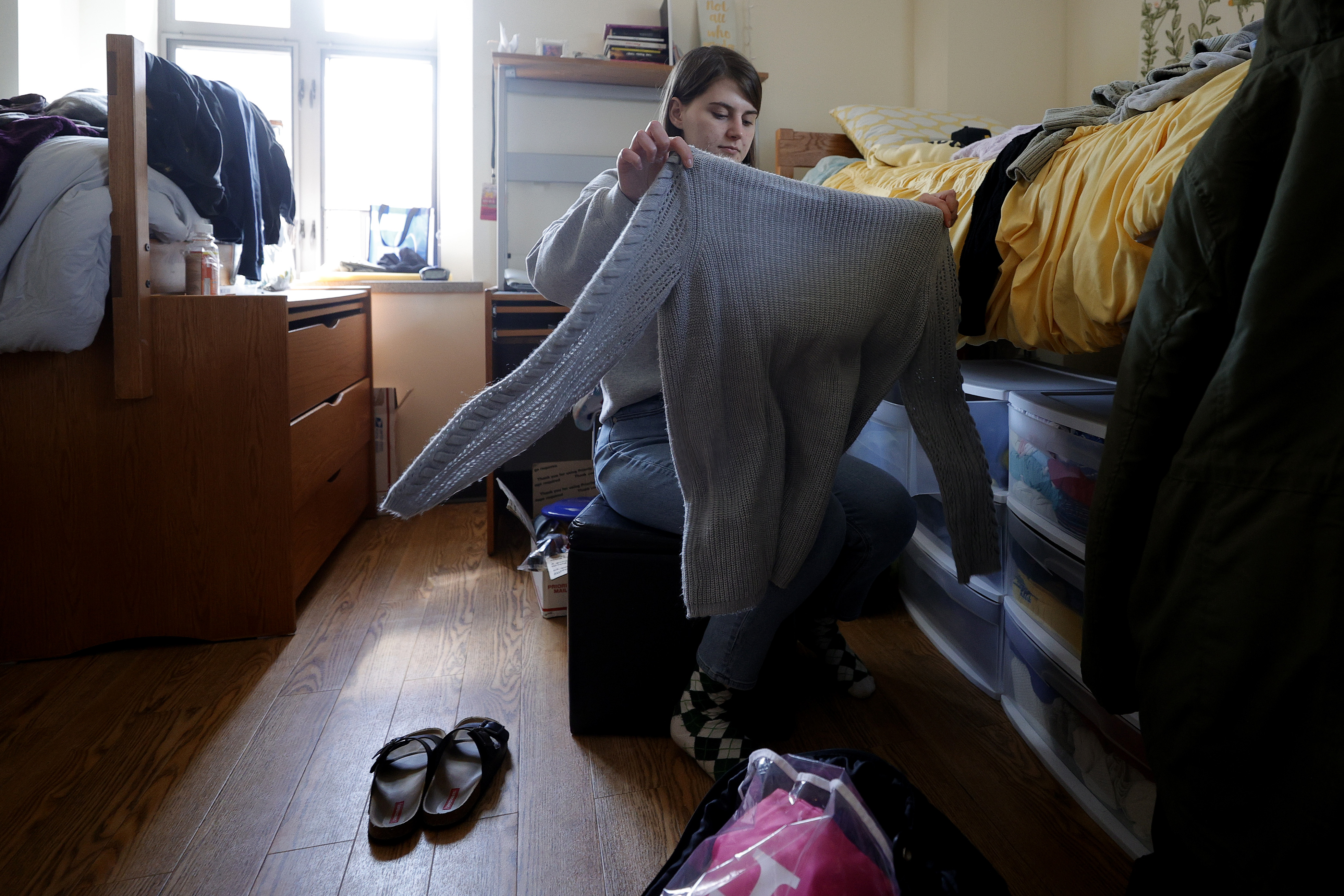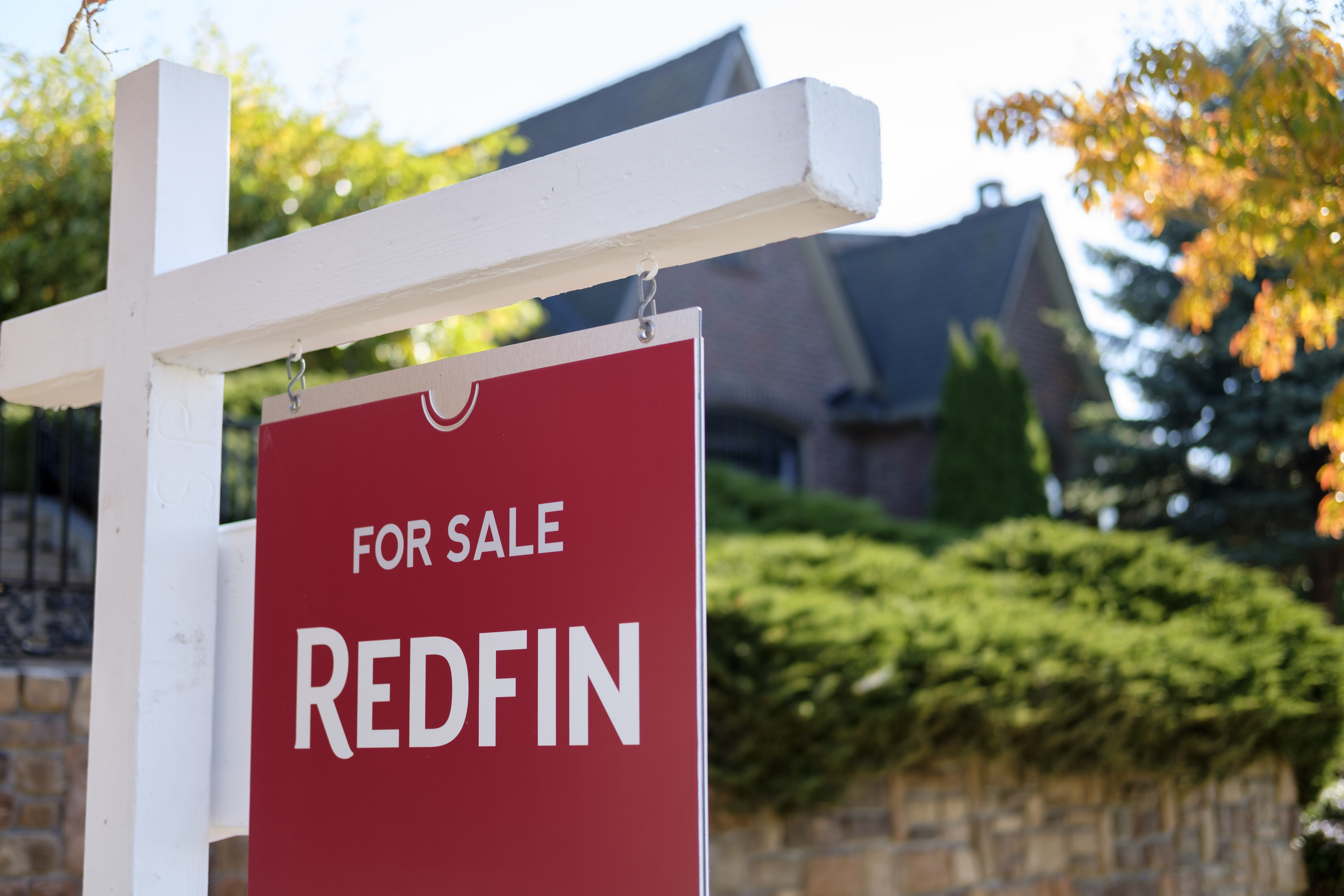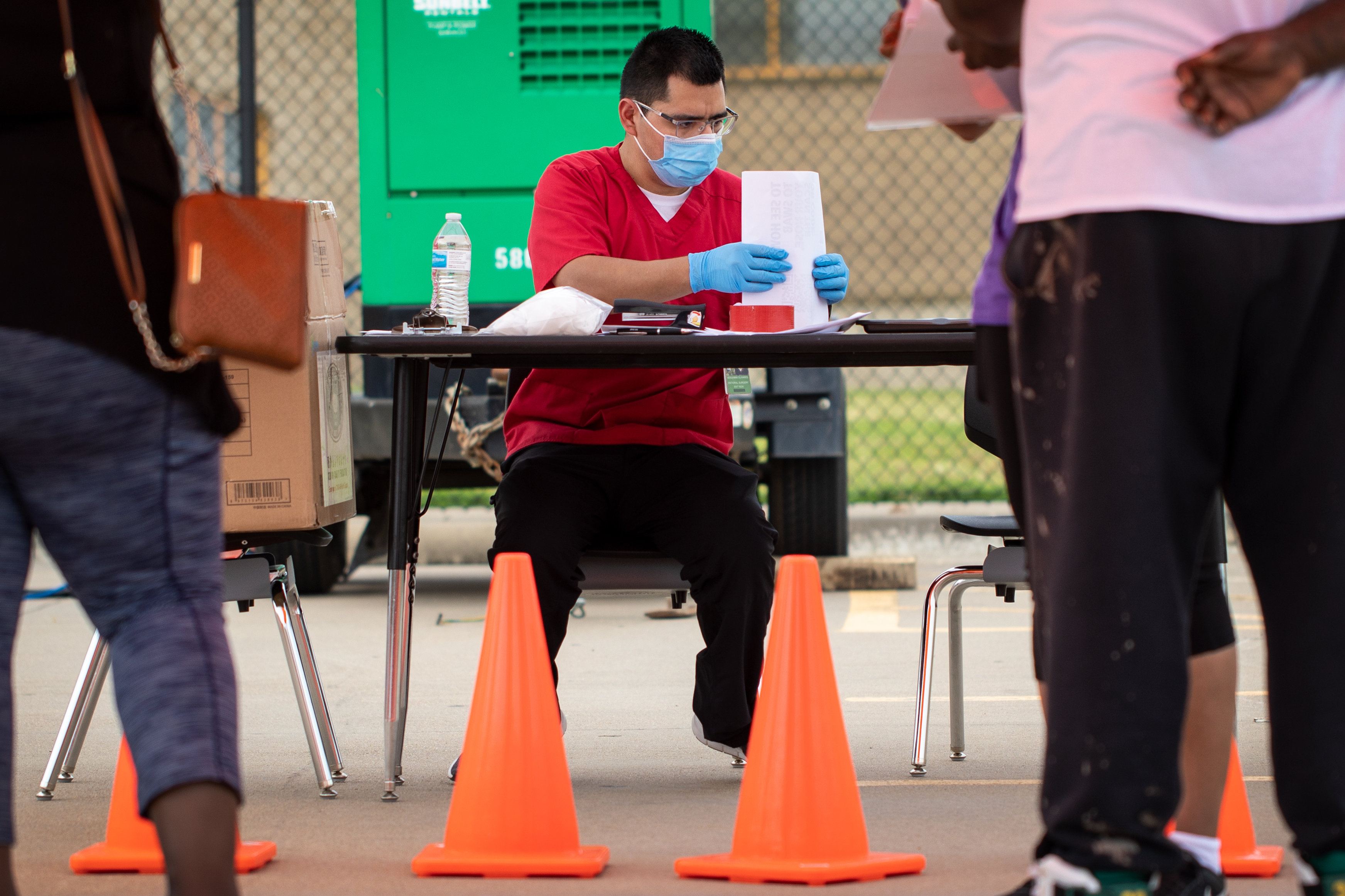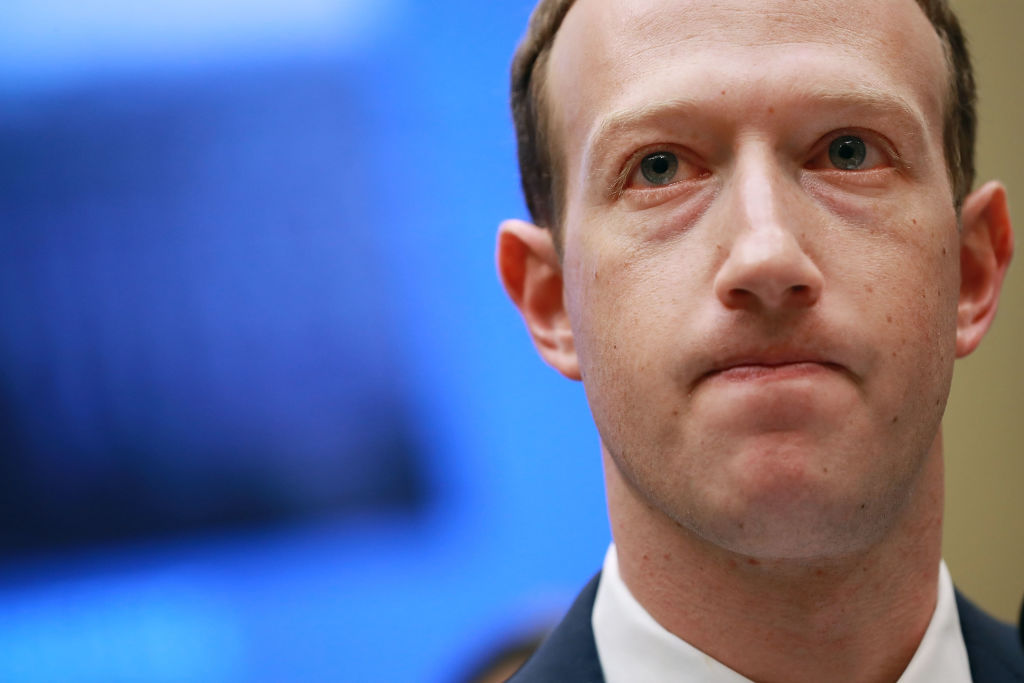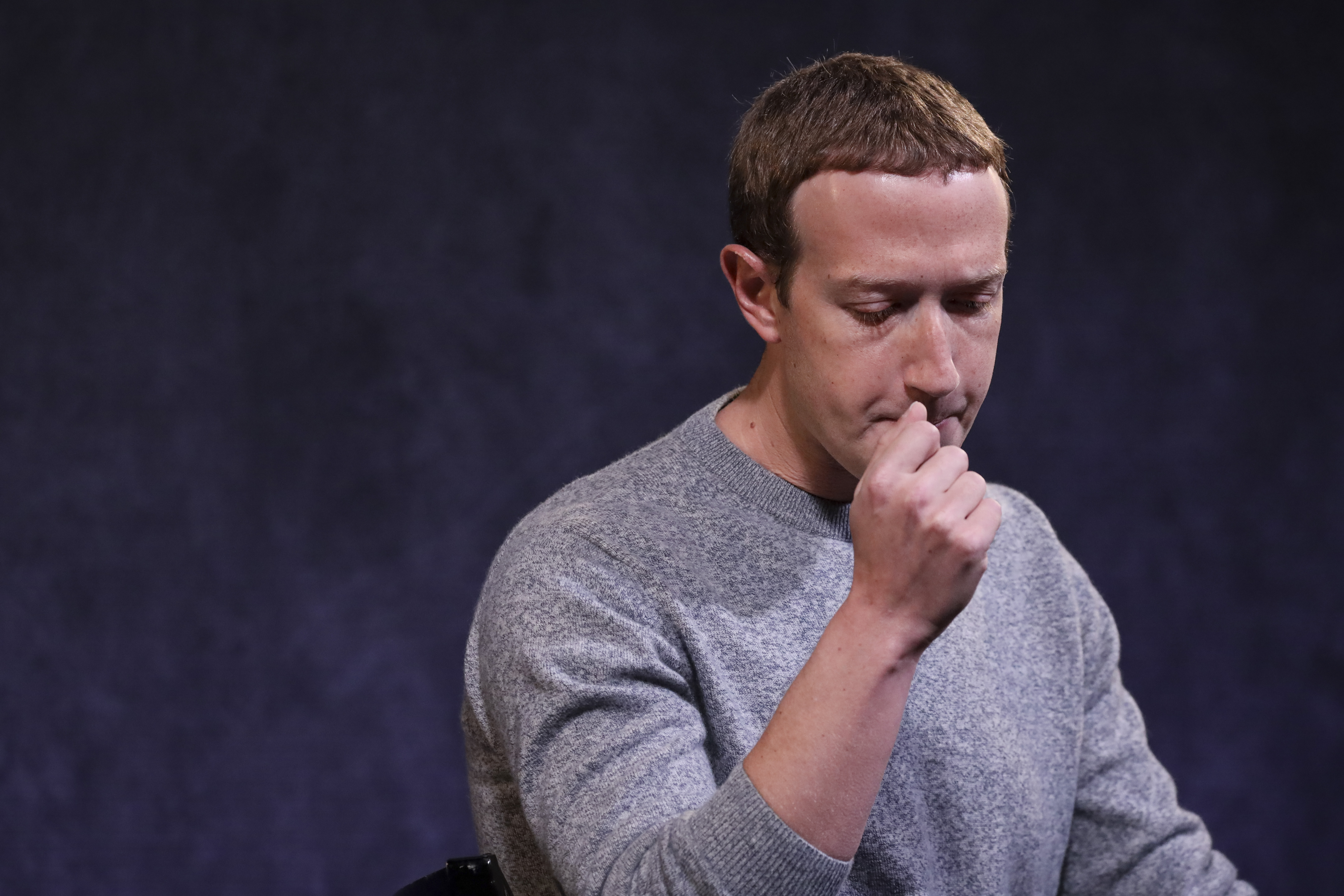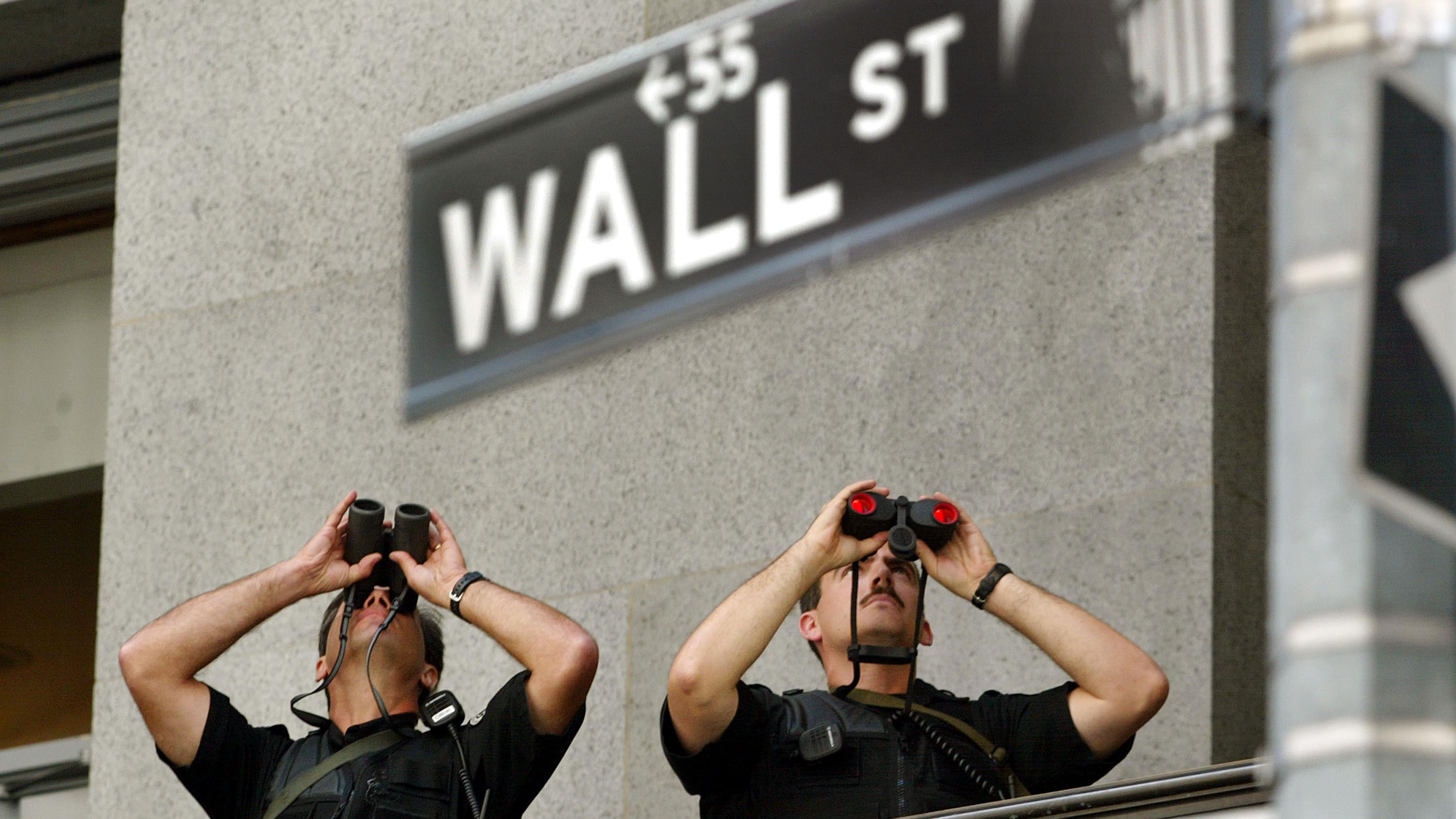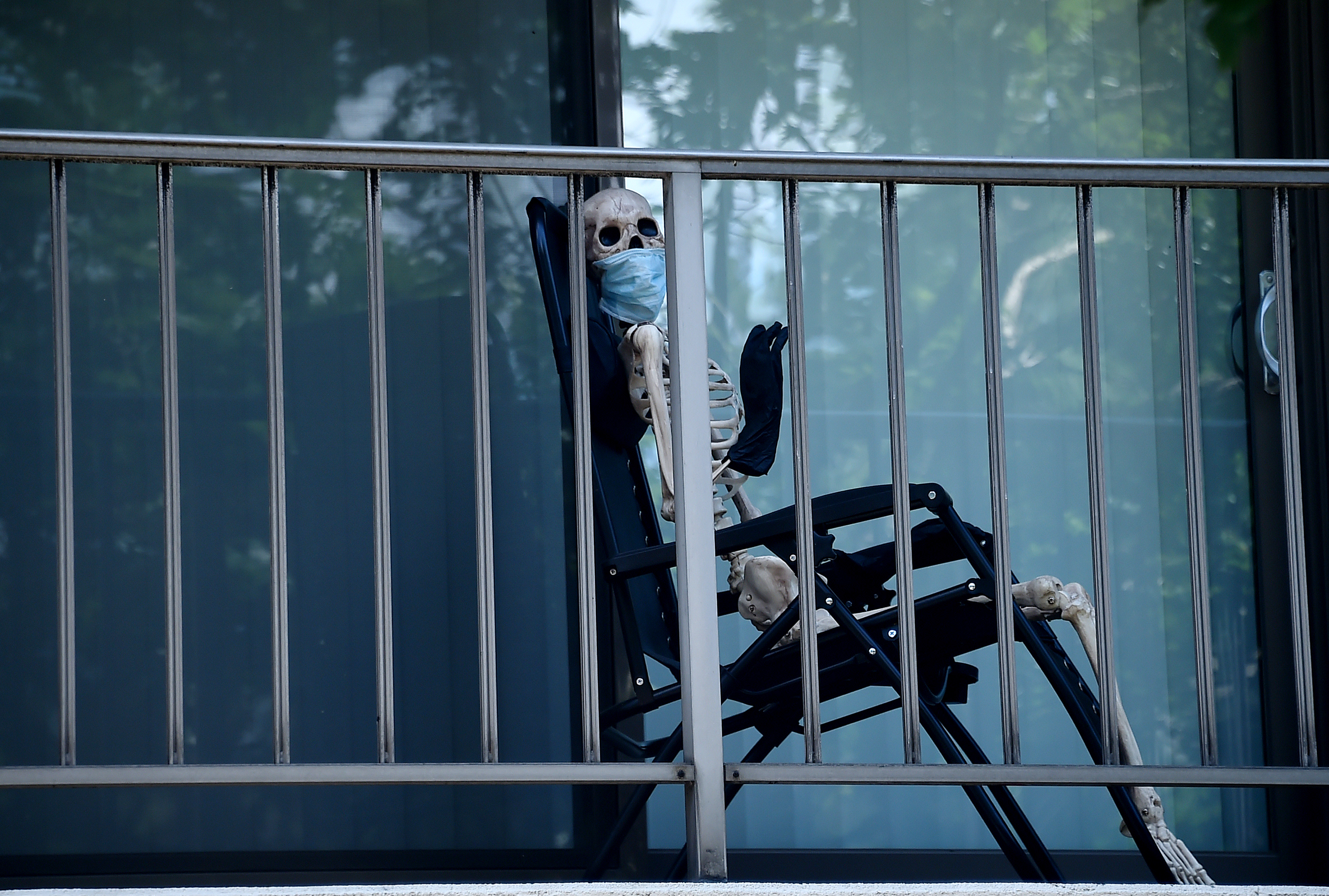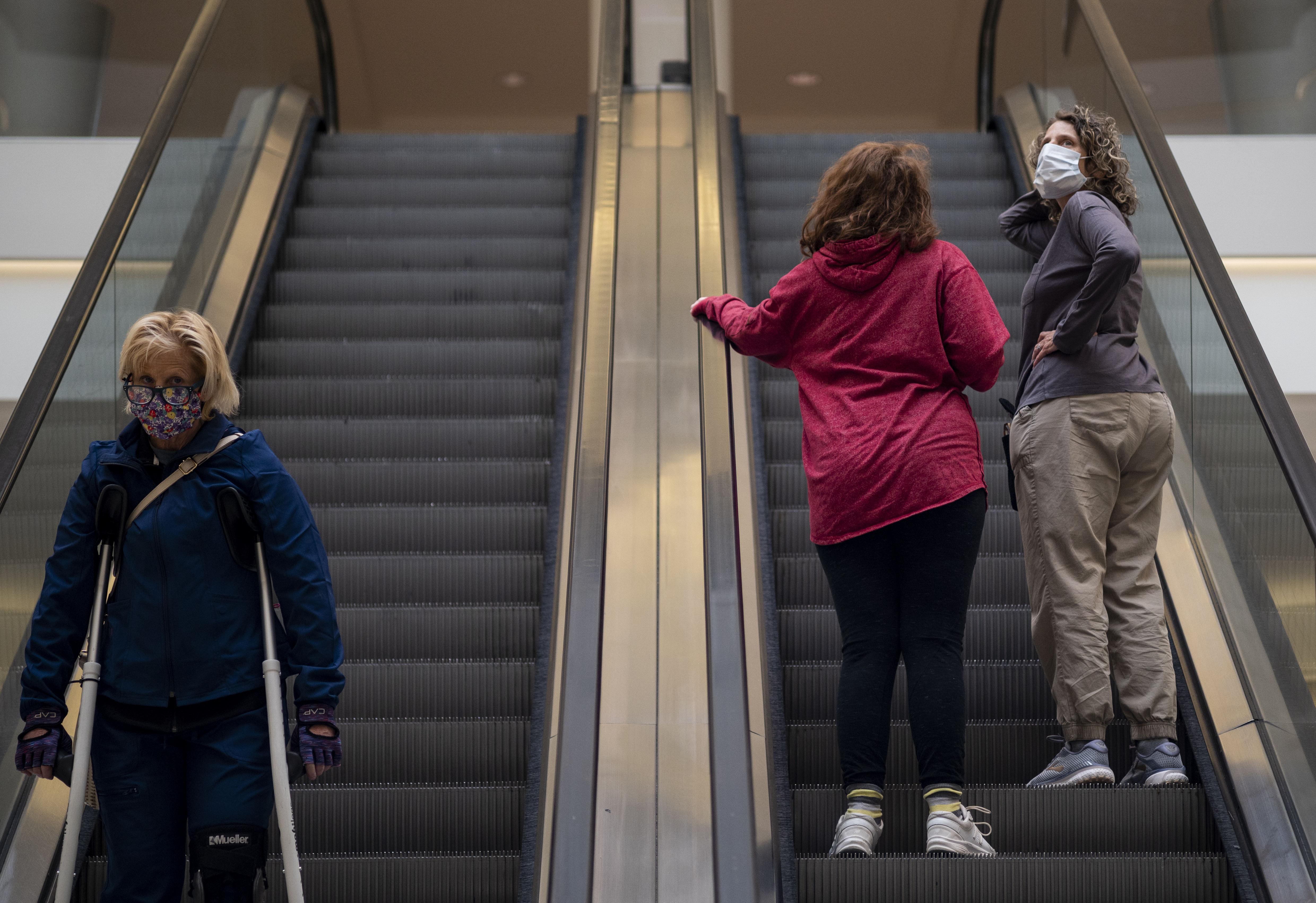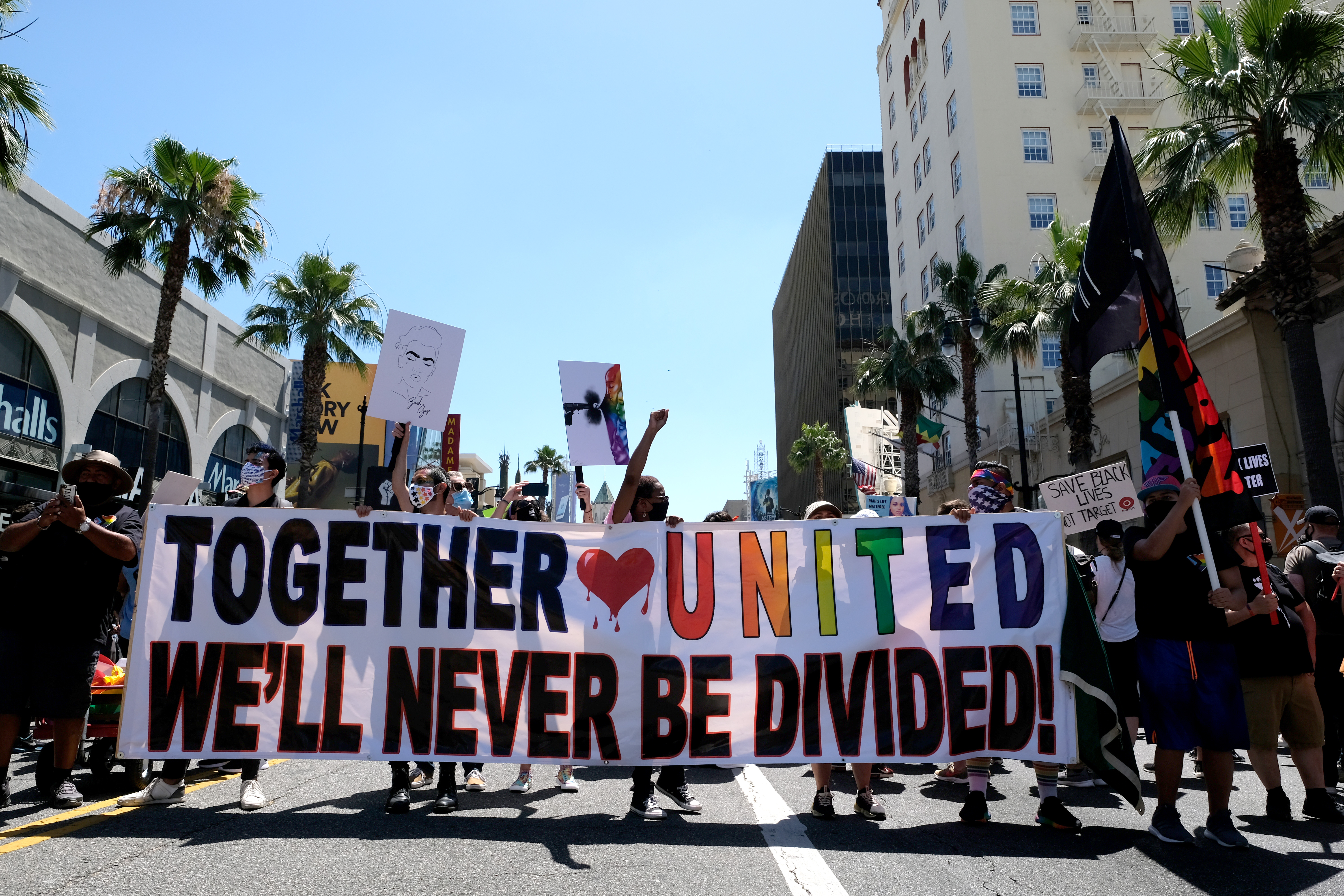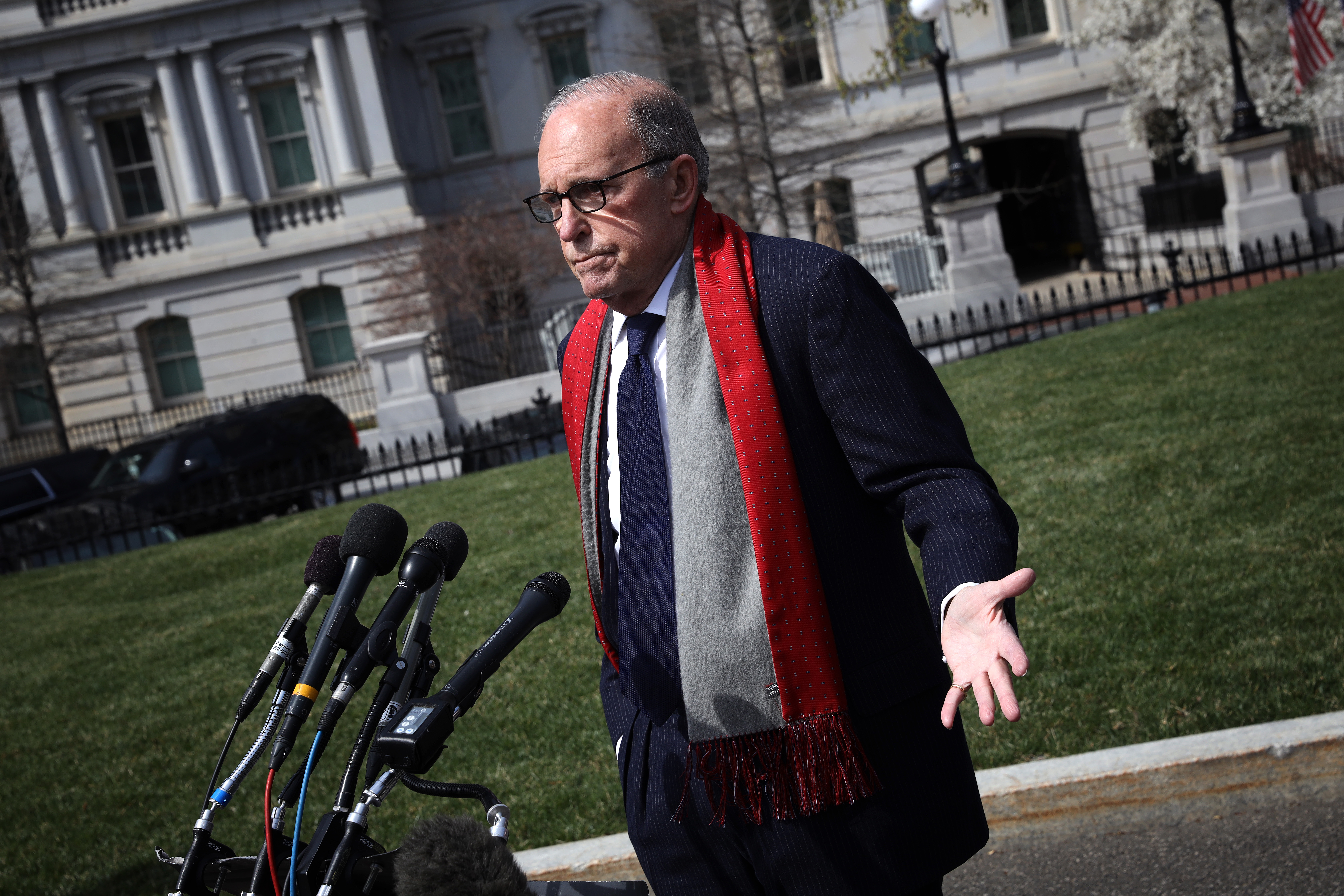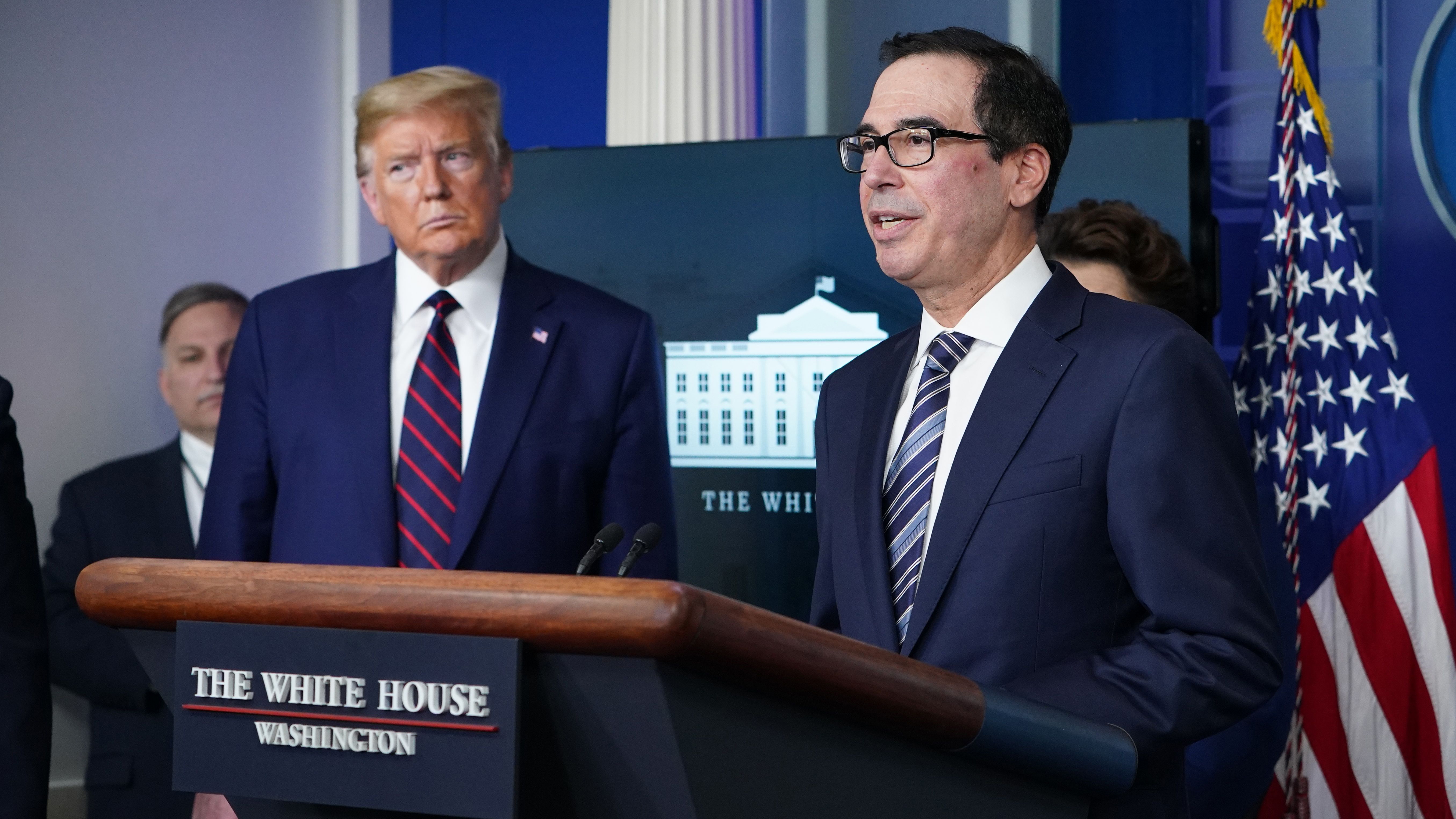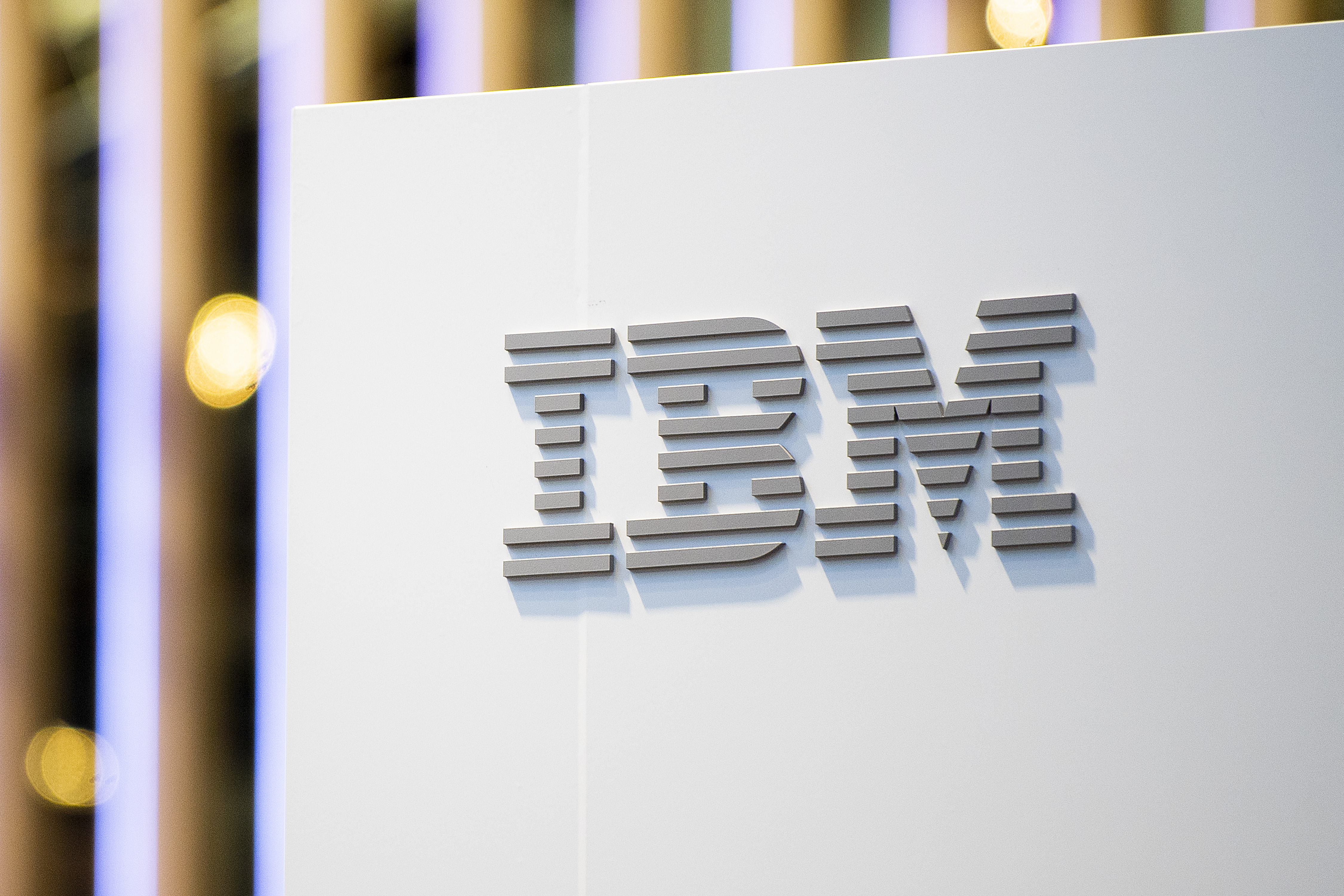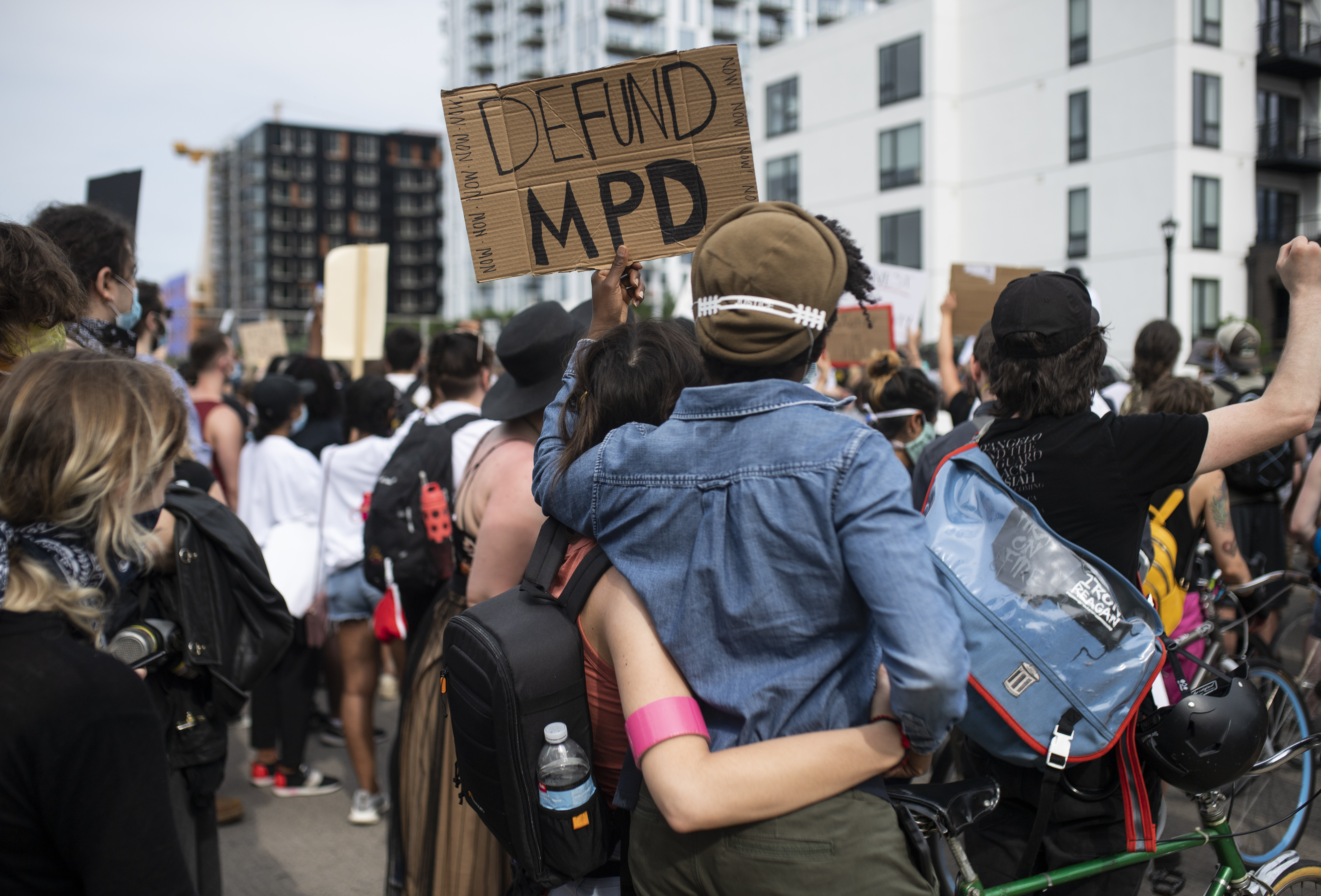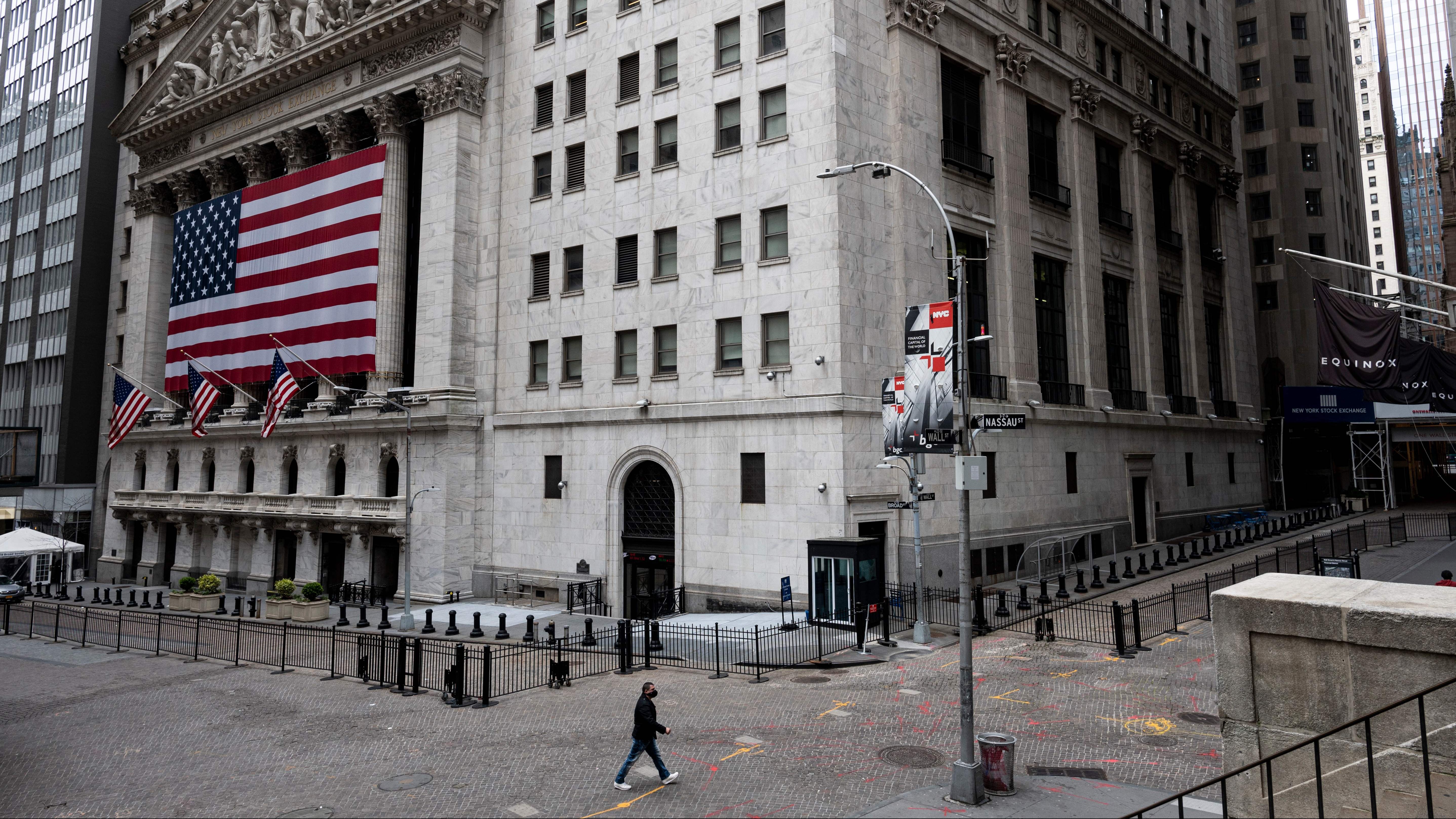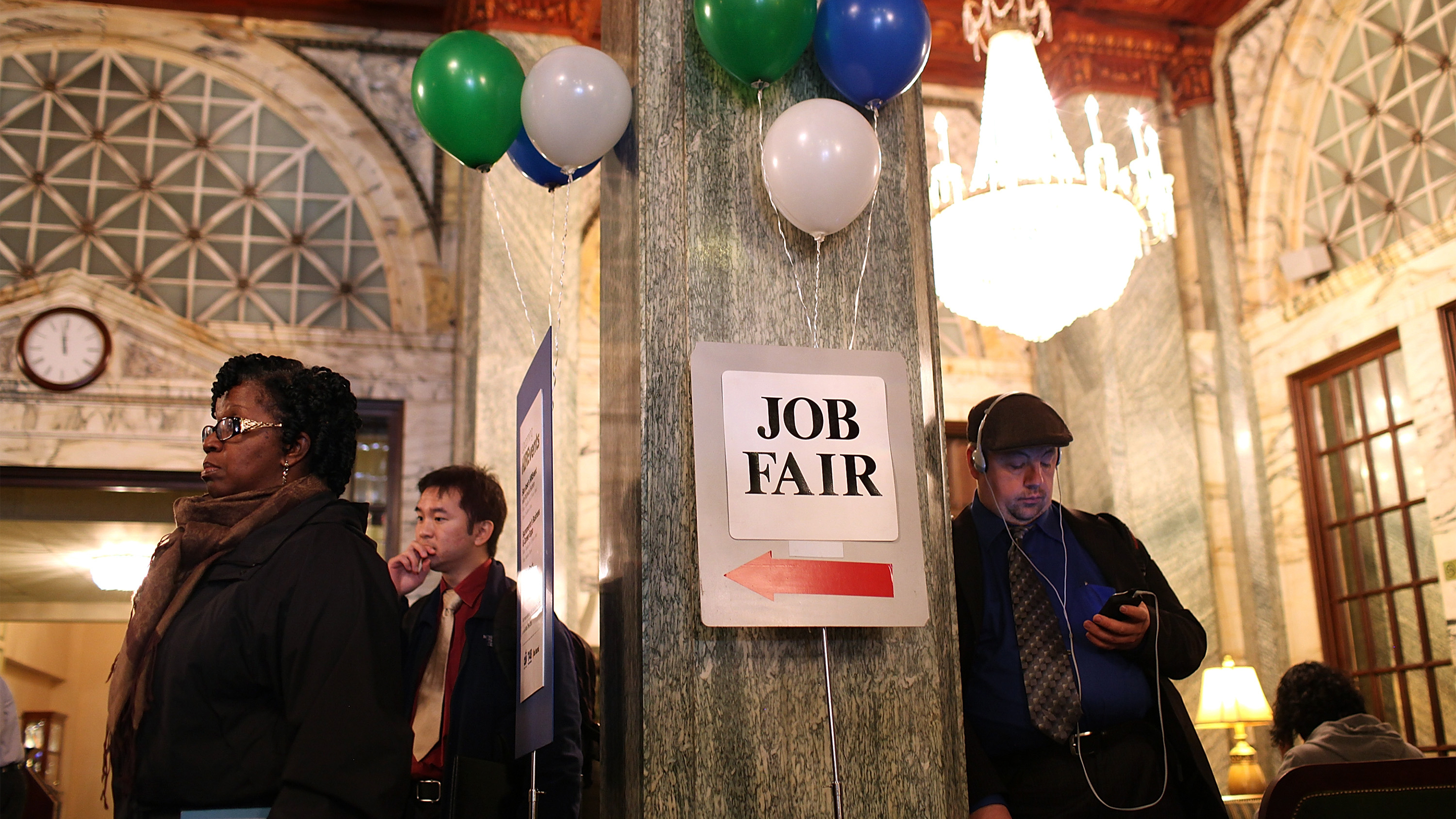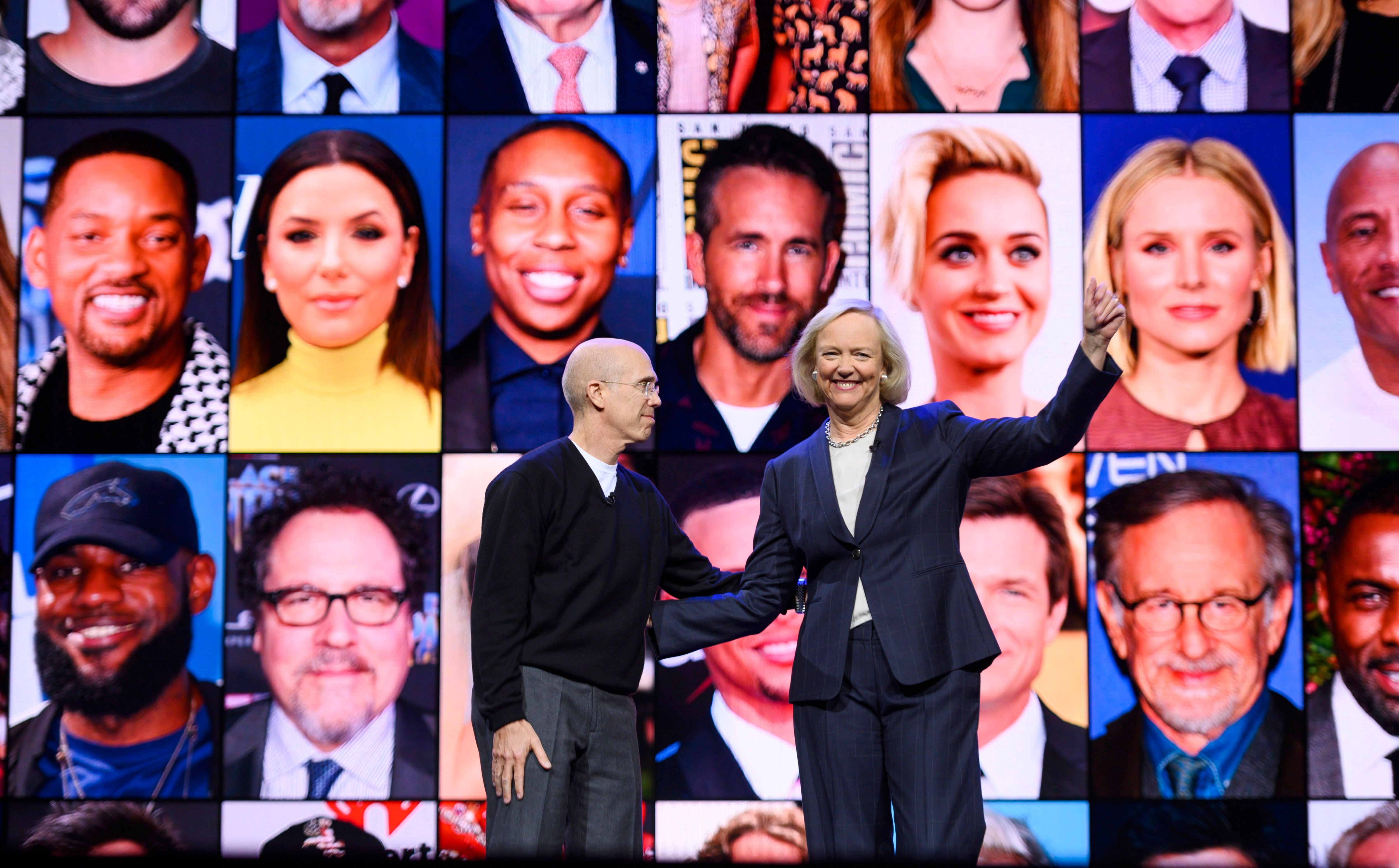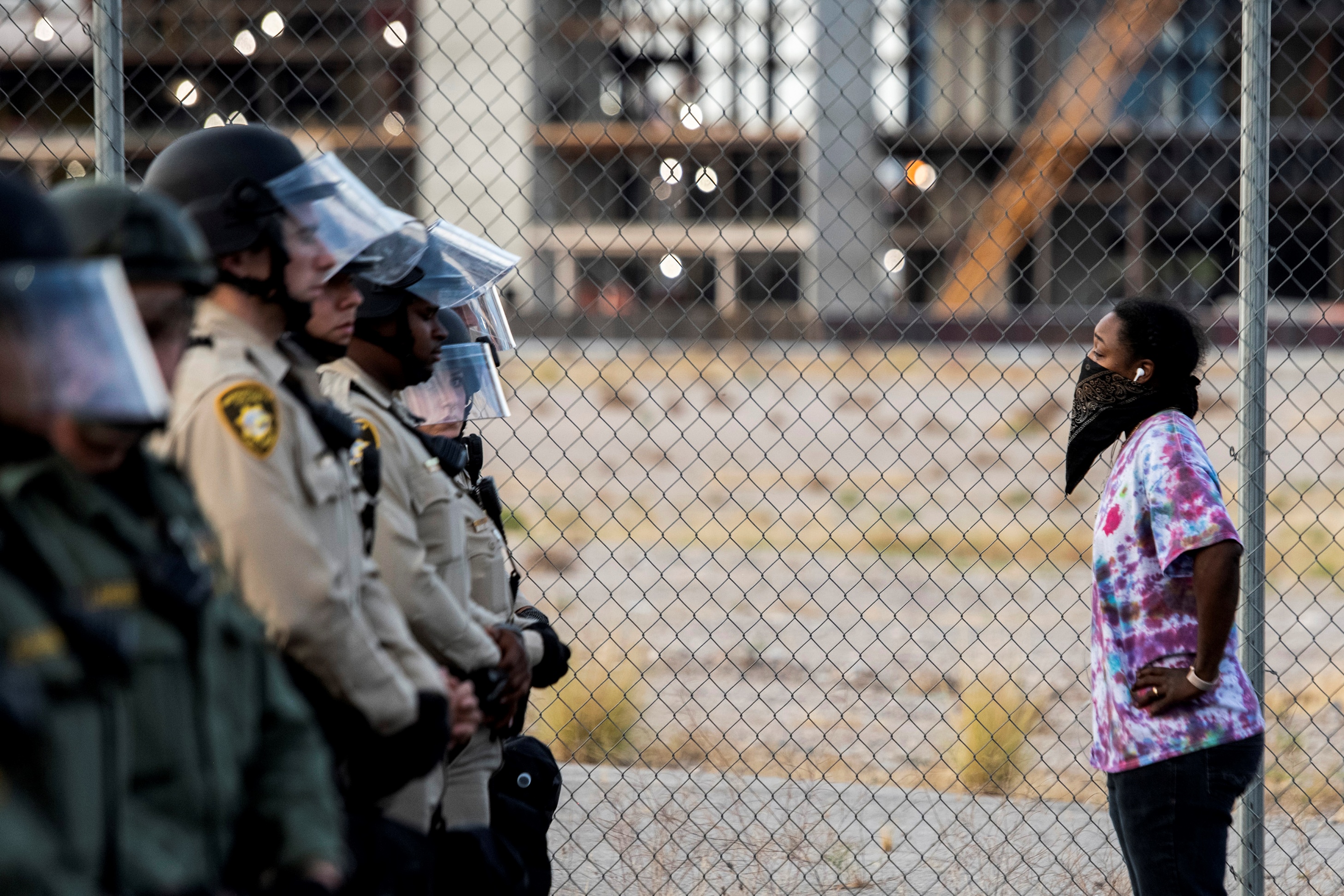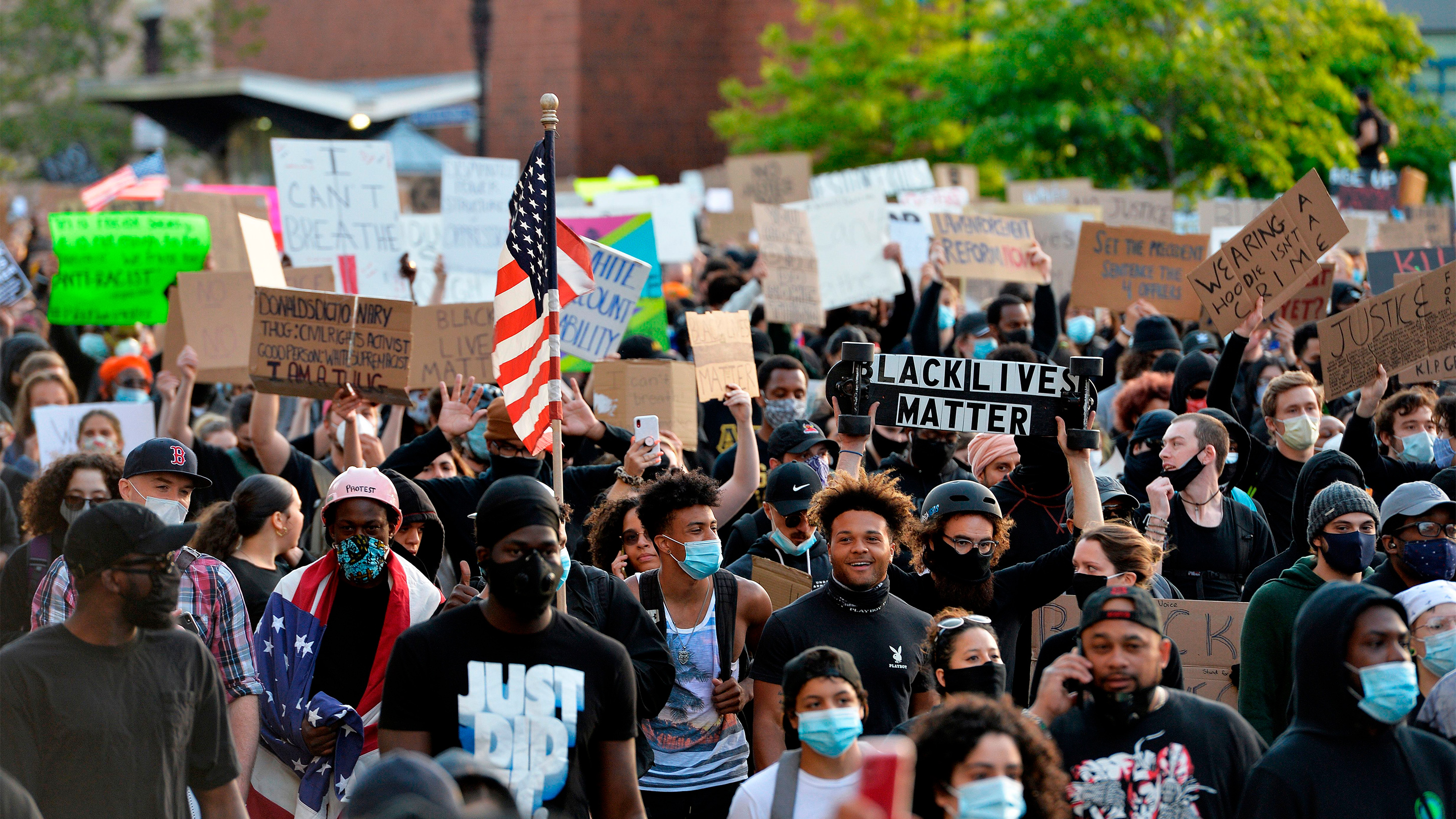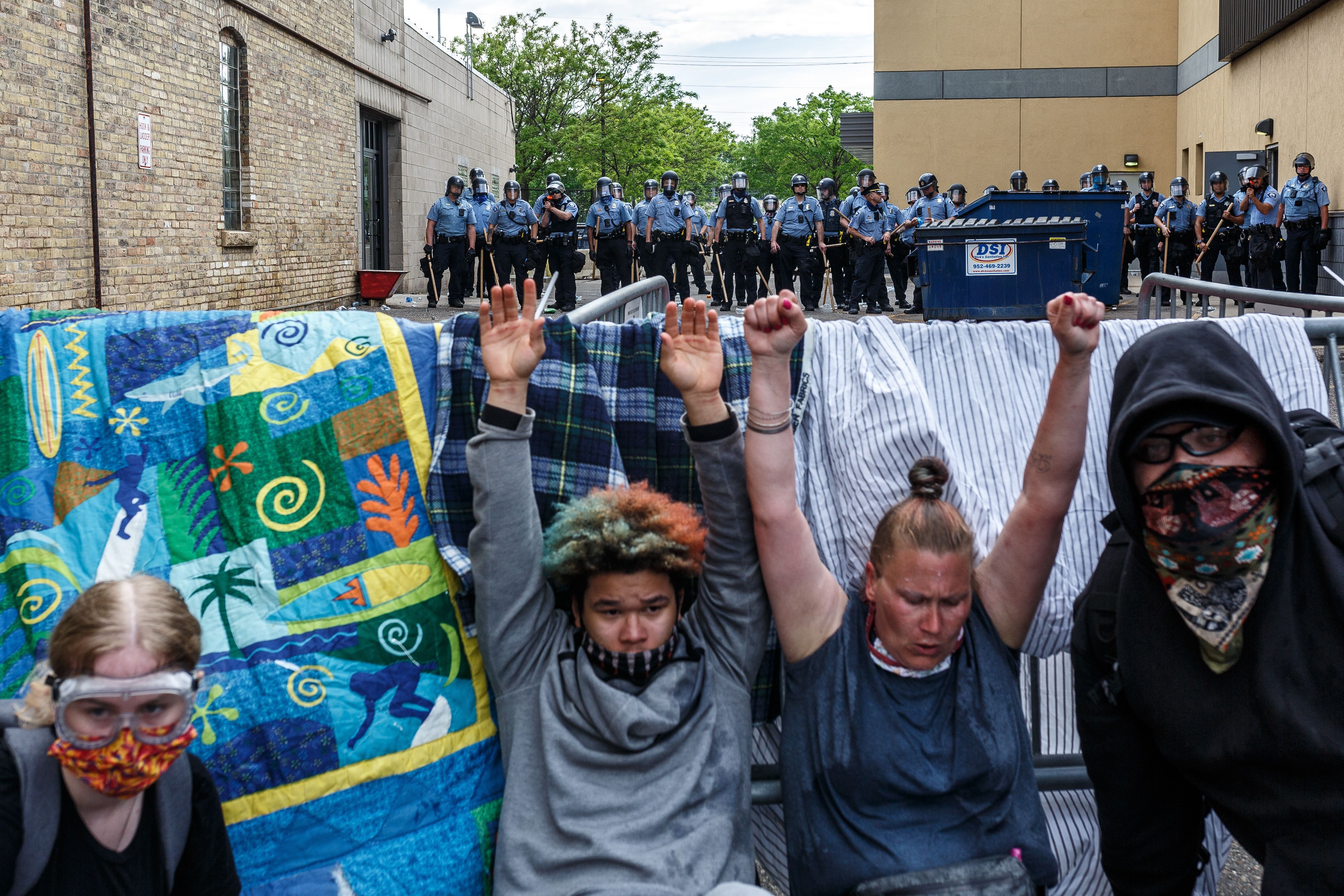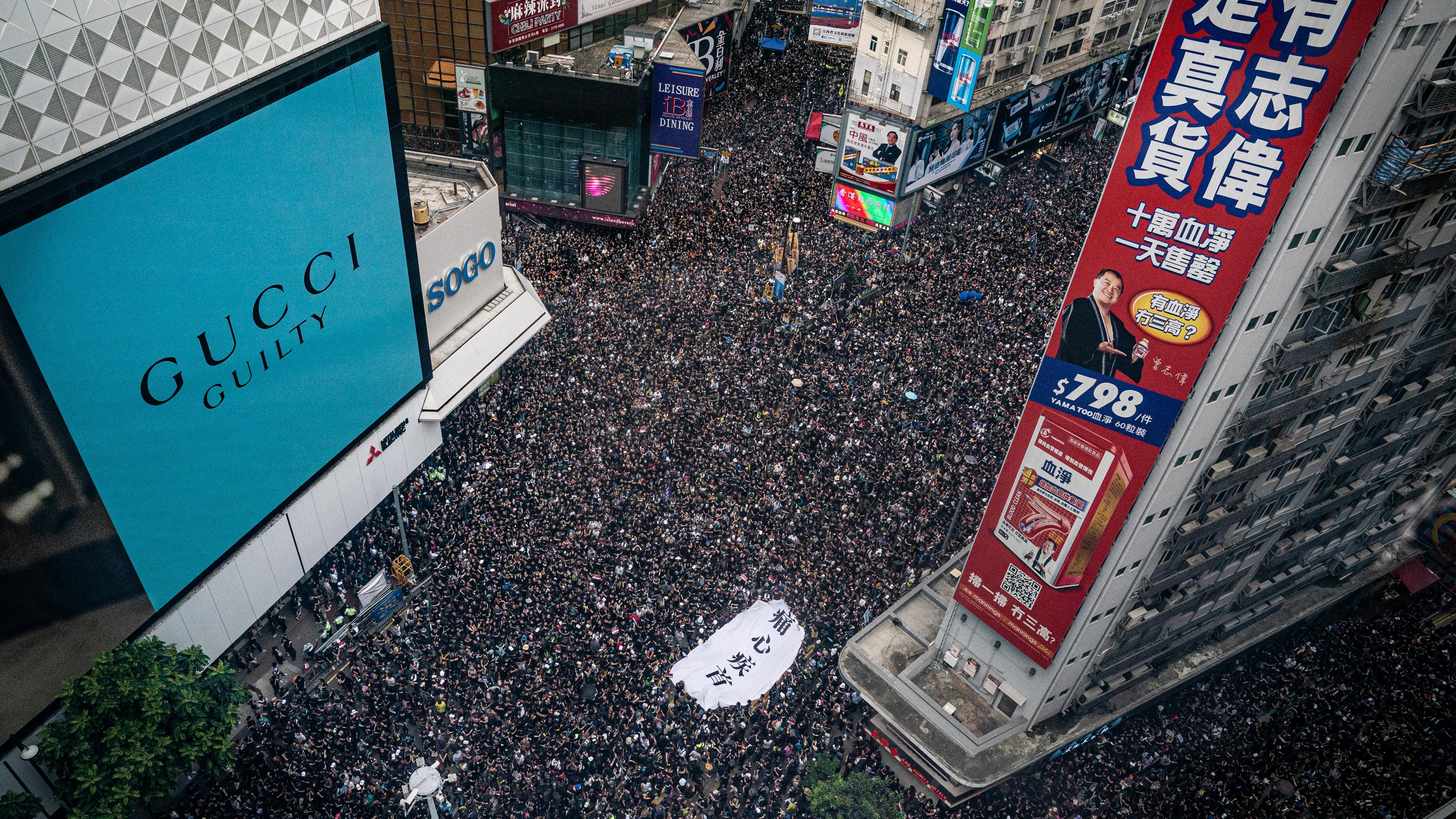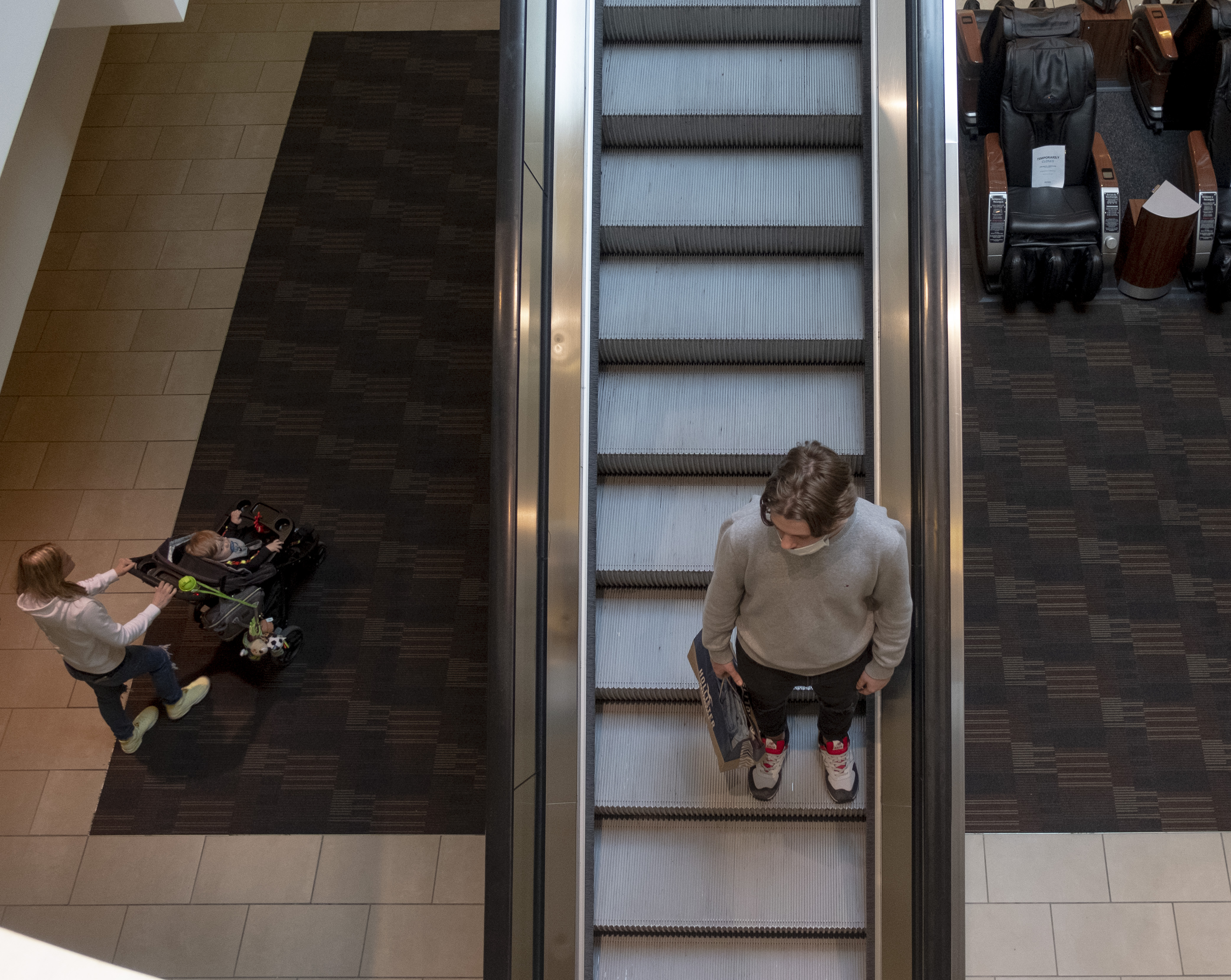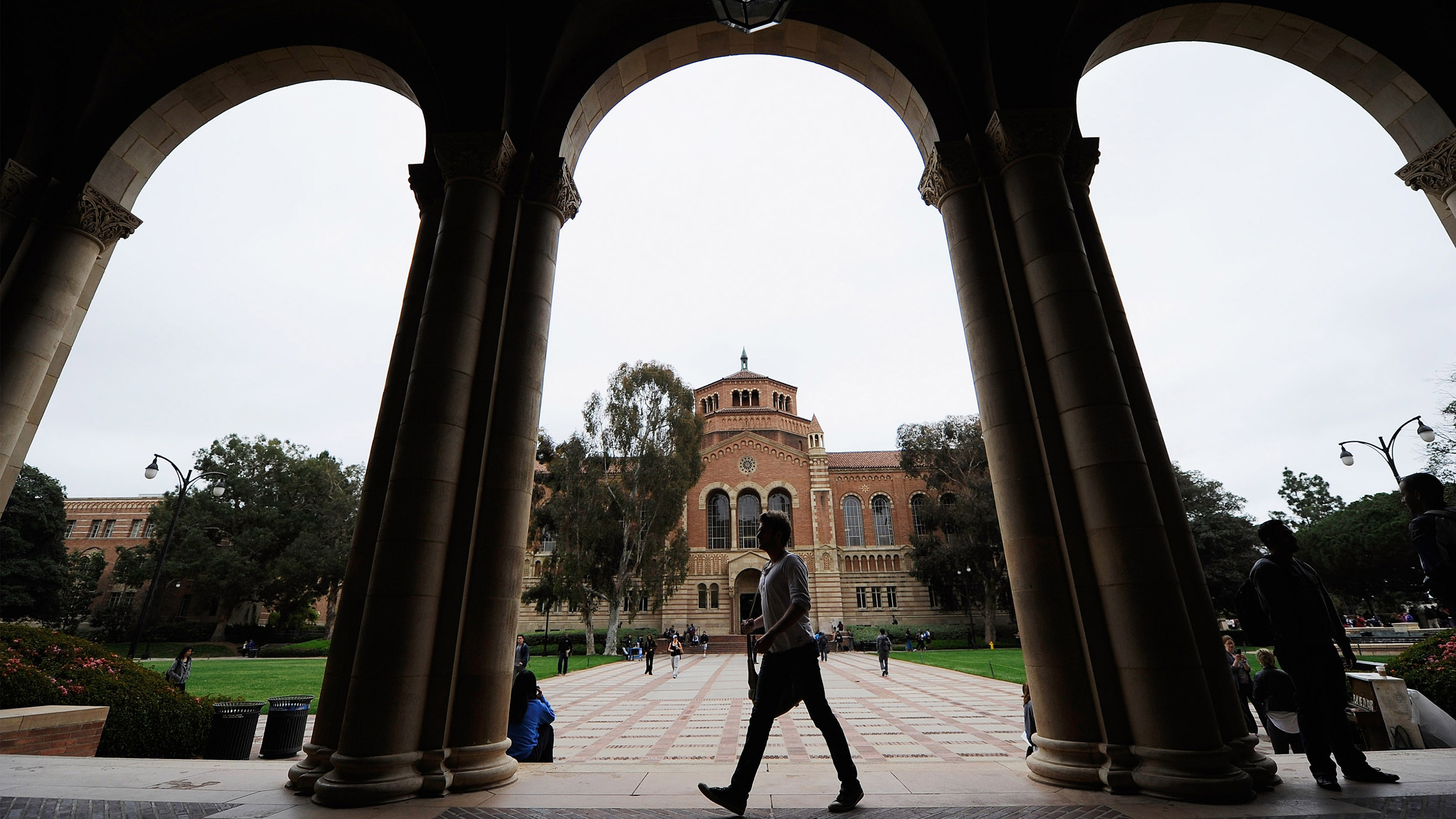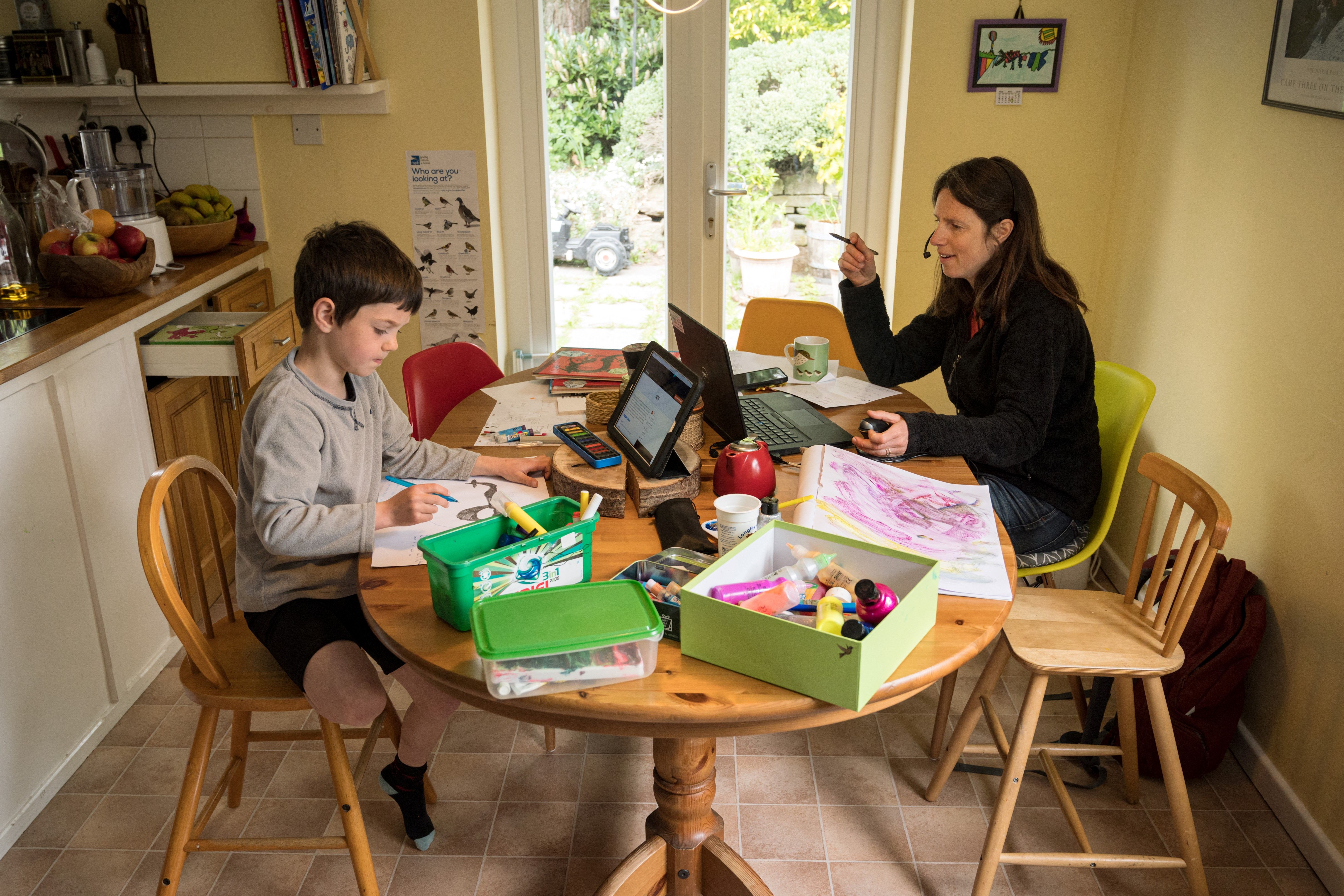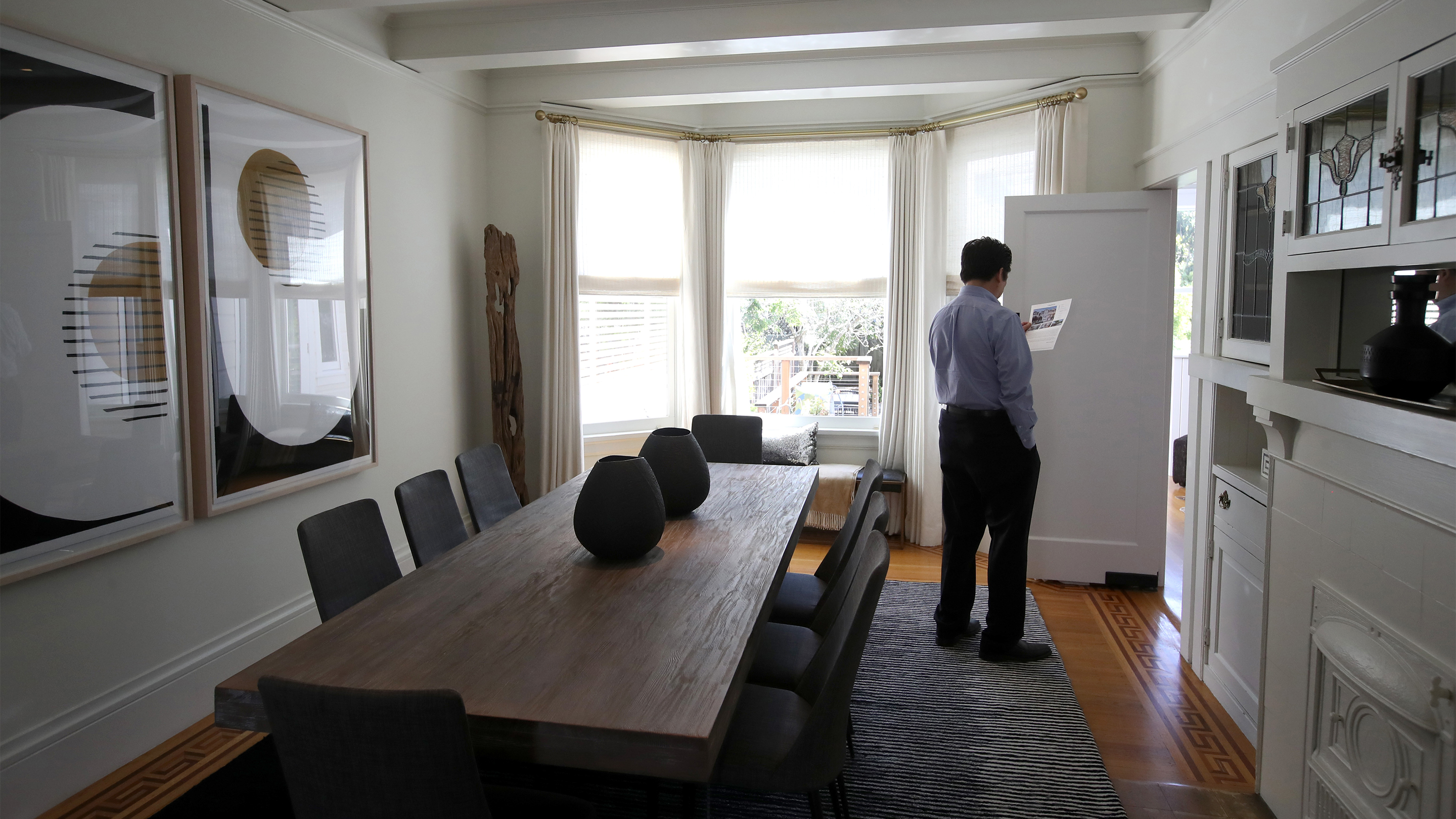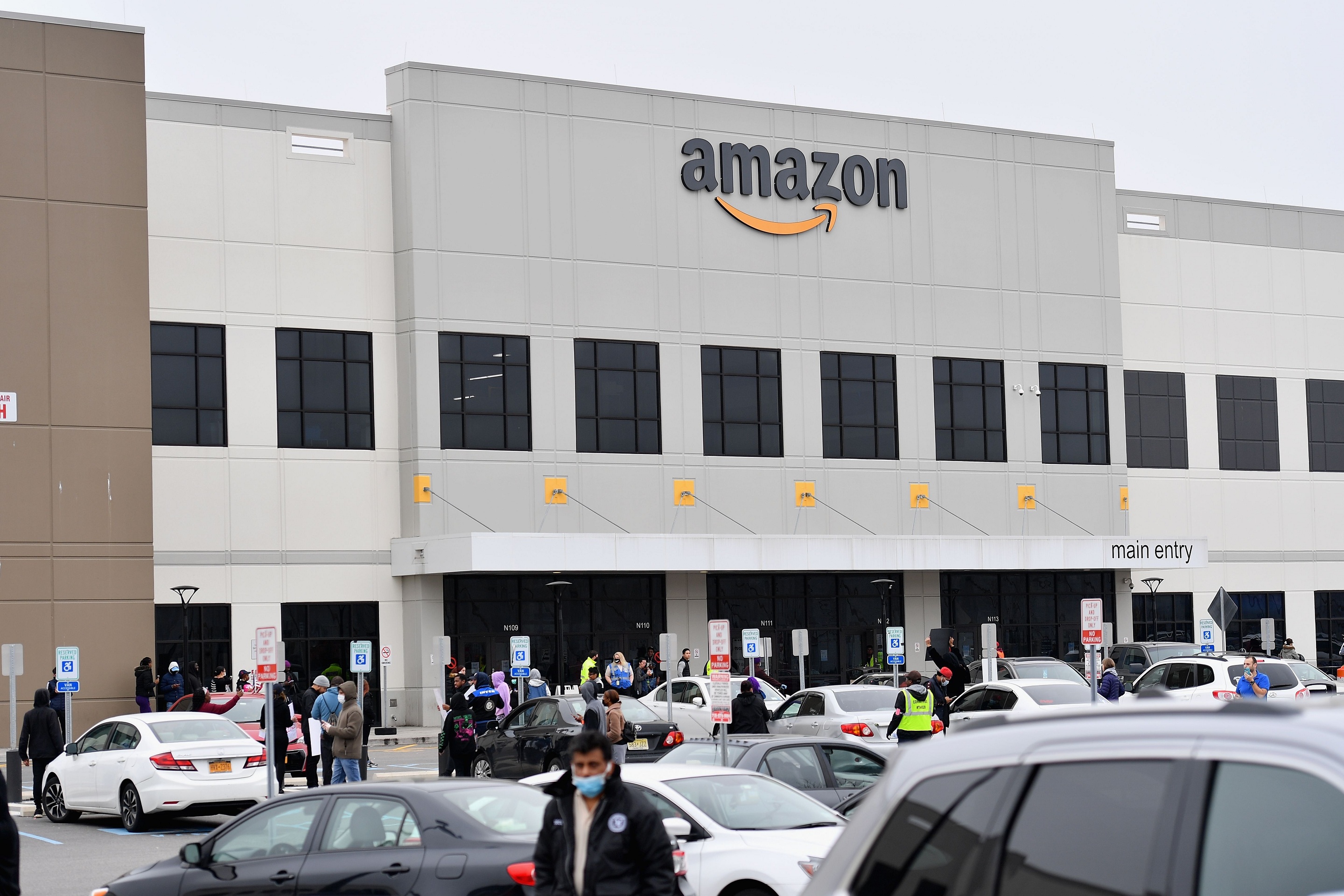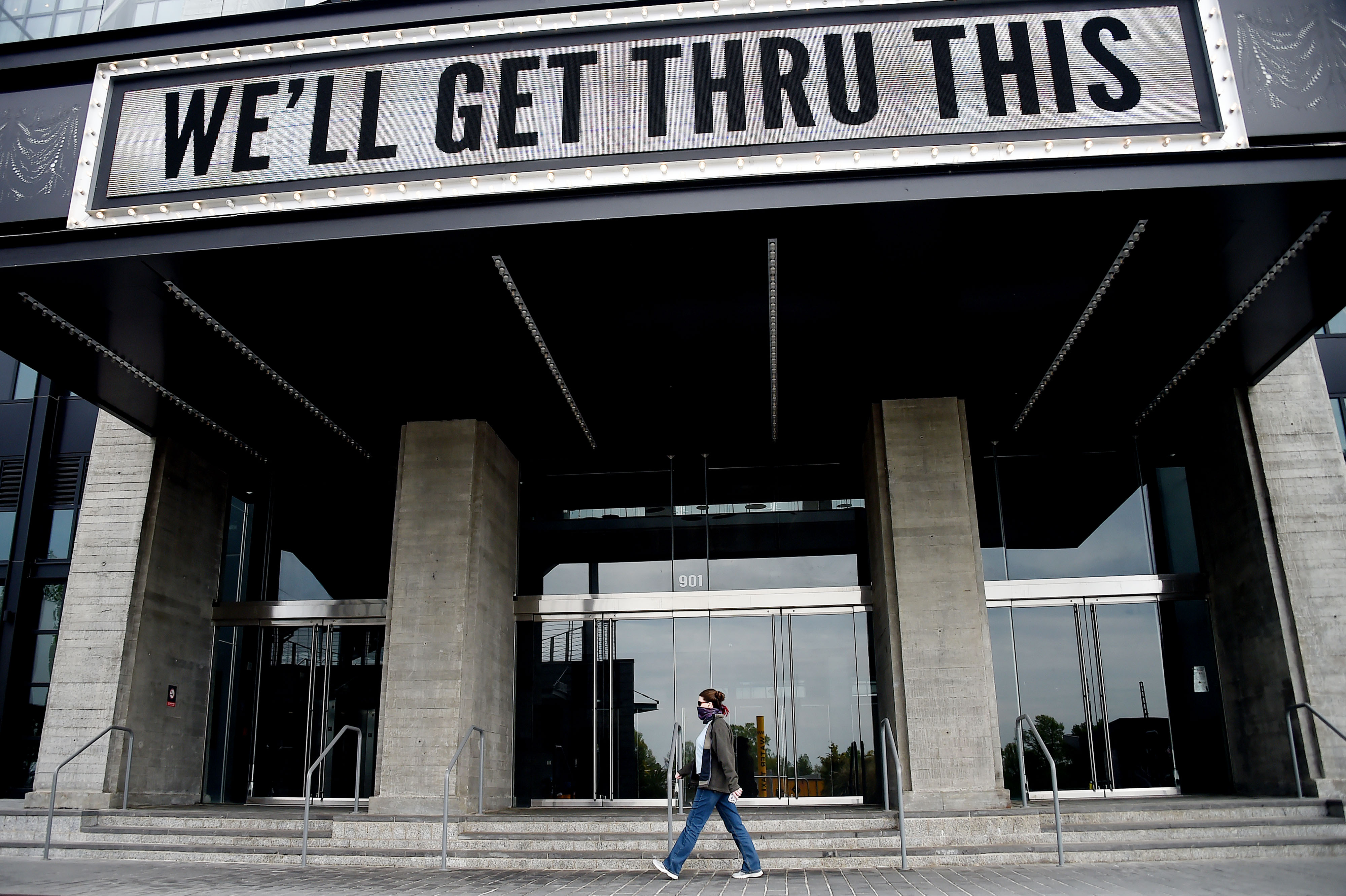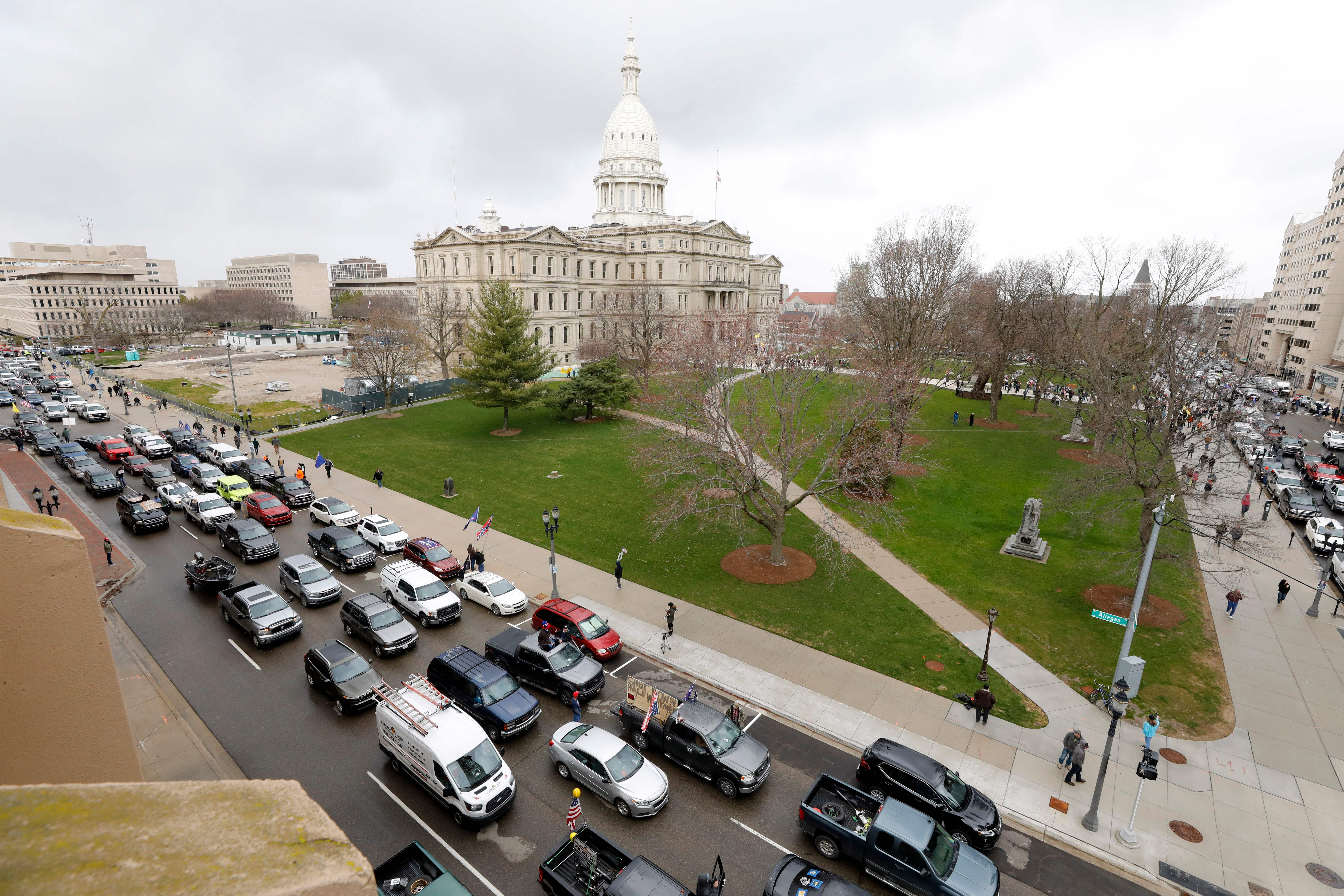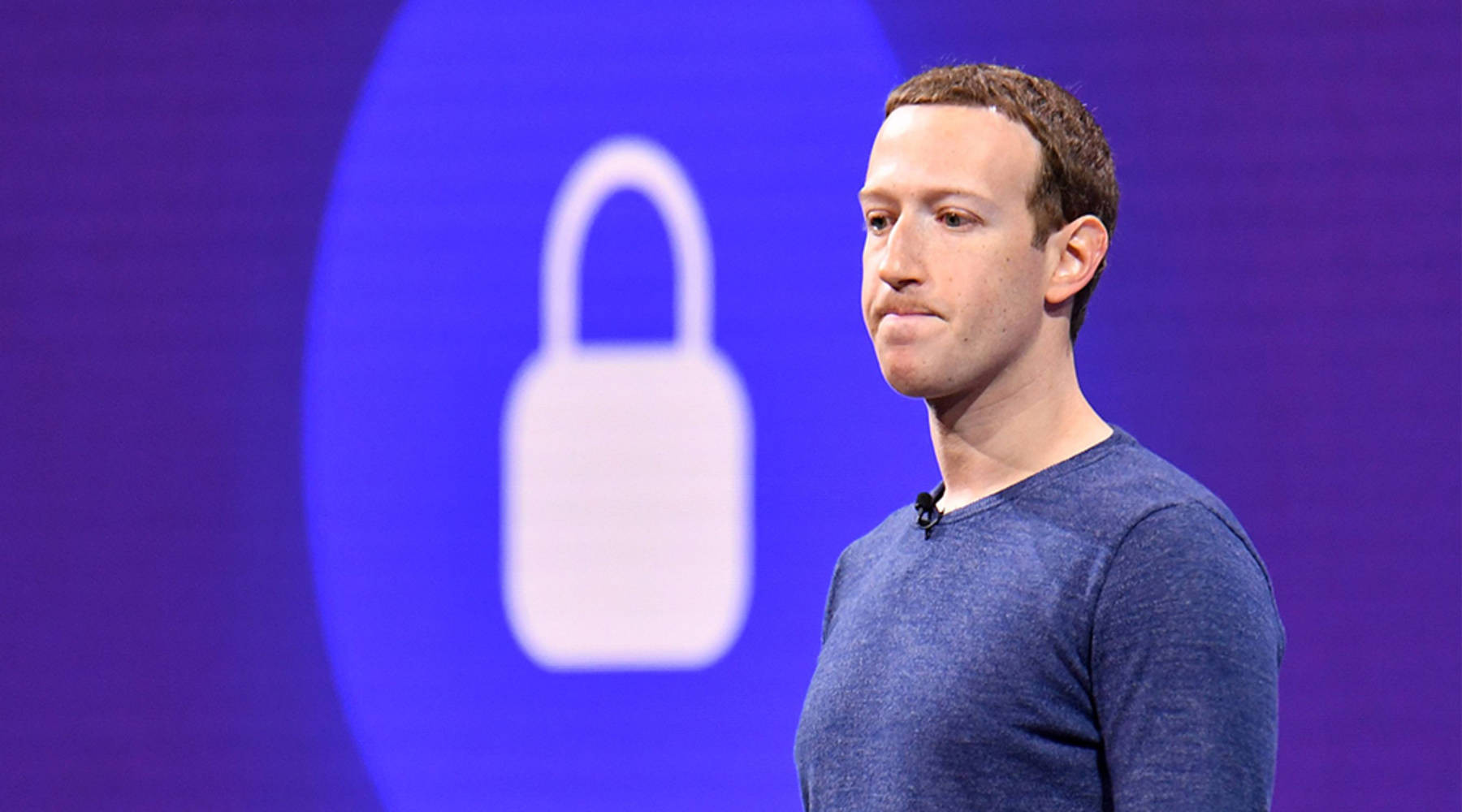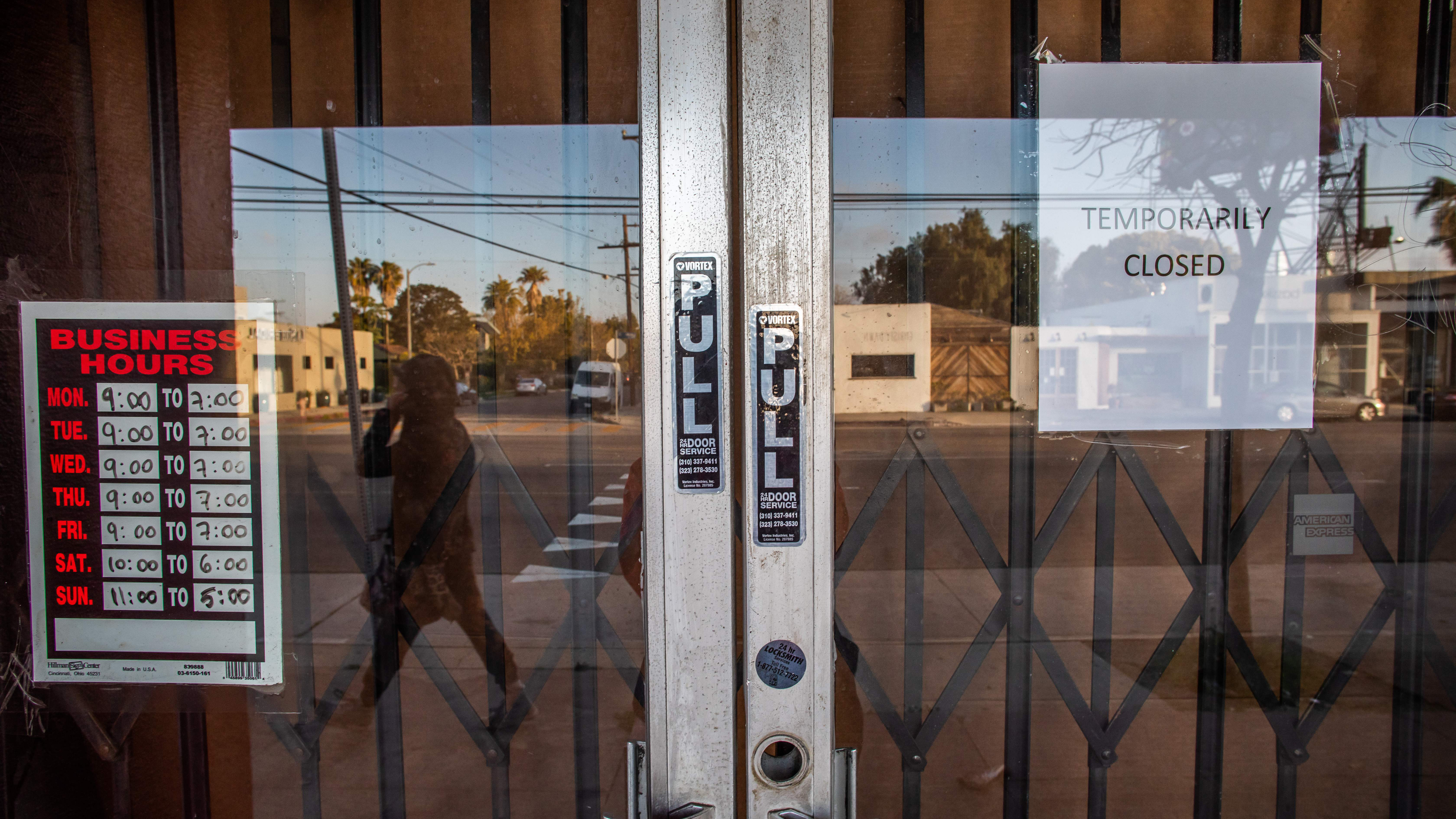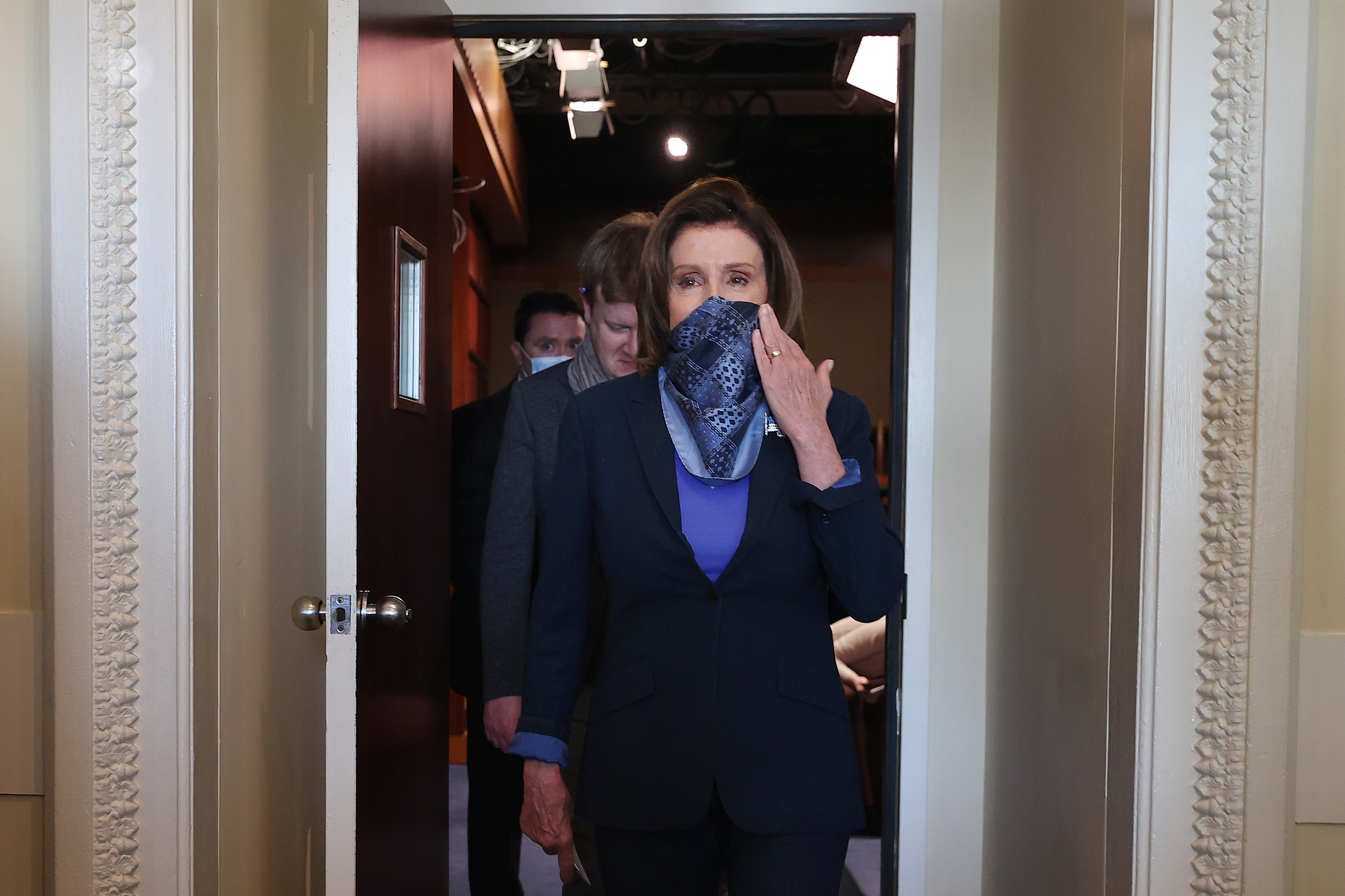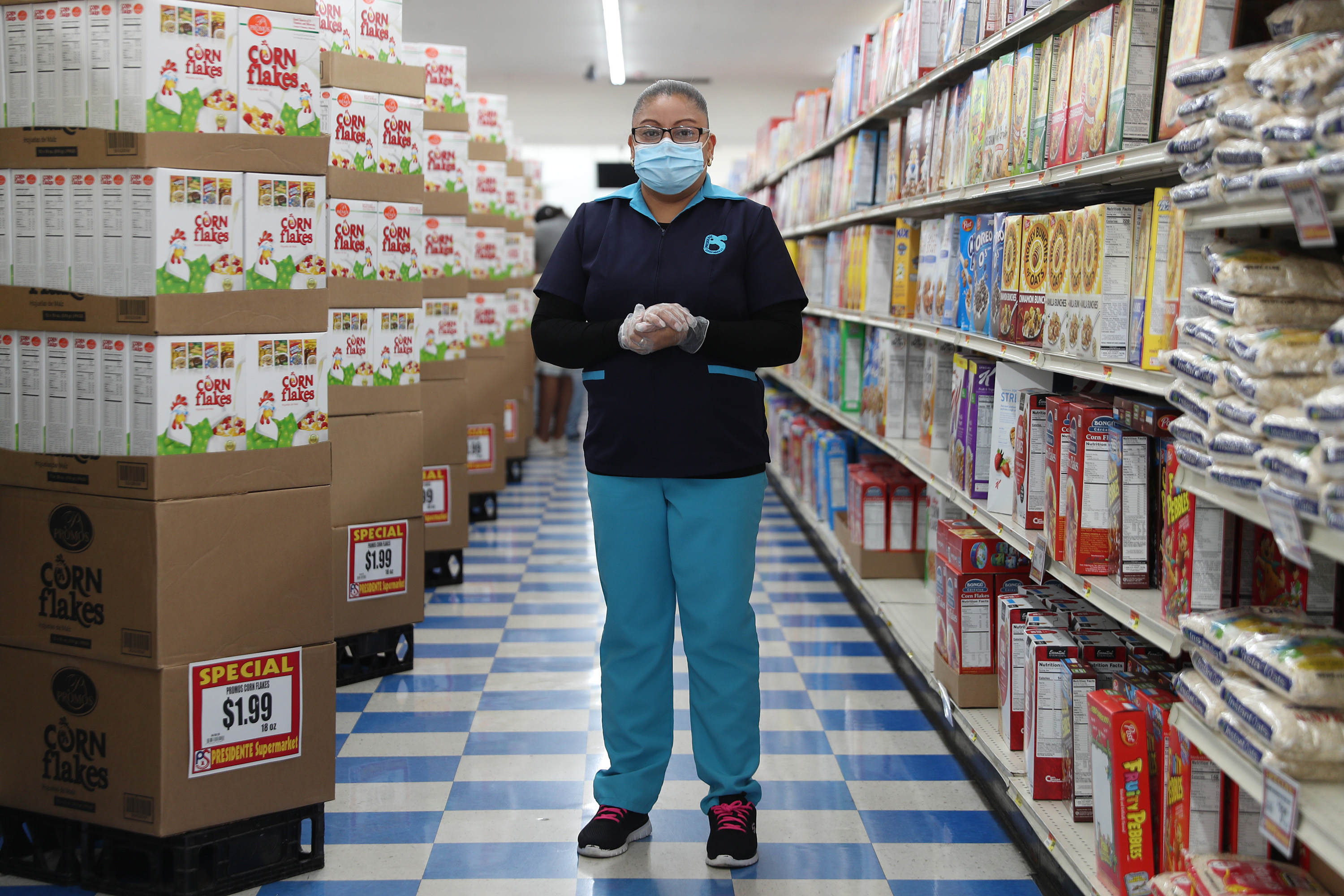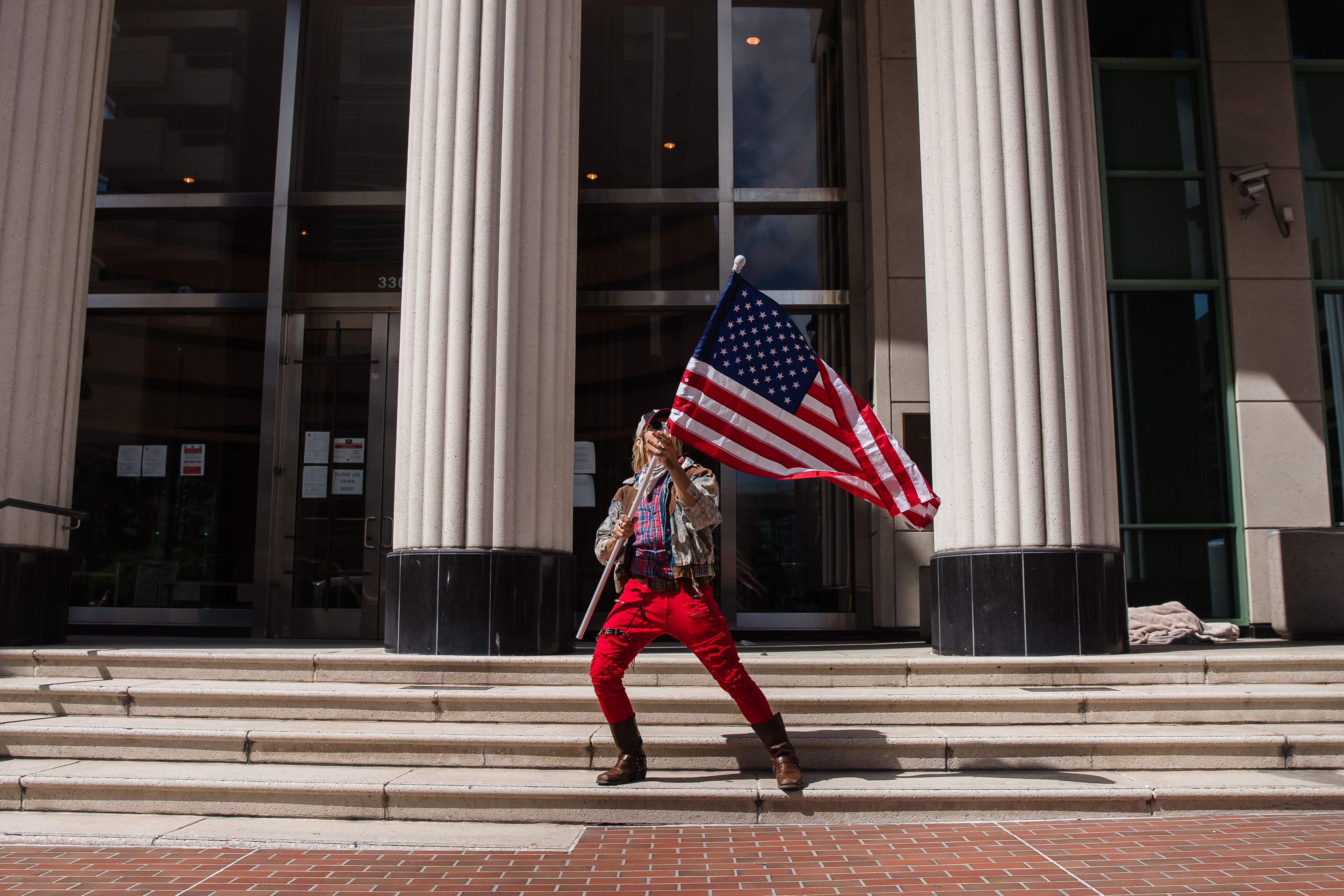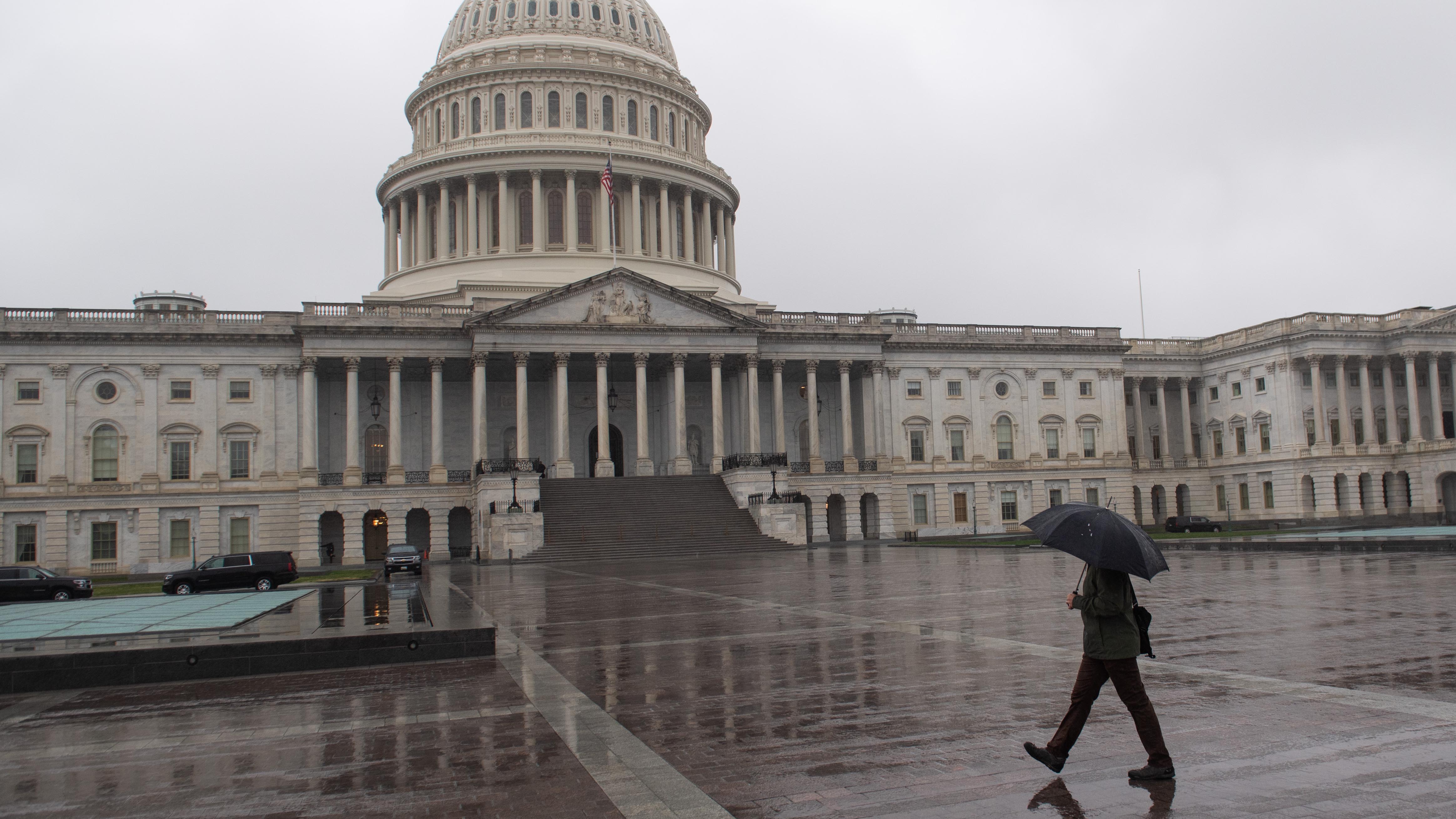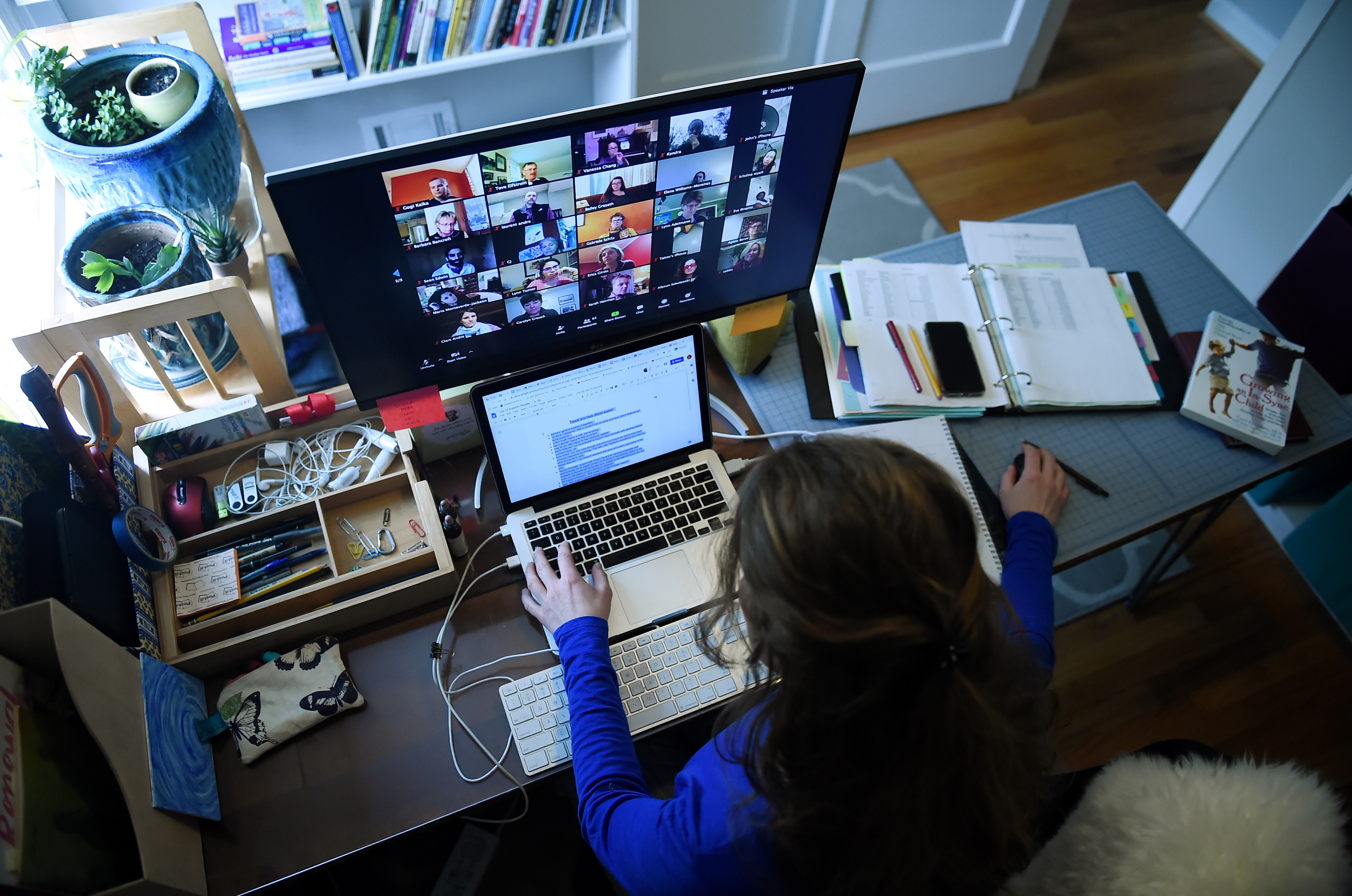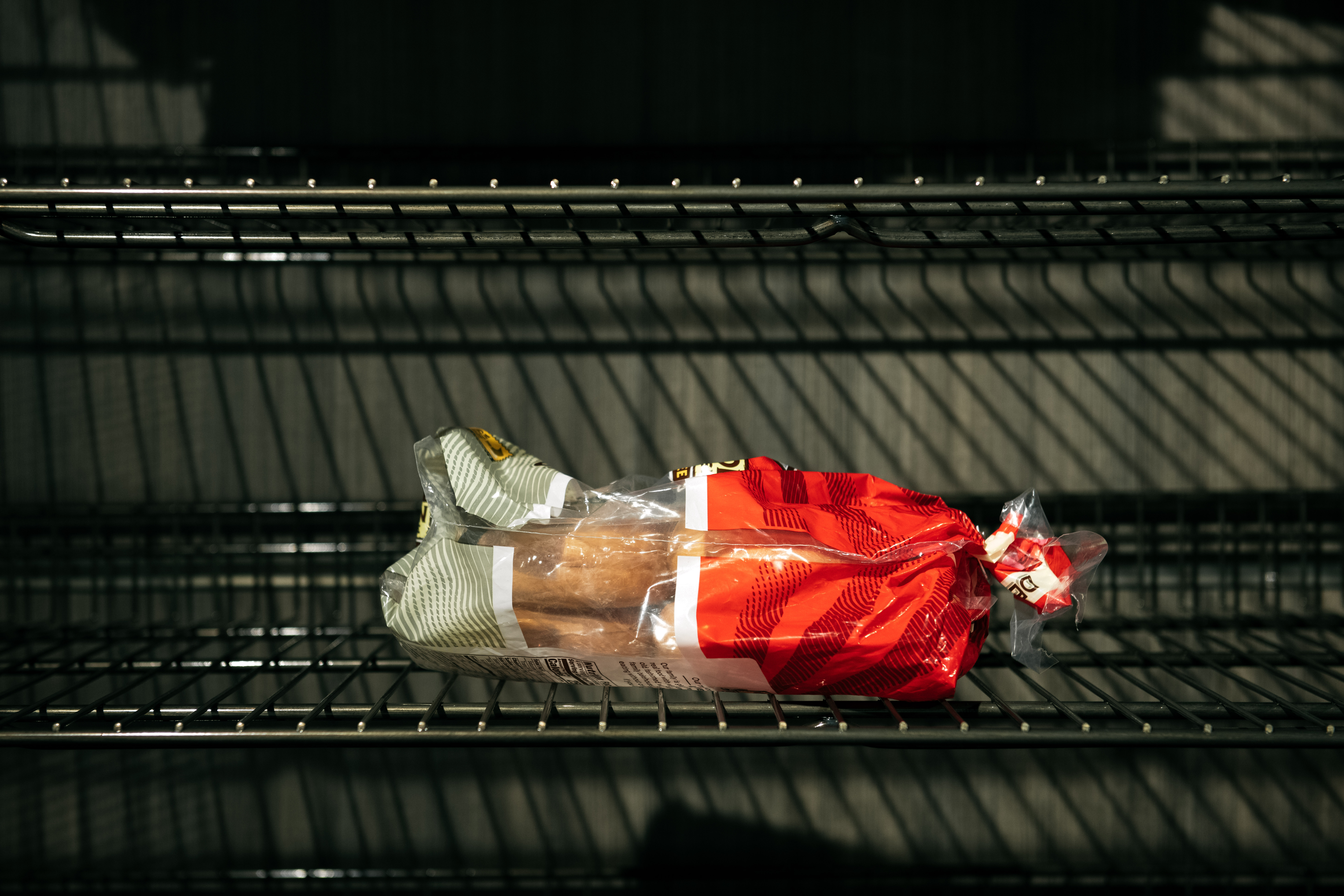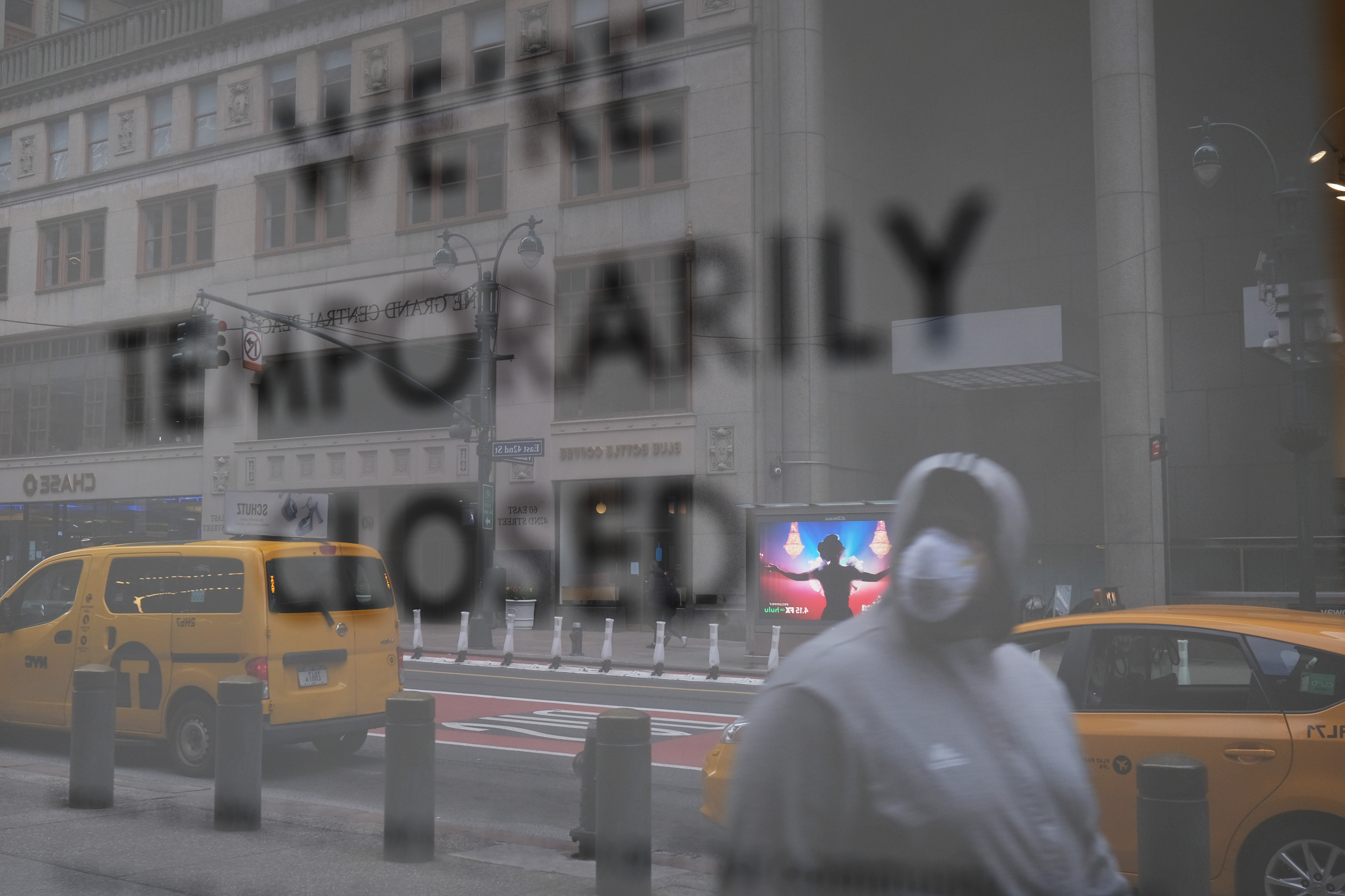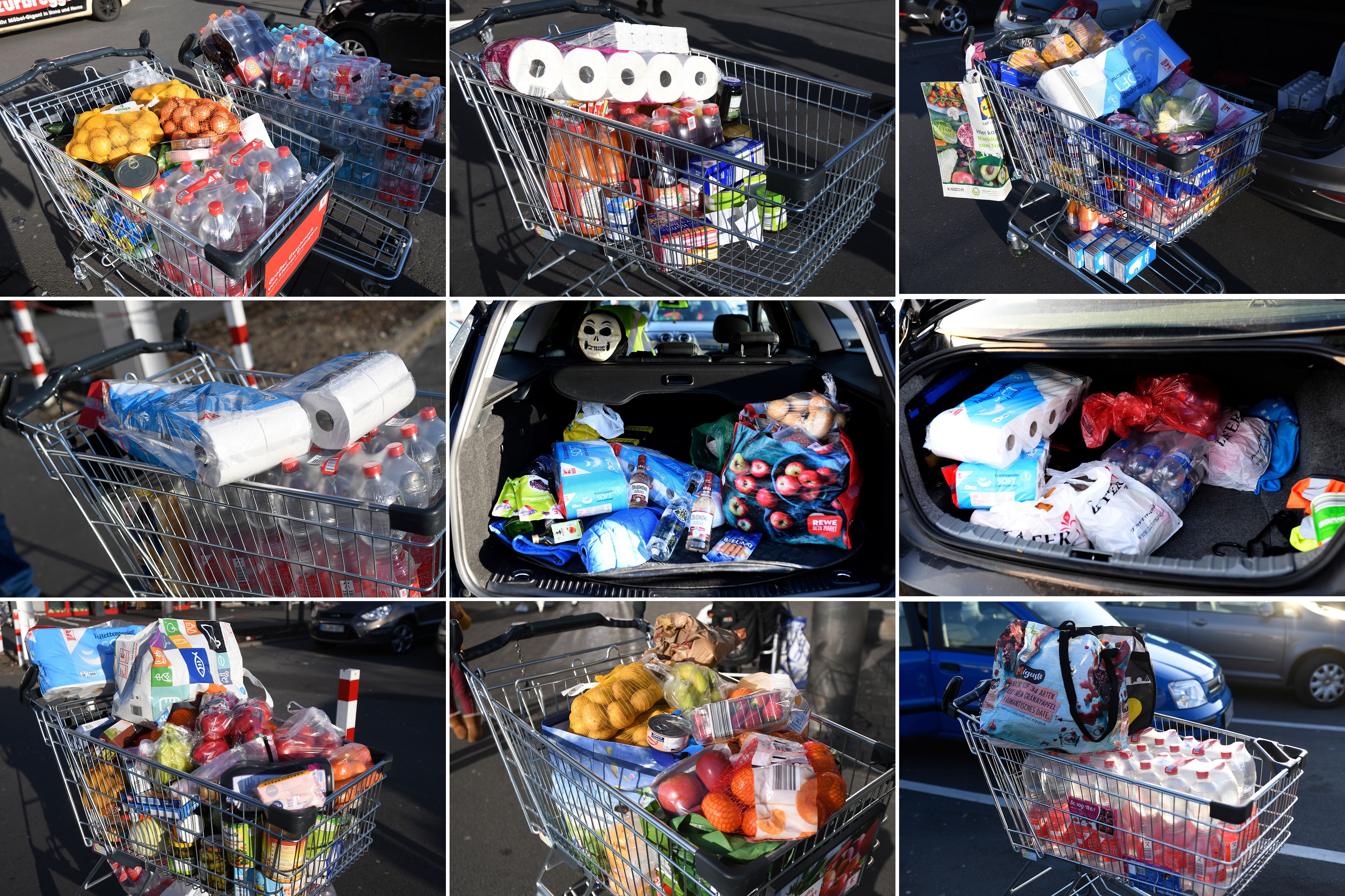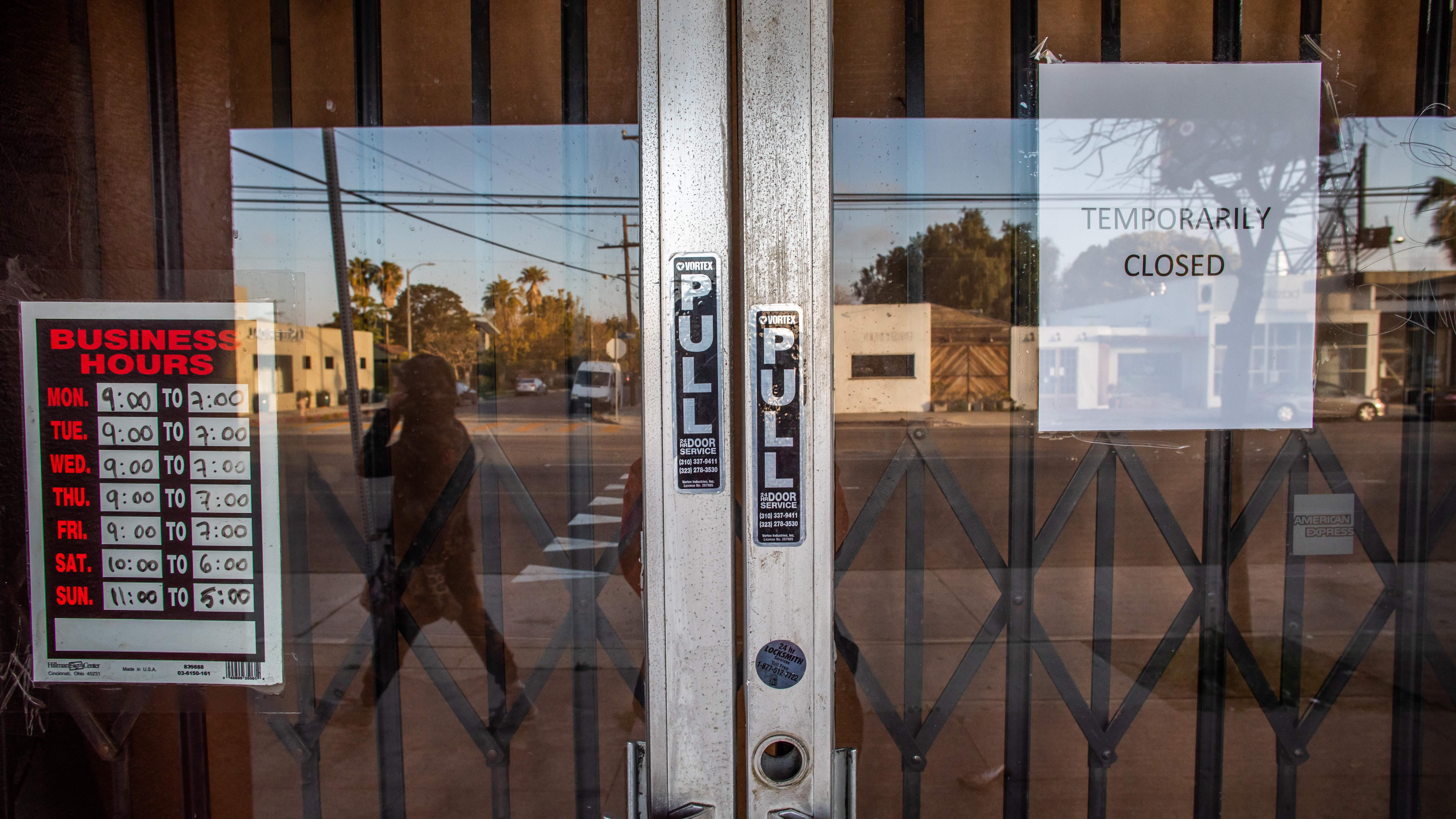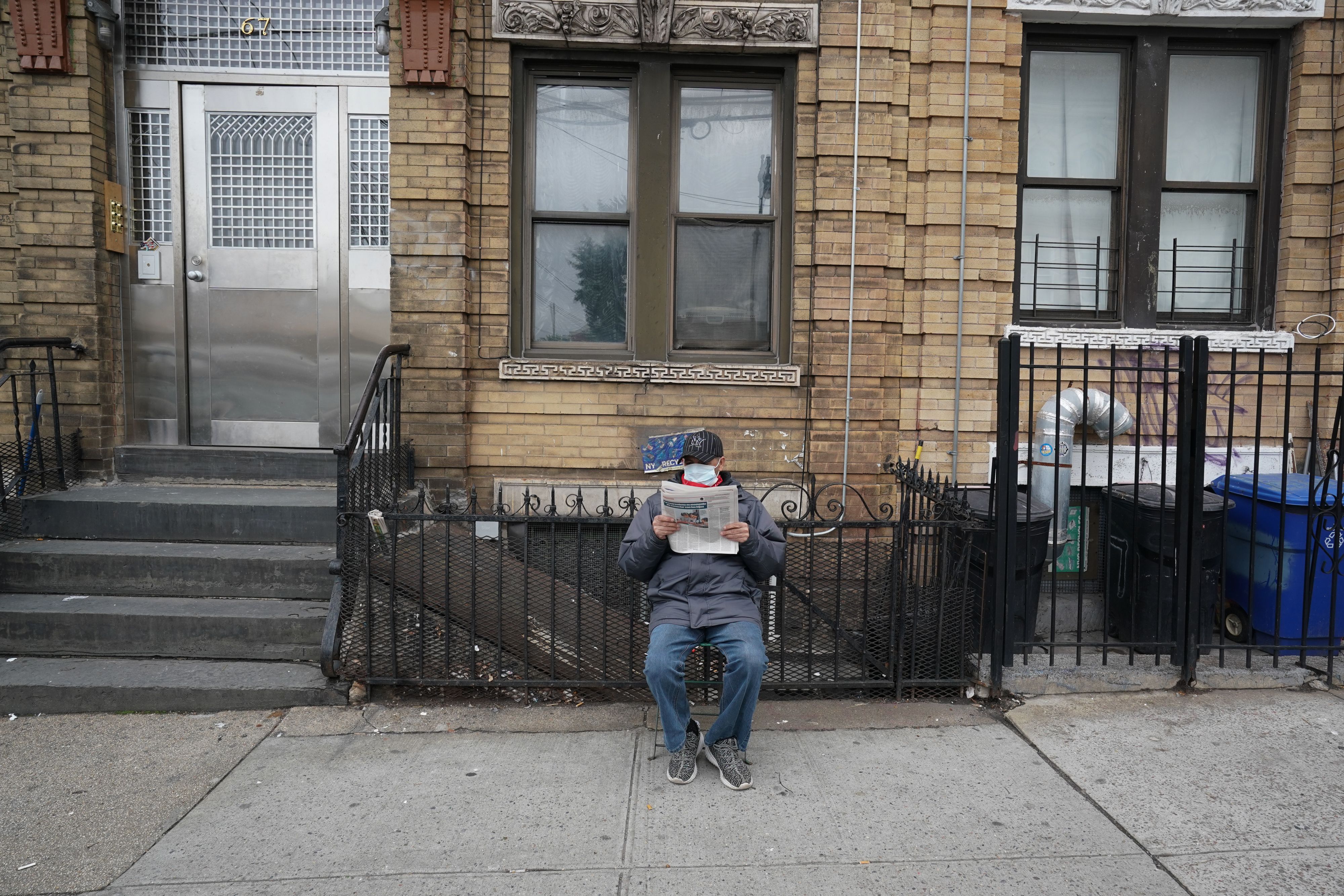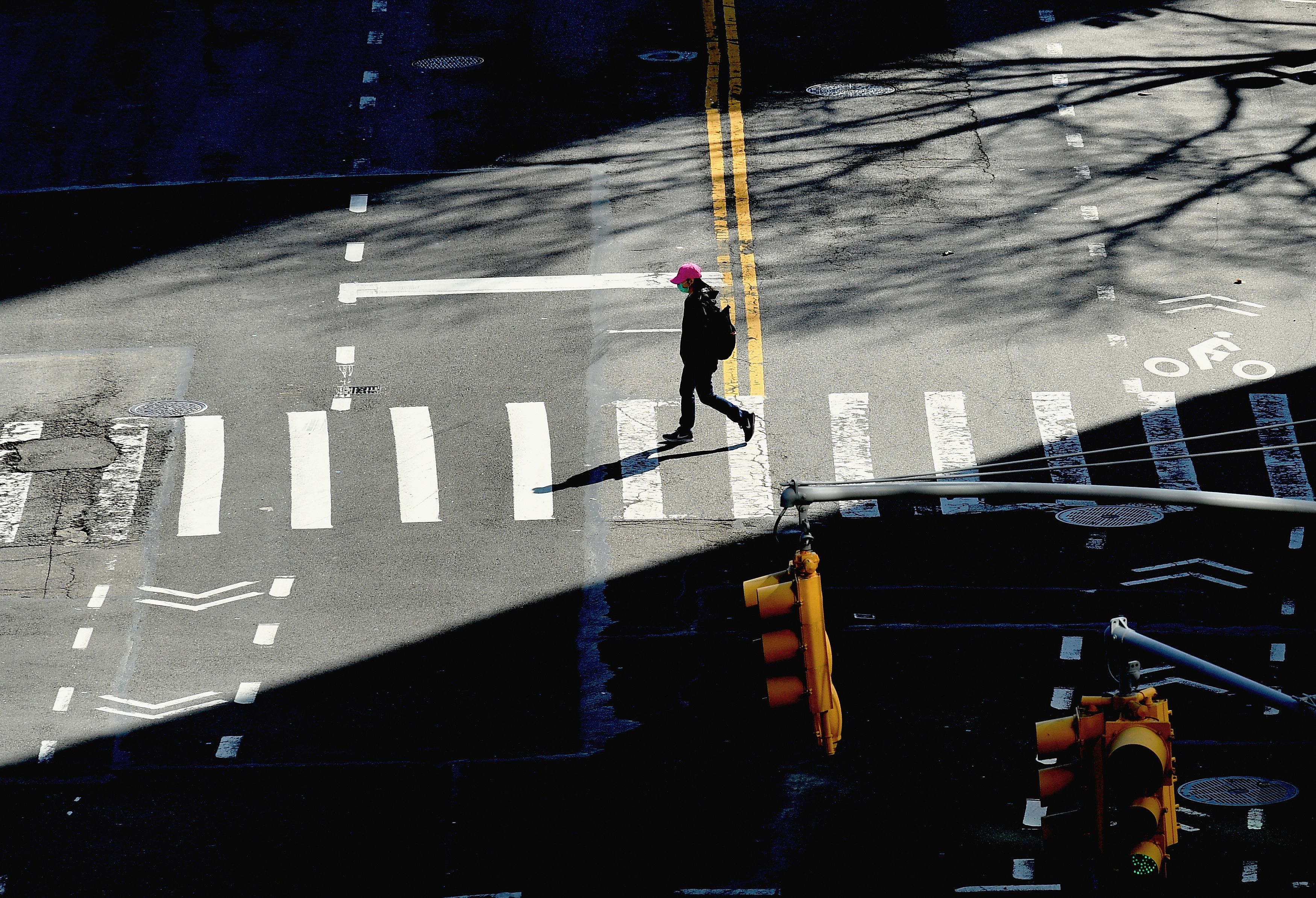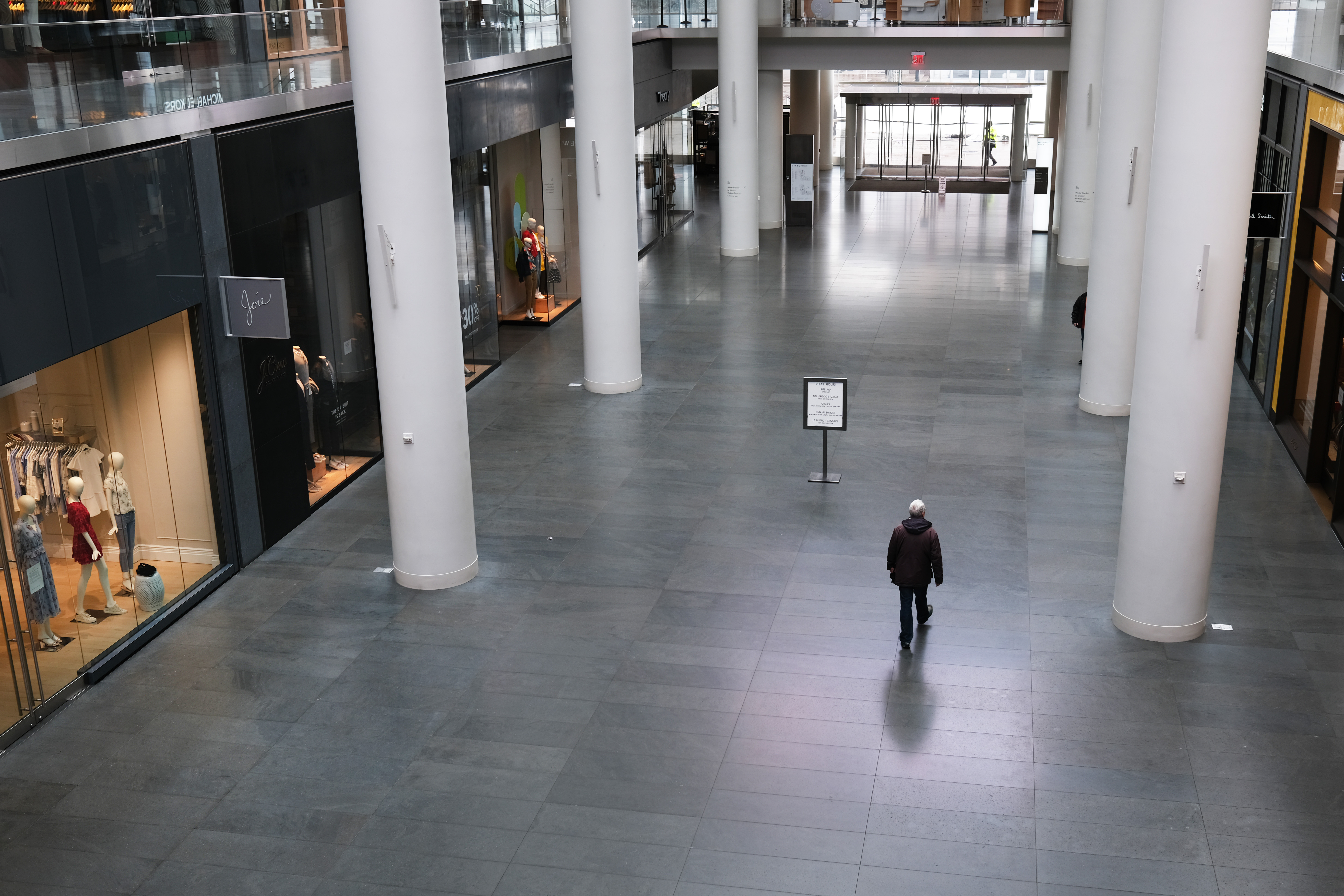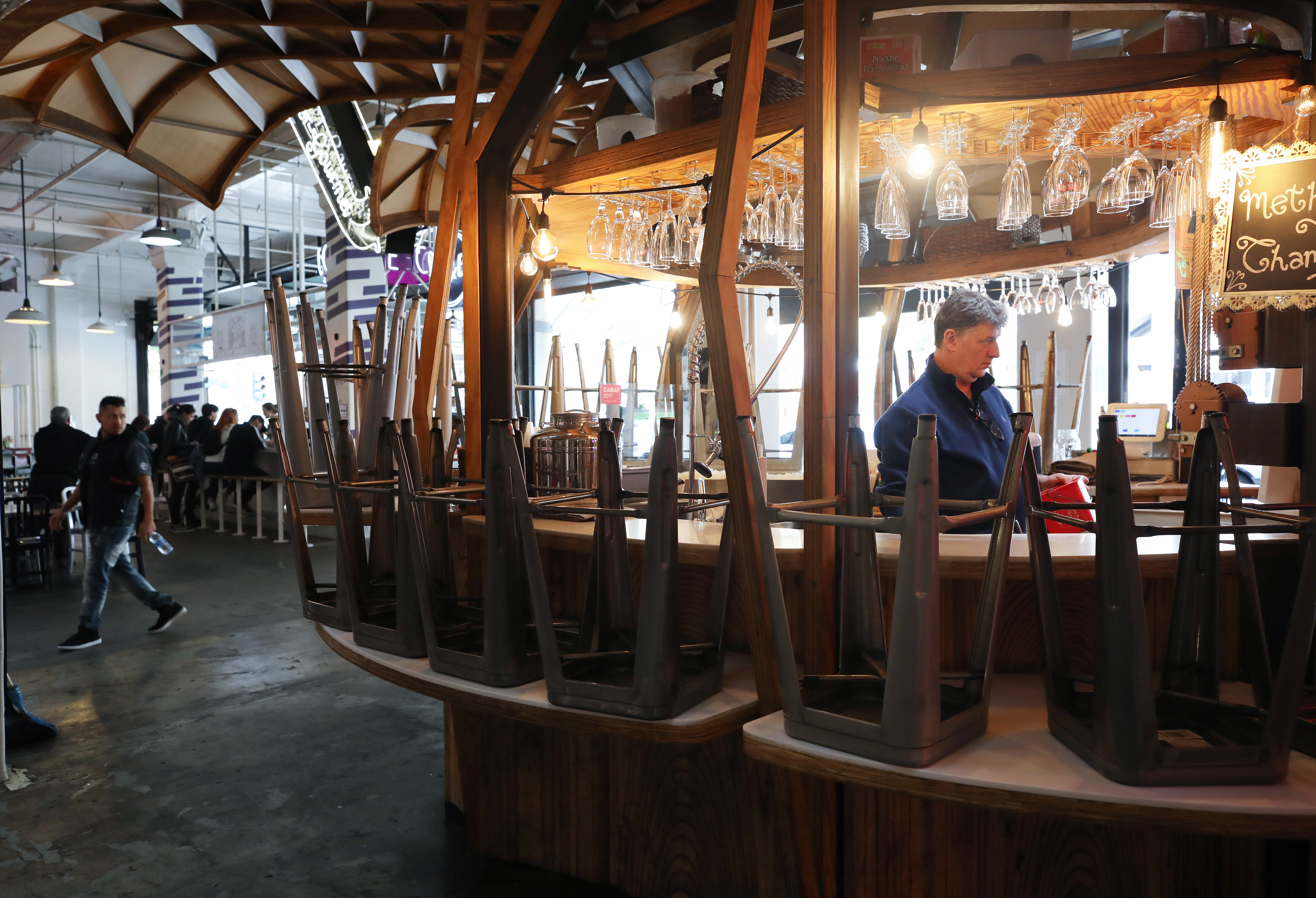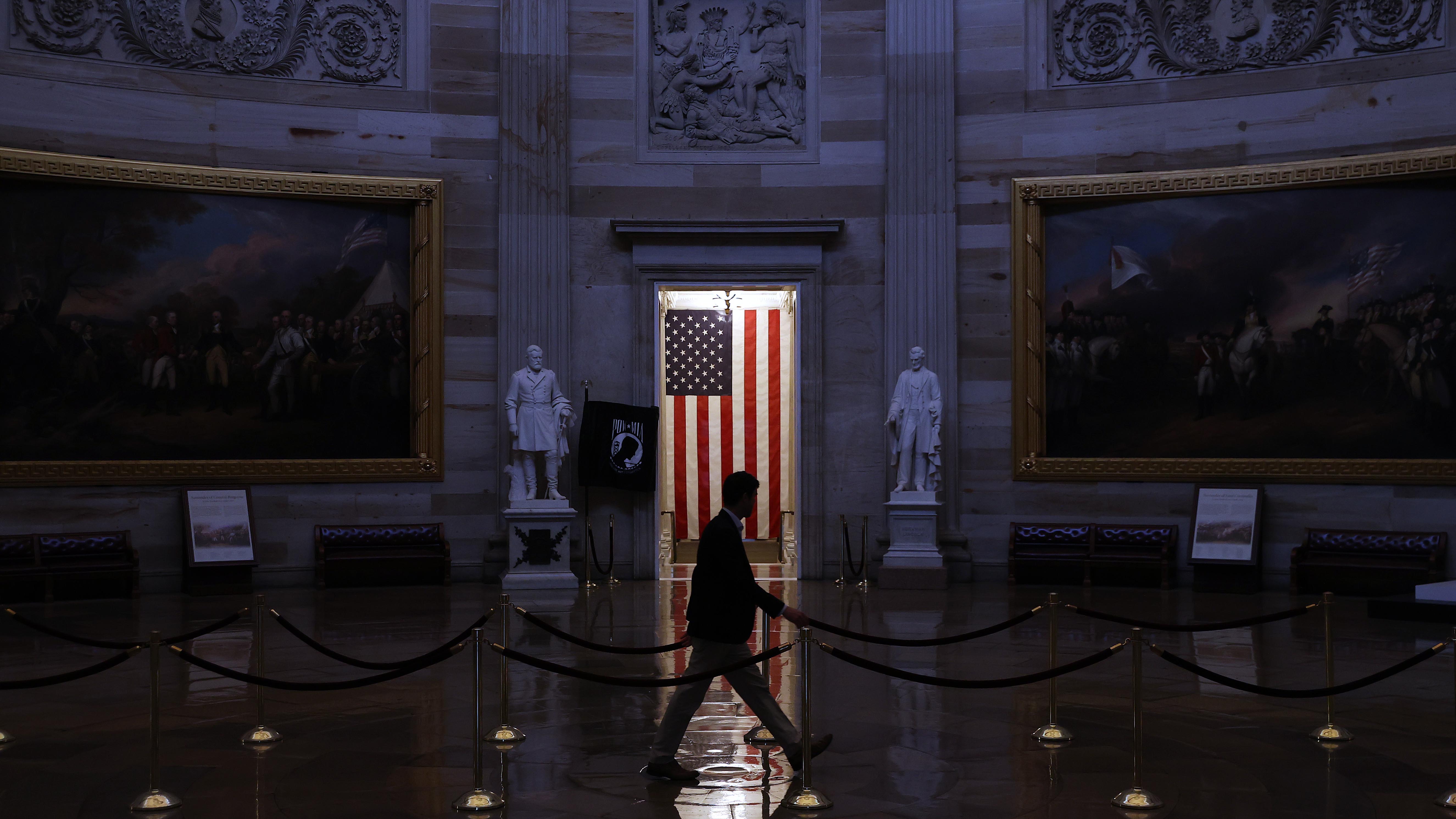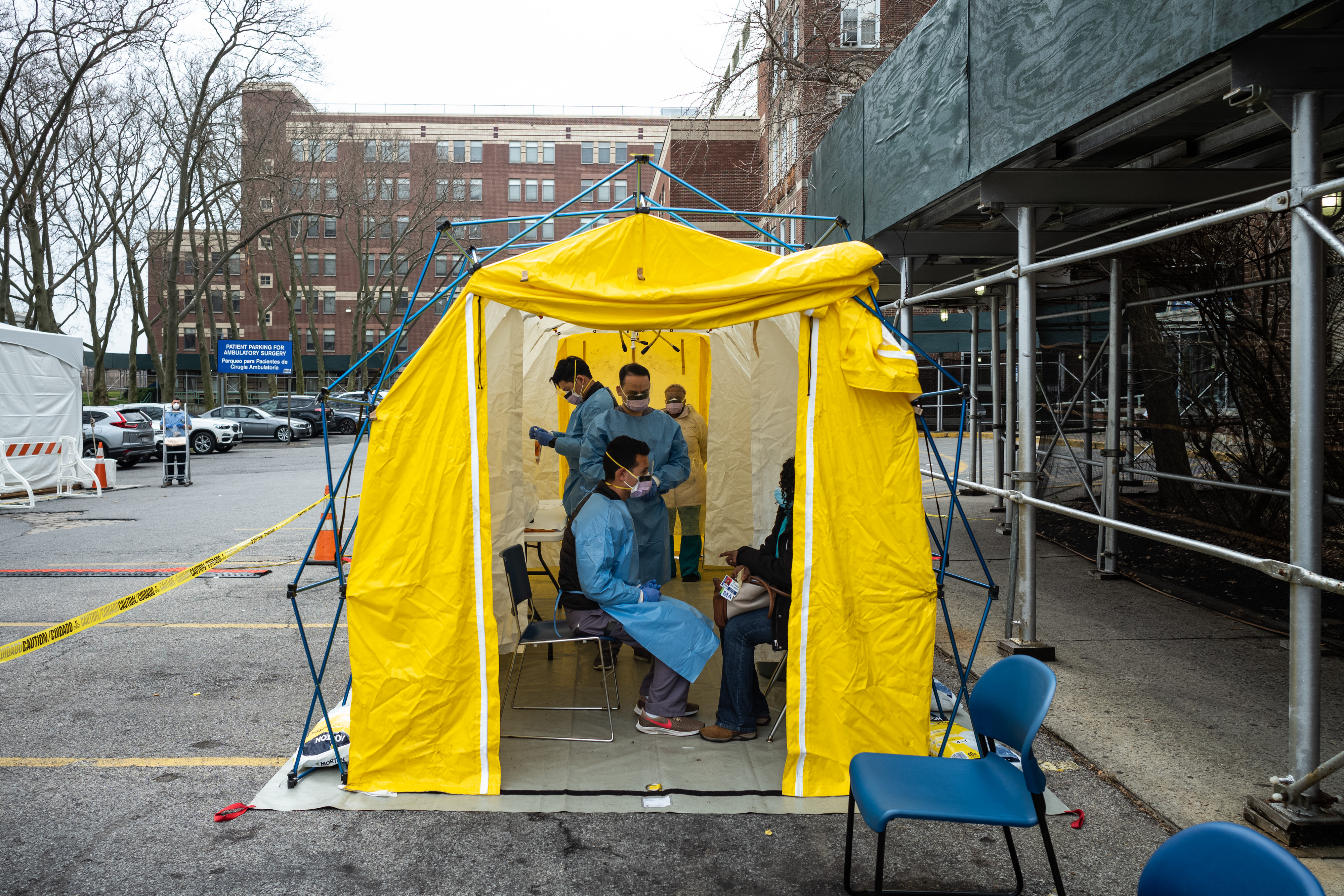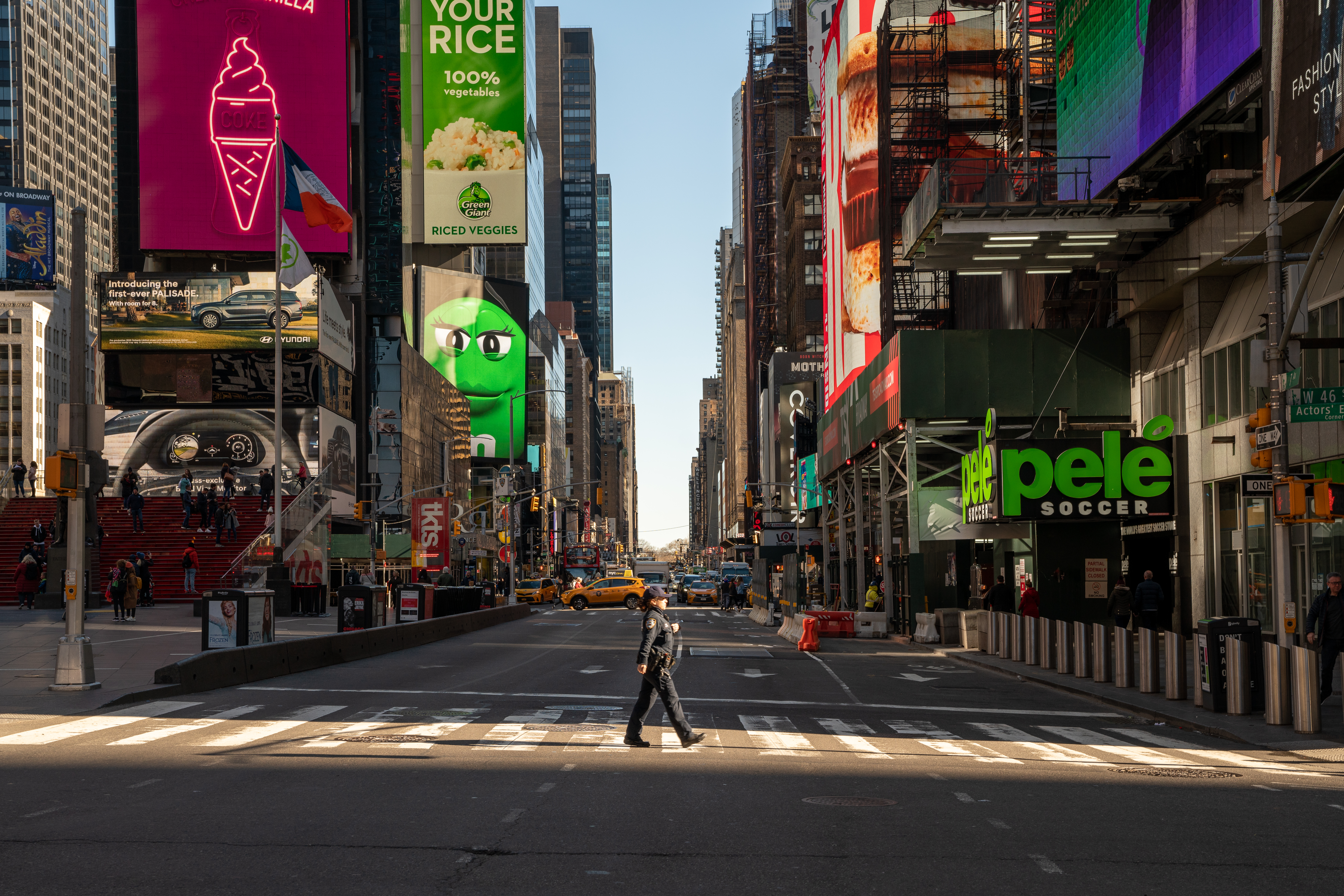Make Me Smart with Kai and Molly
Hosted by Kai Ryssdal and Molly Wood, Make Me Smart With Kai & Molly is now a daily news podcast that breaks down the impact of COVID-19 on the economy and the most complex topics of the week. Together, we make sense of today. Because none of us is as smart as all of us.
With 127 million “jabs” administered in America so far, and more manufacturers on their way to FDA approval, the market for vaccines is about to change very quickly. What happens to the holdouts? We’ll talk about it. But first, a bit of news on Facebook and online privacy. Plus a new tool to get out of your Zoom meetings.
Here’s everything we talked about today:
- “U.S. Supreme Court rebuffs Facebook appeal in user tracking lawsuit” from Reuters
- “The US is about to reach a surprise milestone: too many vaccines, not enough takers” from MIT Technology Review
- “Congress passes bill to allow VA to vaccinate all vets, spouses, caregivers” from Stars and Stripes
- “How Much Weight Did We Gain During Lockdowns? 2 Pounds a Month, Study Hints” from The New York Times
- “Zoom Escaper lets you sabotage your own meetings with audio problems, crying babies, and more” from The Verge
Big Tech is. Facebook, Google and other companies armed with the data to look ahead on this pandemic are slowly but surely bringing employees back in. On today’s show, Molly and Kai contemplate sitting in traffic once again. Plus, we go “Half Full/Half Empty” on inflation, movie theaters, “Peepsi” and much more on this Friday grab-bag episode.
Here are links to everything we talked about today:
- “Europe warns hospitals at ‘breaking point’ as third Covid wave hits” from Financial Times
- “America’s Obsession With Wipes Is Tearing Up Sewer Systems” from Bloomberg
- “Startups Axios and the Athletic Discuss Merger, Consider SPAC Deal” from The Wall Street Journal
- “Facebook sets reopening date for S.F., Bay Area offices, with no free food and no transit” from the San Francisco Chronicle
- “WeWork agrees to go public through a SPAC deal with BowX Acquisition” from CNBC
- “Big tech CEOs face lawmakers in House hearing on social media’s role in extremism, misinformation” from The Washington Post
- “Amazon keeps trying to troll US Congress members in perplexing new PR strategy” from the Verge
- “Prince Harry is now a chief impact officer. What does that actually mean?” from Marketplace
- “Movie theaters reopen without their biggest moneymaker: snacks” from Marketplace
- “Fed Chair: Rise in inflation not ‘particularly large’ from $1.9 trillion rescue package” from Marketplace
- “The Suez Canal block could hit ‘downstream’ manufacturers the hardest” from Marketplace
- “Ok, Sure, But Why Wasn’t It Named ‘Peepsi’” from Refinery29
- More big boat content
Thanks to everyone who joined us for our live happy hour on YouTube today! We go live every Friday at 3:30 p.m. Pacific time/6:30 p.m. Eastern! Subscribe to our channel and sign up for notifications so you don’t miss it.
What can we say? Like many people, we simply can’t look away from the big honkin’ ship that’s stuck in the Suez Canal. Today, we’ll talk about the scale of that traffic jam, the many container ships that are resorting to taking the long way around Africa and Defector’s children’s book treatment of the story. Plus: Alan Turing on currency, the continued erosion of cash bail in California and some great news about our kids podcast “Million Bazillion.”
Here’s everything we talked about today:
- “Suez Canal blockage is delaying an estimated $400 million an hour in goods” from CNBC
- Evergreen, the company who owns the ship blocking the canal, is now diverting its other barges
- “California will expand vaccine eligibility to all adults April 15” from Politico
- “An Asian woman, attacked in San Francisco, is donating nearly $1 million to fight racism” from the LA Times
- “‘Gigantic momentous decision’: California Supreme Court shrinks role of cash bail in jailings” from the Mercury News
- “‘The great lie at the heart of the criminal justice system‘” from Make Me Smart
- “‘It captures so much of Turing’s work’: Bank of England unveils new £50 note” from the Guardian
- “Oh No! Big Boat Is Stuck” from Defector
We already know the “what” of nonfungible tokens: They’re blockchain-backed digital media, bought and sold for a shocking amount of money while pumping an even more shocking amount of carbon into the atmosphere. What one of our listeners wants to know is the “why.” We’ll talk about it. Plus, listener questions about hot chicken, the national debt and the mess at the Suez Canal.
Here’s everything we talked about on the show today:
- “Suez Canal blocked by traffic jam after massive container ship runs aground” from CNN
- “Photos and maps show how an enormous container ship got stuck in the Suez Canal, blocking one of the world’s most vital shipping routes” from Insider
- “Why are people spending so much money on NFTs?” from Marketplace
- “NFTs Are a Pyramid Scheme and People Are Already Losing Money” from FStoppers
- “Mounting federal debt puts the U.S. at risk of a fiscal crisis, Congressional Budget Office warns.” from The New York Times
- “On the bright side, 2020 was the year of Nashville hot chicken sandwiches in O.C.” from the LA Times
- “LA’s lost hot chicken history” from Eater
New research shows that the top 1% of Americans underreport their income by more than 20%, and the government could raise trillions more over time by collecting on it. No hikes — just enforcing the tax code as it stands. On today’s show, we’re diving into the tax gap. Samantha Jacoby of the Center on Budget and Policy Priorities walks us through how the wealthiest Americans hide their money, the incentive structures that got us to this point and why 2021 is a great year to start addressing the problem.
Here are links to everything we talked about on the show today:
- “High-Income Tax Avoidance Far Larger Than Thought, New Paper Estimates” from The Wall Street Journal
- “How Biden Funds His Next Bill: Shrink the $7.5 Trillion Tax Gap” from former Make Me Smart guest Chye-Ching Huang in The New York Times
- “How to Collect $1.4 Trillion in Unpaid Taxes” from The New York Times editorial board
- “Biden Team Prepares $3 Trillion in New Spending for the Economy” from The New York Times
- “An Unusually Optimistic Conversation With Bernie Sanders” from The New York Times
- “The High Cost of Georgia’s Restrictive Voting Bills” from the New Yorker
We’ll start out this episode talking about the viral video of the, let’s say, different facilities for men and women inside the March Madness bubble, and quickly take the 30,000 foot view. Plus, the pot crackdown in the Biden White House and another round of Half Full/Half Empty.
Here are links to everything we talked about today:
“Biden White House Sandbags Staffers, Sidelines Dozens for Pot Use” from Politico
“NCAA vows to improve conditions at women’s basketball tournament, as outcry continues” from The Washington Post
“NCAA president Mark Emmert says no risk difference between men’s, women’s COVID-19 tests” from USA Today
“House votes to reauthorize Violence Against Women Act” from CBS News
“IRS will delay tax filing due date until May 17” from Associated Press
“Uber to give U.K. drivers minimum wage, retirement plan and more” from “Marketplace Morning Report”
“Amazon says it will offer employers telemedicine services” from “Marketplace Morning Report”
“Toys R Us, under new ownership, plans to open stores” from “Marketplace Morning Report”
“Next on Democrats’ agenda, a “holistic” infrastructure bill” from “Marketplace”
We’re learning all about “pandemic trauma and stress experience” today, and why it’s a good reason to cancel your plans and rest a bit. But first, we’ll talk about the giant corporations trying to hold one another accountable, and Kai gets a lesson in British phraseology.
Here’s a list of what we talked about today:
“NBC breaks silence on Golden Globes controversy, acknowledging its role in ‘necessary changes’” from the LA Times
“NAACP to NFL: Don’t ‘fund Fox News’ hatred, bigotry, lies and racism‘” from USA Today
“Biden plans to send COVID shots to Mexico, Canada” from the Associated Press
“It’s not just you: Why everyone is super exhausted right now” from Salon
Join us on YouTube Friday at 3:30 p.m. Pacific time/6:30 p.m. Eastern for our live happy hour episode! Subscribe to our channel and sign up for notifications so you don’t miss it.
Stimulus payments are hitting bank accounts all over the country. Before they go out and spend that stimmy, one listener is wondering where the money for those $1,400 checks came from. We’ll explain, plus talk about the inflationary implications. Plus: a crash course on Big Tech antitrust and leprechaun traps.
Here’s everything we talked about today:
- “U.S. bond auction will test if yields are high enough to attract buyers” from Marketplace
- “If Google’s a monopoly, who is harmed by its market power?” from the Associated Press
- “Who is Google’s market power hurting?” from The Verge
- “Life after the vaccine in Israel” from The Daily
- “How to make a leprechaun trap for St. Patrick’s Day” from IrishCentral
About 10% of the American workforce belonged to a union in 2020. That’s way down from about a third in 1970, but unions are making gains lately — and not where you might expect. Workers in Big Tech, media and other “knowledge workers” are organizing, along with people in jobs that didn’t exist 50 years ago, like Amazon warehouse workers. On today’s show, we’ll talk with Lane Windham, associate director of the Kalmanovitz Initiative for Labor and the Working Poor at Georgetown University, about this new wave of labor organizing, what it means for blue-collar work and what comes next with President Joe Biden in the White House.
Here are links to everything we talked about on the show today:
- “Unions take on Amazon and Alphabet. Big tech watch out” from the Economist
- “Labor movement targets Amazon as a foothold in the South” from the Associated Press
- “The PRO Act may protect workers even if it doesn’t pass” from Marketplace
- “The government’s lawyers saw a Google monopoly coming. Their bosses refused to sue.” from Politico
- “Xi Warns Against Tech Excess in Sign Crackdown Will Widen” from Bloomberg
Show of hands: Who’s still cleaning off their groceries? As the COVID-19 pandemic has worn on, experts have developed a better understanding of the disease, the way it spreads and how to treat it. But when the science is fluid and the government response is patchy, a lot can get lost in translation. That’s what we’re talking about today. But first: law enforcement, Big Tech and the Proud Boys.
Here’s everything we talked about today:
- “Tech spent years fighting foreign terrorists. Then came the Capitol riot.” from Protocol
- “Police Shrugged Off the Proud Boys, Until They Attacked the Capitol” from The New York Times
- “A new study suggests 3 feet, not 6 feet, is sufficient distance for school students, with mask-wearing and other safety measures kept in place.” also from The New York Times
- “Peter Thiel is making the biggest political bet of his life” from Vox
- Whither Gen X?
- Tiffany Haddish learning she won a Grammy
Finally, we’re raising money for a new season of Marketplace’s kids podcast, “Million Bazillion.” Donate today and your contribution will be matched dollar for dollar!
We’re revisiting a forgotten Ronald Reagan speech on today’s show. As President Biden’s new COVID-19 relief bill rolls out, Reagan’s 1966 “The Myth of the Great Society” speech is making Kai think some big thoughts on government programs and time. Plus, we talk about Netflix password-sharing, virtual conferences and Reese’s all-peanut-butter cups in another round of “Half Full/Half Empty.”
Here’s everything we talked about today:
- “Google Says Microsoft’s Stance on News Is Effort to Distract From Hack” from The Wall Street Journal
- “Microsoft, Google trade barbs during congressional hearing on news industry” from CNET
- Reagan’s “The Myth of the Great Society” speech
- “Is a virtual SXSW worth the price of admission?” from Marketplace
- “Netflix is checking up on password sharing practices” also from Marketplace
- “Roblox goes public and is instantly worth more than $45 billion” from CNN
- “Reese’s New Peanut Butter Cup Is (Almost) All Peanut Butter” from The New York Times
Thanks to everyone who joined us live on YouTube today! We go live every Friday at 3:30 p.m. Pacific time/6:30 p.m. Eastern. Subscribe to our channel and sign up for notifications so you don’t miss it.
How else to think about a massive company that knows its products cause harm but can’t do anything about it without undercutting its business interests (not to mention the addiction factor)? Today, we’ll talk about the parallels between Facebook’s AI and Big Tobacco. Plus: Kai and Molly in spaaaace!
Here are links to everything we talked about today:
- “Massive camera hack exposes the growing reach and intimacy of American surveillance” from The Washington Post
- “How Facebook got addicted to spreading misinformation” from MIT Technology Review
- “The Pentagon condemns Tucker Carlson’s sexist remarks about women in the military” from the New York Times, plus one vet’s experience
- Infrastructure week actually yielded a bill? (PDF)
Join us live on YouTube Friday at 3:30 p.m. Pacific time/6:30 p.m. Eastern for our live happy hour episode! Subscribe to our channel and sign up for notifications so you don’t miss it.
With so many high-profile data breaches in the news — Solar Winds wasn’t that long ago, neither were the settlements for Equifax — it can be hard to know how concerned to get, and easy to sort of numb out until it directly affects you. Today, we’ll sort through all that and answer listener questions about the child tax credit, container ships and more.
Here’s everything we talked about today:
- “Microsoft was warned months ago — now, the Hafnium hack has grown to gigantic proportions” from The Verge
- “Four new hacking groups have joined an ongoing offensive against Microsoft’s email servers” from Technology Review
- “L.A.’s latest traffic jam: Dozens of container ships waiting to be unloaded” from Marketplace
- “Exporters Take Unusual Steps to Ease Container Shortage” from Bloomberg
- “Costco is running out of some cheese. The reason why is complicated” from CNN
We don’t need to tell you America has a child care problem. Many of you can feel it. We certainly can; one of our producers changed a diaper during today’s taping. The COVID-19 pandemic has thrown this problem into sharp relief — women’s workforce participation rate is at a 30-year low — but it’s not new. On today’s show, University of Maryland professor emerita Sonya Michel talks about the history of government-sponsored child care in this country, its economic benefits and whether the new, $1.9 trillion COVID-19 relief bill could actually bring about long-term solutions.
We talked a bit last month about the Pentagon slow-walking some promotions of female generals over fears then-President Donald Trump would quash them. Now, President Joe Biden appears poised to place women on the Joint Chiefs of Staff. On this, International Women’s Day, we’ll talk about it. But first: More on vaccine misinformation and the new Centers for Disease Control and Prevention guidelines, plus the best New York-style bagels in America.
Here’s everything we talked about today:
- “‘Russia is up to its old tricks’: Biden battling COVID-19 vaccine disinformation campaign” from USA Today
- “Russian Disinformation Campaign Aims to Undermine Confidence in Pfizer, Other Covid-19 Vaccines, U.S. Officials Say” from The Wall Street Journal
- “Vaccinated Americans may gather indoors in small groups but should still wear masks in public, the C.D.C. says” from The New York Times
- “Biden Nominates Two Women To Lead Combatant Commands” from Defense One
- “MacKenzie Scott Married a Nice Science Teacher” from The Cut
- “The Best Bagels Are in California (Sorry, New York)” from The New York Times
California theme parks and sports stadiums could reopen with limited attendance as early as next month. Between that and the new Johnson & Johnson vaccine, is it too early to let ourselves get excited for baseball season and a trip to Disneyland? We’ll discuss. But first, a bit more on Johnson & Johnson hesitancy and an update on the Texas power grid situation. Plus, as always, another round of Half Full/Half Empty.
Here’s everything we talked about today:
- “Texas Opts Not to Fix $16 Billion Power Overcharge” from The Wall Street Journal
- “Detroit mayor declines Johnson & Johnson allotment, saying the other vaccines are better” from CNN
- “Pressure grows on Biden to end the filibuster” from The Washington Post
- “When Amazon Raises Its Minimum Wage, Local Companies Follow Suit” from The New York Times
- “California theme parks, stadiums can reopen as soon as April 1 under revamped COVID-19 rules” from the Los Angeles Times
- “GameStop: The movie. And the TV show. And the documentary …” from “Marketplace”
- “You can now own “authenticated” digital artwork. Is that a good thing?” from “Marketplace Morning Report”
- “Why are people spending so much money on NFTs?” from “Marketplace”
- “Survey finds that the reported exodus of tech companies from San Francisco’s Bay Area is ‘greatly exaggerated’” from Insider
- “Cadbury Creme Eggs Now Come in Beer Form” from Food & Wine
Thanks to everyone who joined us today for Economics on Tap, our live happy hour on YouTube. We do it every Friday at 3:30 p.m. Pacific time/6:30 p.m. Eastern. Subscribe to our channel and turn on notifications so you don’t miss the next one.
There’s a new COVID-19 vaccine rolling out, from Johnson & Johnson. Maybe you’ve heard it’s less effective than the two-shot regimens from Pfizer and Moderna. That’s technically true, but there’s more to that number. Today we’ll spend a little time talking about what you should worry about and what you shouldn’t about the vaccines. Plus: the results of a long experiment in universal basic income.
Here’s everything we talked about today:
“The Latest Case of Vaccine Alarmism” from The New York Times
“In the Atlantic Ocean, Subtle Shifts Hint at Dramatic Dangers” also from The New York Times
“After third large quake near New Zealand, tsunami concerns from South Pacific to Central America” from The Washington Post
“In Iceland, 18,000 Earthquakes Over Days Signal Possible Eruption on the Horizon” from The New York Times
“Stockton’s Basic-Income Experiment Pays Off” from The Atlantic
“Mothers Are Regaining Jobs, Even While Shouldering Pandemic Burdens at Home” from The New York Times
Join us live on YouTube Friday at 3:30 p.m. Pacific time/6:30 p.m. Eastern for our live happy hour episode! Subscribe to our channel and sign up for notifications so you don’t miss it.
You have to answer that one for yourself. But as the streaming market gets even more crowded with Paramount+ arriving tomorrow, we have a listener who wants to know what will happen to Netflix — how long does the first-mover advantage last? Plus, your questions about the COVID relief bill, consumer spending and electric cars.
Here’s everything we talked about on the show today:
“What’s in the House’s $1.9 trillion coronavirus plan” from The Washington Post
“Senate Democrats still finishing their Covid relief bill as vote timing creeps toward the weekend” from CNN
“Auto industry wants more government support for electric vehicles” from CNBC
“We’re buying a lot more stuff these days” from Marketplace
“Netflix broke subscriber records in 2020. Will it slow down?” from the LA Times
If current labor trends hold, the company of the future won’t have any employees outside of the C-suite. That’s the focus of our documentary podcast “The Uncertain Hour.” This season is about jobs and how the idea of “employment” as we once knew it is disappearing, replaced by temp, subcontracted or gig workers. But what made companies fall out of love with employees? Producer Peter Balonon-Rosen is here to talk us though it.
For a year now, the national pastime has been baking bread, watching Netflix and muting/unmuting in Zoom. If you’re lucky, anyway. The major sports teams would tell you they’re a balm in “these unprecedented times” but the numbers don’t really bear that out. On today’s show, we’ll talk about the interesting Jemele Hill piece in The Atlantic, “America Didn’t Need Sports After All.” Plus: When does a cyberattack become a war crime?
Here’s everything we talked about today:
Some COVID death analysis on the TL
“America didn’t need sports after all” from The Atlantic
“China Appears to Warn India: Push Too Hard and the Lights Could Go Out” from The New York Times
“Biden works to unify Senate Democrats on $1.9 trillion relief bill” from The Washington Post
“First vaccine to fully immunize against malaria builds on pandemic-driven RNA tech” from the Academic Times
Social studies and civics education guidance from The Washington Post
After watching some of the news out of CPAC, the Conservative Political Action Conference, Kai Ryssdal thinks he has a pretty good idea of where the Republican Party and the U.S. government are headed in the next few years. Today, we’ll kick the tires on that prediction and talk a bit more about the SEC and Elon Musk. The “S” stands for “stonks.” Plus, like we do every Friday, a round of “Half Full/Half Empty.”
Here’s everything we talked about today:
“3 key takeaways from Friday’s CPAC event: Speakers stand behind Trump” from ABC News
“U.S. SEC suspends trading in 15 securities due to ‘questionable’ social media activity” from Reuters
Some other “questionable activity”
“Fed and Treasury chart path back to ‘full employment’” from “Marketplace”
“California can enforce its net neutrality law, judge rules” from “Marketplace Morning Report”
“Wearable tech shows promise for early COVID-19 detection” from “Marketplace”
“Twitter announces paid Super Follows to let you charge for tweets” from The Verge
Thanks to everyone who joined us live on YouTube! We tape our Friday episode there every week at 3:30 p.m. Pacific time/6:30 p.m. Eastern. Subscribe to our channel and sign up for notifications so you don’t miss it.
As the Senate pulls the minimum wage hike out of the COVID-19 relief bill (a ruling that came down just after we taped), let’s talk about two very different pay stories. First, Costco says it will pay employees at least $16 an hour— how long before the market laps Congress? Then, former CEO Adam Neumann — remember him? — is still getting paid off of the mess at WeWork. It’s bananapants, folks. Plus: Dunkin’ is getting avocado toast, because apparently it’s 2015, and TikTok had deepfake Tom Cruise, because apparently it’s 2115.
Here’s everything we talked about today:
“Costco raises minimum wage for employees to $16 an hour” from NPR
“WeWork’s Adam Neumann to Get Extra $50 Million Payout in SoftBank Settlement” from The Wall Street Journal
“Dunkin’ just added avocado toast to its menu — about 5 years after the trend peaked” from Insider
“The joy of vax: The people giving the shots are seeing hope, and it’s contagious” from The Washington Post
Our recent episode on the economic effects of a $15 minimum wage
Join us live on YouTube Friday at 3:30 p.m. Pacific time/6:30 p.m. Eastern for our live happy hour episode! Subscribe to our channel and sign up for notifications so you don’t miss it.
Texans are being hit with massive electric bills after last week’s winter storm knocked out much of the state’s grid, which is primarily powered by natural gas. You might not know that many of the data centers mining for cryptocurrency in this country also run on natural gas. On today’s Whadda Ya Wanna Know Wednesday, we’re digging into Texas’ unregulated energy market and Bitcoin’s carbon footprint. Plus your questions about stock trading and stonktails.
Here’s everything we talked about today:
“Can Texans protect themselves from their sky-high energy bills?” from Marketplace
“Texas Electric Bills Were $28 Billion Higher Under Deregulation” from The Wall Street Journal
“GameStop Mania Highlights Shift to Dark Trading” from The Wall Street Journal
“Tesla’s $1.5 billion bitcoin purchase clashes with its environmental aspirations” from The Verge
Treasury Secretary Janet Yellen on her Bitcoin doubts
A couple pieces on Bitcoin and natural gas
“We try your “GameStonk”-inspired cocktails” from “Make Me Smart”
Millions of Texans spent last week without power, boiling water, dealing with burst pipes and collapsed roofs as a “once-in-a-lifetime” winter storm battered the state and infrastructure failed. Climate change is an existential crisis, and it’s already at our doorstep. And for all the money that’s gone toward trying to slow down or reverse that change, relatively little has gone toward adapting to it. On today’s show, we’ll hear from our reporter Andy Uhler and Jay Koh, who runs a private equity firm focused on climate adaptation.
It’s not the absolute worst worst-case, but 500,000 dead from COVID-19 is more than what some experts painted as the worst-case scenario back when the pandemic started, and about a third of the way to the death toll if the country had taken no action at all. Today, we’ll do the numbers. Plus: The bond market gains and NASA’s new Martian probe.
Here’s everything we talked about today:
“US surpasses 500,000 COVID deaths” from USA Today
Some looks at COVID modeling from The New York Times and New York Magazine
President Biden’s moment of silence at the White House today
“Technology Stocks Drop Amid Rising Bond Yields” from the Wall Street Journal
“Watch new dramatic videos from NASA’s Perseverance rover landing on Mars” from The Verge
During the GameStop brouhaha, we asked you to send us your stonks-inspired cocktail recipes, and you delivered. In true Economics on Tap style, guest host Kimberly Adams taste tested a few. Plus, a tidbit about the minimum wage tucked into the big economic relief bill, and voters may have gone to the polls in records number in 2020, but now lots of states are considering restricting voting access. We end the show with our favorite game, “Half Full/Half Empty.”
Here are links to everything we talked about today:
- “American Rescue Plan Act of 2021“
- “Voting Laws Roundup: February 2021” from the Brennan Center for Justice
- “Census data delay adds to voting advocates’ equitable map woes” from Roll Call
- “GOP lawmakers in 28 states, including Pa., have introduced more than 100 bills seeking to restrict ballot access” from the Pennsylvania Capital-Star
- “Biden extends mortgage forbearance, foreclosure relief programs” from Marketplace
- “This year’s tax season is likely to be more stressful than usual” from Marketplace
- “Redefine Meat raises $29 million to finance rollout of 3D-printed meat substitute” from Reuters
- “NASA’s Perseverance Rover Sends Sneak Peek of Mars Landing” from NASA
And we apologize for the technical difficulties with the livestream. We’ll be back next Friday for the live happy hour taping on YouTube! Join us at 3:30 p.m. Pacific time/6:30 p.m. Eastern — subscribe to our channel and sign up for notifications so you don’t miss it.
Like a lot of people, we’ve spent some time today watching this story about Sen. Ted Cruz’s scuttled trip to Cancún, Mexico, but don’t take your eye off the ball. Today, we’ll talk about the crisis brought on by cold weather and infrastructure failures in Texas. Plus, what it takes for a woman to be promoted to general and the Mars rover Perseverance.
Here’s everything we talked about today:
“Sen. Ted Cruz faces storm of controversy for flying to Cancun as Texas grapples with power outages caused by severe weather” from The Washington Post
“Texas blackouts during deep freeze highlight grid challenges” from Marketplace
“How Texas weather disruptions will ripple through oil supply chain” from Marketplace
“Running an online business … when the power goes out” from Marketplace
“Deep freeze has Texas ranchers concerned about food, water for cattle” from Marketplace
“Promotions for Female Generals Were Delayed Over Fears of Trump’s Reaction” from The New York Times
“A Grim Measure of Covid’s Toll: Life Expectancy Drops Sharply in U.S.” from The New York Times
Redditors want to know: Where is AOC?
“NASA Lands the Perseverance Rover on Mars” from Wired
“New Zealand to Roll Out Free Period Products to All Students” from The New York Times
Join us live on YouTube Friday at 3:30 p.m. Pacific time/6:30 p.m. Eastern for our live happy hour episode! Subscribe to our channel and sign up for notifications so you don’t miss it.
Guest host Kimberly Adams mentioned the return of earmarks yesterday, and a listener wants to know more about the “currency of compromise.” To help answer that one, we called up Laura Blessing, a senior fellow at the Government Affairs Institute at Georgetown University. Plus, Kimberly and Kai Ryssdal answer more of your questions about the 10-year Treasury note, women in postsecondary education and, uh, campaign promises.
Here’s everything we talked about today:
“Can Pork Bring Back Bipartisanship?” from Cook Political Report
“10-year Treasury yield marks biggest daily jump in over three months” from MarketWatch
“Fed’s Esther George says she is not concerned about Treasury-yield spike” also from MarketWatch
“Mortgage demand falls further as rates rise at the fastest pace in months” from CNBC
“Household Debt Climbs to Record in U.S. Amid Surge in Mortgages” from Bloomberg
“Few Positives in Final Fall Enrollment Numbers” from Inside Higher Ed
The Biden administration is working to repair norms and rollback policies covering so much from the Trump era. So where does immigration sit in the priority list? The White House already rescinded the “zero-tolerance” policy that separated migrant families, but unwinding rules and reuniting those families are very different things. Today, we’ll talk with The Atlantic’s Caitlin Dickerson about the reunification effort and the lasting impact on families.
Here are links to everything we talked about on the show today:
Dickerson’s piece from The New York Times last year: “Three Years After Family Separation, Her Son Is Back. But Her Life Is Not.”
“Trump and Aides Drove Family Separation at Border, Documents Say” also from The New York Times
“Biden signs executive orders on family separation and asylum” from Politico
Another interview with Dickerson on MSNBC about how Biden is taking steps to tackle the root of immigration from Central America
“Biden faces questions about commitment to minimum wage hike” from the Los Angeles Times
“CEOs of Reddit and Robinhood and ‘Roaring Kitty’ slated to testify in GameStop hearing” from The Verge
“Democrats Want To Bring Back Earmarks” from HuffPost
“Restoring Earmarks Is Probably a Good Thing” from Bloomberg Opinion
This billboard a listener sent in
It’s been a while since we’ve checked in on the U.S. Postal Service. We’re about three weeks into the Biden administration, so why is a political lightening rod like Louis DeJoy still running the post office? We’ll explain. Plus: more Elon Musk stonks and a new wrinkle in Kai Ryssdal’s vendetta against his internet provider. And, of course, we’ll finish off with a round of our favorite game, “Half Full/Half Empty.”
Here’s everything we talked about today:
“How the Stock Market Works Now: Elon Musk Tweets, Millions Buy” from The Wall Street Journal
Here’s ElonStocks.com, if you’re interested
“Postmaster general’s new plan for USPS is said to include slower mail and higher prices” from The Washington Post
“Inside the making of Facebook’s Supreme Court” from The New Yorker
“AT&T scrambles to install fiber for 90-year-old after his viral WSJ ad” from Ars Technica
“SpaceX opens Starlink satellite internet pre-orders to the public” from Engadget
“Aunt Jemima Has a New Name After 131 Years: The Pearl Milling Company” from The New York Times
“How the end of slavery led to two different minimum wages” from Marketplace
Thanks to everyone who joined us for the live happy hour taping on YouTube! Join us next Friday at 3:30 p.m. Pacific time/6:30 p.m. Eastern —subscribe to our channel and sign up for notifications so you don’t miss it.<
GameStop closed at $51.10 a share today. We’re far away from the heady days of, uh, two weeks ago. But something has still been nagging at us: Why didn’t the beleaguered video game retailer jump on the opportunity to sell some shares and pay down its debt? Today we finally got an answer, and we’ll take some time to explain. Plus: a little talk about the impeachment trial so far, vaccines and Bitcoin.
Here’s everything we talked about today:
- “Microsoft: U.S. should consider Aussie law vexing Facebook, Google” from Axios
- “Exclusive: How GameStop missed out on capitalizing on the Reddit rally” from Reuters
- “Angry customers show up at Robinhood’s headquarters in the wake of GameStop trading chaos” from CNBC
- “Reddit user says post on $800M Tesla bitcoin buy was a hoax” from the New York Post
- “Biden says U.S. will have enough vaccine for 300 million people by end of July” from The Washington Post
Join us live on YouTube Friday at 3:30 p.m. Pacific time/6:30 p.m. Eastern for our live happy hour episode! Subscribe to our channel and sign up for notifications so you don’t miss it.
Well, Elon Musk has been tweeting again. Specifically, he’s been tweeting about how much he loves bitcoin, right after his automaker Tesla bought up $1.5 billion worth of it. Is this a distraction from the company’s China troubles? A scheme running afoul of the SEC? An epic bacon win for all the lulz, good sir? Maybe all three? We try and get into Musk’s head on today’s show. Wish us luck. Plus, your questions about minimum wage, interest rates and mRNA.
Here’s everything we talked about today:
“Tesla buys $1.5 billion in bitcoin, plans to accept it as payment” from CNBC
“Why did Tesla buy bitcoin?” from MarketWatch
“‘Big Short’ investor Michael Burry calls Tesla’s $1.5 billion bet on Bitcoin a distraction – and says Dogecoin’s record price signals a massive bubble” from Business Insider
“Low U.S. Rates Exacerbate Racial Wealth Gap, Paper Shows” from Bloomberg
“The next act for messenger RNA could be bigger than covid vaccines” from MIT Technology Review
And you might want to catch up with our recent episodes on mRNA and the minimum wage
Why is it so hard to raise the minimum wage? Even the leading expert on the topic isn’t quite sure. It’s one of the few issues that’s broadly popular with Americans, and even some corporate hard-liners are softening. Democrats have been trying to tie a new federal minimum wage to the COVID relief bill, and the Congressional Budget Office has come out with a new analysis of its impact. Today, we’ll talk with that expert, University of Massachusetts at Amherst economist Arindrajit Dube, about that analysis and the broader view of the minimum wage and how it affects the overall economy.
Here are links to everything we talked about on the show today:
You can read more about Dube here: “The Burger Flipper Who Became a World Expert on the Minimum Wage” from Bloomberg
“Even a divided America agrees on raising the minimum wage” from Brookings
The CBO’s latest analysis of a minimum wage hike, and one from 2019 (be warned: both are PDFs)
“No Quick Fix for Auto Chip Shortage” from The Wall Street Journal
“Biden: Yellen needs a ‘Hamilton’ musical. Dessa: Here you go.” from “Marketplace.” You can also hear “Who’s Yellen Now?” on YouTube and all the streaming services.
Oh, you say you need one more thing to worry about? Look to Oldsmar, Florida, where hackers seem to have broken into a water treatment plant, temporarily raising the amount of lye in the water. Today, we’ll talk about the cyber arms race and the threats, large and small, that are facing this country. Plus: women’s workforce participation has been set back decades, and Kai Ryssdal looks into minimum wage’s impact on the deficit.
Here’s everything we talked about today:
“Someone tried to poison Oldsmar’s water supply during hack, sheriff says” from the Tampa Bay Times
“How the United States lost to hackers” from The New York Times, plus reporter Nicole Perlroth’s thread on the Oldsmar incident
“Another 275,000 Women Left the Labor Force in January” from the National Women’s Law Center
The book “Kill Switch” by Adam Jentleson
“CBO report finds $15 minimum wage would cost jobs but lower poverty levels” from The Washington Post
And if you want to read the Congressional Budget Office report, which is in PDF format, it’s here
We’ve been covering COVID’s impact on women in the workforce for a while, and this New York Times profile of three moms “on the brink” hit close to home. Today, we take a step back and look at how these women and their struggles are being framed and reckoned with. Plus: More SPAC news, Valentine’s Day plans and the coverage of Rep. Marjorie Taylor Greene.
Here’s everything we talked about today:
- “Marjorie Taylor Greene harangues Democrats, the media, some GOP after getting booted off committees” from NBC News
- And the other view of that presser
- “Three American mothers on the brink” from The New York Times
- Our episode from September, “Coronavirus is pushing women out of work“
- “DNA-testing firm 23andMe to go public through Branson-backed SPAC in a $3.5 billion deal” from CNBC
- “U.S. falls out of top 10 in measure of innovation” from Marketplace
- And a book recommendation: “Kill Switch” by Adam Jentleson
Thanks to everyone who joined us for the live happy hour taping on YouTube! Join us next Friday at 3:30 p.m. Pacific time/6:30 p.m. Eastern —subscribe to our channel and sign up for notifications so you don’t miss it.
Voting tech company Smartmatic is suing several of Donald Trump’s allies, Fox News personalities and the network itself for an eye-watering $2.7 billion in damages over false claims of fraud in the 2020 election. Another company, Dominion, has been rattling its saber as well. Today we’ll talk about where those suits might go and why even the right-wing Newsmax is backing off its #StopTheSteal claims. Plus: Snow cocktails!
Here’s everything we talked about today:
- “Democrats Want To Focus On Marjorie Taylor Greene. That May Come Back To Haunt Them.” from BuzzFeed News
- “WELP: Republican Voters Approve of Marjorie Taylor Greene Over Liz Cheney By a Whopping 38 Points in New Poll” from Mediaite
- “Smartmatic Files $2.7 Billion Lawsuit Against Fox News” from the New York Times
- “Newsmax anchor storms off set when MyPillow CEO voices election conspiracies” from CNN
- Snow cocktails from Chef Jose Andres
- “We talked to the Marine from this viral Inauguration Day photo with Lady Gaga” from Task and Purpose
- “Amanda Gorman Interviewed by Michelle Obama” from Time
Join us live on YouTube Friday at 3:30 p.m. Pacific time/6:30 p.m. Eastern for our live happy hour episode! Subscribe to our channel and sign up for notifications so you don’t miss it.
Amazon, the so-called “everything store,” is increasingly becoming the “everywhere store.” Why would the largest online retailer pivot so hard into brick and mortar? And, oh yeah, what’s up with Jeff Bezos stepping down as CEO? Also on tap for this Whadda Ya Wanna Know Wednesday: Are we headed for a COVID baby bust? What about a recession? And before our Friday happy hour episode: What’s a hazy IPA?
Here’s everything we talked about today:
- “Amazon’s delivery speed is facing increasing competition from rivals with a fleet of stores” from MarketWatch
- “The recession may be over — technically” from the Washington Post
- “Pandemic Baby Boom Turned Out to Be Bust Despite Lockdown” from Bloomberg
- More from beer reporter Kate Bernot
Speaking of happy hour: Join us live on YouTube this Friday at 3:30 Pacific/6:30 Eastern! Subscribe to our channel and sign up for notifications so you don’t miss it.
There’s another hot, disruptive force in finance beyond r/WallStreetBets: special purpose acquisition companies, or SPACs. A SPAC is basically big pools of money that help take companies public quickly. They attracted big names in 2020, and now individual investors want in. Here to make us smart on the promise and peril of SPACs is Wall Street Journal markets reporter Amrith Ramkumar.
We can’t lie y’all, we’re fighting off The Dark Place today. On the docket: extremism in Facebook groups, how quickly we’re aging and all the poor folks losing money in “stonks.” Maybe you can listen while you watch these pandas in the snow?
Here are links for everything we talked about:
“Facebook Knew Calls for Violence Plagued ‘Groups,’ Now Plans Overhaul” from The Wall Street Journal
“How Facebook Groups Are Being Exploited To Spread Misinformation, Plan Harassment, And Radicalize People” from BuzzFeed News, back in 2018
Some disturbing “Wonder Years” math
“U.S. Hits Pandemic Milestone With More Vaccinated Than Cases” from Bloomberg
“Big step forward for Dr. Martens as shares jump in $5 billion London debut” from Reuters
“Pandas at National Zoo play in snow” from CNN
We just can’t look away from these stonks! The whole affair around GameStop, r/WallStreetBets, Robinhood and the rest is like a car crash — a 20-car pileup of money, power, technology, regulation and more. It’ll be with us for a bit longer here. Today we start assessing the fallout. Plus: We play “Half Full/Half Empty” with outdoor dining, buying American and more.
Here’s everything we talked about today:
“After GameStop Backlash, Citron Research Will Stop Publishing Short-Seller Reports” from The Wall Street Journal
“Some businesses may struggle to follow Biden’s ‘Buy American’ rules” from Marketplace
“Outdoor dining returns to L.A. County with new COVID-19 rules: TVs off, no more than 6 per table” from the Los Angeles Times
Thanks to everyone who joined us live on YouTube! To have a drink with Kai Ryssdal and Molly Wood and hear some extra chatter, subscribe so you don’t miss the next one!
Two things you need to know about the situation with GameStop, WallStreetBets and that whole mess today: First, retail traders aren’t actually the customers at Robinhood, the stock-trading app that many of those retail traders are mad at. Second, while the potential losses of retail stock buyers max out at 100%, if a hedge fund is selling short, as they often do, the losses can be infinite. We’ll fill you in on what you need to know — or you could just watch this.
Here’s everything we talked about today:
“WeWork in Talks to Combine With SPAC or Raise Money Privately” from The Wall Street Journal
“Robinhood’s Customers Are Hedge Funds Like Citadel, Its Users Are the Product” from Vice
The Reddit- and Discord-fueled explosion of GameStop’s stock isn’t over. In fact, a bunch of other companies are seeing their stock prices inch closer to their ’90s and 2000s glory days, befuddling hedge funds and raising questions about who gets to manipulate the market. A bunch of listeners have written in with questions about “stonks,” so we’ll spend a little time on one today. Plus, we’ll get a little wonky and take you behind the scenes of why we do “The Numbers.”
Here’s everything we talked about today:
“What exactly is going on with GameStop?” from Marketplace
“The GameStop stock frenzy, explained” from Vox
A few heartwarming investor stories
“What the heck is reconciliation?” from Marketplace
In just the past three Wednesdays we’ve seen an insurrection, a (second!) impeachment and an inauguration. Coming off this not-so-peaceful transition of power and months of election conspiracies, President Joe Biden declared in his inauguration speech, “Democracy has prevailed.” Has it, though? Sure, the insurrection failed, but that doesn’t mean our democracy is in particularly good shape after these four years, or even the past 40 years. On today’s show, MIT economist Daron Acemoglu, author of “How Nations Fail,” tells us how the health of our democracy affects the economy, and vice versa.
We looked at GameStop’s ballooning share price Friday, and since then things have … progressed. Today, we’ll look at what happened between the beleaguered video game retailer and r/WallStreetBets with “numb fascination.” Plus: contrasting Twitter and Facebook’s rules around misinformation and — one more time — Janet Treasury-Secretaryin’.
Here’s everything we talked about today:
“A Fight Over GameStop’s Soaring Stock Turns Ugly” from Wired
“Twitter launches ‘Birdwatch,’ a forum to combat misinformation” from NBC News
“Trump Wants Back on Facebook. This Star-Studded Jury Might Let Him.” from The New York Times
“Budweiser skips Super Bowl ads in favor of vaccine education campaign” from Axios
“Senate Confirms Yellen as Treasury Secretary as Stimulus Talks Loom” from The New York Times
One more time, here are all the links to listen to Dessa’s song “Who’s Yellen Now?”
A Rolex watch and Peloton coverage topped the list of presidential “scandals” Kai Ryssdal and Molly Wood were none to happy to read about this week. They dive into why the media (ahem) shouldn’t be spending so much time on this kind of coverage. Later in the show, they’ll finally share their very specific predictions for 2021 and pay tribute to the late home run king, Hank Aaron. Plus, a short round of “Half Full, Half Empty.” Have a great weekend! Here’s everything we talked about today:
“Is That a Rolex on Biden’s Wrist?” from The New York Times
“Biden Has a Peloton Bike. That Raises Issues at the White House.” also from The New York Times
“People Are So, So Mad at GameStop Investors and FinTok Influencers” from Vice
“GameStop soars nearly 70%, trading briefly halted amid epic short squeeze” from CNBC
“Hank Aaron, Home Run King Who Defied Racism, Dies at 86” from The New York Times
“Pandemic drives backyard ice rink boom” from Marketplace
“Instacart is firing every employee who voted to unionize” from The Verge
Finally, here are all the links to listen to Dessa’s song “Who’s Yellen Now?”
Just as we were getting used to the idea of a European COVID-19 mutation spreading to the states, scientists in California have found a new, domestic mutation of the virus: CAL.20C. We’ll talk about it, plus Parler fallout, Clubhouse and fireworks.
Here’s everything we talked about today:
“New California Variant May Be Driving Virus Surge There, Study Suggests” from The New York Times
“Judge refuses to reinstate Parler’s Amazon account” from The Verge
“Facebook Refers Trump Account Suspension to Oversight Board” from The Wall Street Journal
And, of course, this ode to Janet Yellen
Speeches were made, the parade’s all done and President Joe Biden got to work this afternoon, signing 17 executive orders and other memos. But who pays for all the festivities on Inauguration Day, especially with the heightened security just two weeks after the pro-Trump siege at the Capitol? That’s just one of the questions we’re answering on this Whadda Ya Wanna Know Wednesday. Plus: Clubhouse and Section 230.
Here’s everything we talked about today:
“Will Capitol attack hike security costs for Biden inauguration?” from Marketplace
“How Much Will the Inauguration Cost, and Who’s Paying?” from the New York Times
“Speech on the internet: The First Amendment and Section 230 are different” from Marketplace
President-elect Joe Biden says his administration will administer 100 million COVID-19 vaccines in his first 100 days in office. As of today, about 31 million vaccines have been distributed but only 12 million Americans have received the first dose. So what’s realistic? On today’s show, Johns Hopkins University health economist Dan Polsky gives us the lay of the land and tells us what needs to happen. Plus, a listener makes us smart about the 1954 shooting of the U.S. House of Representatives.
Given the state of the democracy right now, you’d be forgiven for taking your eye off the COVID-19 vaccine ball. Today, we’ll catch you up on how the rollout is going — or, uh, not going. Plus: what MyPillow CEO Mike Lindell was doing at the White House and our capsule reviews of “Wonder Woman 1984.”
Here’s everything we talked about today:
- “Vaccine reserve was exhausted when Trump administration vowed to release it, dashing hopes of expanded access” from the Washington Post
- “Covid-19 Vaccine Leaders Waited Months to Approve Distribution Plan” from The Wall Street Journal
- “Photos capture notes from Trump ally leaving the White House on Friday” from The New York Times
- This Defense Department transcript of a press gaggle with acting Secretary of Defense Christopher Miller
- “Atomic Blonde”
Finally: We’re approaching our four-year anniversary of doing this show. On that very first episode, we heard from voters on both sides of the political aisle. And so, we want to hear from you again: What do you want people on the other side to know about you? Depending on your politics, feel free to define the “other side” however you like. Send us your answer — voice memo is best — at makemesmart@marketplace.org.
No, not for the president, but his supporters who filmed themselves charging into the Capitol and posted it online. Do they have a “right to be forgotten”? What about accountability for Facebook, where some of those extremists planned the Jan. 6 insurrection? And, oh yeah, what about for the officials at the helm when the water was poisonous in Flint, Michigan? We’re talking about all those stories today, plus Jerome Powell’s Zoom background and the Secret Service’s $3,000 toilet.
Here’s links to everything we talked about today:
- “Nine People, Including The Former Michigan Governor, Were Charged For Their Role In The Flint Water Crisis” from BuzzFeed News
- “Facebook’s Sandberg deflected blame for Capitol riot, but new evidence shows how platform played role” from the Washington Post
- “Ex-Olympic swimmer Klete Keller faces 3 federal charges for participation in U.S. Capitol riots” from ESPN
- “Bellingcat breaks stories that newsrooms envy — using methods newsrooms avoid” from the Washington Post
- “The $3,000-a-month toilet for the Ivanka Trump/Jared Kushner Secret Service detail” from the Washington Post
- Jay Powell’s Zoom setup, which Room Rater says is just as good as Kai’s (see above)
The right-wing social media app Parler has been banned by the major app stores and online hosting services over fears of more violence in the lead-up to President-elect Joe Biden’s inauguration. Still, it’s looking like the company is trying to restart itself, and we have a listener wondering what’s next. We’ll talk about it on this Whadda Ya Wanna Know Wednesday. Also on the docket: savings rates, stagflation, and “Ted Lasso.”
Here’s everything we talked about today:
- “Why Stagflation Is Back on Some Traders’ Radars” from the Washington Post
- “Consumer inflation surges in December on higher gas prices, CPI finds” from MarketWatch
- “Gasoline pushes U.S. consumer prices higher in December” from CNBC
- “Parler Registers Domain With Epik Hosting Service” from TheWrap
- “Parler Accuses Amazon of Breaking Antitrust Law in Suspending Hosting Services” from The New York Times
- More on Parler in this Twitter thread
- Kai’s interview with Fed President Jay Powell from 2018
Disinformation expert Nina Jankowicz says conspiracy theories like QAnon are like giant balls of lint, picking up everything in their path: baseless claims of voter fraud, 5G, Hunter Biden, anti-vaccination fiction … and last Wednesday that huge ball rolled straight from President Donald Trump’s rally to the Capitol, thanks in part to Trump’s allies in the media and Congress who legitimized it. So what now? Can we unring that bell? We’ll talk about it, and why Jankowicz says there’s reason to be optimistic.
Here’s everything we talked about today:
Jankowicz’s latest for Foreign Affairs: “The Day the Internet Came for Them”
And her last appearance on Make Me Smart
“Disinformation’s big win” from Axios
“Congresswoman Pramila Jayapal Has Tested Positive for COVID” from The Cut
“Republicans Weigh Trump Censure, Impeachment” from The Wall Street Journal
“Fox News to Add Another Hour of Right-Wing Talk as Biden Takes Office” from The New York Times
That’s how Molly describes the lawmakers who still voted against certification of a free and fair election. That’s right: We’re back from our break and still assessing the fallout of last week’s insurrection, egged on by the president, at the Capitol building. On today’s show, we’ll talk about Trump’s few remaining supporters in Congress, the military people who were on the ground that day, the potential for further violence and how corporate America is reacting. Plus on Make Me Smile … more of the same.
Here’s everything we talked about today:
“FBI memo warns law enforcement across U.S. of possible armed protests at 50 state capitols” from NBC News
“Coca-Cola Suspends Political Donations After Capitol Violence” from Bloomberg
“Officer resigns as Army investigates her involvement in Washington rally that led to U.S. Capitol riot” from CBS News
“JPMorgan and Goldman Sachs join U.S. corporations halting political donations after Capitol riot” from CNBC
Molly has been searching “No fly list” on Twitter
And finally, this video.
We were planning to come back anyway, honestly. After pro-Trump insurrectionists broke into the Capitol, egged on by the president, we decided to cut short our holiday break. Then about five minutes before today’s taping, Twitter announced it was banning Donald Trump from his preferred platform. This whole week was a collision of the things we’ve talked about for years: disinformation radicalizing social media users, the offline consequences of online behavior, the peril of private companies acting as a check on a norm-shredding president. It’s been a huge week, and on today’s show, you’ll hear our raw reaction to it.
By the way, here’s the Twitter thread Kai mentioned today.
Thanks to everyone who joined us live on YouTube today! Subscribe to our channel so you don’t miss the next one.
Hey smarties! We’re on a break for the holidays, so we’re revisiting some favorite episodes from 2020. We want to say a big thank you for being part of the Make Me Smart family this year — every voicemail, question and donation makes a huge difference. None of us is as smart as all of us, and we couldn’t do this show without you. There’s still time to donate here. Thanks, happy new year and we’ll be back soon!
Virginia became the 38th state to ratify the equal rights amendment to the constitution last week, giving the ERA the support it needs … about three decades after it expired. Many people, some 80% according to one poll, think the U.S. Constitution already includes equal protections for women’s rights, but it doesn’t. On today’s show, we’re going to look more at how we got to this point and what “equal rights” really means for the women’s movement and the economy overall. Here to guide us through is CUNY professor Julie Suk. Her book about the ERA, “We the Women: The Forgotten Mothers of the Equal Rights Amendment,” is out this summer.
Hey smarties! We’re on a break for the holidays, so we’re revisiting some favorite episodes from 2020. We want to say a big thank you for being part of the Make Me Smart family this year — every voicemail, question and donation makes a huge difference. None of us is as smart as all of us, and we couldn’t do this show without you. There’s still time to help us raise $500,000 for Marketplace before the end of the year! Donate here. Thanks, happy holidays and we’ll see you in the new year!
Does debt matter? For an individual, a household or even a generation, sure it does. But what about a nation? Modern Monetary Theory says no. To help us understand MMT and why it matters in this crisis is Stephanie Kelton. She’s a professor of economics and public policy at Stony Brook University, and she served as an adviser to Sen. Bernie Sanders’ presidential campaign.
Here are links to what we talked about today:
“The Economist Who Believes the Government Should Just Print More Money” in the New Yorker
“Is modern monetary theory nutty or essential?” in The Economist
“Stephanie Kelton: ‘They’re going to have massive deficits. And it’s fine’ ” in the Financial Times
“Dr. Fauci says NFL season is feasible” in the L.A. Times
“Twitter Will Allow Employees To Work At Home Forever” in BuzzFeed
“Uber Technologies Makes Takeover Approach to Grubhub” in The Wall Street Journal
Hey smarties! We’re on a break for the holidays, so we’re revisiting some favorite episodes from 2020. We want to say a big thank you for being part of the Make Me Smart family this year — every voicemail, question and donation makes a huge difference. None of us is as smart as all of us, and we couldn’t do this show without you. There’s still time to help us raise $500,000 for Marketplace before the end of the year! Donate here. Thanks, happy holidays and we’ll see you in the new year!
The rock walls, sushi bars and student center bowling alleys at colleges around the country will likely sit empty this fall. The spring semester has shown that online learning has significant limitations, said NYU marketing professor Scott Galloway, and welcoming back students and faculty is going to be like “Contagion 2.” But there’s also an opportunity here, he says, to increase budgets, cut costs and leverage technology to make higher education as accessible as it used to be.
Here’s a list of everything we talked about today:
“Here’s a List of Colleges’ Plans for Reopening in the Fall” from the Chronicle of Higher Education
“What the Shift to Virtual Learning Could Mean for the Future of Higher Ed” from Harvard Business Review
“The Coming Disruption,” Galloway’s recent piece for New York magazine
“Goldman Sachs says a national mask mandate could slash infections and save economy from a 5% hit” from CNBC
“Is it safe to send kids back to school?” from MIT Technology Review
“A Look Back On Shirley Chisholm’s Historic 1968 House Victory” from NPR
Finally, this painting by Rhonda Brown
This is our last episode of the year! After nine months of daily episodes, we’re gonna take a short break. We can’t thank you enough for hanging with us every day, sending voicemails and questions, and chipping in to support us. This show doesn’t work without all of you. Before we go though, we have one more edition of “Economics on Tap” where we’ll talk about vaccine algorithms, media consolidation and, yes, Space Force.
Here’s links to everything we covered today:
“Only Seven of Stanford’s First 5,000 Vaccines Were Designated for Medical Residents” from ProPublica
“Biden’s Transition Team Protests Pentagon’s Halt in Briefings” from Bloomberg
“From BuzzFeed to Axios, Digital Media Players Prepare for Deal Frenzy” from The Wall Street Journal
“Pence announces Space Force members will be called ‘guardians’” from Politico
Thanks again everyone, and don’t forget to pick up a newly restocked KaiPA pint glass and help us hit our $500,000 goal. Once it hits midnight on New Year’s Eve they’re gone!
In what feels like a flashback to New York in March, field hospitals are sprouting up around Southern California as the region hit an alarming milestone: ICU capacity at 0%. It’s a grim reminder that even with one approved COVID-19 vaccine and more on the way, we are still in the darkest days of this pandemic. We hope you’re staying home and staying safe for the holidays. But before we talk about that, Molly Wood will break down the latest about that huge, probably Russian hack into the U.S. government. Plus, your chance to implode President Donald Trump’s Atlantic City casino.
Here’s everything we talked about today:
“More Hacking Attacks Found as Officials Warn of ‘Grave Risk’ to U.S. Government” from The New York Times
“I Was the Homeland Security Adviser to Trump. We’re Being Hacked.” from The New York Times
“Bar complaint filed against Trump attorneys in Arizona” from 12News
“ICU availability in Southern California at 0% amid deluge of COVID-19 patients” from the Los Angeles Times
“In New York City, snowfall tops all of last winter’s.” from The New York Times. Check out that photo!
“Win a Chance to Destroy Trump’s Casino Like He Destroyed Our Country” from Rolling Stone
Here’s the link to that auction
“In Historic Move, Biden To Pick Native American Rep. Haaland As Interior Secretary” from NPR
This beautiful, musical Christmas dispatch from Camp Davids
Make Me Smart is powered by listeners like you — become a Marketplace Investor today!
We’ve got some really memorable calls from listeners today, y’all. There’s the guy who’s staring down a huge milestone in his life, but can’t stop thinking about eggnog. There’s the listener who asked us to stop and reflect on this crazy year. And, of course, there’s a question about vaccines. We’ll talk about it all on this, our last Whadda Ya Wanna Know Wednesday of the year.
Here’s everything we talked about today:
- “Hospitals Discover a Surprise in Their Vaccine Deliveries: Extra Doses” from The New York Times
- “What if the US just pays everyone $1,000 to take the Covid-19 vaccine?” from Vox
- “Why Paying People to Be Vaccinated Could Backfire” from The New York Times
Make Me Smart is powered by listeners like you — become a Marketplace Investor today!
As President-elect Joe Biden mulls forgiving $10,000 in student loan debt — and leading Democrats and others on his left push for more — one of our listeners wants to know: What would that do to the economy, and is it even possible for the White House to do it on its own? To find out, we called University of Michigan public policy, education and economics professor Susan Dynarski. She helps us look beyond the obvious micro-economic benefits and inject some nuance into the conversation about what it actually takes to get out of this $1.6 million hole.
Here’s everything we talked about today:
“Student Loan Cancellation Sets Up Clash Between Biden and the Left” from The New York Times
“Would canceling $10,000 in student debt really help that much?” from Marketplace
An interactive map of debt in America
“Americans want to cancel student loans — but not all of them” from Vox
“The student loan trap” from Marketplace’s podcast “This Is Uncomfortable”
“Google CEO delays office return to next September, but axes idea of permanent remote work” from CNBC
“USPS ‘gridlocked’ as historic crush of holiday packages sparks delays” from The Washington Post
“Is Louis DeJoy’s XPO Logistics divestiture a sham?” from Citizens for Responsibility and Ethics in Washington
Make Me Smart is powered by listeners like you — become a Marketplace Investor today!
You’d be forgiven for missing it in the firehose of news, but let’s stop a second to talk about today’s drip, drip, drip about a likely Russian cyberattack against the Department of Homeland Security and other agencies. Ahead of tomorrow’s “Marketplace Tech” episode, Molly Wood will get us up to speed, and we’ll talk about the latest flap at Apple TV. But first: We’ll quickly run some of the big news stories of the day, including the first American COVID-19 vaccines and Attorney General Bill Barr’s ouster.
Here’s everything we talked about today:
“Suspected Russian Hack Said to Have Gone Undetected for Months” from The Wall Street Journal
“Apple TV Was Making a Show About Gawker. Then Tim Cook Found Out.” from The New York Times
“Make Me Smart” is powered by listeners like you — become a Marketplace Investor today!
We talked a bit yesterday about the lawsuit out of Texas, cosigned by a surprisingly huge number of Republicans, seeking to turnover the presidential election. Well today — during our taping, as a matter of fact — the Supreme Court took just a few paragraphs to shoot the case down. On today’s show, Kai and Molly react in real-time. Plus: What Facebook can learn from Microsoft’s antitrust case, where unused FSA money goes and a peek into Kai’s DMs.
Here’s everything we talked about today:
“What can Facebook learn from the attempt to break up Microsoft?” from Marketplace Tech
“What You Can Do to Protect Your Dependent-Care FSA Cash” from the Wall Street Journal
Let’s do the numbers on the certified election results
“The Supreme Court Rejected Texas’s Last-Ditch Legal Challenge To Biden’s Win” from BuzzFeed News
“Editorial: Don’t just deny Texas’ original action. Decimate it.” from SCOTUSblog
“Facebook Announces Plan To Break Up U.S. Government Before It Becomes Too Powerful” from The Onion
“Make Me Smart” is powered by listeners like you — become a Marketplace Investor today!
Some very important research into dog cognition came across our desk today, and we can’t wait to tell you all about it. But before that, we’re still unpacking the implications of the new COVID-19 vaccine, and how race plays into anxiety around getting it. Oh, and the Republicans mobilizing to try and overturn the results of the presidential election. It’s hollowed-out-shell Thursday after all.
Here’s everything we’re talking about today:
“Why did the U.S. turn down vaccine doses?” from the New York Times podcast “The Daily”
“A C.D.C. official says she was ordered to destroy an email showing a Trump appointee interfering with a report’s publication.” from The New York Times
These remarks from Dr. Anthony Fauci
“Minnesota’s Okee Dokee Brothers withdraw from all-white Grammy Awards list” from the Star Tribune
Make Me Smart is powered by listeners like you — become a Marketplace Investor today!
We’ve been talking a lot about coronavirus vaccines on the show lately, and for good reason. But it’s also the holiday season, so for this Whadda Ya Wanna Know Wednesday, we’re tackling a perennial question: What’s better for the environment, real or fake Christmas trees? Plus we’ll talk about solar power and bring in a ringer to talk about a certain logo Kai can’t stand. But first, yes, a little more about vaccines.
Here’s everything we talked about today:
“A Vaccine Is Coming: Can Employers Require Employees to Take it?” from The National Law Review
“Yes, your boss can fire you if you refuse to get a Covid vaccine” from CNBC
“Pandemic Is Ray of Light for Solar Industry” from The Wall Street Journal
“What’s greener: a real Christmas tree or a fake one?” from Marketplace
“Christmas tree sales are booming as pandemic-weary Americans seek solace.” from The New York Times
Make Me Smart is powered by listeners like you — become a Marketplace Investor today!
The United Kingdom administered its first COVID-19 vaccine today, a little less than a year from the first recorded cases. Back then, the effectiveness of this kind of vaccine was an open question. These new shots use messenger RNA to give the immune system an “instruction sheet” for fighting off COVID-19. This mRNA technology has been around for about a decade, but hasn’t been used successfully in a vaccine before now. On today’s show, biotech investor and author Safi Bahcall walks us through something like 150 years of pharmaceutical history and how mRNA will change vaccine development. Oh, and we’ll ask him why that Pfizer vaccine has to be kept so dang cold.
Here’s everything we talked about today (if these links don’t work, check out our episode page at makemesmart.org):
“We had the vaccine the whole time” from New York Magazine
Bahcall’s interview about vaccine technology on “Marketplace Tech”
And his op-ed in The Wall Street Journal, “The Conference Call to Cure Covid-19.”
“A gamble pays off in ‘spectacular success’: How the leading coronavirus vaccines made it to the finish line” from The Washington Post
“Low Prices for Vaccines Can Come at a Great Cost” from The New York Times
“How much could Pfizer make from a COVID-19 vaccine?” from “Marketplace”
“Uber Is Giving Self-Driving Car Project to a Start-Up” from The New York Times
“Palantir Wins FDA Contract to Power Drug Review, Inspections” from Bloomberg
“Coronavirus vaccines may be less effective for Black and Asian recipients, MIT study suggests” from The Week
Make Me Smart is powered by listeners like you — become a Marketplace Investor today!
The New York Times is reporting (and the White House is denying) that the Trump administration passed on buying more doses of Pfizer’s COVID-19 vaccine. We’ll give you the view from the 200 millionth place in line, where Kai and Molly are patiently waiting. Plus: the end of cash bail in Los Angeles, civil forfeiture on the rise and, uh, aliens.
Here’s everything we talked about today (if these links don’t work check out our episode page at makemesmart.org):
“Trump administration officials passed when Pfizer offered in late summer to sell the U.S. more vaccine doses.” from The New York Times
“White House denies report saying it passed when Pfizer offered additional vaccine doses” from MarketWatch
“On first day as L.A. County D.A., George Gascón eliminates bail, remakes sentencing rules” from the LA Times
“Trump Aims to Boost Vaccine Confidence at White House Summit” from Bloomberg
Our episode from 2017: “The police can just take your stuff”
“Former Israeli space security chief says aliens exist, humanity not ready” from The Jerusalem Post
“Make Me Smart” is powered by listeners like you — become a Marketplace Investor today!
So the saying goes anyway. According to Pew, more Americans say they’re willing to get the coronavirus vaccine, but how do you convince the skeptics? Or when push comes to shove, maybe the holdouts will take it anyway? We’ll talk about it. Plus: a tear-jerking dog story and a startling revelation about Kai and Marketplace. You’re not gonna want to miss this one.
Here’s a list of everything we talked about today:
“Intent to Get a COVID-19 Vaccine Rises to 60% as Confidence in Research and Development Process Increases” from Pew Research
“Enough With the Hand Wringing Over Covid-19 Vaccine Hesitancy” from Elemental
“25 former D.C. Bar presidents: Lawyers should not be complicit in Trump’s attack on democracy” from The Washington Post
This quote from Vice President Mike Pence
“A dog was missing for weeks. Then it wandered into Walmart and found its owner working at the register.” from The Washington Post
Finally, you can find Molly’s Spotify Wrapped — which she says has been grossly distorted by certain Steely Dan fans who use her smart speaker — on our episode page at makemesmart.org.
“Make Me Smart” is powered by listeners like you — become a Marketplace Investor today!
Molly just found herself telling her son about Gamergate — the 2014 explosion in targeted online harassment that showed how online speech can turn into offline harm. It influenced political discourse in ways that politicos, platforms and daily podcast hosts are still reckoning with. Why are we talking about this today? Well, Facebook is rethinking its moderation policies … again. We’ll talk about it, plus vaccines, the future of movie theaters and #SpotifyWrapped.
Here’s everything we talked about today:
“Facebook is stepping up moderation against anti-Black hate speech” from the Verge
“Facebook to remove misinformation about Covid vaccines” from CNBC
“Everything is Gamergate: How an Online Mob Created a Playbook for a Culture War” from The New York Times
“Warner Bros. will release all of its new 2021 movies simultaneously on HBO Max” from the Verge
“Find Your Place in the Vaccine Line” from The New York Times
And Kai’s Spotify Wrapped, which is heavy on show tunes and sad indie rock. You can find screenshots on our episode page at makemesmart.org.
Make Me Smart is powered by listeners like you — become a Marketplace Investor today!
The leftovers are almost gone, your inbox is full of tracking numbers and your credit card balance might be a little higher. Black Friday and Cyber Monday are behind us. Or are they? One of our listeners has observed some new temporal flexibility around holiday sales, and she wants to know: Are “Cyber Week” and “Black Friday Month” here to stay? We’ll talk about it, along with Afterpay and the continued ascendance of dollar stores. Plus we look ahead to climate policy from the Biden administration.
Here’s everything we talked about today:
“Biden Outlines $2 Trillion Climate Plan” from NPR
“How Joe Biden plans to use executive powers to fight climate change” from Vox
“How Biden aims to amp up the government’s fight against climate change” from the Washington Post
“Biden calls for major investments into carbon removal tech” from Technology Review
“Covid Unknowns Leave Survivors Fearing Life Insurance Rejection” from Bloomberg
“Black Friday weekend shopping and spending drop as season starts early, trade group says” from CNBC
“What will Black Friday be like this year?” from Marketplace
“More Americans are opting for ‘buy-now-pay-later’ this holiday shopping season — here are the pitfalls to watch out for” from Marketwatch
Make Me Smart is powered by listeners like you — become a Marketplace Investor today!
The vast majority of Americans lacked enough retirement savings even before the COVID-19 pandemic. Now, some older Americans are leaving the workforce and others have stopped contributing to retirement accounts because they can’t afford to. Just half of workers participated in a retirement plan at work in the first place, partly because employers are not required to offer 401(k)s or other retirement plans. So, where did these plans come from? And, are they actually helping people save? On today’s show, New School labor economist Teresa Ghilarducci walks us through the 40-year decline of retirement in this country, the incentive structures setting up Americans for failure and why there’s some reason for hope in the new presidential administration.
Here’s everything we talked about today:
Ghilarducci’s first appearance on Marketplace in 2012
“A brief history of the 401(k), which changed how Americans retire” from CNBC
“The 401(k) is forty and fabulous” from Quartz
BLS data showing just half of private sector workers participate in a retirement plan at work
“Few people are tapping 401(k)s, even without withdrawal penalties” from Marketplace
“Nasdaq pushes diversity requirements for company boards” from the Washington Post
“Don’t forget the other virus: How to keep COVID from reversing progress on AIDS” from Fortune
Make Me Smart is powered by listeners like you — become a Marketplace Investor today!
It’s still too early to know how the Thanksgiving holiday — and some Americans’ refusal to follow the advice of experts and stay home for it — will impact the number of coronavirus cases, but we’re headed for a dark winter indeed. What are teachers to do? We’ll talk about it. Plus, Molly’s sad bitcoin story and the changing GOP line on “mean tweets.”
Here’s a list of everything we talked about today:
“Teaching in the Pandemic: ‘This Is Not Sustainable’” from The New York Times
“Exxon Slashes Spending, Writes Down Assets” from The Wall Street Journal
“Bitcoin Climbs to Record High” from The New York Times
“With Bank of America Announcement, Every Major US Bank Has Ruled out Funding for Arctic Drilling” from the Sierra Club
We say it again and again: The stock market is not the economy. Well right now, the economy is trying to limp out of a coronavirus recession, and the Dow just hit 30,000. Our listener wants to know: What does that even mean? For this Whadda Ya Wanna Know Wednesday, we’ll give you a quick refresher. Plus, we’ll answer your questions about tax season and the difference between Janet Yellen’s old job and her (potential) new job. We gotta make it quick, because guest host Marielle Segarra hasn’t done her Thanksgiving grocery shopping yet.
Here’s a list of everything we talked about today:
“The pandemic-resistant Dow Jones Industrial Average” from Marketplace Morning Report
“Here’s what you need to know about paying taxes on unemployment benefits” from CNBC
“The K-shaped recovery is getting worse” from the Washington Post
“Mnuchin Plans to Put $455 Billion Beyond Yellen’s Easy Reach” from Bloomberg
Revisit Kai’s interview with Janet Yellen from last year.
>We’re off tomorrow and Friday for the Thanksgiving holiday. See you next week! Stay safe out there.
Sixteen trillion dollars is a lot of money. It’s hard to even conceive of a number so big in real economic terms — it’s bigger than China’s GDP, for one thing. It’s also the economic cost of racism in this country in just the past 20 years. And it’s a conservative estimate. Today we’ll do the numbers with economist Dana Peterson, who did the numbers for Citi. Peterson helps us dig into that $16 trillion number, how the study came together, what surprised her about it and how her findings could play into the ongoing conversation around reparations.
AstraZeneca is the third pharmaceutical company in recent weeks to say it has a potentially viable coronavirus vaccine, and a cheaper one at that. With Marketplace’s Marielle Segarra, we’ll talk about how businesses can influence public health once we have a vaccine, and even dare to imagine a day when kids can permanently go back to school. Plus: The people President-elect Joe Biden has tapped to run the Treasury and State departments. Did you know Antony Blinken has a singing career?
Here’s everything we talked about today (if these links don’t work on your device, check out the episode page on makemesmart.org):
“3rd major COVID-19 vaccine shown to be effective and cheaper” from the Associated Press
“Vaccination will be required to fly, says Qantas chief” from the BBC
“Biden Picks Janet Yellen for Treasury Secretary” from The Wall Street Journal
“The end is in sight’: Experts express optimism about COVID-19 pandemic coming to a close” from the Boston Globe
“Key government agency acknowledges Biden’s win and begins formal transition” from CNN
No matter who you are — even, say, a New York Times columnist — it’s so important that you stay safe at home this Thanksgiving, because your bubble is likely bigger than you think. Also, the hospitals are already straining ahead of a long winter. We’ll talk about it, plus our favorite Thanksgiving sides in another round of “Half-Full or Half-Empty.”
Here’s a list of everything we talked about today:
Some background info on Kimberly’s cocktail today
“I Traced My Covid-19 Bubble and It’s Enormous” from The New York Times Opinion
“One in Five U.S. Hospitals Face Staffing Crises Within a Week” from Bloomberg
“Dolly Parton & Friends Set for Live Holiday Special With Pandora” from Billboard
Thanks to everyone who joined us live on YouTube today! We’re off next Friday, and planning to be back in December. Subscribe so you don’t miss it!
It’s almost hack to say at this point, but it’s worth remembering: If what President Donald Trump and his campaign are doing right now — refusing to concede a called election, eroding trust in the democratic process, asking for ballots to be tossed — if all that was happening in another country, we’d be talking about it very differently. It’s worth unpacking why that is, which we’ll do today. But first: We’ll explain the feud between Treasury Secretary Steven Mnuchin and Fed Chair Jerome Powell and present yet more evidence that you should stay home for Thanksgiving. Seriously.
Join us tomorrow at 3:30 p.m. Pacific time/6:30 p.m. Eastern for our live happy hour episode on YouTube! Subscribe so you don’t miss out.
Here’s a list of everything we talked about today (if these links don’t work on your device, try our episode page at makemesmart.org):
“The coronavirus risk for a big Thanksgiving dinner in your community” from The Washington Post
“Don’t rely on a negative test result to see your family for Thanksgiving” from CNN
“Treasury moves to end several crisis-era programs, drawing pushback from the Fed” from CNBC
“Federal Reserve’s Emergency Loan Programs at Center of Political Fight” from The New York Times
“Dog at Delaware SPCA for 866 days finds forever home” from Fox 29 Philadelphia
This Twitter exchange between Chef José Andrés and Chris Krebs, the recently fired director of the Cybersecurity and Infrastructure Security Agency
The bills are piling up for the Trump campaign. Even though its legal challenges to the election don’t seem to be going anywhere, someone’s got to pay the lawyers. We discuss who is on the hook. Plus: We answer your questions about what a Biden administration may mean for businesses struggling during the pandemic, why the Fed’s Main Street Lending Program flopped, and Kai and Molly reminisce about the last time they were in the same place together, pre-COVID-19 (sigh).
Here’s a list of everything we talked about today (if these links don’t work on your device, check out the episode page on makemesmart.org):
“Who Is Paying for Trump’s Lawsuits and Recounts?” from Campaign Legal Center
“Justice Dept. Intervenes to Help Trump in E. Jean Carroll Defamation Lawsuit” from The New York Times
“Wisconsin recount would cost Trump campaign $7.9 million” from CNN
“Dr. Céline Gounder, Adviser to Biden, on the Next Covid Attack Plan” from The New York Times
“Fed Again Eases Terms for Main Street Lending Program” from The Wall Street Journal
One in three Americans now live in a state with legal recreational marijuana, and that wasn’t the only big drug story on Election Day. Oregon voted to decriminalize possession of hard drugs and legalized medical use of magic mushrooms. On today’s show, Beau Kilmer, director of Rand Corp.’s Drug Policy Research Center, will make us smart about the country’s growing patchwork of legalization and how it could reshape the drug economy.
Here’s everything we talked about today (if these links don’t work, check out the episode page on makemesmart.org):
“This Election, a Divided America Stands United on One Topic” from The New York Times
“1 in 3 Americans now lives in a state where recreational marijuana is legal” from Politico
“Zuckerberg, Dorsey Tout Progress in Combating Political Misinformation” from the Wall Street Journal
This Twitter account that shows the top-ten best-performing Facebook posts of the day
“No, This Election Did Not Go ‘Smoothly‘” from Slate
With the promise of another coronavirus vaccine from Moderna, in addition to last week’s blockbuster news from Pfizer, we were inspired to go back and do the numbers: Once there’s a vaccine for COVID-19, who’s actually going to take it? The answer is … not ideal. Also on the docket for today: high-stakes content moderation, low-stakes voter fraud and, yes, Dolly Parton’s own efforts to fund a coronavirus vaccine.
Here’s a list of everything we talked about today (if these links don’t work for you, check out our episode page at makemesmart.org):
“Facebook Has A Rule To Stop Calls To Arms. Moderators Didn’t Enforce It Ahead Of The Kenosha Shootings.” from BuzzFeed News
“Why Obama fears for our democracy” from The Atlantic
“Second coronavirus vaccine, from Moderna, shows promise” from Marketplace
“U.S. Public Now Divided Over Whether To Get COVID-19 Vaccine” from Pew Research Center
“Voter fraud alleged in New Zealand bird of the year contest” from The Washington Post
“Renowned philanthropist Dolly Parton donates a million to COVID-19 vaccine effort” from PinkNews
We’re trying out a new game on the show today, where Kai Ryssdal and Molly Wood say whether they’re “half full” or “half empty” on a bunch of stuff in the news. It’s our first try at this, so let us know what you think! Before that, we’ll talk about Nancy Pelosi’s leadership, Charles Koch’s new self-reflection and why Elon Musk is “a boob.” TGIF!
Here’s a list of everything we talked about today (if these links don’t work, check out our episode page at makemesmart.org):
“Pelosi & House Dems, GOP Slammed for Indoor Freshmen Dinner” from Mediaite
“Charles Koch Says His Partisanship Was a Mistake” from The Wall Street Journal
Kai’s full interview with Koch from 2015
“Mr. McNamara’s War” from The New York Times
“Elon Musk says he’s tested positive and negative for COVID-19” from The Verge
And the topics we talked about in our new game, “half full or half empty”:
“Will a ‘skinny’ coronavirus relief package help those who need it most?” from Marketplace
“How the election certification process works, and why it matters” from Marketplace
“Flying soon? That middle seat might be occupied” from Marketplace
“In this time of comfort-at-home fashion, Crocs are having a moment” from Marketplace
Thanks to everyone to tuned into our livestream this evening! Subscribe here so you don’t miss the next one.
It’s hard to fit a mask over that big beard, but never fear. Italian Prime Minister Giuseppe Conte and, by extension, our show would like to reassure children that they shouldn’t worry about Santa Claus breaking the COVID-bubble for this socially distant holiday season — he’s got a special dispensation for international travel, one night only. We have Kimberly Adams back on the show today to talk about that and some more depressing coronavirus news, like case counts and potential new lockdowns. Maybe your kids can just listen to the last few minutes?
Here’s everything we talked about today:
“Zuckerberg says Bannon has not violated enough policies for suspension” from Reuters
“Biden Covid advisor says U.S. lockdown of 4 to 6 weeks could control pandemic and revive economy” from CNBC
APM Research Lab’s “The Color of Coronavirus” project
“Trump is now sabotaging the transition. Democrats have a way to fight back.” from The Washington Post
“Cybersecurity officials say the election was ‘the most secure in American history.’” from The New York Times
“Italy’s PM reassures kids that Santa won’t be locked down” from Agence France-Presse
The 2000 election isn’t a particularly great analogue to the Trump campaign’s legal challenges here in 2020, but it can help us better understand presidential transitions — because George W. Bush had the shortest one ever. We discussed the transfer of power on yesterday’s show, and a listener asked about it, so today we’re going to get into some presidential history. Plus: your questions about campaign finance, conservative social media and California’s new rules for gig workers, all on this super-sized Whadda Ya Wanna Know Wednesday.
Here’s a list of everything we talked about today (if these links don’t work, try our episode page at makemesmart.org):
“Campaign spending could continue long after Election Day” from “Marketplace Morning Report”
“2020 election to cost $14 billion, blowing away spending records” from Open Secrets, the Center for Responsive Politics website
“A Twitter for conservatives? Parler surges amid election misinformation crackdown” from NBC News
“Foreign election interference is finding plenty of places online to spread” from “Marketplace Tech”
“Fact-Checked on Facebook and Twitter, Conservatives Switch Their Apps” from The New York Times
“Why it’s ‘critical’ for presidential transition to move forward” from PBS NewsHour
“What’s ascertainment? The green light to launch transition” from the Associated Press
“What Uber, Lyft Prop 22 win could mean for the future of all freelance work” from NBC News
You’d be forgiven for feeling like this election has been going on forever. Early voting started over a month ago in some states. The media couldn’t project a winner until three days ago, and it’s not over yet. There’s the Georgia runoffs, the Trump campaign’s lawsuits and basless allegations of voter fraud, plus the searching about what the polls got wrong. Today Kimberly Adams joins us to sort through all this. We’ll discuss her key takeaways from the election, what it means for the economy, which storylines need a little more nuance and who’s making money off it all.
Here’s a list of everything we talked about today (if these links don’t work, try our episode page on makemesmart.org:
Adams’ latest for us: “Change in the White House means changing plans for some businesses”
“No, This Election Did Not Go ‘Smoothly‘” from Slate
“False claims that Biden ‘lost’ Pennsylvania surge, and tech companies struggle to keep up.” from The New York Times
“A little-known Trump appointee is in charge of handing transition resources to Biden — and she isn’t budging” from The Washington Post
This campaign spending dashboard
“A Peculiar Way to Pick a President” from The New York Times’ podcast “The Daily”
A lot of people are talking about President Donald Trump’s baseless allegations of election fraud today, and for good reason, but he made another move that’s worth your attention. The president fired Defense Secretary Mark Esper via tweet, and there could be more personnel changes on the way at the FBI and CIA. Today, we’ll talk about these moves and what they mean for national security at the end of the Trump administration. Plus: new mask mandates, new revelations about Alexander Hamilton and a video that made us all cry.
Here’s a list of everything we talked about today. If these links don’t work for you, you can also find them on our episode page at makemesmart.org:
“Trump Fires Mark Esper, Defense Secretary Who Opposed Use of Troops on U.S. Streets” from The New York Times
“Pritzker Again Hints at Possibility of Another Stay-at-Home Order” from NBC5 Chicago
“Utah Gov. Gary Herbert declares state of emergency, mandates masks to fight COVID” from ABC News
“Here’s who’s on President-elect Biden’s newly formed Transition Covid-19 Advisory Board” from CNN
“Alexander Hamilton, Enslaver? New Research Says Yes” from The New York Times
“Former Ballerina with Alzheimer’s Recreates Her Swan Lake Choreography” from Kottke
“TD Bank says it will not finance oil and gas activities in the Arctic” from Reuters
Look, we’re gonna have some fun today. We’re gonna have happy hour and talk about Philadelphia and Stephen Colbert. But we have to do some soul-searching first. Because no matter what results come in tonight, the policies of the Trump administration, and the chaos and uncertainty it sowed, are not an aberration. Happy Friday?
Here’s a list of everything we talked about today (if these links don’t work for you, you can find them all on our episode page at makemesmart.org):
-“Trump Proved That Authoritarians Can Get Elected in America” from The Atlantic
–This thread from NBC News’ Ben Collins
-“Stephen Colbert briefly breaks down, says Trump’s baseless claims of fraud ‘cast a dark shadow on our most sacred right’” from the Washington Post
-“Commentators call on Republicans to surround Philly. Philly social media responds: You’ve obviously never met us” from the Philadelphia Inquirer
Thanks to everyone who joined us live on YouTube for happy hour today! Subscribe so you don’t miss the next one.
We taped today’s show while waiting for President Donald Trump’s first non-tweet remarks since election night, not to mention results from key states. To fill the time, let’s talk a bit about voter turnout, both in this election and across history. Plus, a bit about misinformation and why that dubious Hunter Biden story wasn’t the “October surprise” that Hillary Clinton’s emails were back in 2016.
Here’s a list of everything we talked about today. If you can’t open these links, check out the episode page on makemesmart.org.
“Who can afford to vote?” from our podcast “This Is Uncomfortable”
“Misinformation 2020: What the Data Tells Us About Election-Related Falsehoods” from Defense One
“On Election Day, Facebook and Twitter Did Better by Making Their Products Worse” from The New York Times
Making Election Day a holiday would surely benefit democracy, but what about the economy? A listener wants to know, so for this Whadda Ya Wanna Know Wednesday, we’re looking at the cost to businesses when Election Day stretches to Election Week and beyond. Plus: questions about jobs data, tax filing in the pandemic and all the money thrown away on Senate races this year.
Here’s a list of everything we talked about today (if you can’t click the links, check out our episode page at makemesmart.org):
“The case for making Election Day an official holiday” from the Marketplace Morning Report
Pew data on Election Day as a holiday
“Election Day likely cost billions in lost productivity” from Marketplace
“GOP retains Senate seats despite record-breaking Democratic fundraising” from Axios
“GOP House candidates overcome fundraising deficits in toss-up races” from Open Secrets
“Working from home? You might owe income tax to two states” from CNN
We asked you all for some dispatches from your Election Day, so we’re playing a few of our favorites for this quick episode. We’ll hear from election judges, first-time voters and comfort-foodies, and later we’ll talk about some music that’s keeping Molly Wood inspired on a stressful day. Wishing you all the best! See you tomorrow.
As always, for a list of everything we talked about today, check out makemesmart.org.
It’s a management philosophy, but it could apply to voting, we guess. We’re talking about it with regard to masking up. Massachusetts’ Republican governor just broadened the statewide mask mandate. Could the political winds be shifting toward common sense? We’ll talk about it. Plus: dissecting the fall of Quibi, the zen of dumb video games and the best burger you’ve ever had.
Quick programming note: Because of the election (heard of it?) we’re skipping our deep-dive tomorrow and a taping shorter episode in the afternoon instead. See you then! Don’t forget to vote! As always, you can find a list of everything we talked about today at makemesmart.org.
Tomorrow is Halloween, and one of us is in costume. Today we’ll look at some new research on the (minimal) SARS-CoV-2 viral load carried on fun-sized candy packaging. Good news: The results look promising for trick-or-treating tomorrow. But first, we need to talk about facts, the election and bias in the media — which might be more frightening than Halloween right now.
Sometimes those “make me smile” stories are actually kinda sad. We’ve featured a few like that on the show recently. There are also those stories that might seem sad or frustrating, but if you squint a little they’re pretty inspiring. Take, for instance, the great lengths to which some Americans have gone to fight voter suppression and make themselves heard this election season. That’s what we’re talking about today. Plus: the third wave of coronavirus cases and Amazon’s colossal quarterly report.
Whatever you call it, this weekend we’ll “fall back” to standard time, and it will suddenly feel like it gets dark very early. One listener wants to know: What if we didn’t? We’re tackling that question and many more from you all on this Whadda Ya Wanna Know Wednesday. Also on the docket: air travel, polling data and commercial real estate.
As always, you can find links to everything we talked about today at makemesmart.org.
The average age of a member of Congress is 58, and the most influential lawmakers are much older. No matter who wins the election next week, the White House will be occupied by the oldest sitting U.S. president. There’s a word for “rule by elders”: gerontocracy. One reason we’re in one is that more than half of registered voters are over 50. On today’s show, Tufts University youth voter researcher Abby Kiesa breaks down the data, tells us why it’s historically so hard to get young people to vote and busts a few myths, like that young people are a liberal monolith.
We’re talking about two recent pieces in The Wall Street Journal: one describing a worldwide “pandemic fatigue,” the other arguing that it’s finally time for the United States to adopt a nationwide mask mandate. Today, we’ll take the temperature, so to speak, of the American pandemic response as October turns into November. Plus: Puppies and SNL.
For a list of everything we talked about today, check out makemesmart.org.
Look: It’s Friday, we’re having beers and talking about the news. Much like Kai’s prospective RV trip, this episode covers a lot of ground. We’ll talk about the latest early voting numbers, Bay Area property taxes and get a crash course in why direct democracy is — and this is the poli sci term — “stupid.” All that and much more on this super-sized episode. Have a great weekend everybody!
As always, you can find links to all the stories we talked about at makemesmart.org. Thanks to everyone who joined us for the livestream! Subscribe to our YouTube channel so you don’t miss the next one.
Iowa has never had a statewide mask mandate, and it lifted its few restrictions earlier than a lot of other states. But economic recovery has been slow, suggesting that this downturn is due more to individual choices than the lockdowns put in place by blue states, as some Republicans have suggested. Today, we’ll talk about a case study around Iowa in The New York Times. Plus: Elon Musk, infosec and Kiss.
As always, you can find a list of everything we talked about on our episode page at makemesmart.org. And don’t forget about our weekly happy hour episode live on YouTube tomorrow at 3:30 p.m. Pacific time, 6:30 p.m. Eastern! Subscribe to you don’t miss out.
Is a Biden win already priced in? One of our listeners wants to know — and if you’re not sure what that means, there’s an explainer on our smart speaker skill. Today we’ll talk about the markets, the economy and this election. Plus, more listener questions about Twitter, the lottery and virtual reality. Oh, and a little Quibi talk.
As always, you can find links to everything we talked about today on our episode page at makemesmart.org.
Dark money is a bipartisan issue. When the Supreme Court handed down the Citizens United v. Federal Election Commission verdict more than a decade ago, conservatives were primarily benefitting from a system that allowed organizations with undisclosed donors to pour money into races. Now, although dark money spending this election is down overall, liberal organizations are spending more. On today’s show, Center for Responsive Politics Executive Director Sheila Krumholz walks us through how dark money is working in this election and why she’s optimistic the courts will take another pass at campaign finance law.
Remember WeWork’s doomed IPO? We’re about a year from that whole bananapants story, but today The Wall Street Journal helped clear up one loose end. Apparently erstwhile WeWork CEO Adam Neumann is no longer at the company as a consultant. Today, we’ll talk about what we know and what we don’t about how the office-space company is faring in seven months into the pandemic. Plus: Halloween candy power rankings and the real-life Michael Myers — no, the other one.
As always, find links to everything we talked about on our episode page at makemesmart.org!
… was all the votes we cast along the way. Today we’re geeking out about early numbers from the U.S. Elections Project. Voters have already cast more than 23 million ballots, more than 16% of the 2016 turnout. Wild. Also on the docket: the latest data on women being pushed out of the workforce, Trump’s flip-flop on wildfire aid and the best Zoom class of the week.
Thanks to everyone who joined us for the live-stream on YouTube today! Be sure to subscribe so you don’t miss the next one. As always, find a list of everything we talked about on our episode page at makemesmart.org!
It’s our 300th episode! We’re eating some cake to celebrate, and Kai’s got a little messed up. We’re also going to hear from a bunch of you about how you’ve become smart over 300 episodes of the show. Thank you all so, so much for listening! Before that, we have some news stories to talk about, including the latest maneuver from Ajit Pai at the Federal Communications Commission and the results of our new poll with Edison Research.
For a list of everything we talked about today, check out our episode page at makemesmart.org! The celebration continues tomorrow on our YouTube channel, where we’ll do our live happy hour episode at 6:30 p.m. Eastern time, 3:30 p.m. Pacific. Subscribe so you don’t miss it!
Tell us if this sounds familiar: The endless string of controversies around user data, disinformation, anticompetitive practices, QAnon and more have soured you on Facebook, big time. But where else are you going to keep up with your family, your neighborhood or your kids’ school? That’s the conundrum facing one of our listeners, and we give the best advice we can on this Whadda Ya Wanna Know Wednesday. Plus, your questions about airline bailouts, conference swag and interest rates.
As always, find a list of everything we talked about today at makemesmart.org!
Disinformation is a growing business that brings up a lot of questions. Is that fake news story getting to your timeline from a troll farm in Russia? Or a teenage contractor a few states over? More importantly, who is making money off it? On today’s show, Wilson Center disinformation fellow Nina Jankowicz joins us for an informative, if depressing, look at the depth and breadth of this growing industry.
It’s not a great time to be in the movie business. It’s an even worse time to be in the theme park business. So it makes sense that Disney just announced a big restructuring of Disney+ and the rest of its streaming media business. Is this the canary in the coal mine for the other big studios? We’ll talk about it, and get Kai Ryssdal’s capsule review of “Mulan.” Plus, Facebook’s new content policies, the economics Nobel and a real-life lightsaber.
As always, find a list of everything we talked about today on our episode page at makemesmart.org!
Early voting is already underway in several states. For this Friday happy hour episode, we’re going to dig into some of the data out of those states and compare it to 2016. Why, what do you usually do at happy hour? Plus, we’ll talk about bedtime, the president’s tweets and “Sister Act.”
As always, you can find links to everything we talked about on the episode page at makemesmart.org. Thanks to everyone who joined us for the livestream today! Subscribe so you don’t miss the next one!
First President Donald Trump squashed coronavirus relief negotiations. Then he tweeted about some piecemeal relief he would sign. Now he’s reportedly asking for a “big deal” before Election Day. What’s changed? Well, uh, let’s look at the stock market. Plus, an update on TikTok star Nathan Apodaca and a very intriguing real estate opportunity — living under a rock!
Don’t miss our live stream on YouTube tomorrow at 3:30 p.m. Pacific time, 6:30 p.m. Eastern. Subscribe so you don’t miss it! For a list of everything we talked about today, check out our episode page at makemesmart.org!
The coronavirus is spreading in the White House. It’s flu season, and experts are bracing for a new wave of COVID-19 cases with a vaccine still months away. So are people going to start stocking up at the grocery store again? We’ll talk it over on this week’s edition of Whadda Ya Wanna Know Wednesday. Plus: market reaction to the president’s diagnosis and the military’s role in the peaceful transition of power.
As always, find a list of everything we talked about today on our episode page at makemesmart.org!
President Donald Trump pulled the plug on a coronavirus relief package today, tweeting that he would sign a bill after the election. For months now, Speaker of the House Nancy Pelosi and Treasury Secretary Steven Mnuchin have been going back and forth over a plan. One key issue: help for state and local governments, which are facing a $155 billion deficit, according to one estimate. Today, we’ll talk with Brookings Institution economist Louise Sheiner about the role those economies play in the broader economic picture and what their needs are are in a recession that looks very different from 2008. How worried should public employees be right now? We’ll have to wait till after the election.
U.S. markets rose on President Donald Trump’s claims he was recovering from COVID-19, but the stock market isn’t the economy. For real economic growth, Goldman Sachs is looking ahead to Election Day, when economists there say a “blue wave” could portend faster economic growth because it makes a new coronavirus relief bill more likely. We’ll talk about it. But first: With the last big blockbuster taken off the schedule for 2020, Regal Cinemas is shutting down and 48,000 people are out of a job. At least we have Doggface208.
As always, find links to everything we talked about — plus instructions on how to send us a voice memo — on the episode page at makemesmart.org.
We had a few news stories ready to discuss today, but shortly before the taping, President Donald Trump flew to Walter Reed military hospital after testing positive for COVID-19 last night. This episode is mostly our reactions to that news, with this key takeaway: Things could get very bad very fast, but let’s unclench a bit as we await news about Trump’s condition.
Thanks again to everyone for making our fall pledge drive a huge success. We more than doubled our goal — the video of Kai and Molly’s pumpkin beer taste test drops Monday!
Zeynep Tufekci has given us so much. Real Smarties know the UNC associate professor appeared on our show way back in 2018, and Tufekci has appeared on other Marketplace programs countless times to talk about technology and societal issues. Today, we’re digging into her latest piece in The Atlantic on a big unanswered question about COVID-19: How exactly does the virus spread from person to person? Plus, we’ll talk about Facebook groups, Subway’s bread-that’s-not-bread and, of course, pumpkin beer.
As always, you can find links to everything we talked about on makemesmart.org. Finally, tomorrow’s the day — Kai and Molly will drink a pumpkin beer. Thank you so much for the support! If you want, there’s still time to give at marketplace.org/givesmart!
Make a plan. Do your research. Make sure your voice is heard this year. We’re talking, of course, about the National Park Service’s Fat Bear Week, which opened up its polls today. We’ll also kick off Whadda Ya Wanna Know Wednesday with a listener question about using blockchain technology for voting. Plus: How much would American GDP grow if we included household labor? We’ll pull in an expert for that one.
As always, you can find a list of everything we talked about today on the episode page on our site, makemesmart.org. Finally, donate to our fall pledge drive at marketplace.org/givesmart!
… But this episode is about taxes, just to be clear. The New York Times put out part two of its bombshell investigation last night, and ahead of the first presidential debate tonight, former Vice President and Democratic nominee Joe Biden published his returns. Today though, we’re going to zoom out a bit and look at whom the U.S. tax code benefits — and doesn’t benefit. Here to help is Chye-Ching Huang, senior director of economic policy with the Center on Budget and Policy Priorities’ federal fiscal policy team.
As always, you can find a list of everything we talked about today on the episode page on our site, makemesmart.org. Finally, donate to our fall pledge drive at marketplace.org/givesmart!
How much has President Donald Trump paid in income taxes? We’ve been waiting since the 2016 primaries for his returns, and The New York Times finally dropped years of tax data in a bombshell report showing exactly how Trump has avoided paying much at all. Ahead of tomorrow’s episode all about the tax code more broadly, we’ll spend some time today scratching at the surface of the revelations. Plus: targeted ads, fat bears and a pumpkin spice update.
As always, you can find a list of everything we talked about today on the episode page on our site makemesmart.org. Finally, donate to our fall pledge drive at marketplace.org/givesmart!
You may have heard the expression “thick thighs save lives.” And we have a story today about a rat who’s kept people in Cambodia safe from landmines. What about a rat with thick thighs? It’d probably be unstoppable. We’ll get into all of it on this very silly episode of Economics on Tap, but first we have to talk about Florida reopening and how big banks are assessing the election. TGIF!
Thanks to everyone who joined us for our live happy hour on YouTube! We’re getting closer and closer to our $100,000 fundraising goal — and closer to Kai Ryssdal drinking a pumpkin beer. Don’t wait, give today at marketplace.org/givesmart!
President Donald Trump wouldn’t commit yesterday to a peaceful transfer of power should he lose the election next month. It’s giving us flashbacks to similar comments he made, and intimations about a “rigged” election back before he even took office. Back in 2016, plenty of outlets, us included, used to talk about how things were “not normal.” In 2020, Trump’s comments are just one of many signs that we’re way past that. We aren’t completely hollowed-out on this Thursday, though — we’ll also spend a little time talking about skin care … IN SPAAAACE!
As always, find links to everything we talked about today at makemesmart.org
That’s the short answer. We’ll have some longer answers, too, on this week’s installment of Whadda Ya Wanna Know Wednesday. We’re answering listener questions about campaign finance, data privacy and Europe’s ban on American travelers. But first, guest host Kimberly Adams reacts to what’s going on in Louisville, Kentucky, tonight after no police officers were charged for killing Breonna Taylor.
We’ve talked a lot on the show recently about the wildfires raging in the western U.S. and darkening skies all over the country. We’ve talked about climate change and fire prevention, but we haven’t talked about another big factor: housing. Where and how we build our homes is one of the reasons wildfires have gotten bigger, more damaging and more deadly over time. Here to talk us through it is Kimiko Barrett. She’s a wildfire researcher at the nonprofit Headwaters Economics.
As always, you can find a list of everything we talked about today on the episode page at makemesmart.org.
BuzzFeed News published their findings over the weekend from huge cache of leaked “suspicious activity reports” from some of the world’s biggest banks. They show trillions of dollars worth of money laundering and other illegal activity over years. We’ll spend some of today’s show wading into it, but first, Marketplace’s Amy Scott is in the co-host chair, sharing some new data on how racism affects home appraisals. Plus, the comforts of a Costco hotdog and Earth, Wind & Fire.
As always, find links to everything we talked about on our episode page at makemesmart.org.
Who can afford to vote? On the season premiere of “This Is Uncomfortable,” host Reema Khrais looks into the history of voting rights in this country, and their long relationship with socioeconomic status. She’s filling in for Kai on our weekly happy hour episode to talk about it. Plus: the latest controversy at the CDC and “Fast Times at Ridgemont High.”
As always, you can find a link to everything we talked about today at makemesmart.org.
Facebook makes an interesting decision about speech on the company’s internal version of of the social media site that has us scratching our heads. Plus: the pandemic in Europe, small business closures and Martha Stewart’s Instagram.
As always, you can find links to everything we talked about on the episode page at makemesmart.org.
Last week we talked about the settled science of preventing forest fires. Today we hear from one listener, a lung doctor in smoky Seattle, who wants to know how to start that process. We’ll answer as best we can on this Whadda Ya Wanna Know Wednesday. Later, we’ll take a look back in history to see what might drive the federal government to some kind of action.
As always, you can find a list of everything we talked about on our episode page at makemesmart.org.
After six months of this pandemic, we have data showing women are working longer hours and taking on a disproportionate amount of the extra work at home. For those womens’ careers, sociology professor Caitlyn Collins says it can mean death by a thousand cuts. On today’s show, we’ll talk with Collins about women dropping out of the workforce, the ripple effects that could have years down the line and what we can do about it now.
The West Coast of the United States is burning, and chewable air is making its way into neighboring states. And yet President Donald Trump, staring the crisis in the face today in a visit to California, continued to question the science. “It’ll start getting cooler. You just watch,” he said. You might have heard similar points from your loved ones talking about “global warming.” So today we’re going to propose a new way of talking about the climate crisis — it puts whatever climate you’re in on steroids. It’s not all doom and gloom through, because we get to hear Paul Rudd say face masks are “beast.”
As always, you can find a link to everything we talked about on our episode page at makemesmart.org.
Between the COVID-19 pandemic and a brutal wildfire season, 2020 is all about the stuff we definitely knew how to prevent and just … didn’t want to. Today we’re going to zoom in a bit on those fires, and clarify a few things about the president’s income tax deferral. We’re gonna need a drink.
As always, you can find links to everything we talked about at makemesmart.org. Thanks to everyone who joined us live on YouTube! Subscribe so you don’t miss the next one.
The United States is changing its focus from doing very little about the pandemic to doing very little about election interference. So to avoid getting too hollowed out this Thursday, let’s shift our focus to something less maddening, like … uh … Brexit?
As always, you can find a list of everything we talked about today on the episode page at makememsmart.org. And don’t forget to join us tomorrow on YouTube at 3:30 p.m. PDT/6:30 p.m. EDT for our live happy hour show! Subscribe so you don’t miss it.
President Donald Trump is allowing companies to defer payroll tax deductions through the end of the year. But those taxes come due Jan. 1, so who’s actually benefiting? We’ll try and puzzle that one out on this Whadda Ya Wanna Know Wednesday. Plus, how secure are Zoom doctor’s appointments? Which economic numbers should we be watching besides jobs? And the most burning question of all: What’s Kai’s favorite fruit?
As always, you can find links to everything we talked about today on our episode page at makemesmart.org
QAnon is more than just a conspiracy theory. BuzzFeed News has taken to calling it a “collective delusion.” Others just call it a cult. Whatever you call it, QAnon is not based on fact, but it’s had much more staying power than, say, Pizzagate or garden-variety social media misinformation. There are thousands of Facebook groups, supporters at Trump rallies and even candidates for Congress who say they believe the theory that President Donald Trump is battling Satan-worshiping pedophiles at the highest levels of government. Today, we’ll talk with professor and author Jevin West about QAnon’s spread and how to fight it. Plus, we answer your questions about Q, like how to talk to a loved one who’s caught in its thrall.
As always, you can find links to everything we talked about today on our episode page at makemesmart.org.
We’re trying to be careful to stay in our lane these days, but we haven’t been able to shake that Atlantic article about President Donald Trump calling soldiers who die in war “losers.” So beer in hand, we’re gonna talk about it. Plus: the (de)politicization of COVID-19 vaccines, teen hormones and dreams of traveling far, far away … TGIF.
On today’s show, we’re looking at the long tail of COVID-19 and the effects it will have on health and health care long after we get a vaccine. Plus, we read your many, many emails about the Marvel Cinematic Universe. You have strong thoughts.
As always, you can find a list of everything we talked about today on our episode page at makemesmart.org.
One of our listeners asked, and the answer is no. Not even if you’re Captain America. We’re talking about Mark Zuckerberg and the Avengers on this Whadda Ya Wanna Know Wednesday. Of course, it wasn’t always this way. We’ll look at the role of cheap Facebook ads in elections and how Mark Zuckerberg sees it. Plus, the appliance shortage, the Phillips curve and the Marvel Cinematic Universe.
We could all be forgiven for indulging in a little retail therapy right now. In fact, retail sales in July were up 2.7% year over year as Americans flocked to home improvement stores and took up new hobbies while in lockdown. Today we’ll spend some time talking with Marketplace retail reporter Marielle Segarra about how spending habits have changed six months into the coronavirus pandemic and what shifts are yet to come.
Today on the show, how COVID-19 upends parents’ ability to care for their children, and — surprise! — women are more likely to see it affect their careers than men. According to new research from the Census Bureau and Federal Reserve, 1 in 5 working-age adults said they were not working because they had COVID 19-related child care issues. Of that group, “women are nearly three times more likely than men” to not be working. Plus, the stock market continues to make sense to nobody but the rich. Homecoming masks make us smile, and Molly’s hankering for some chowda! Which is a whole lot better than frogs in a pot.
For a list of everything we talked about today, check out the episode page at makemesmart.org
There’s a “parallel media universe” on Facebook. And the biggest companies in the gig economy are pushing an alternative narrative of their own. It’s all kinda bananas … to put it lightly. But today is Friday, so we’re putting down the Twitter and raising a glass. Here’s to the National Basketball Association and its players’ union, who have set out plans to expand voting access and promote social justice.
No, not Amazon’s new tone-policing wearable, though we’ll get to that. And no, not the Fed turning up the heat on inflation — but we’ll cover that, too. The weirdest thing happening at this very weird time is that Walmart is teaming up with Microsoft to buy TikTok. On today’s show, we’ll talk about why a retail giant would want to own a video app. We’ll also talk a little bit about poop. It’s a weird day.
As always, you can find a list of everything we talked about today at makemesmart.org.
It’s been more than a week since President Donald Trump took executive action to extend unemployment benefits. One of our listeners wants to know: Has anyone actually received a check yet? The answer is … complicated. But we’ll do what we can. Plus, questions about COVID-19 testing, the Dow and Trump’s proposal to eliminate payroll taxes on today’s Whadda Ya Wanna Know Wednesday. But first, there are some bigger stories we need to talk about.
The S&P 500 closed at another record high today at 3,443.62. The NASDAQ hit a record high, too. The Dow is well on its way. But the pandemic keeps taking lives, new unemployment claims rose again, and consumer confidence has taken a dive. If you listen to our show, you know we’re fond of saying, “The stock market is not the economy.” Because it isn’t. So what is going on? To find out, we called up New York Times markets reporter Matt Phillips. After the interview, we’ll debate the fracas at Syracuse University and the pros and cons of an astroid hitting our planet. Plus, a bunch of listeners wrote in to tell us what the pandemic isn’t screwing up for them; we’ll share some of their answers.
Today was the first day back to school for a bunch of kids, and Zoom crashed. California is burning again. Police shot another Black man on camera. And a man in China was reinfected with COVID-19. The bad news keeps coming back to haunt us. Even pumpkin spice.
For a list of everything we talked about today, head to the episode page at makemesmart.org.
… at least, according to Louis DeJoy. The postmaster general testified before Congress today, promising — with more than a little prodding — that election mail would be delivered “fully and on time.” Between this week’s Democratic National Convention and next week’s Republican National Convention, everything feels politicized. And what’s this now about Facebook getting ready for a contested election? Thank goodness it’s happy hour.
By the way, we taped this episode just before news broke that Mei Xiang, the National Zoo’s panda, has given birth. That will all make more sense when you listen. For links to that story and everything else we talked about today, check out the episode page at makemesmart.org.
Today we ask, with respect to … everything, “Why didn’t the right people see this coming?” Between the ride-share industry’s brinksmanship in California and the mess on college campuses as they attempt to reopen, we’re feeling a bit hollowed out. But that’s Thursday for you. Step away with us as we contemplate the passage of time….
As always, there are links to everything we talked about at makemesmart.org. Finally, don’t forget to join us Friday on our YouTube channel for our weekly happy hour episode! Subscribe so you won’t miss it.
It’s wildfire season in California. That means face masks are not only an essential accessory in fighting the ongoing COVID-19 pandemic, but now they’re also filtering out smoke and ash particles. That led one Bay Area listener to ask: How is the N95 supply chain doing these days? Are we … good? We’ll talk about it on this Whadda Ya Wanna Know Wednesday. Plus, online privacy, shareholder voting and a few TV recommendations.
It’s not easy to keep your eye on the ball with an election, economic collapse and a pandemic hanging over your head, but here’s the thing: Climate change is as much of an existential threat as it ever was, and the Trump administration has continued cutting environmental regulations during the COVID-19 pandemic. Here to talk about the effect of those rollbacks and how the pandemic plays into it all is Kendra Pierre-Louis. She was a reporter on The New York Times’ climate team and now works on Gimlet’s podcast “How to Save a Planet.” Later, we’ll hear from listeners and experts on voting concerns, the digital divide and what effect all those disposable face masks could have on the environment. Man, it’s a hot one.
For a full list of everything we talked about today, check out the episode page at makemesmart.org
Kai’s kids had their first miserable day of remote learning today. Molly’s kid was back last week, while she provided IT support. The situation at some colleges and universities is even worse, with students being sent home just days after arriving (and paying deposits for the semester). It’s all playing out just as Scott Galloway predicted on our show this summer. And it’s still only August. To lighten the mood: “The Golden Girls” and a whiz-bang way to get people to put masks on. Plus, a “state of democracy” update from Molly.
For links to everything we talked about today, plus that “Karenator” video, check out the episode page at makemesmart.org.
We’ll stop discussing absentee voting and the upcoming election when things that threaten it stop happening. Today it’s the revelations that 46 states might not get their ballots in time and drop-off boxes are being scooped up in a couple of cities. At least we have tequila and pandas.
As always, you can find links to everything we talked about today at makemesmart.org.
President Donald Trump spelled things out pretty clearly today when he told Fox News why he doesn’t want Congress to allocate funding to the U.S. Postal Service. Without the money, he said, universal mail-in ballots — aka absentee voting, aka kind of a necessary thing during a pandemic — may not be possible. Ahem. We’re not sure you were supposed to say that part out loud. Sorry, we couldn’t help but curse a little in this episode. Oh, great bald eagle, please, please rescue our democracy.
As always, find links to everything we talked about at makemesmart.org, and don’t forget to subscribe to our YouTube channel so you don’t miss our live happy hour tomorrow!
Kai Ryssdal and Kimberly Adams field listener questions on this Whaddya Wanna Know Wednesday. We’ll cover a range of topics from college sports to insider trading, a tax credit for low-income families and one particularly nostalgic movie. Kimberly drops some fencing knowledge, and we’ll explain (again!) what’s up with inflation. Stay to the end for a special promise from Kai.
As always, you can find links to everything we talked about today on the episode page at makemesmart.org
Confidence in our elections system is sagging. This year’s primary season brought reports of long lines at polling places and uncounted absentee ballots. And just when it was looking like many of us would be voting by mail this fall (as the pandemic rages on), a shake-up in leadership at the U.S. Postal Service is generating more uncertainty. This week, we speak with R. Michael Alvarez of the Caltech/MIT Voting Technology Project about protecting the “franchise” — that is, our individual right to vote — and what we can do now and on Election Day to make sure our voices are heard. Later in the show, we’ll hear about the 2021 cruise season and the fate of small businesses in the pandemic economy.
As always, you can find links to everything we talked about today on the episode page at makemesmart.org.
More kids are testing positive for COVID-19, people are making rent payments on their credit cards and Disney’s got no more “Fox” to give (pardon our French). On this Monday show, Kai Ryssdal returns from vacation, “bringing gender diversity back to the show,” in the words of co-host Kimberly Adams. We’ll talk about the virus, the economy and a few headlines that brought a twinkle to our eye. Plus, is the health care system for animals actually working better than the health care system for humans right now?
As always, you can find links to everything we talked about today on the episode page at makemesmart.org.
Talks for a now-overdue coronavirus aid package collapsed going into the weekend, with President Trump weighing what he can do with executive orders. Meanwhile, the country has passed 200,000 “excess deaths.” We know we’ve had some bummer episodes this week, but we do bring this one back with a heartfelt appreciation of Phil Collins’ masterpiece, “In the Air Tonight.”
Thanks to everyone who joined us for the livestream! Subscribe to our YouTube channel so you don’t miss the next one. You’ll find links to that and everything else we talked about on our episode page at makemesmart.org.
Whether you’ve lost someone, lost a job, gotten sick or are just feeling lonely, this pandemic is taking a toll on all of us. Today, we discuss two pieces in The New York Times about the physical and mental complications of the COVID-19 crisis. But it’s not all bad — we’ll also go deep into Amazon’s “A League of Their Own” series.
Microsoft is in talks to acquire TikTok — owned by Beijing-based ByteDance — amid much handwringing over the data the app collects. And while TikTok’s fate may ultimately be decided by the obscure Committee on Foreign Investment in the United States, it seemed worth asking: Why is it so important to keep data collection domestic? There are certainly plenty of American apps collecting information on their users, too. We’ll talk about that and more on this week’s Whadda Ya Wanna Know Wednesday. Plus: contact tracing, supply shockwaves and alpacas.
A widening wealth gap isn’t good for democracy. Yet inequality has been on the rise for decades in the United States. So what does that tell us about the state of the republic? On today’s show, Atlantic staff writer George Packer walks us through some historical examples of when stark inequities led to revolution and reform — and boils down everything from the New Deal to collard greens.
Kimberly Adams is co-hosting the show this week with Molly Wood. We kicked off our Monday episode with a little perspective on the U.S. Postal Service. Plus, we try and unpack what exactly has been going on with TikTok over the past few days. For smiles, we’ll have an update on your favorite uncles and some cute alpacas.
James Murdoch, scion of News Corp. founder Rupert Murdoch, resigned from the company’s board of directors today, citing “disagreements over certain editorial content.” We’ll spend a little time today talking about what that means for Murdoch’s older brother, Lachlan, and the family’s media empire. Plus, somehow “Make Me Smile” keeps getting sadder. TGIF.
As always, you’ll find links to everything we talked about on the episode page at makemesmart.org. You’ll also find a link to subscribe to our YouTube channel, so you never miss a live taping.
After failing to agree on and pass a new pandemic relief bill, the U.S. Senate appears to have officially recognized July 2020 as National Blueberry Month. That sounds a least a little productive … until you remember July ends Saturday, and so does the extra $600 weekly unemployment benefit millions of Americans rely on. You know it was a tough day when even “Make Me Smile” makes us cry.
We’re tackling a deeply important question on this Whadda Ya Wanna Know Wednesday: What’s everyone snacking on in quarantine? Let’s compare notes. Plus, we’ll answer some other listener questions about the coronavirus relief bill and how weirdly hard it is to unload your extra coins.
For a list of everything we talked about today, check out the episode page at makemesmart.org.
The convergence of nationwide protests over police violence and a global pandemic have placed renewed scrutiny on the role of companies like Facebook, Google, Amazon and Apple in our democracy. On Wednesday, chief executives from those companies will face lawmakers — virtually — for a much-anticipated hearing on their power and influence in this election year. We had New Yorker staff writer Andrew Marantz on the show to talk about it. He covers tech and social media for the magazine, and he wrote the book “Antisocial: Online Extremists, Techno-Utopians, and the Hijacking of the American Conversation.”
Tech was one of the first industries to send workers home in response to the pandemic. And it was one of the first to let its employees work from anywhere. So what should we make of the fact that Google has pushed the date it’s calling employees back to the office to July 2021? Molly returns from a weekend of “Chrismukkah in July” to a Dark Place indeed. Join us!
As always, you can find a list of everything we talked about on the episode page at makemesmart.org.
We’re 135 days into the COVID-19 pandemic and the bottom could fall out of the economy in a few days. Everyone’s having a hard time in some way, so our main message for today’s happy hour episode is this: Be nice to someone, or a few someones, this weekend. Also on tap, the mask policy at McDonald’s, a somewhat-related thing about George H.W. Bush, baseball’s return and more on that AOC speech. TGIF!
As always, you can find a list of everything we talked about today on the episode page at makemesmart.org. Thanks to everyone who joined us live on YouTube! Subscribe to our channel so you don’t miss the next one.
That’s the pitch Treasury Secretary Steven Mnuchin gave CNBC today when outlining the Republican plan for coronavirus relief after the extra weekly $600 in unemployment benefits runs out at the end of the month. On today’s show, we’ll try to figure out why Congress left this to the last minute and whether the legislators’ latest proposal will work for the 34 million Americans now jobless. Plus: Kai gets hacked (maybe).
As always, you can find a list of everything we talked about on our episode page at makemesmart.org. Finally, join us for our live happy hour episode Friday at 6:30 p.m. EDT, 3:30 p.m. PDT. Subscribe to our YouTube channel so you don’t miss it.
Congress is about to blow through its deadline to extend extra unemployment benefits for the tens of millions of Americans out of work due to the coronavirus. What gives? Great question. For Whadda Ya Wanna Know Wednesday, we’ll attempt to answer. Plus, your questions about CEO pay caps, Mexican Coke and more.
As always, you’ll find links to everything we talked about on makemesmart.org. By the way, please help us improve this podcast by taking a quick, anonymous survey at americanpublicmedia.org/survey.
As China returns to some sense of normalcy after the worst of the pandemic — and as the U.S. tries to slow down a new surge in coronavirus cases — relations between the two countries have reached a low point. On today’s show, Marketplace’s China correspondent, Jennifer Pak, tells us about the view from Shanghai, what state media are saying and what’s going on with a potential ban on the mega-popular app TikTok. Later, we’ll hear from a listener who’s wrestling with the child care crisis here at home and another who’s using lockdown to pick up (and stick with!) a new hobby.
As always, you can find links to everything we talked about today on our episode page at MakeMeSmart.org. And don’t forget to check out Marketplace’s brand-new kids’ podcast, “Million Bazillion,” on your favorite podcast app.
The vast majority of Americans support the United States Postal Service, but the president is not a fan, and apparently neither is the Trump-donor-turned-postmaster-general-appointee Louis DeJoy. Today, we’ll look at what a new postmaster general could mean for the institution, and the stakes as millions of people vote by mail this fall. Plus: The federal agents we talked about last week are planning to expand to Chicago. Happy Monday.
As always, you can find links to everything we talked about today on our episode page at MakeMeSmart.org. And don’t forget to check out our brand-new kids’ podcast, “Million Bazillion,” on your favorite podcast app.
On today’s happy hour episode, “This Is Uncomfortable” host Reema Khrais is on to talk about what’s happening in Portland, Oregon, this week. Federal law enforcement officers are taking protesters off the street, placing them under arrest for reasons unknown and driving away with them in unmarked vans. It sounds like a headline from a different place and a different time, but it’s happening in an American city right now. Later, we’ll lighten things up by talking about a socially distanced knighting and … ants.
As always, find links to everything we talked about at makemesmart.org. Thanks to everyone who joined us live! Subscribe on YouTube so you don’t miss the next one! Finally, please help us improve this podcast by taking a quick, anonymous survey at americanpublicmedia.org/survey.
That’s just one name being kicked around for Washington, D.C.’s football team, and it’s our favorite so far. That’s our Make Me Smile today, but first we have to talk about this pandemic recovery plan that … doesn’t mention the pandemic.
As always, find links to everything we talked about at makemesmart.org, plus a link to subscribe to our YouTube channel, where Kai Ryssdal and “This Is Uncomfortable” host Reema Khrais will stream our live happy hour episode tomorrow at 6:30 p.m. EDT / 3:30 p.m. PDT! Finally, please help us improve this podcast by taking a quick anonymous survey at americanpublicmedia.org/survey.
Just in time for Whadda Ya Wanna Know Wednesday, one of our listeners is making us smart. We talked a bit last week about eviction moratoriums happening around the country. Today we have a lawyer listener who wrote in on the issue. Plus: the coin shortage and diversity in public media.
As always, you can find a list of everything we talked about today on our episode page on our site. And by the way, please help us improve this podcast by taking a quick anonymous survey at americanpublicmedia.org/survey.
… after last week’s landmark ruling over Native land rights, that is. A huge swath of eastern Oklahoma has been a reservation since the Trail of Tears in the 1830s, and the U.S. Supreme Court reaffirmed that status. Independent journalist Rebecca Nagle has been covering the case on her podcast “This Land,” and she joins us today to talk about the history of that land and what’s next for the 1.8 million people living there.
Sometimes you have to laugh so you don’t cry. That’s how guest host Kimberly Adams is feeling about two big news stories out of her hometown of St. Louis and her current town, Washington, D.C. Today on the show we’re talking about reopening and re-closing California, that couple that brandished guns at protesters and the football team that finally changed its racist name.
As always, you can find a list of everything we talked about today on our episode page at makemesmart.org. Finally, please help us out by taking a quick anonymous survey at americanpublicmedia.org/survey.
That’s apparently the mandate from the Trump administration. And, look, maybe going back to school is the best thing (perhaps more data would be useful). But we’re looking for more planning, less politicization. And stop comparing schools to Disney World. Also on tap for today’s happy hour episode: comets, TikTok and a farewell to Carl Reiner.
As always, you can find links to everything we talked about on our episode page at makemesmart.org. You can also find a link to our YouTube channel — subscribe so you never miss a Friday broadcast!
Things felt so quaint when we covered the video app TikTok on the show last year. Lil Nas X was topping the chart, and parent company ByteDance had just racked up a few million in Federal Trade Commission fines. Now, Secretary of State Mike Pompeo is floating a “ban” on Chinese social media apps, citing national security concerns, and that’s got Molly’s son and other teens on edge. We’ll talk about it, plus parking lots and roller coasters.
As always, you can find links to everything we talked about today on our episode page at makemesmart.org. You can also find a link to subscribe to our YouTube channel, where Kai and Molly will be broadcasting live tomorrow at 3:30 p.m. Pacific for happy hour!
On our recent episode on higher education, Scott Galloway discussed the “Rolexification” of public education. For today’s Whadda Ya Wanna Know Wednesday, we’ll dig a bit into how we got here. Plus, a listener’s heartbreaking housing dilemma, why Molly is canceling “cable” again and a “Hamilton” close read.
As always, you can find links to everything we talked about today at makemesmart.org.
It’s kind of a circular problem: If we’re ever going to get people back to work, they need child care. But those child care workers are out of work, too. As Congress weighs new coronavirus relief programs, both parties are making a point to devote billions to child care. But America’s child care system has been in crisis long before this pandemic. Today, Washington Post reporter Valerie Strauss walks us through it. Plus, we’ll hear from a Vermont sheep farmer with a new side hustle, and Kai Ryssdal answers the Make Me Smart question again.
As always, you can find a list of everything we talked about today at makemesmart.org.
If you’re flying on a plane, you should wear a mask. But as far as the federal government is concerned, of all the things you have to do to get on a plane, wearing a mask isn’t one of them. Make it make sense!!!!!! We’ll also talk about the inequality of COVID-19 and the foreign students falling through the cracks at Harvard and other all-remote schools this fall. It’s grim. Maybe some Quibi gossip will cheer us up.
As always, you can find links to everything we talked about today on our episode page at makemesmart.org.
We’re about 113 days into this pandemic, heading into a holiday weekend unlike any other in recent memory. We’re still learning about the best way to treat COVID-19, and some states are coming around on mask mandates. It’s not necessarily getting any easier. So how are you doing?
Thanks to everyone who joined us for the livestream. It was our best yet. Links to subscribe to our YouTube channel, plus everything we talked about today, are at our episode page at makemesmart.org
We’ve gotten a lot of questions about the housing market during the COVID-19 recession. For today’s Whadda Ya Wanna Know Wednesday, we’re going to dive into that, plus scary tech, reserve currency and a little “M*A*S*H” trivia.
You can find a list of everything we talked about today on our episode page at makemesmart.org, along with a link to subscribe to our YouTube page, where we’ll be live Thursday!
The rock walls, sushi bars and student center bowling alleys at colleges around the country will likely sit empty this fall. The spring semester has shown that online learning has significant limitations, said NYU marketing professor Scott Galloway, and welcoming back students and faculty is going to be like “Contagion 2.” But there’s also an opportunity here, he says, to increase budgets, cut costs and leverage technology to make higher education as accessible as it used to be.
Marketplace reporter Andy Uhler is in for Kai today, bringing us his on-the-ground reporting from Austin, Texas, where Gov. Greg Abbott is rolling back reopening plans. But Abbott’s mostly left the rule-making to local governments and, well, no one knows what’s happening. For the rest of the California-based Make Me Smart crew, that confusing relationship between local and state government sounds familiar. Might be the same way in your state, too. Plus: Talking about sports, and talking around the COVID-19 sadness, not at the same time.
As always, you can find links to everything we talked about on makemesmart.org
It was just days ago that Facebook declared it would “not make policy changes tied to revenue pressure” after advertisers announced a boycott over the platform’s moderation efforts — or lack thereof. Today, Facebook announced it would, in fact, respond to that boycott by tamping down misinformation and discriminatory ads on its platform. So, that worked. Plus: Why oh why oh why aren’t more Americans wearing masks???? We need a drink.
As always you can find links to everything we talked about on our episode page at makemesmart.org.
Joining the likes of REI, Patagonia and others, Verizon is the biggest company by far to pull advertising from Facebook to protest the social media company’s moderation policies and overall corporate approach to combating misinformation. Can a boycott that’s just a month long lead to lasting change? We’ll talk about it. Plus: The country’s mayors speak out about racism in criminal justice.
As always, you can find a list of everything we talked about today at makemesmart.org.
There’s an accreditation process… and there’s an app. For this week’s Whadda Ya Wanna Know Wednesday, we’ll talk about both. Plus: If you’re not attending college in person this fall, should you get a discount?
As always, you can find a list of some of the stuff we talked about today at makemesmart.org.
Loren Wold came on the show to talk about testing and vaccines back in late April, which feels like eons ago in this pandemic. Wold’s a professor and assistant dean for biological health research at Ohio State University. His lab is one of many working on a coronavirus vaccine. Today he’s back to talk masks, vaccines and whether he’d get on a plane again anytime soon.
Sen. John C. Stennis was a segregationist who opposed civil rights bills during his 41-year tenure. So why is there still an aircraft carrier named after him? That’s just one example we’ll pick apart today. Plus, President Trump’s suspension of H1-B visas and, of course, “Hamilton.”
As always, for a list of stuff we talked about today, check out the episode page at makemesmart.org.
It’s Juneteenth, the day in 1865 when the Emancipation Proclamation finally reached slaves in Galveston, Texas. To celebrate, Kimberly is lining up joyful movies about Black characters to watch this weekend. We’re also going to spend some time today reflecting on the decline of Black-owned businesses during this pandemic and a shameful history that’s not that far in our past. But first, Kai gives an update on the USS Theodore Roosevelt.
As always, you can find a list of everything we talked about today at makemesmart.org.
Kai has said it over and over again: We’ve given up on this pandemic. But people are still dying by the thousands from coronavirus infections. And, according to an interview Kimberly talks about today, Dr. Anthony Fauci, director of the National Institute of Allergy and Infectious Diseases, says we’re still in the first wave. All that, some cookies, plus: Kai sings!
On this week’s Whadda Ya Wanna Know Wednesday, Kai and Kimberly tackle a listener’s ethical dilemma: Should you blow the whistle on a company that’s knowingly accelerating the spread of coronavirus? Plus, voting machines, stress tests and Champagne problems.
As always, you can find links to everything we talked about today at makemesmart.org.
Pride month and Juneteenth are upon us, and protests against police brutality are entering their third week. Across the country, we’re seeing two civil rights movements gaining momentum together. Here to talk with us about intersectionality at this moment and how the coalition could come together is Keith Boykin. He’s a lawyer, journalist and commentator on CNN. He worked in the Clinton administration and wrote the book “One More River to Cross: Black & Gay in America.” His new book, out next year, is called “Race Against Time: Politics of a Darkening America.” Plus, with “Marketplace’s” Kimberly Adams in for Molly Wood on this episode, we’ll talk about Infrastructure Week — are we in it now? Did it ever end? — and President Donald Trump’s new executive order on policing.
As always, you can find a list of everything we talked about today at makemesmart.org.
Kicking off the week with guest co-host Kimberly Adams, we pick up the conversation within the context of Kai’s interview with Atlanta Fed President Raphael Bostic. Plus, what today’s big Supreme Court ruling protecting gay and transgender employees says about “constitutional textualism,” and how the lockdown is changing American fashion. False eyelashes. Crocs. And more.
As always, you can find a list of everything we talked about today on our episode page at makemesmart.org.
A Friday-afternoon story we couldn’t ignore: The U.S. Department of Health and Human Services announced new rules Friday afternoon that would effectively exclude trans people from protection against health care discrimination. The news comes amid the pandemic, during LGBT Pride Month and at a time when America is in a fury over systemic oppression of a different sort… We discuss. But it’s not all dark on this Friday show. We’ll also journey back into the thicket of HBO’s sophisticated/weird branding.
As always, you can find links to everything we talked about today at makemesmart.org
The Small Business Administration was supposed to release detailed information about who got hundreds of billions of dollars of taxpayer-backed PPP loans. But at a hearing yesterday, Treasury Secretary Steven Mnuchin said it’s “confidential information.” We’re going to talk a lot about the shredding of norms on today’s show … if Kai’s recording setup can make it through the end of the taping.
As always, you can find a list of everything we talked about today (including Kai’s “room rating”) on our episode page at makemesmart.org
Correction (June 12, 2020): A previous version of this podcast title and description misstated how much in PPP loans could be kept confidential. The title and text have been corrected.
IBM’s stock price slumped this week after the company announced it would get out of the facial recognition business for fear that it could lead to racist, abusive surveillance. So what do we make of that? We’ll talk about this disconnect between our national moment and Wall Street on today’s Whadda Ya Wanna Know Wednesday.
Following two weeks of sustained protest over the killing of George Floyd by Minneapolis police, the City Council there voted to explore dismantling its Police Department. Minneapolis is among the few cities now seriously considering the work of activists and academics who’ve tracked the failure of police-reform efforts. It is looking at alternate systems, pledging to build new options for public safety.
As always, you can find links to everything we talked about today on our episode page at makemesmart.org
After a 128-month expansion, the U.S. economy entered a recession in February. Today, we’ll talk about what that means and where we go from here. Plus: Guest co-host Kimberly Adams talks about a #MeToo-style movement for Black journalists and why it really feels like this time racist media bosses are on notice.
As always, you can find links to everything we talked about on the episode page at makemesmart.org
We were all surprised by this morning’s May jobs numbers, but that doesn’t mean you shouldn’t trust them. That’s a dangerous road to go down. On today’s show, we’ll pick apart how the Bureau of Labor Statistics does the numbers and the wonkiness behind the (forgive us) wonky numbers. Plus: revolt over comments from public officials at The New York Times and Facebook.
For a full list of the stories we talked about today, check out the episode page at makemesmart.org.
If you find yourself rage-clicking on trending topics that appear to be racist this week, you’ll likely be greeted by gifs and videos of BTS or another massively popular Korean pop group. Their famously dedicated fan armies have joined the fight against racism online, flooding anti-Black hashtags. Also on the docket today: What would it take for you to sit in the middle seat on an airplane again?
For a full list of the stories we talked about today, check out the episode page at makemesmart.org.
For Whaddya Wanna Know Wednesday, we dipped into the mailbag and pulled out a mix of your questions from the past week, including: What’s happening with Quibi, the very-well-funded mobile-only streaming service that landed with a thud in the middle of a pandemic? Plus, we look at consumerism post-COVID-19 and the ripple effects of Silicon Valley workers permanently working from home anywhere in the world.
For a full list of the stories we talked about today, check out the episode page at makemesmart.org.
Protests against the killing of George Floyd in police custody have flared in some 140 cities. Once again Americans are confronted with a reminder of the ways people of color, particularly black people, bear a disproportionate burden in this economy in the areas of health care, resources like loans and pandemic relief, food security and more. Today, we talk with D’Artagnan Scorza, founder and executive director of the Social Justice Learning Institute, about the language we use to talk about protest and policing, and where the fight for equality and justice goes after a crisis.
Many Facebook employees took a virtual hike to protest the company’s policies around presidential messaging. And there’s a lot to process on this Monday. We do bring you a couple of things to make you smile, though.
For a full list of the stories we talked about today, check out the episode page at makemesmart.org.
It’s been a long week, so we went live on YouTube Friday to talk about what’s happening in Minneapolis, our hobbled economy, and President Trump’s leadership over a drink. In lighter news, we’ll also discuss how to leave your dog at home after the pandemic and “Haircut Night in America.”
For a full list of the stories we talked about today, check out the episode page at makemesmart.org.
As China cracks down on Hong Kong’s autonomy, we take a minute to examine the territory’s place in the world’s second-largest economy. Plus: the Boston Marathon, the Wall Street Journal and a couple of Uncles David.
For a full list of the stories we talked about today, check out the episode page at makemesmart.org.
Whadda Ya Wanna Know Wednesday isn’t just about answering your questions. Sometimes our hosts have questions too. Today, Kai is trying to figure out the latest entrant in the streaming wars. Plus: how oil prices bounced back and the future of higher ed.
For a full list of the stories we talked about today, check out the episode page at makemesmart.org.
After years of sagging sales and changing customer habits, the coronavirus pandemic has retail fighting for its life. As more states move to partially reopen nonessential businesses, it’s still not clear who’s going to make it out of this crisis. For our 200th (!) episode, Marketplace retail reporter Marielle Segarra walks us through the winners and losers, what this crisis says about the way Americans shop and what’s coming next. Get ready for a mall-walking comeback.
For a full list of the stories we talked about today, check out the episode page at makemesmart.org. And a big thanks to everyone who’s helped us get to 200 episodes! Here’s to 200 more.
Not in California, anyway. The University of California system announced this week it will phase out the use of ACT and SAT test scores in its admissions process. Will it ease stress and lower barriers for low-income families? We’ll talk about it. Plus: American oil production and coffee snobbery.
For a full list of the stories we talked about today, check out the episode page at makemesmart.org. And another big thanks to everyone who helped make our spring fundraiser a success. If you missed it, there’s still time to donate at marketplace.org/givesmart.
On today’s show, we’ll dig into former Treasury Secretary Henry Paulson’s column in Foreign Affairs about how to keep the dollar strong. Plus, Big Tech’s new work-from-home reality check and some useful euphemisms for “President Trump lied.”
For a full list of the stories we talked about today, check out the episode page at makemesmart.org. And if you can, consider supporting Marketplace with a donation at marketplace.org/givesmart.
Or will your employer pay for some WFH remodeling? Eh, don’t get your hopes up. We’re fielding a couple of personal finance questions on today’s Whadda Ya Wanna Know Wednesday. We’ll also answer your mail about the confusing surge in the stock market and the future of retail (which we’ll talk about more on our Tuesday episode next week).
For a full list of the stories we talked about today, check out the episode page at makemesmart.org. And if you can, consider supporting Marketplace with a donation at marketplace.org/givesmart.
Ready or not, the country is starting to reopen, and some Americans are getting back to work. There’s a lot of new tech on the table for preventing a surge in COVID-19 cases, but what’s actually effective? And what data will you have to give up to use it? Here to talk us through how the American office will change is Chris Calabrese, the vice president for policy at the Center for Democracy & Technology.
For a full list of the stories we talked about today, check out the episode page at makemesmart.org. And if you can, consider supporting Marketplace with a donation at marketplace.org/givesmart.
Is it a “V”? A “W”? What about a Nike swoosh? What about a “K”? Stay with us. Also meeting up here today: Masayoshi Son, Chuck E. Cheese and Jesus Christ.
For a full list of stories we talked about today, check out our episode page at makemesmart.org.
For now, it’s millionaires versus billionaires. The MLB is exploring a way to get baseball season started during the pandemic… and Kai’s out today. So we drafted Andy Uhler to go deep on the players union, salary caps and more. Plus: a playlist for your weekend and, oh yeah, Facebook’s $400 million purchase of Giphy.
For a full list of the stories we talked about today, check out the episode page at makemesmart.org. And if you can, consider supporting Marketplace with a donation at marketplace.org/givesmart.
Twitter was the first big tech company to tell workers they could work remotely indefinitely, even after the pandemic wanes. Does this portend tech workers fleeing the high price of living in Silicon Valley, or even a migration away from big cities? We’ll talk about it. Plus: spaceflight simulators, the legacy of “Demolition Man” and the grim outlook for America’s restaurants.
For a full list of all the stories we talked about today, check out the episode page at makemesmart.org. And if you can, consider supporting Marketplace with a donation at marketplace.org/givesmart.
You guys had a lot of questions after our episode about Modern Monetary Theory, and today we’re going to answer one on Whadda Ya Wanna Know Wednesday. We’ll also talk about the Fed, Airbnb and the history of unemployment in this country.
For a full list of all the stories we talked about today, check out the episode page at makemesmart.org. And if you can, consider supporting Marketplace with a donation at marketplace.org/givesmart.
Does debt matter? For an individual, a household or even a generation, sure it does. But what about a nation? Modern Monetary Theory says no. To help us understand MMT and why it matters in this crisis is Stephanie Kelton. She’s a professor of economics and public policy at Stony Brook University, and she served as an adviser to Sen. Bernie Sanders’ presidential campaign. Her new book, “The Deficit Myth” is out June 9.
For a full list of all the stories we talked about today, check out the episode page at makemesmart.org. And if you can, consider supporting Marketplace with a donation at marketplace.org/givesmart.
In his (sigh) tweet today, the Tesla CEO said he’s reopening a Northern California factory a couple weeks before he’s allowed, daring police to come arrest him. But given the way this pandemic works and Tesla’s safety record, Elon Musk could very well be threatening Oakland overall. Also on the docket today: hotel bonds, Guy Fieri and dog poop bags.
For a full list of all the stories we talked about today, check out the episode page at makemesmart.org. And if you can, consider supporting Marketplace with a donation at marketplace.org/givesmart.
Some days you’re the murder hornet, some days you’re the praying mantis. It’ll make more sense when you listen.
For all the links from today’s show, check out the episode page at makemesmart.org
The U.S. is the richest country in the world. Why can’t we get our act together around COVID-19? If it sounds like we’re oversimplifying, on the show today we’ll look to Germany and how it’s kept factories open while avoiding severe outbreaks. Plus, why so many oil tankers are slowing way down, and why men need to get over themselves. What else is new?
For more links from today, check out the episode page at makemesmart.org
Finally, tomorrow’s “Economics on Tap” episode will be broadcast live on YouTube! Be sure to subscribe so you don’t miss it at youtube.com/marketplacevideos
Will the memories of this COVID-19 outbreak and economy fade away for most of us, or change society forever? That’s one of the big questions for this edition of “Whadda Ya Wanna Know Wednesday.” Plus: Is this 2008 for commercial real estate? And how is unemployment counted anyway? Send your questions for WYWKW to makemesmart@marketplace.org.
Your donations make this show possible. If you can, give today at Marketplace.org/givesmart, and thanks!
Thirteen percent of American workers are employed by a state government, and states get about 70 percent of their income from sales and income taxes. But with businesses shuttered and unemployment claims surging, local governments are facing a huge financial crunch. Here to talk us about what states are facing and what’s ahead is Marc Nicole. He’s president of the National Association of State Budget Officers and the deputy secretary of the Department of Budget and Management in Maryland.
We don’t have enough time today to ponder the nature of our existence, but we are going to talk about these fascinating coronavirus pandemic simulations. Also, yes, Carnival’s plan to start cruises again in August. Plus: Kai’s deep in this thread and Molly’s making bread pudding.
Tesla CEO Elon Musk on Twitter this morning: “Tesla stock price is too high imo,” along with a bunch of other stuff. We need a drink before we can dive into this one. Also today on Economics on Tap: consumer spending, additional stimulus and a remote jazz festival.
Democratic Rep. Adam Schiff, no great fan of Facebook, has asked other tech giants to follow the company’s example by contacting users who’ve interacted with misinformation. Plus, we’ll talk about the joy of vacuuming and the wonders of nature.
And can they go bankrupt? That’s just two of the questions we’re tackling in today’s “Whadda Ya Wanna Know Wednesday.” Plus: Should we be concerned Google is in so many schools? Why do big companies get small business money? And maybe the most important of all: How are we staying sane right now?
Coronavirus testing is way, way, waaaay behind here, folks. A lack of tests hobbled the government’s efforts to track the pandemic in the U.S. Now health experts say we need millions of tests every week to safely reopen the economy. Here to walk us through the problems in the testing supply chain is Loren Wold, director of biomedical research at the College of Nursing at Ohio State.
After years of leaks and reportage, the Pentagon has finally declassified three videos of Navy pilots encountering unidentified flying objects. You know our own former Navy pilot and current sci-fi geek had to weigh in. But first, a bit about the Payroll Protection Program for small businesses, which restarted again today. After that, though: Aliens. Yes.
First of all, we have to kick off this episode with a big thank you. In just two days, 230 of you donated to support the show. If you wanna join that group, head to Marketplace.org/givesmart. Also on tap today: the continuing scandal in the U.S. Navy, how to reopen local economies, and… New Yorker cartoons? This is public radio after all.
Right before we started the taping, the House of Representatives passed another big coronavirus relief bill. President Donald Trump has said he will sign it, but how long will it last? Kai’s predicting another bill in less than 12 days. Plus: The “invisible menace” in Facebook, and we hear from a priest who’s enjoying some Dogfish Head 90 Minute IPA (with a selfie you can find on our site).
Correction (4/23/20): A previous version of this story misstated the value of the new coronavirus aid bill. It’s worth $484 billion.
It’s time for another “Whaddya Wanna Know Wednesday,” where Kai and Molly take your questions about the economics of the COVID-19 crisis. On the docket today: What’s it take for contact tracing apps to work? Where will we keep all that excess oil? And the economic impact of mass casualties. You know how we like to keep it light.
By the way, we love doing five episodes per week, but this doesn’t work without your help. Consider a donation at Marketplace.org/givesmart.
In the U.S., there are no specific regulations for protecting workers from a disease like COVID-19. President Donald Trump could use the Occupational Safety and Health Administration to mandate essential worker protections, but he hasn’t. Why not? To help talk us through it, we’re joined by Dr. David Michaels, who ran OSHA under President Barack Obama.
Large Facebook groups appear to be amassing protests against local shelter-in-place orders, but the real organizers are apparently a trio of pro-gun activists. We’ll talk about it and the implications of taking those pages down. Plus: A new resource for tracking the virus and how Molly’s staying entertained at home.
It’s important to take care of yourself in these trying times, so we’re back with another happy hour episode, aka Economics on Tap. We’ll cover Trump’s “liberate” tweets, some new mental health data and this oral history of pandemic warnings in Wired. Then a special guest stops by and things get a little chaotic.
Lawmakers are deadlocked over additional funding for struggling small businesses, and the already-approved loans are almost gone. So why did the Senate adjourn today? And where’s the House? We’ll talk about it. Plus: Why testing is still the biggest coronavirus story, and the 99-year-old raising money for British health services.
There’s a lot of video conferencing software out there, so why did the relatively new Zoom take over the public consciousness so quickly? That’s just one question we try to answer in this week’s Waddaya Want to Know Wednesday episode. Also discussed: inflation, the job market for 2020 graduates and which businesses have actually gotten their relief loans.
No matter how many times we hear that the U.S. has plenty of food, the sight of empty grocery store shelves can still provoke anxiety. Should we worry? Here to talk us through the disruptions in the supply chain is Millie Munshi, an agriculture editor at Bloomberg. Plus, we’ll hear from listeners struggling to access small business relief loans.
President Donald Trump has said repeatedly, including during this taping, that he alone has the authority to reopen this economy after we’re past the worst of the COVID-19 pandemic. That’s not true, and several governors have banded together to go their own way. But it’s not that simple. We’ll talk through it. Plus: What do consumers really want from Amazon, other than stuff?
CNN reported today that some Instacart shoppers are taking on delivery jobs on the promise of big tips that never materialize. We’ll talk a bit today about that, and the grocery supply chain ahead of a bigger show on where the food is next week. Plus: Even if the science is dubious, it’s probably not a great idea to spit while you run right now.
Another Wednesday, more of your questions. Like: Whenever it arrives, how do you deal with that $1,200 check on your taxes? How’s this crisis going to affect the housing market? And when can people who have recovered from COVID-19 return to work? Plus, a glimpse into Kai’s college days. Say it with us: “burrito popsicles.”
Treasury Secretary Steven Mnuchin has asked Congress for another $250 billion for small businesses suffering the effects of the COVID-19 pandemic. But a lot of small businesses haven’t been able to access the existing relief package. Unemployment insurance is its own trial by fire. Today, we’ll talk with Marketplace personal finance reporter Sam Fields about the lengths people and businesses need to go to get that financial aid, and whether it’s actually helping.
California Gov. Gavin Newsom is interested in teaming up with other states to tamp down bidding wars on personal protective equipment, and we’re all learning the word “monopsony.” Plus: Apple’s spending spree and a very musical Zoom call.
Now, there’s no technical definition of an economic depression other than a very, very bad recession. That’s what it looks like we’re in the early stages of — and today on the show, Kai Ryssdal and guest host Kimberly Adams will talk about some of the knock-on effects of coronavirus we’ll feel for a long time. Plus, Trump’s COVID-19 protectionism, a little gardening talk and of course, some drinks. TGIF.
… So big that it’s starting to feel hard to grasp the damage this pandemic is doing. Like the 7% gross domestic product drop in the second quarter, the more than 6 million new unemployment claims or … a 9% year-over-year increase in cruise bookings? We’ll break it down. Plus: Dolly Parton reads to your kids.
Like many of you, we’re starting to build routines in self-isolation. So now Wednesdays are “Whadd’ya Wanna Know Wednesdays,” where we take your questions. Questions like: Will credit card companies be more forgiving while we all weather this crisis? And, what other news is happening while everyone’s talking about COVID-19? Kai and Molly each have their own very specific examples. Plus, we learn about the little recessions that can happen inside a depression.
Rent is due tomorrow, along with car payments and other bills. You might think that historic $2 trillion economic stimulus package, with up to $1,200 going directly to Americans, is coming just in time. But not everyone’s getting a check, and those checks are definitely not arriving tomorrow. Here to talk us through it is Andrew Stettner, a senior fellow at The Century Foundation.
The March jobs report is due out this Friday, and it’s not going to be pretty. But thanks to some wonkery with how the Bureau of Labor Statistics handles its data, the reality is probably a lot worse than the numbers will look. We’ll explain. Plus, we’ll talk about making your own masks, finding “Joy” when you’re stuck at home and — sorry, why is Nancy Pelosi out shopping?
It’s Friday. Kai and Molly raise a glass to a very hard week and talk through everything you need to know: what’s ahead for states that are losing their tax base, what the Instacart workers are threatening to strike over and what kind of recession we might be facing. We might even talk about something that will make you smile (we hope).
Markets are up for the third day in a row, even as weekly unemployment claims hit 3.2 million, ten times what they were last week. Plus this milestone: the U.S. notches the most cases of COVID-19 in the world. What gives? We’re steering straight into the dark place today.
We started doing daily podcasts and asking about your COVID-19 economy almost a week ago, and you guys didn’t disappoint. We’ve already received more than 100 emails, and we’re devoting this Wednesday show to answering as many as we can. It’s like an abbreviated Explainathon. Today: answers about $2 trillion relief bill, our national debt and the work-from-home broadband load now that lots of us are doing that.
Just because we’re doing 10-minute daily dispatches doesn’t mean we’re stopping the regular weekly podcast. For this week’s deep-dive, we’re speaking with New York Times health care reporter Sarah Kliff about supply chains for masks and ventilators, the Defense Production Act and how Obamacare will fare in a recession. Plus, we hear from a listener who recovered from COVID-19 and another who does buying for grocery stores.
As some political and industry voices start calling for America to “reopen for business,” we have another, more pressing question: why aren’t there enough masks for medical professionals who need them? We’ll talk about it, and skid into the Dark Place. Only Dodgers legend Vin Scully can pull us out.
The economy is hitting a brick wall, but we don’t yet have the hard economic data — like jobs numbers. On our second daily episode, Kai and Molly talk about some of the indicators we do have and how much you can trust them. Plus, we look at the essential question in fighting this pandemic: If we shut down the economy, will that paralyze our healthcare system? Finally, a seasonal Make Me Smile moment.
The COVID-19 pandemic is changing our economy in real time, meaning it’s harder than ever to keep up with the news. Starting today, Kai and Molly are doing a 10-minute podcast every afternoon to help you make sense of it all. (We’ll still take a deep drive into one topic every Tuesday.) Today, we’re talking about the repo market, the Senate stimulus bill and why you don’t need to hoard groceries. Remember, this show only works when we’re all getting smarter together. Send your questions to makemesmart@marketplace.org.
Nearly 38 million children are home, quite possibly through the summer break. For education, this is unprecedented. Many schools are embracing some kind of distance learning, but not everyone has access, and it can’t replace school’s function as an essential piece of the social safety net. So how will weeks or months of this new normal affect students, the digital divide and — oh, yeah — parents? Here to talk us through it is Pedro Noguera, UCLA distinguished professor of education.














